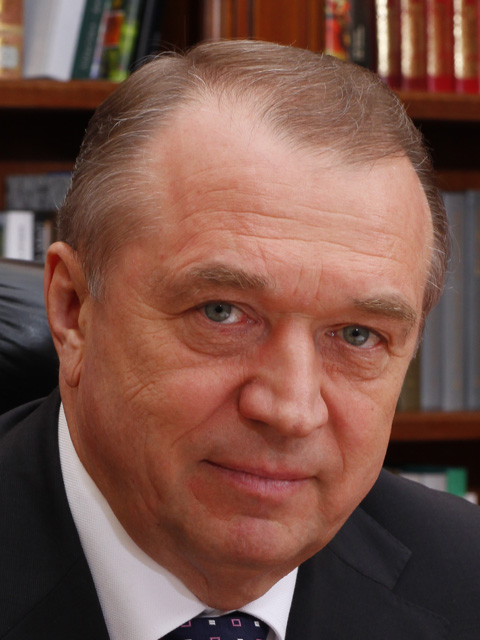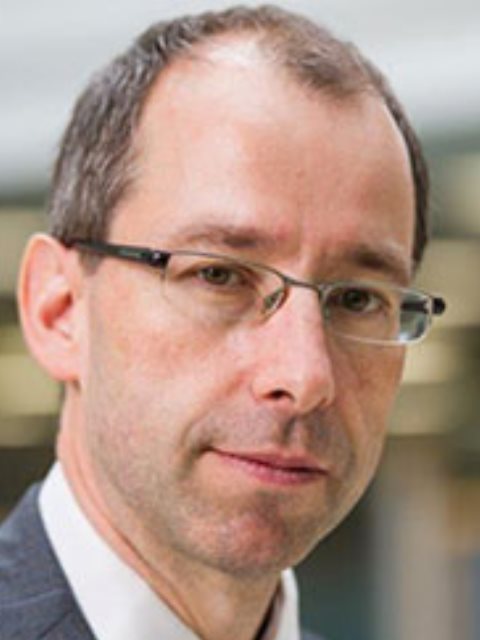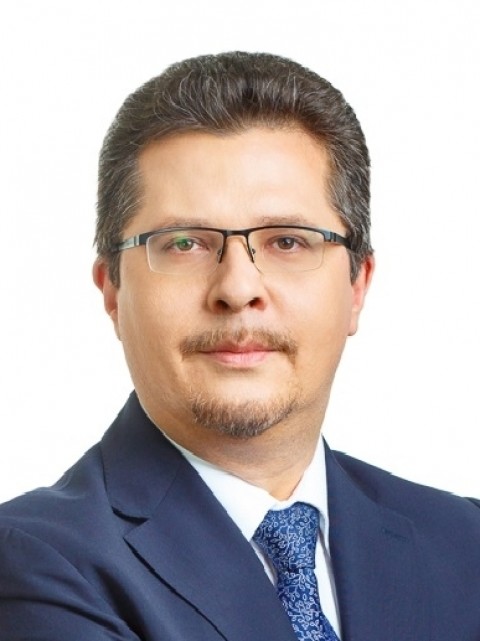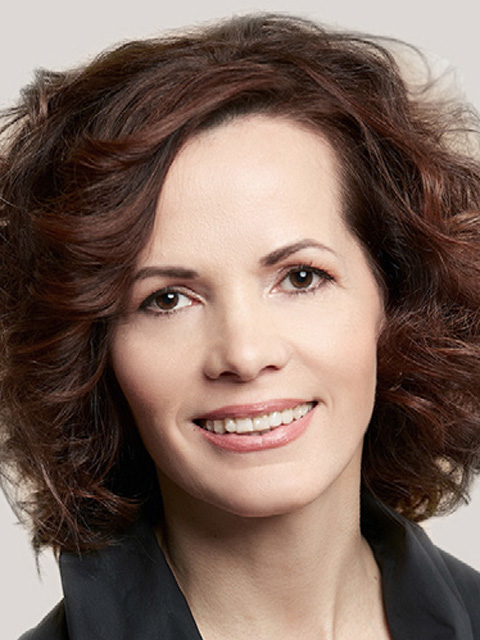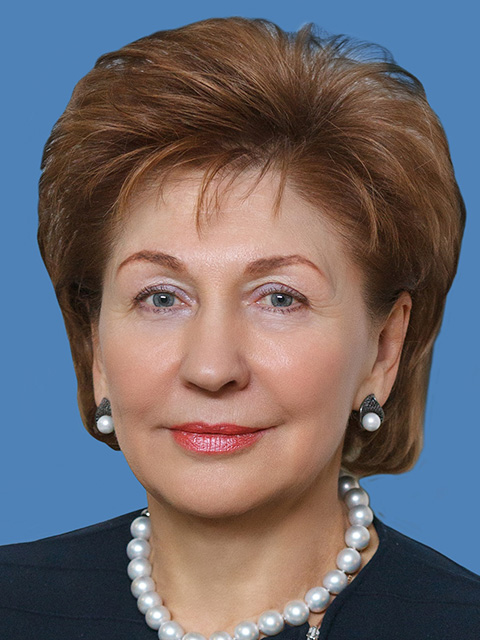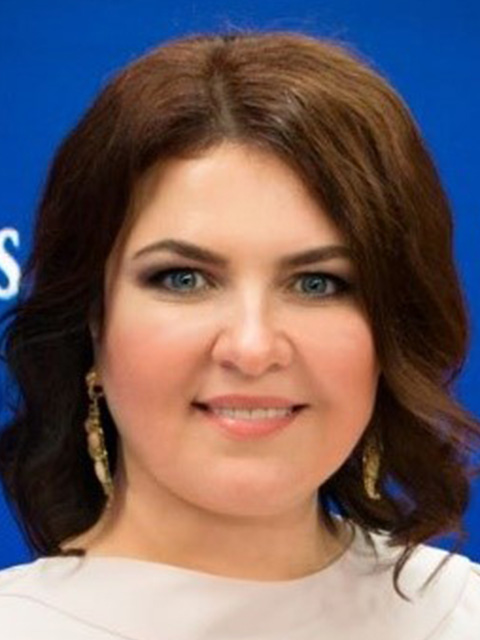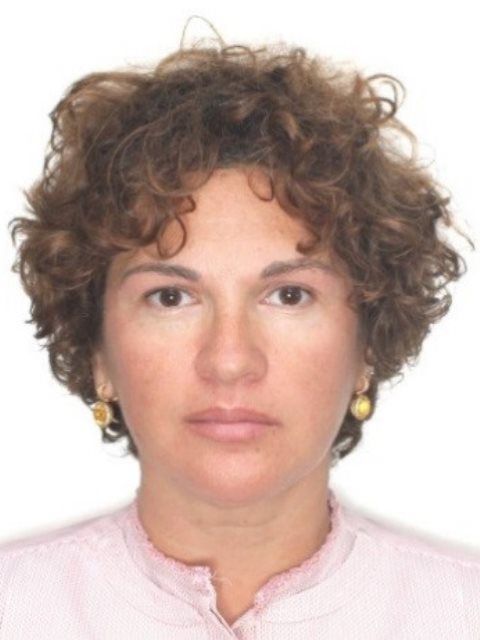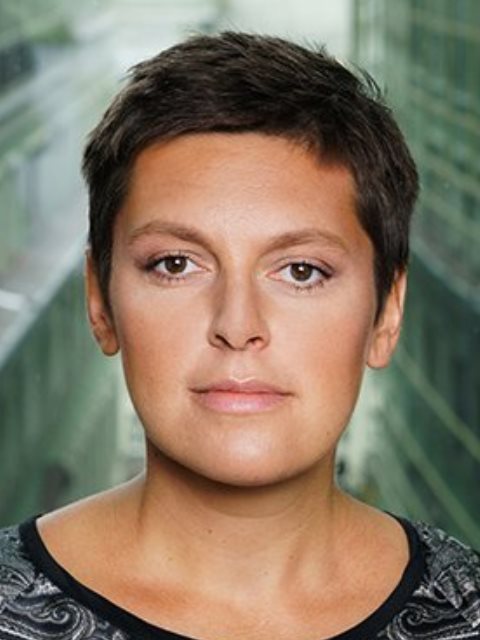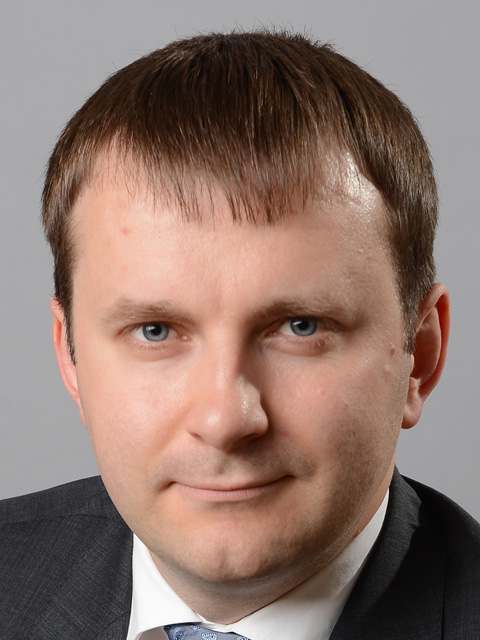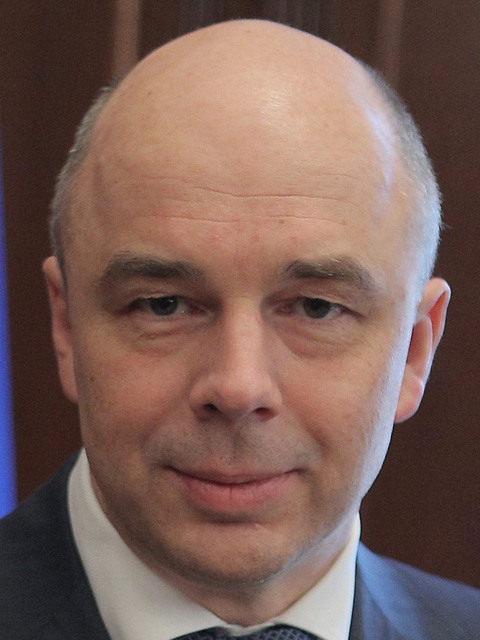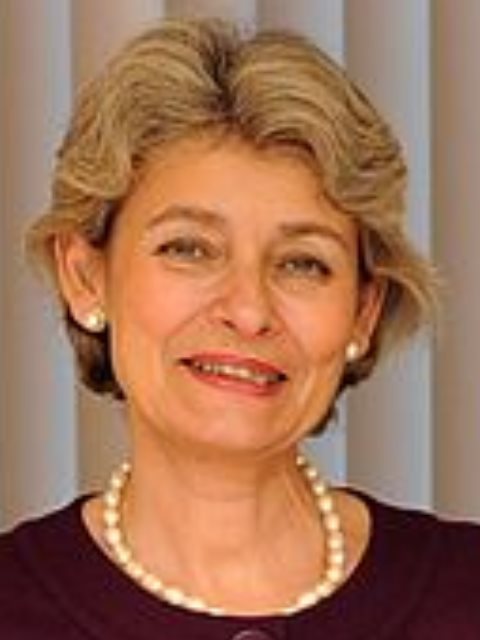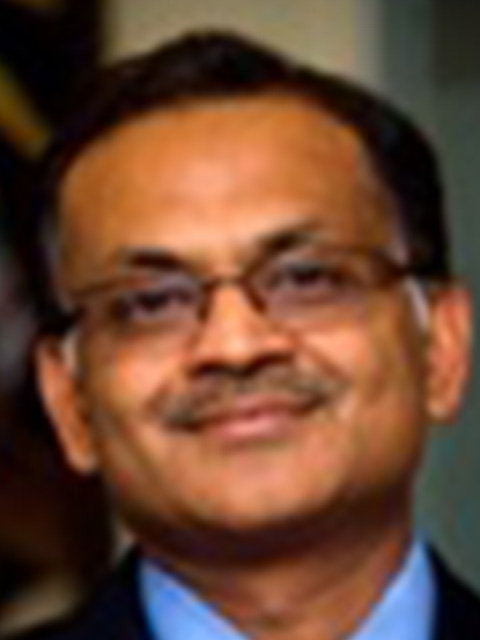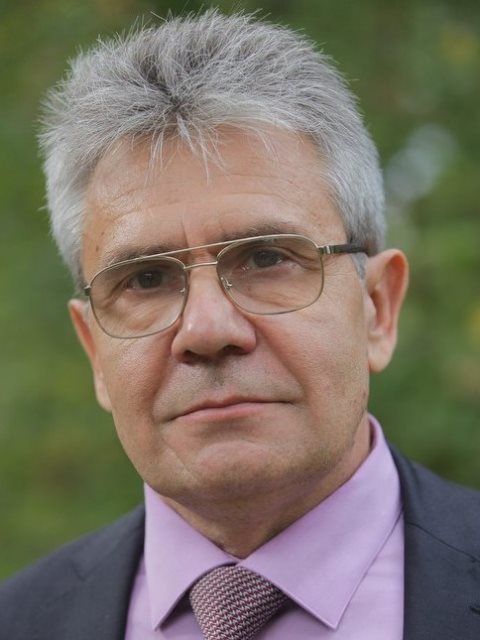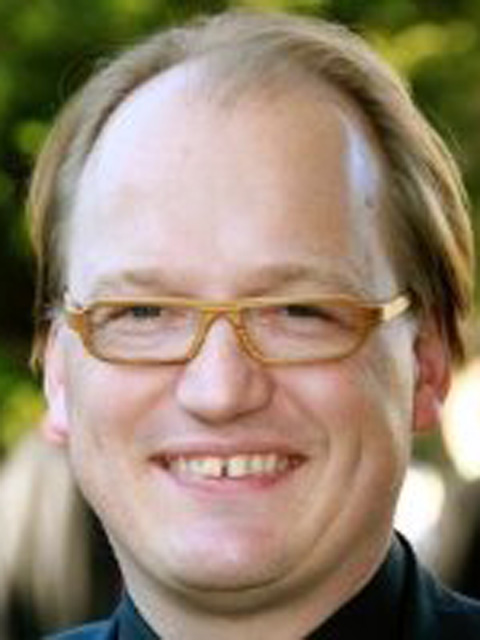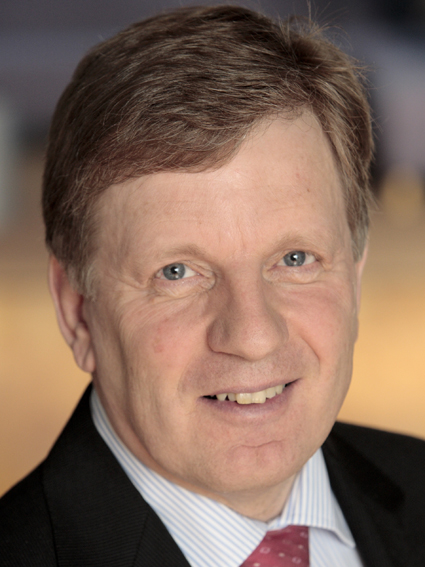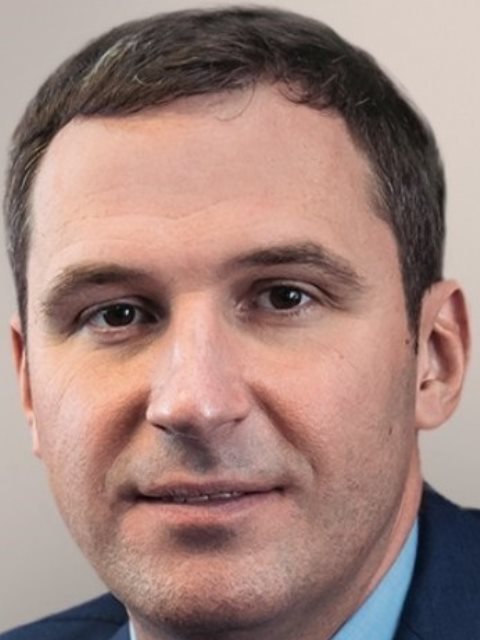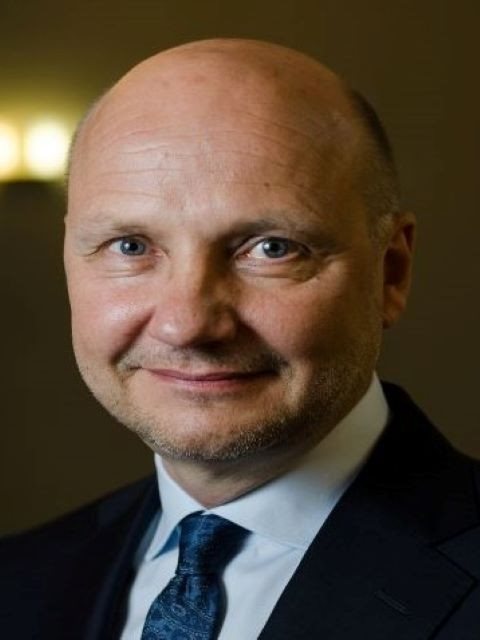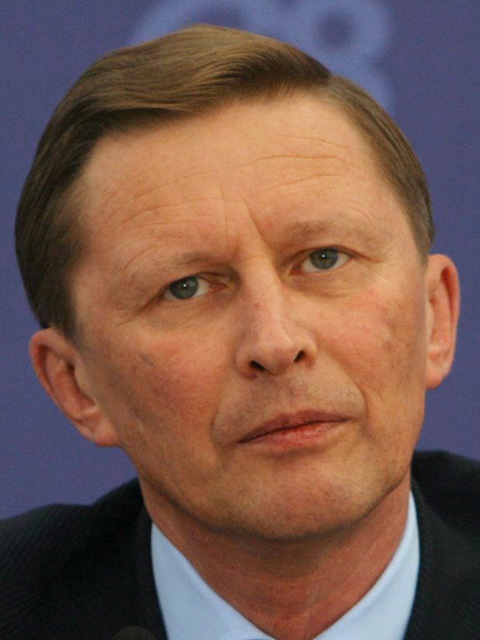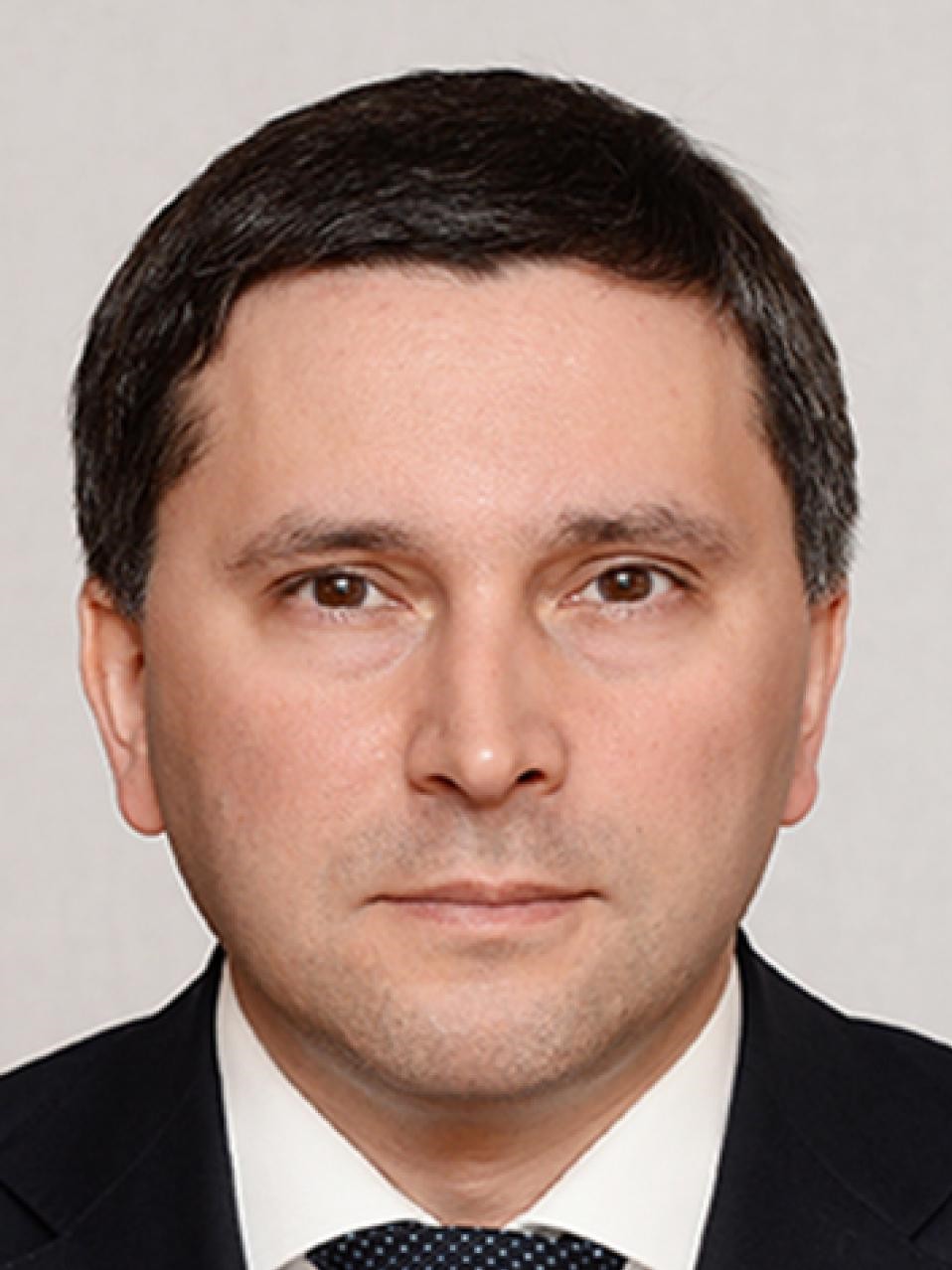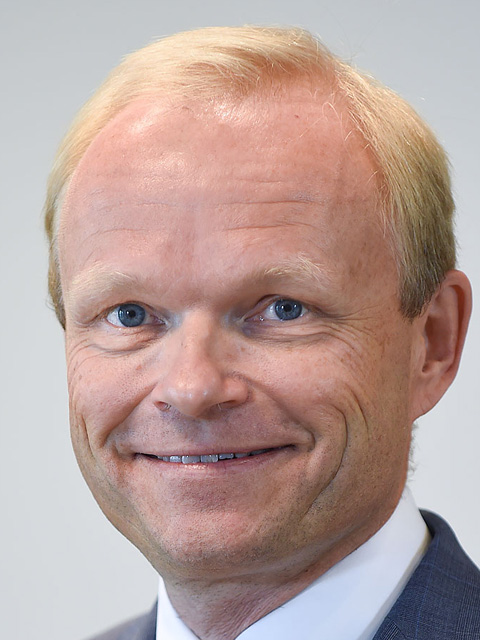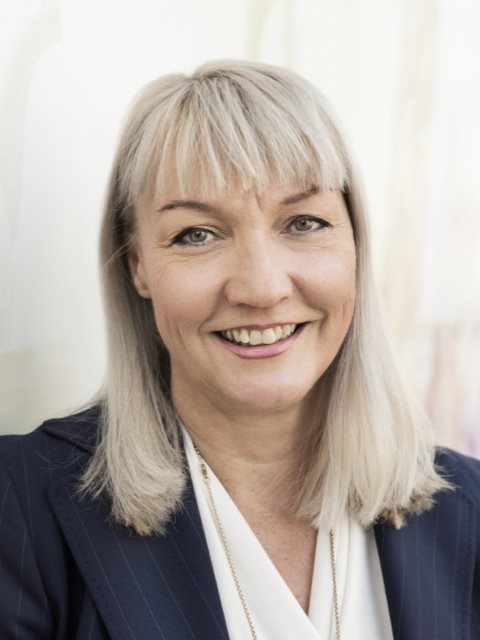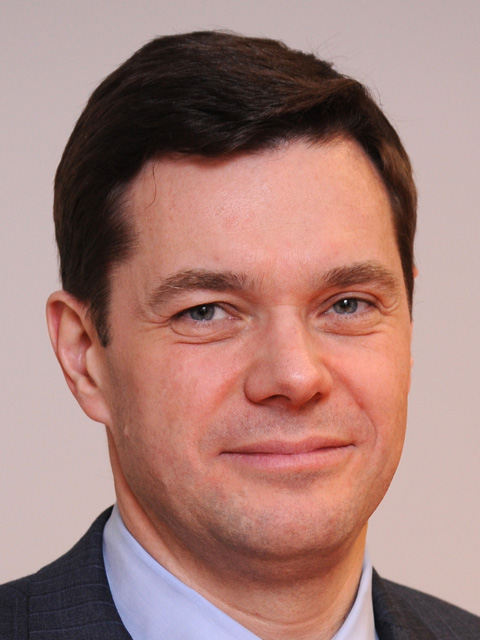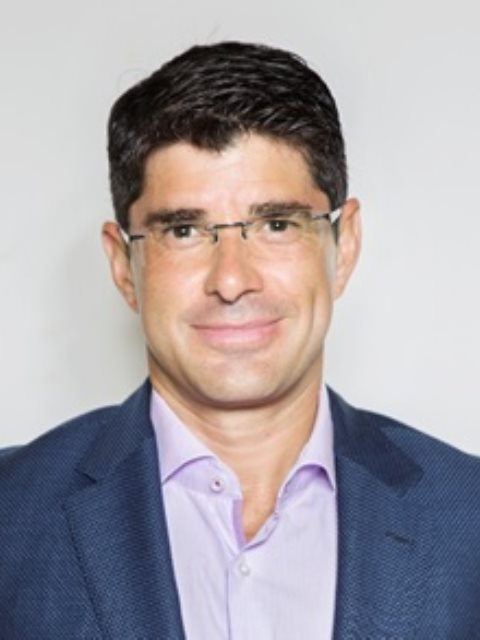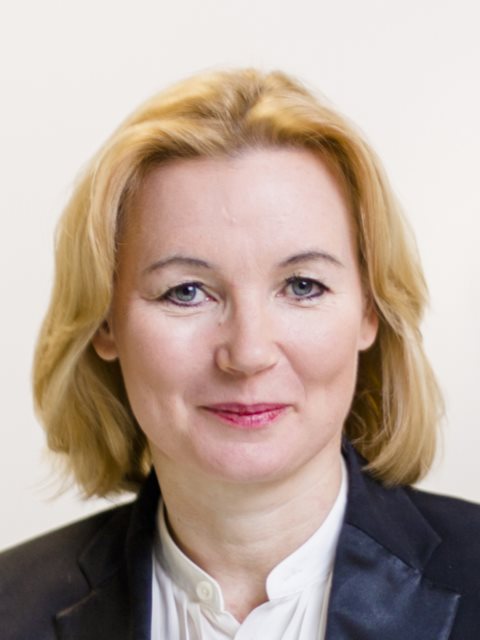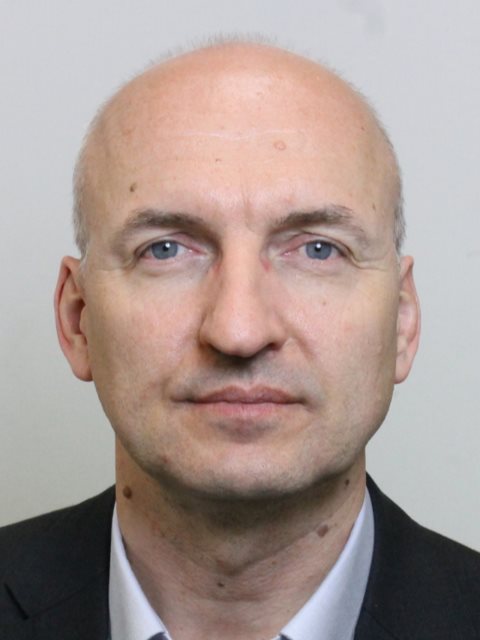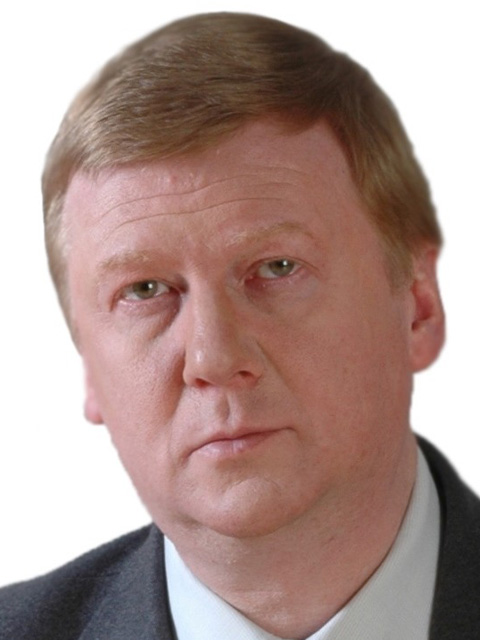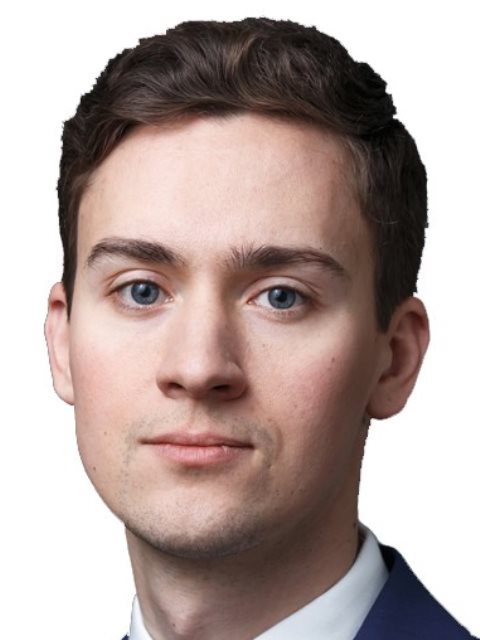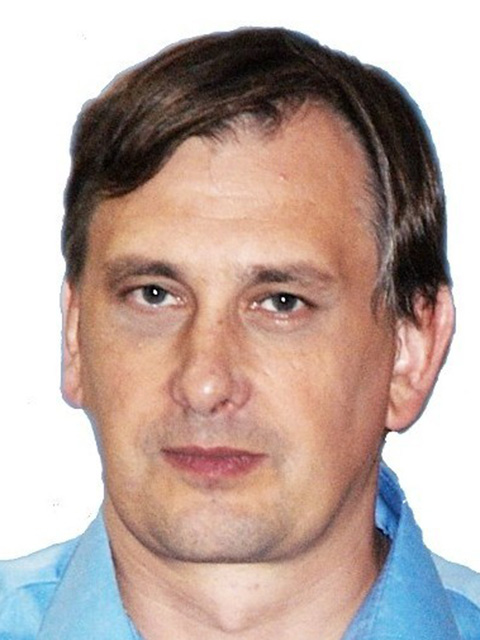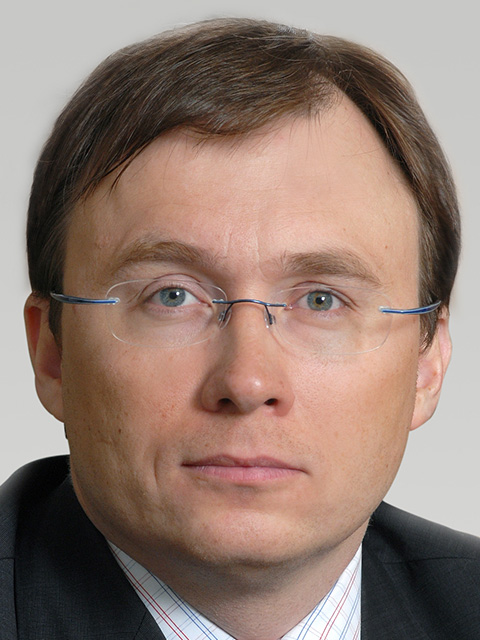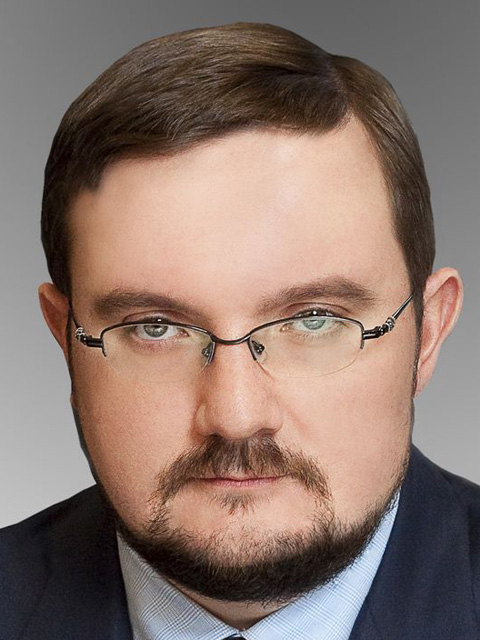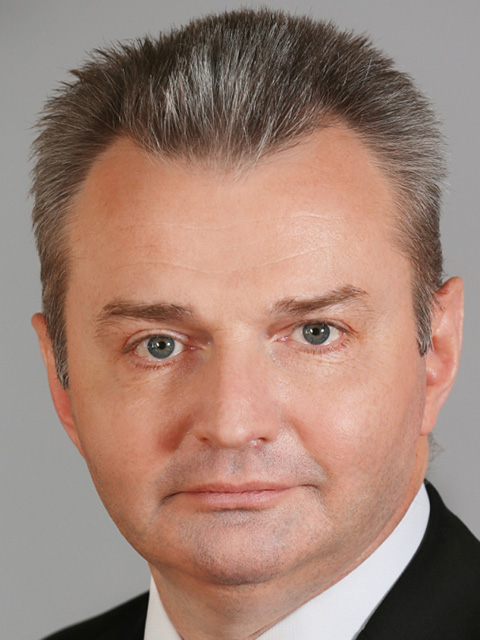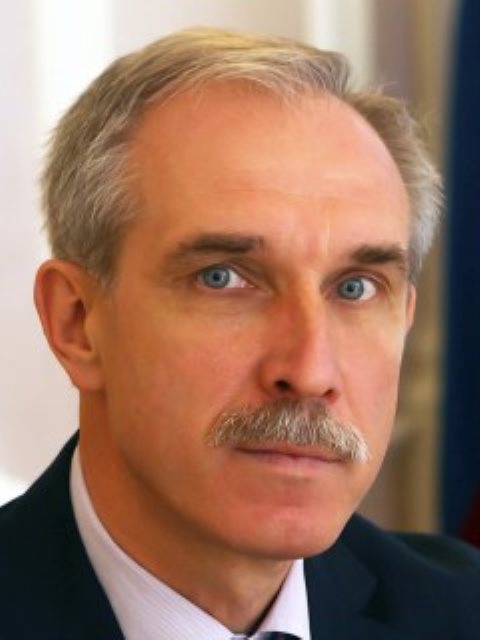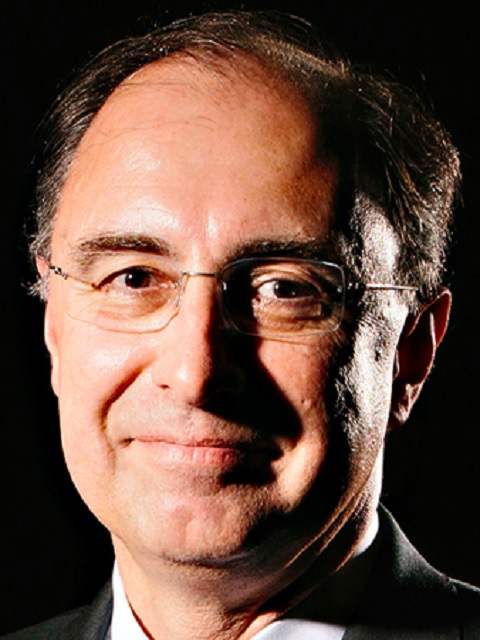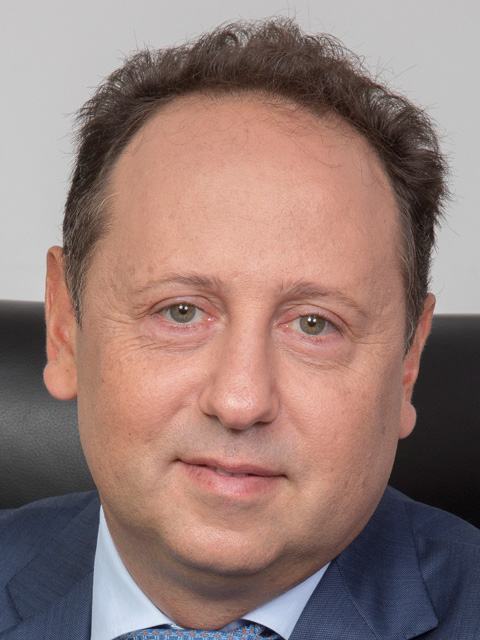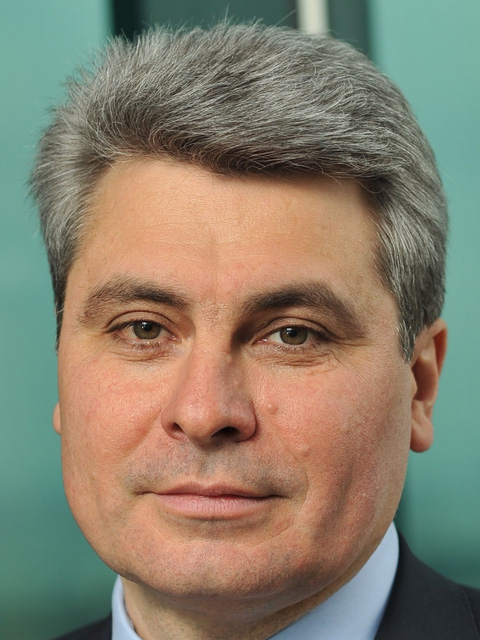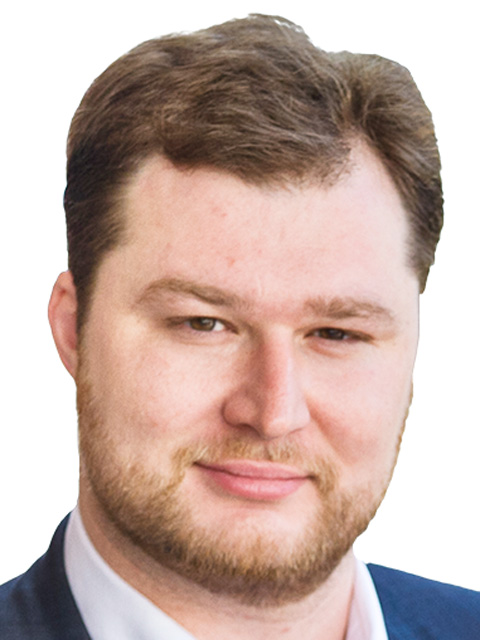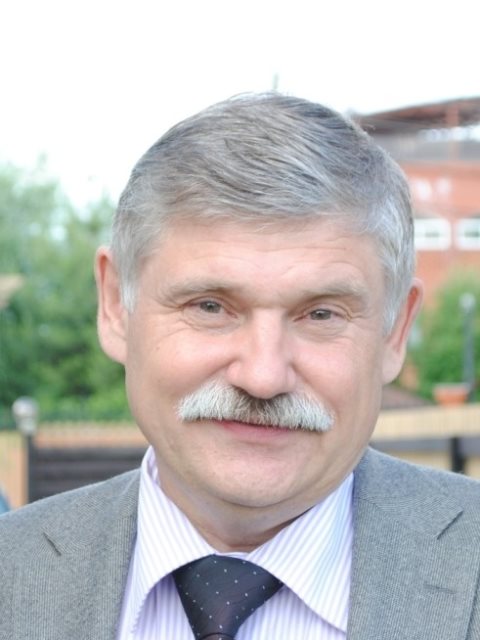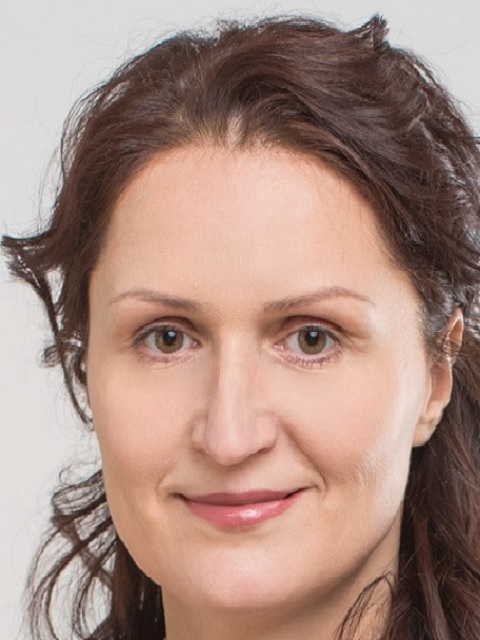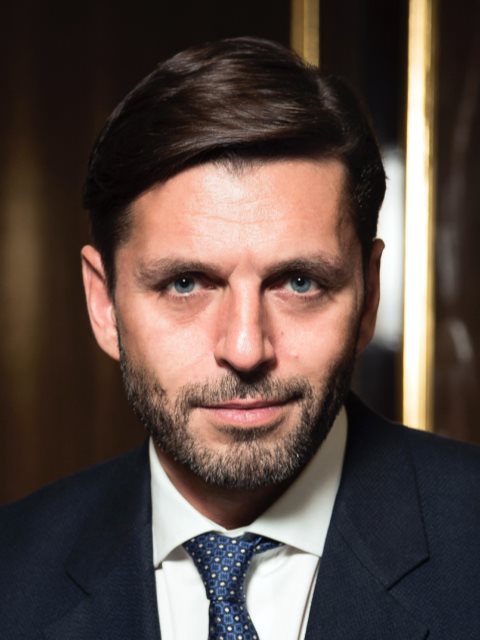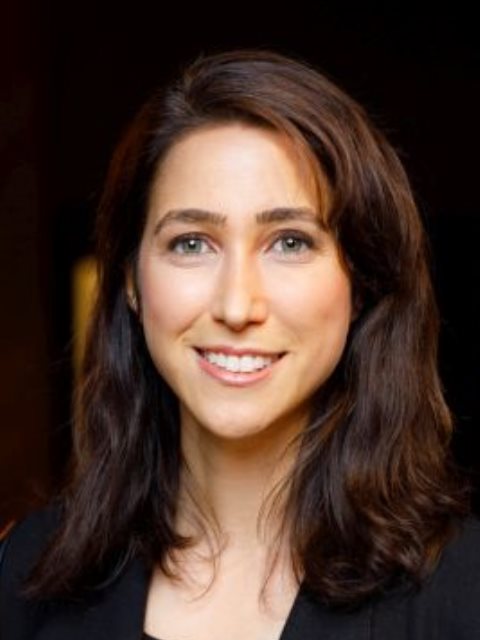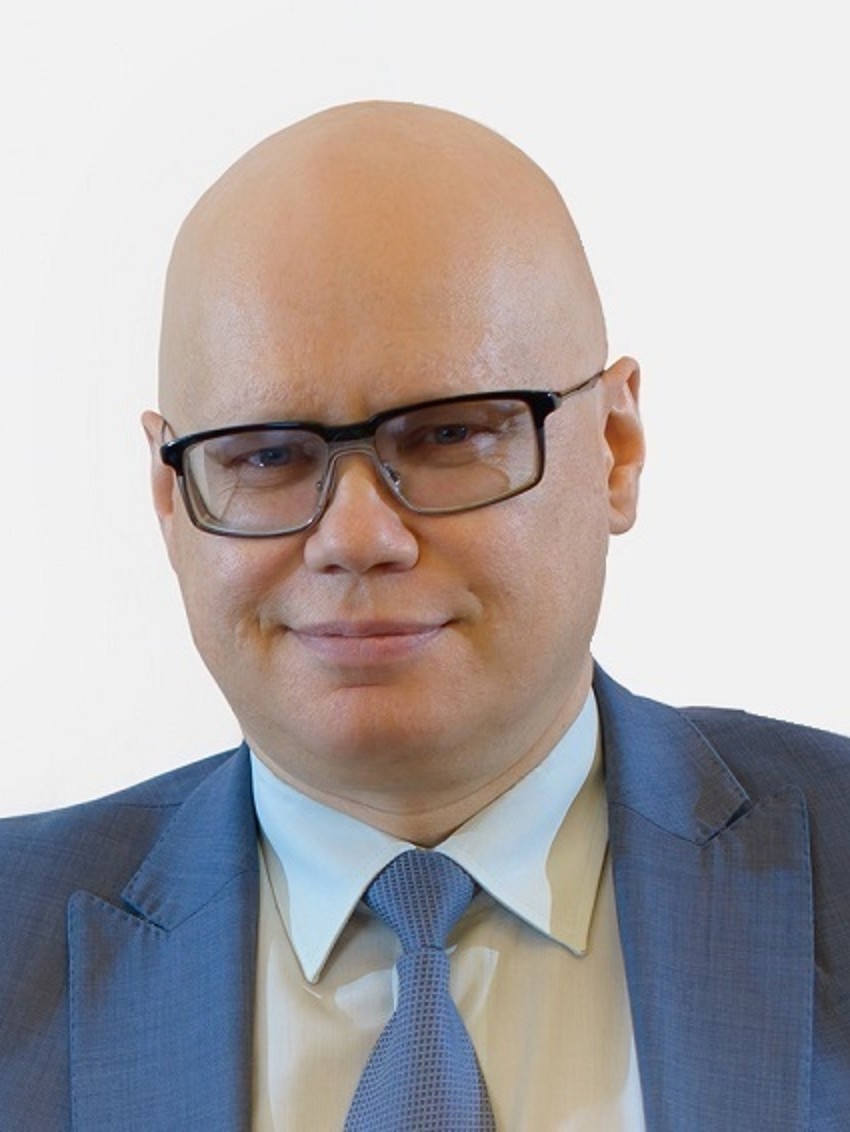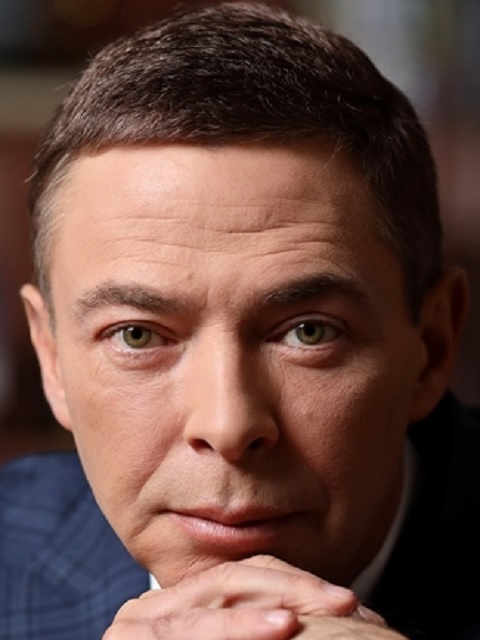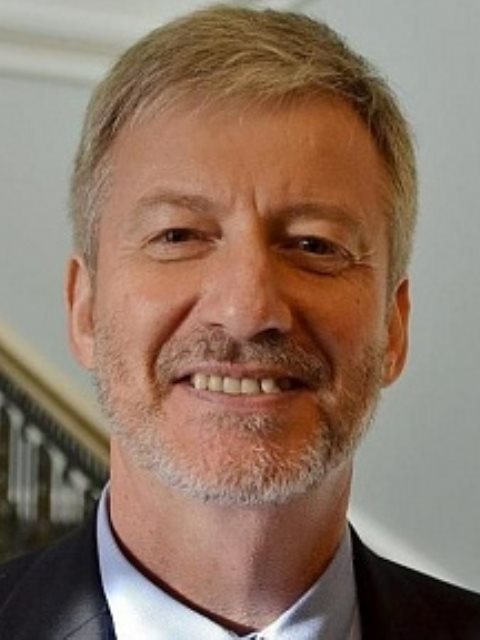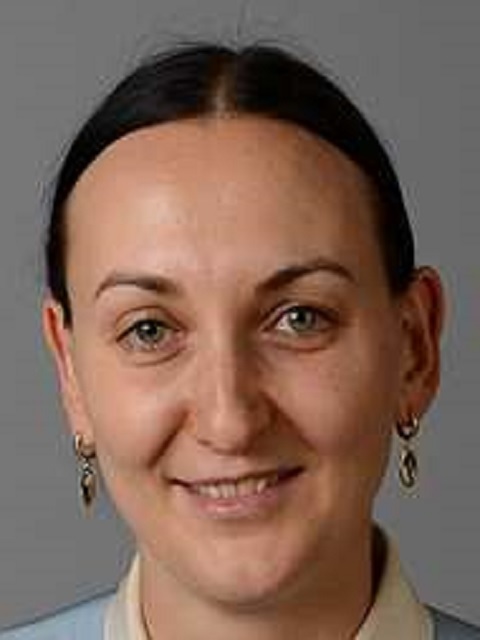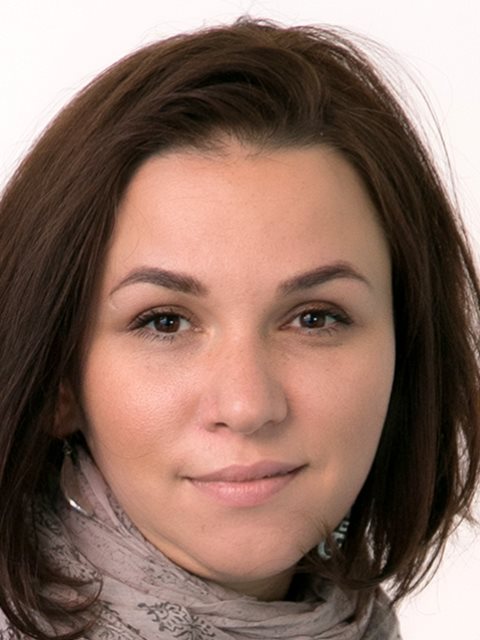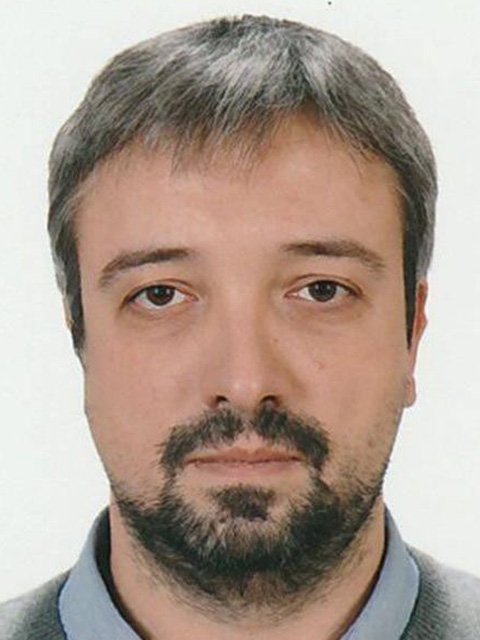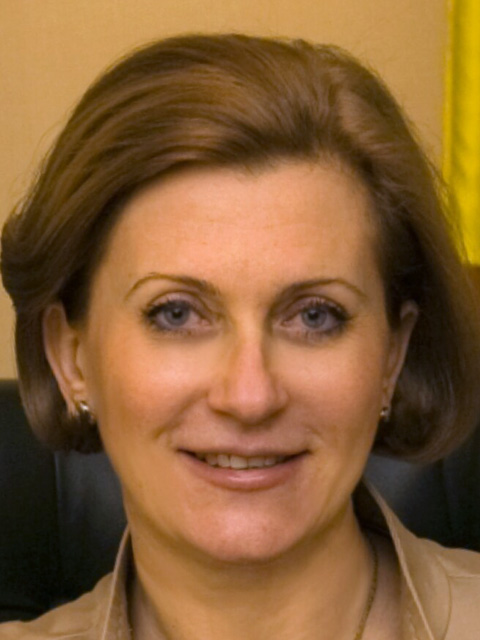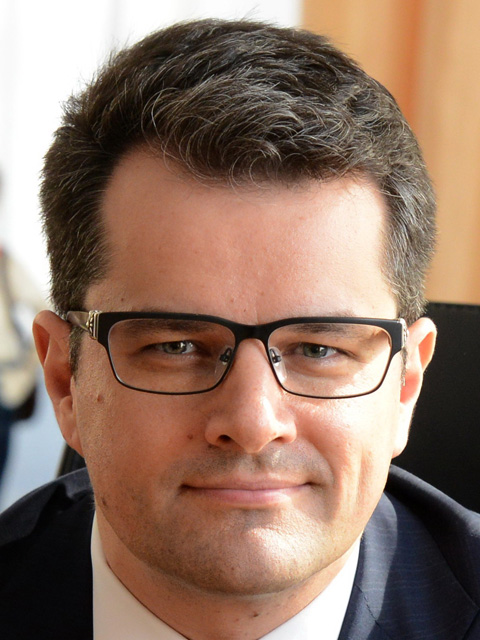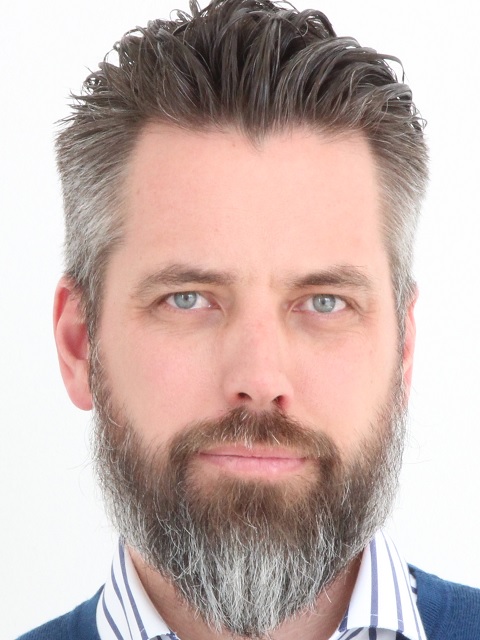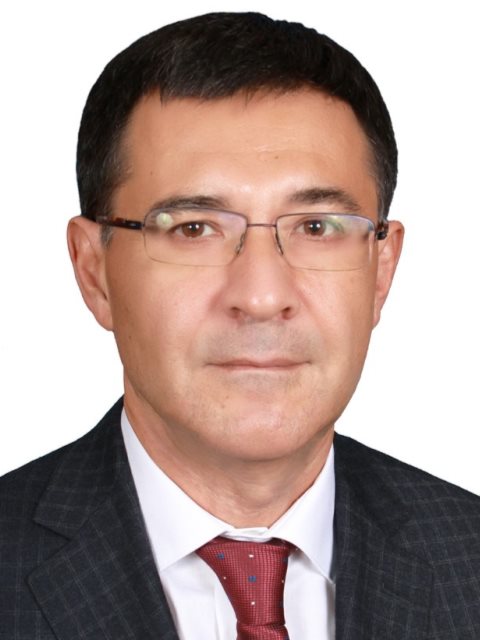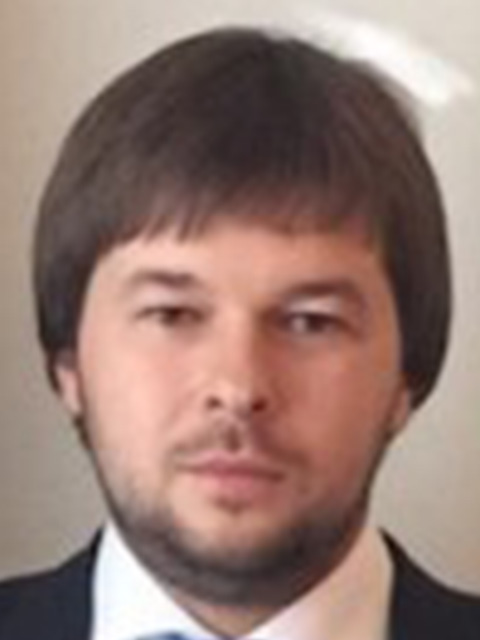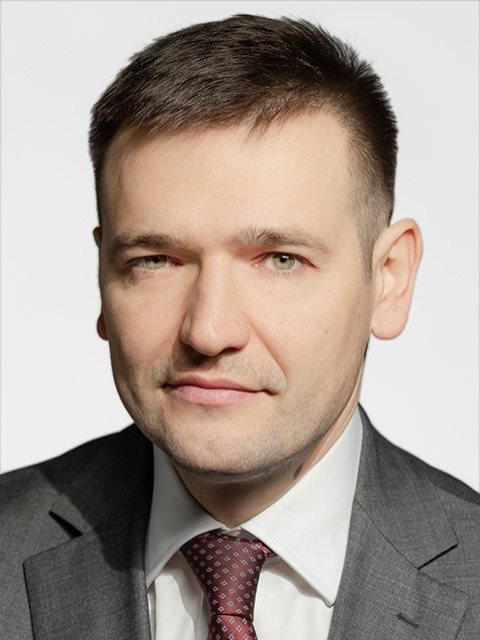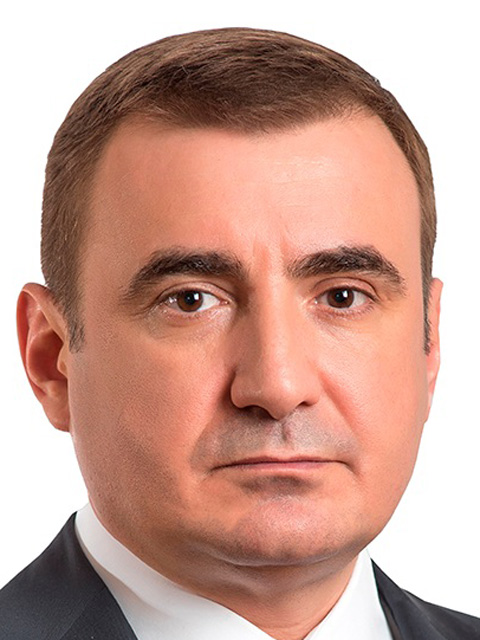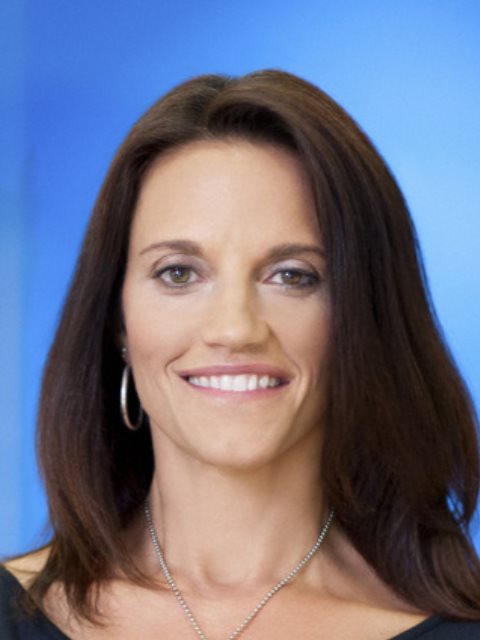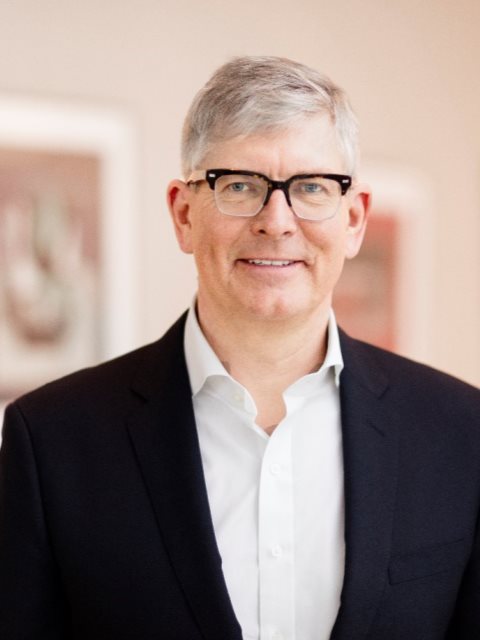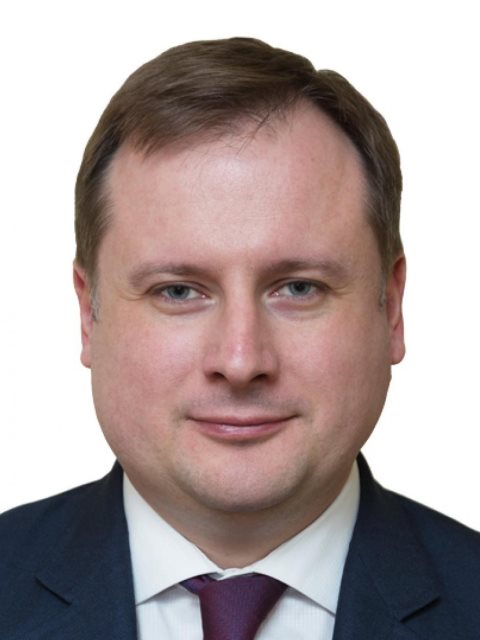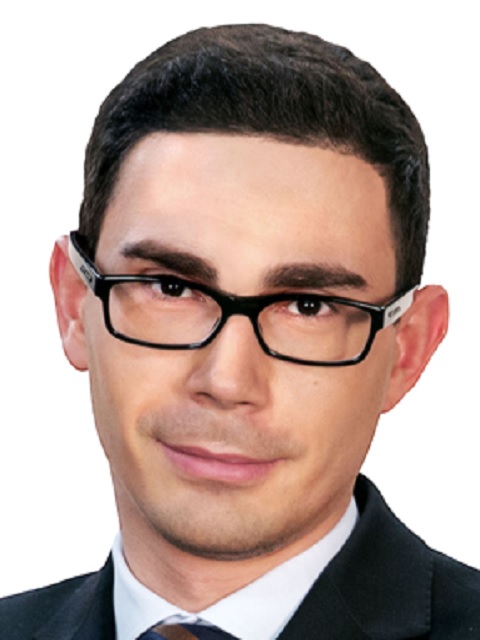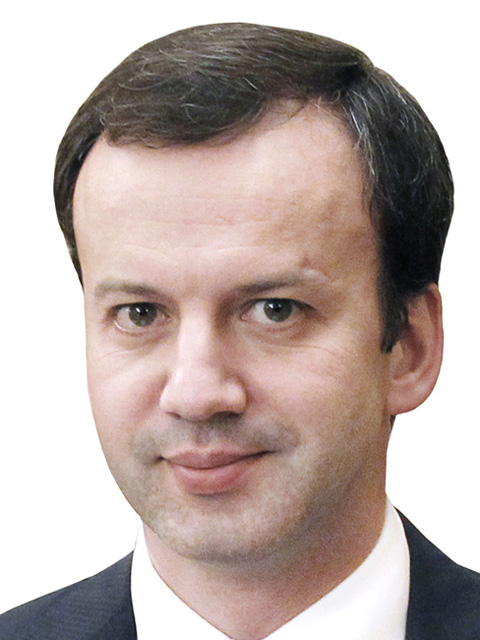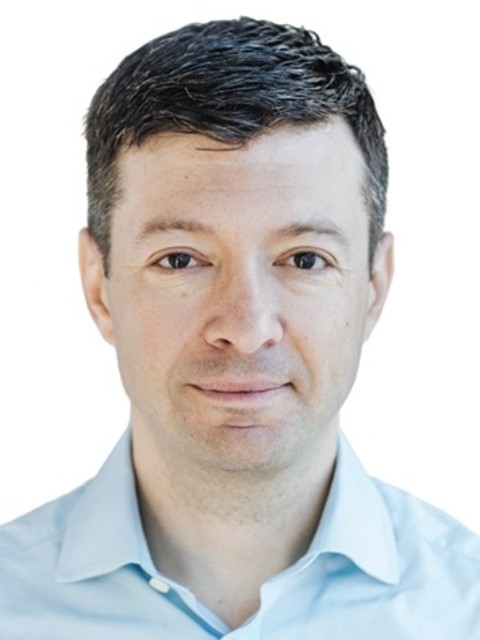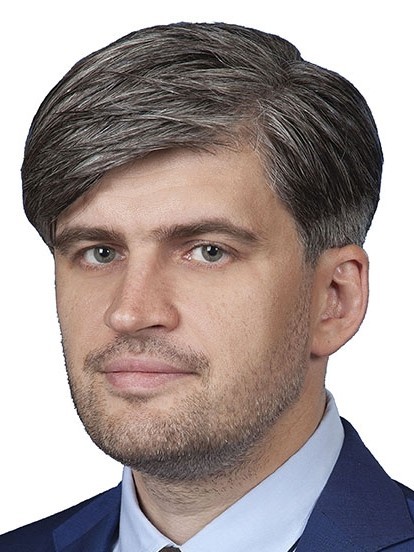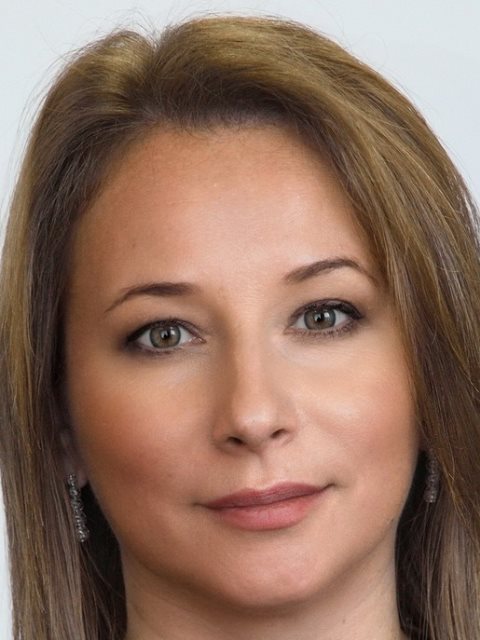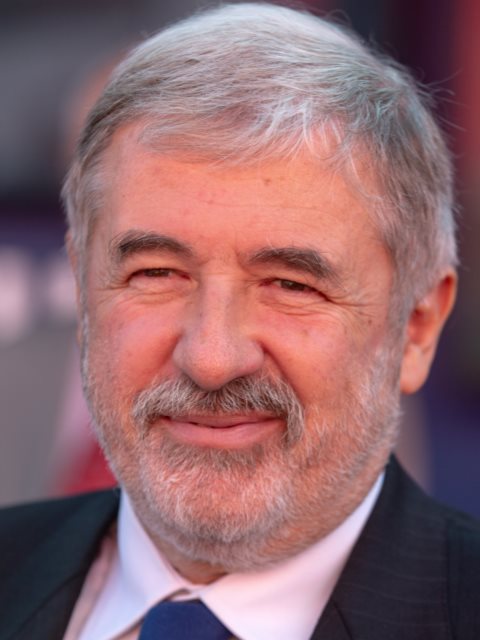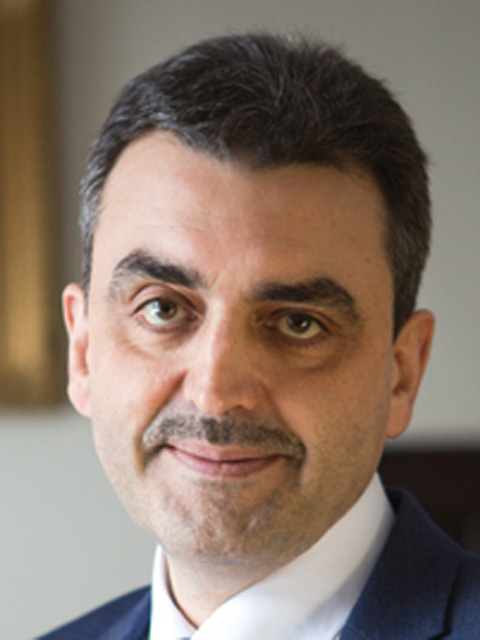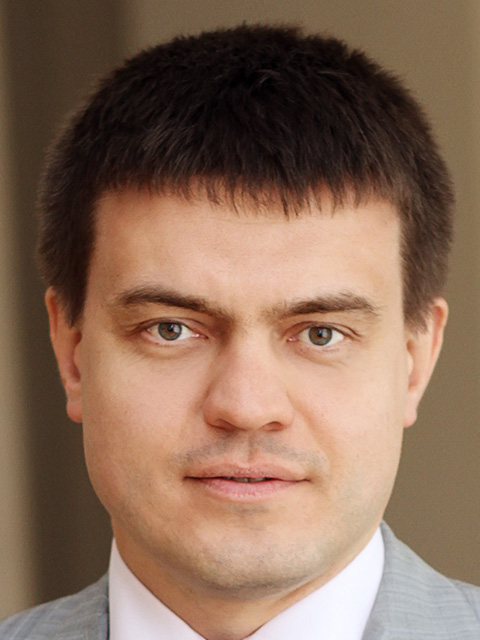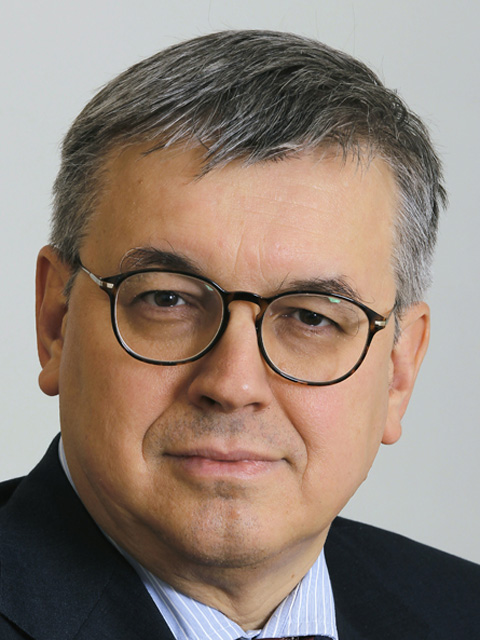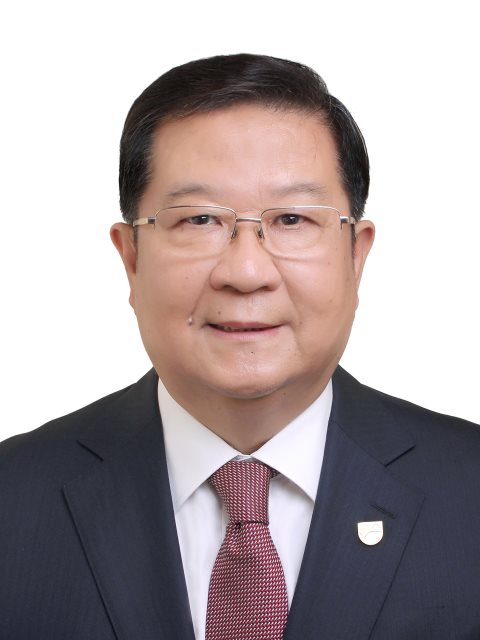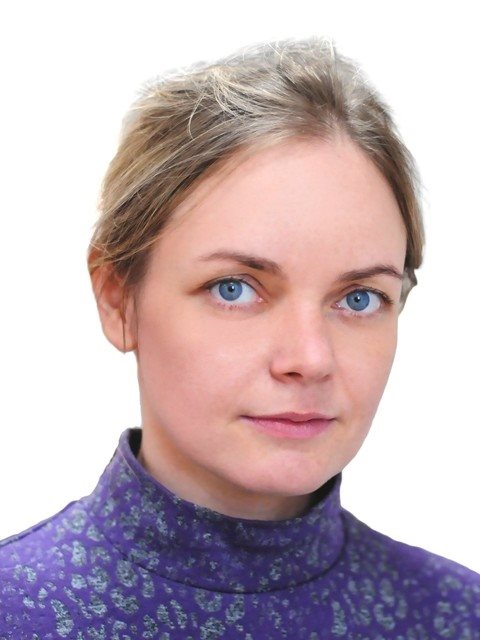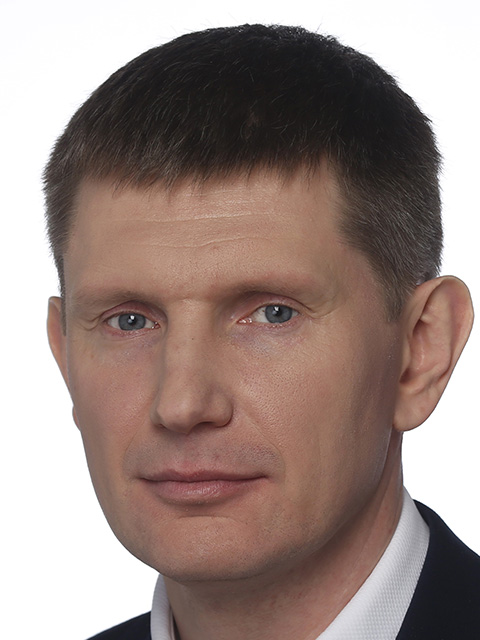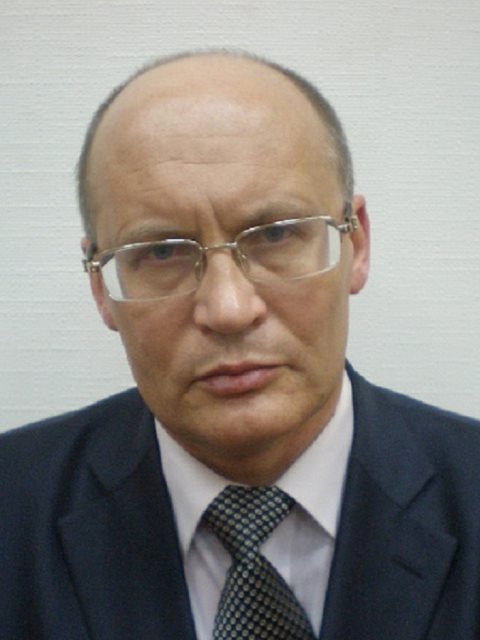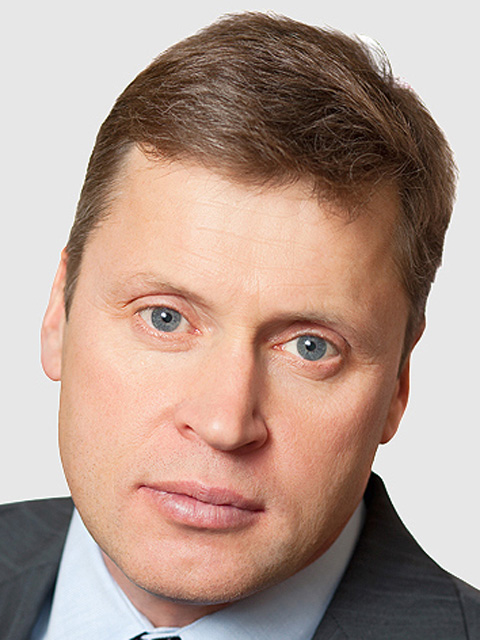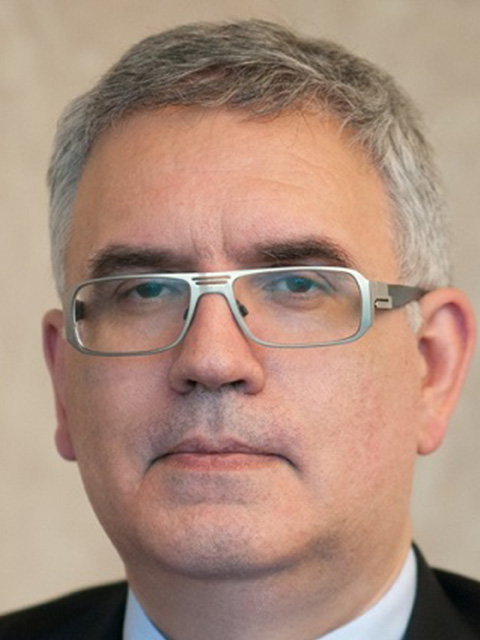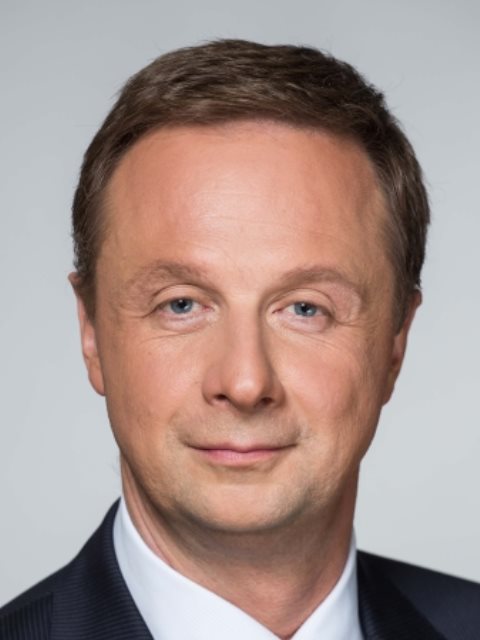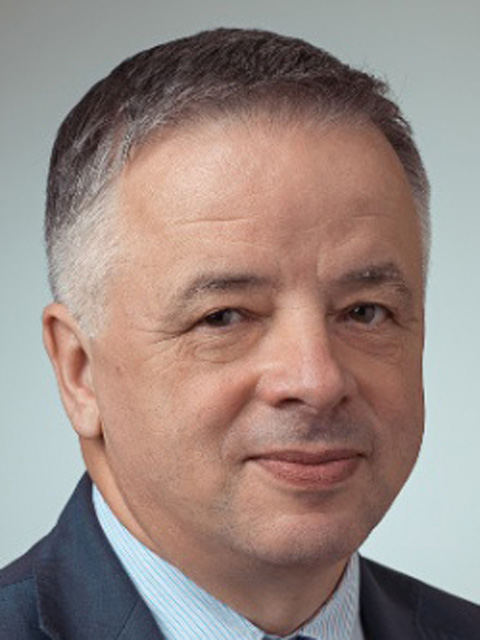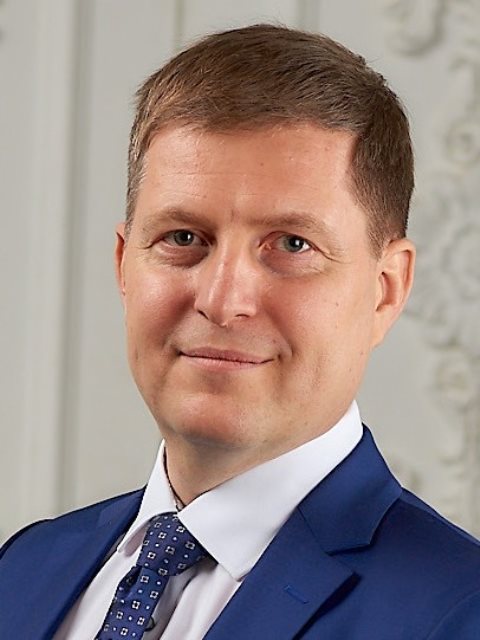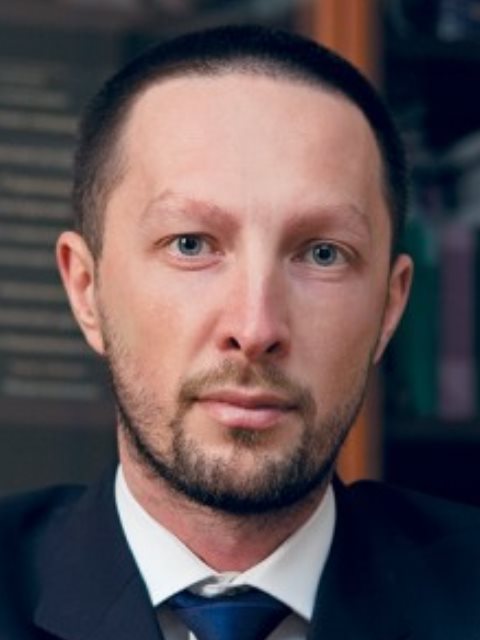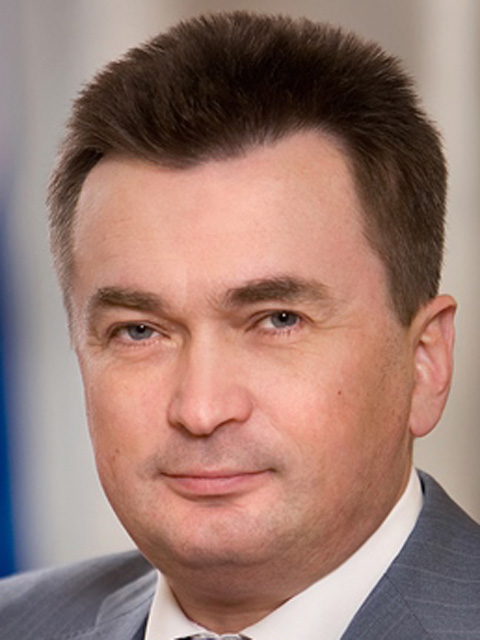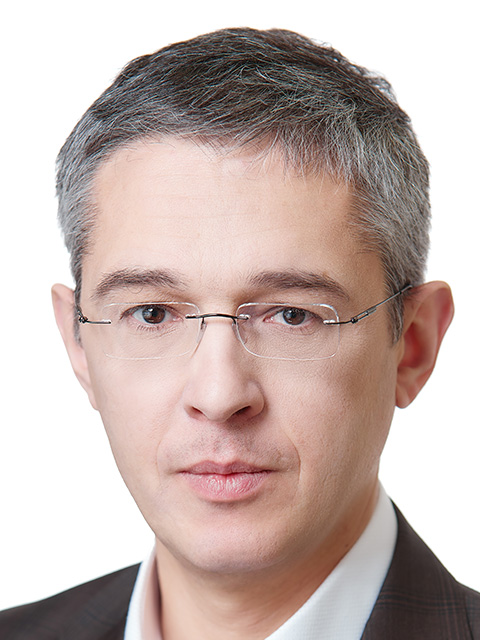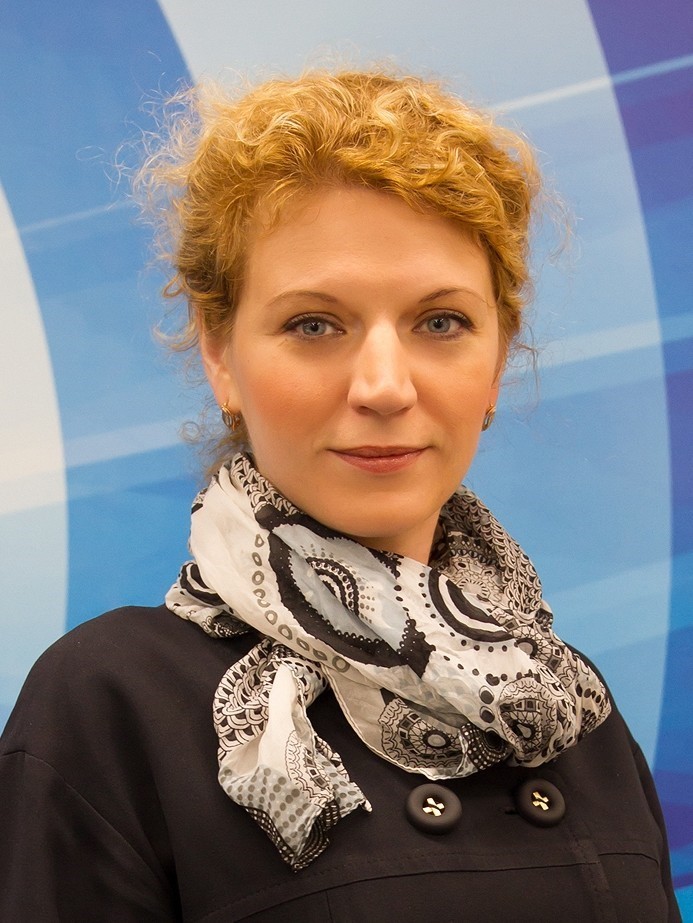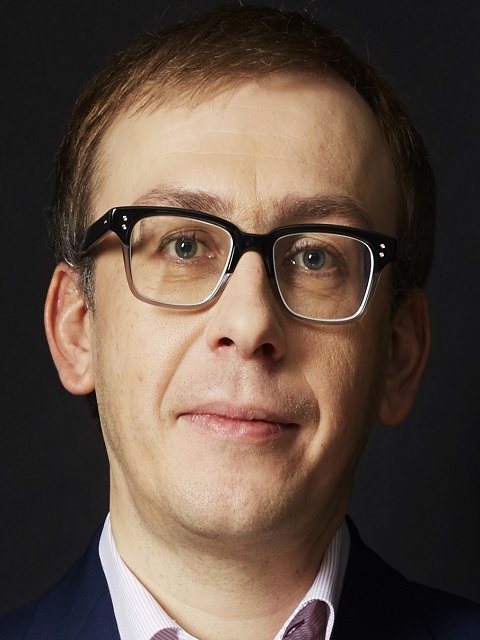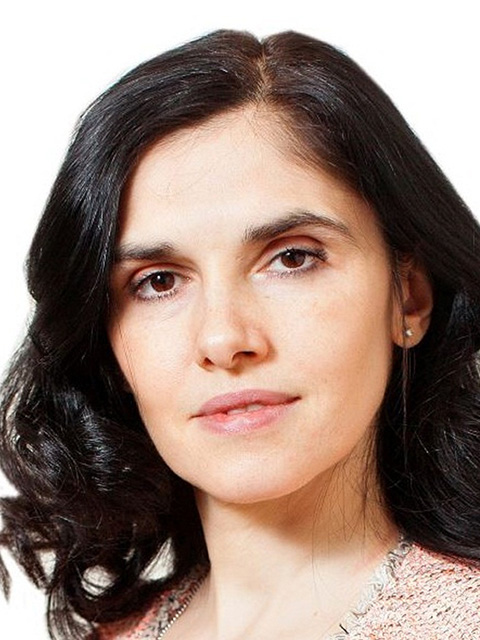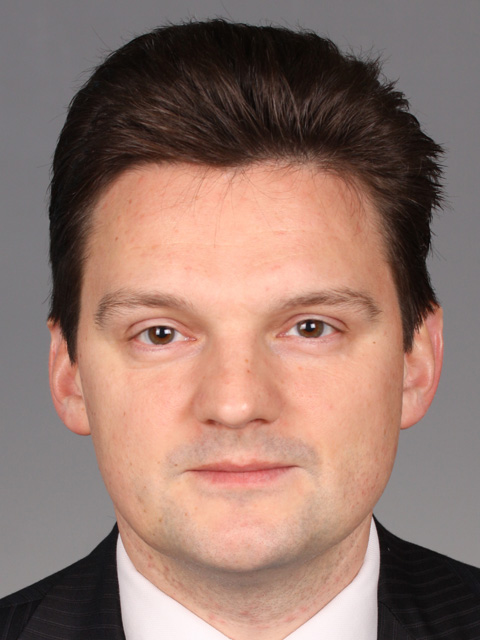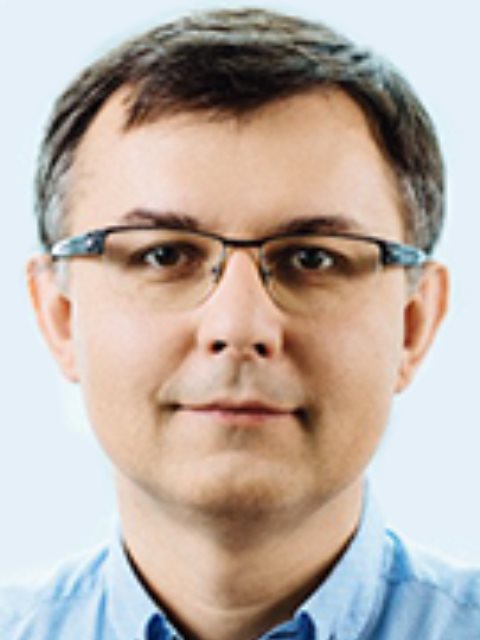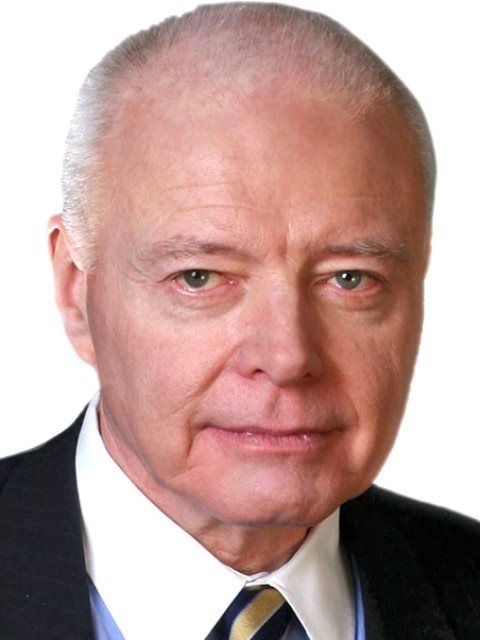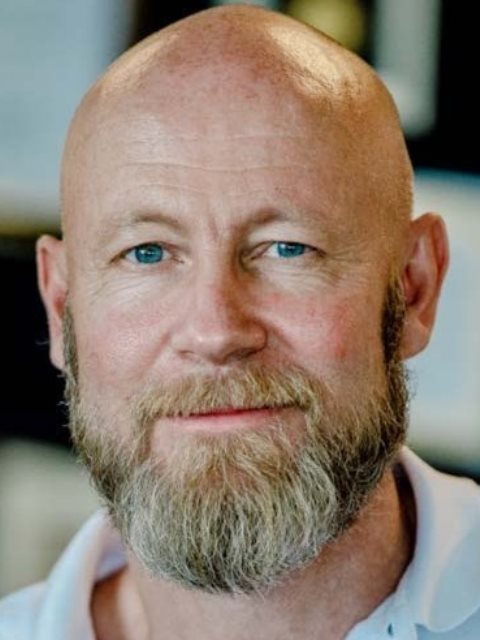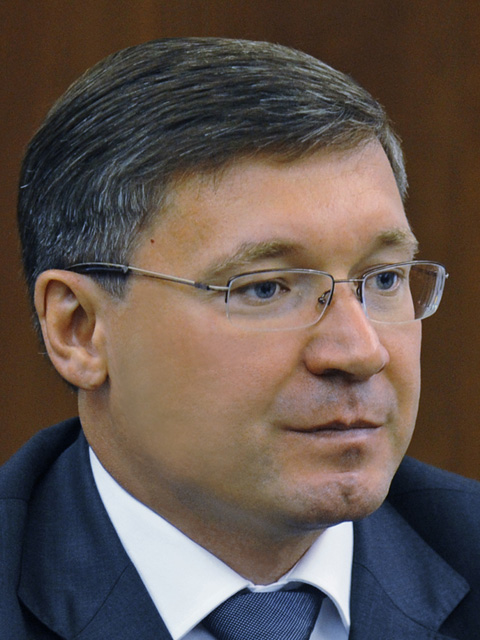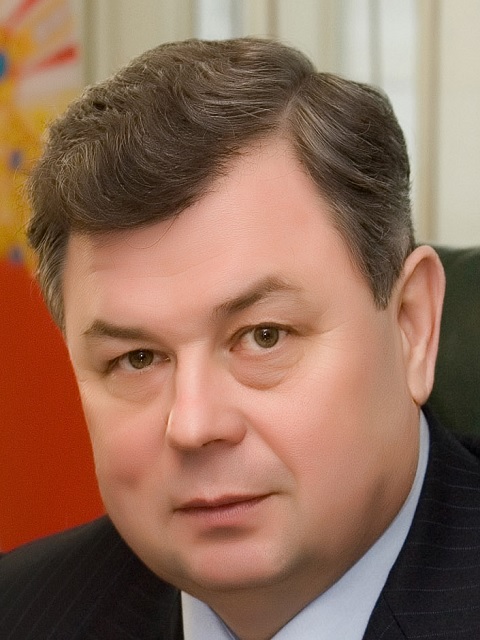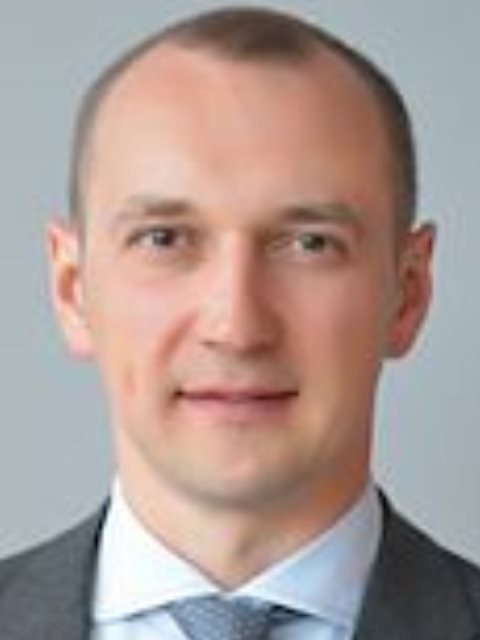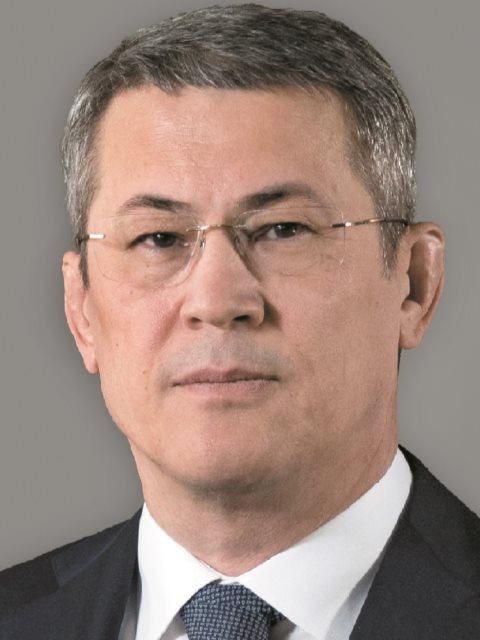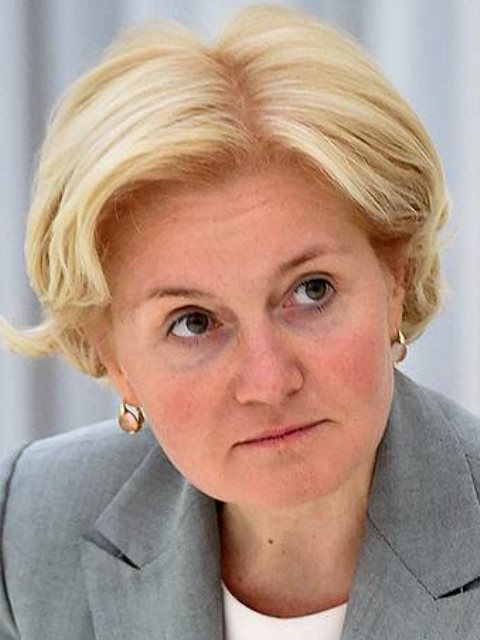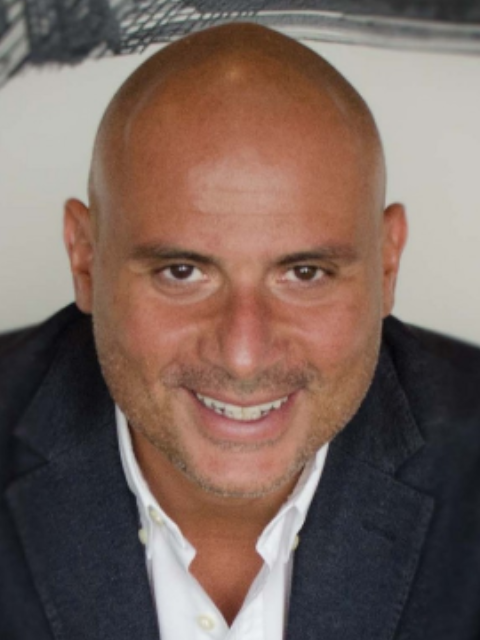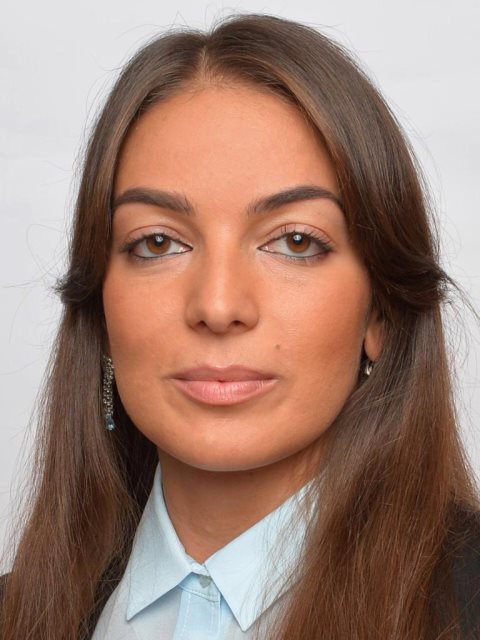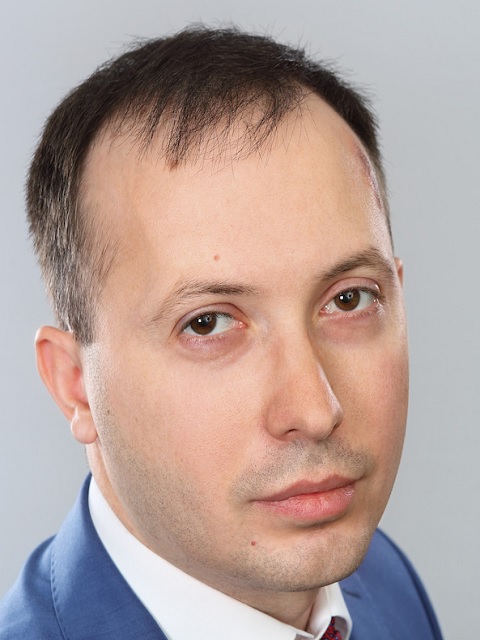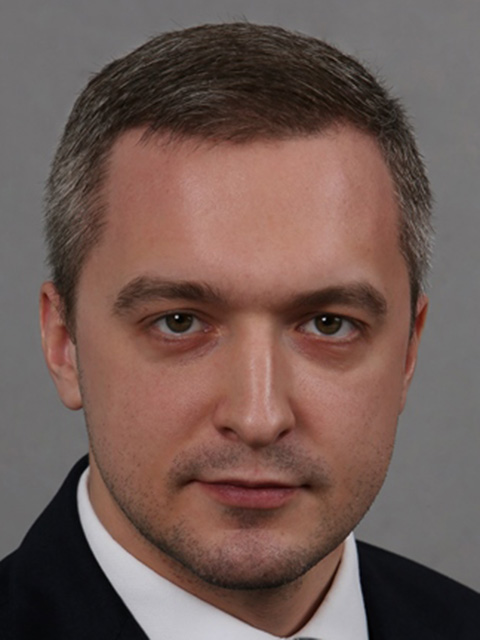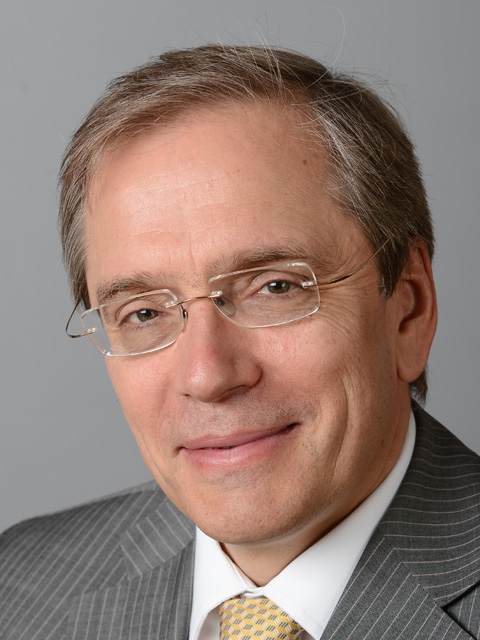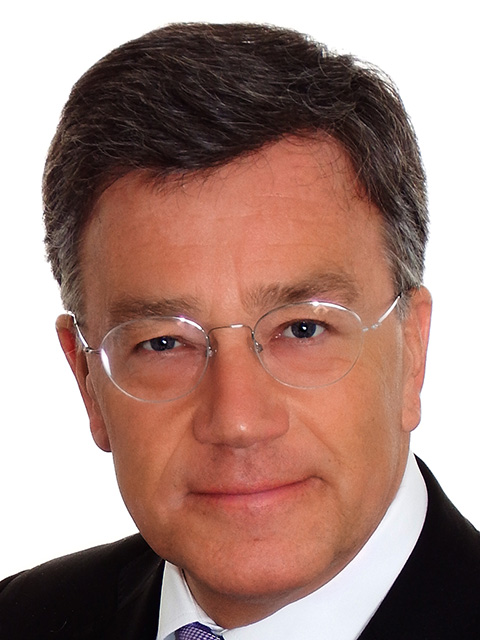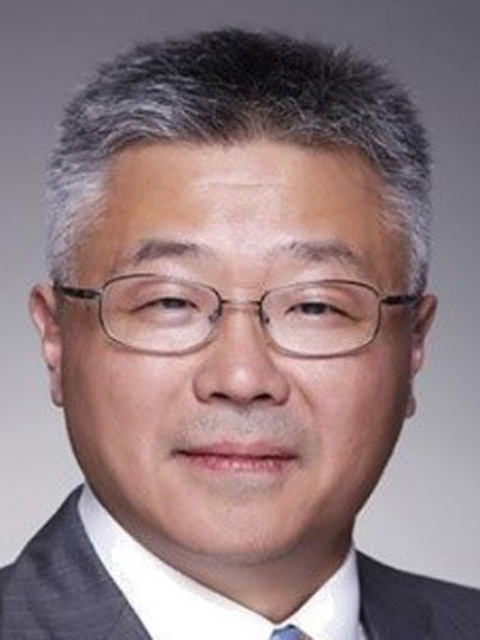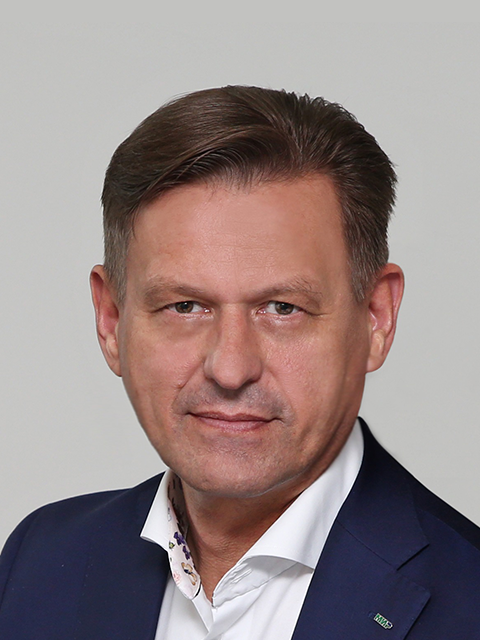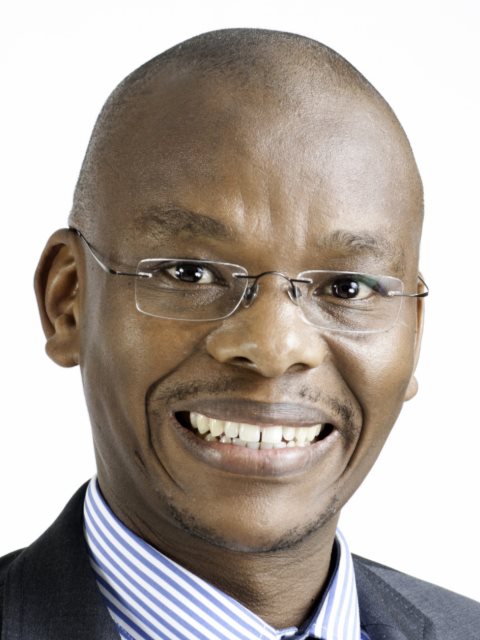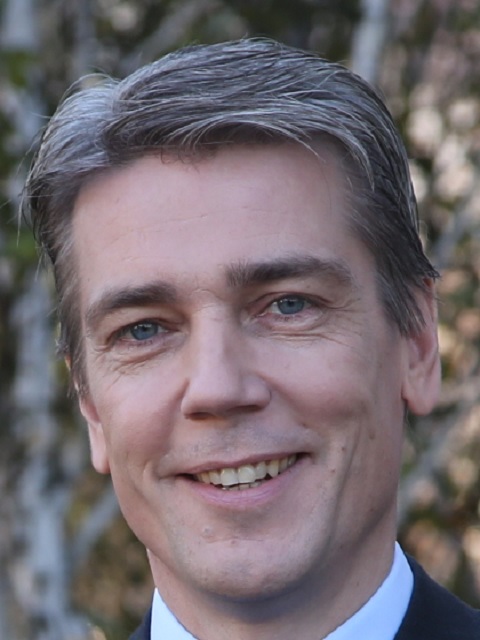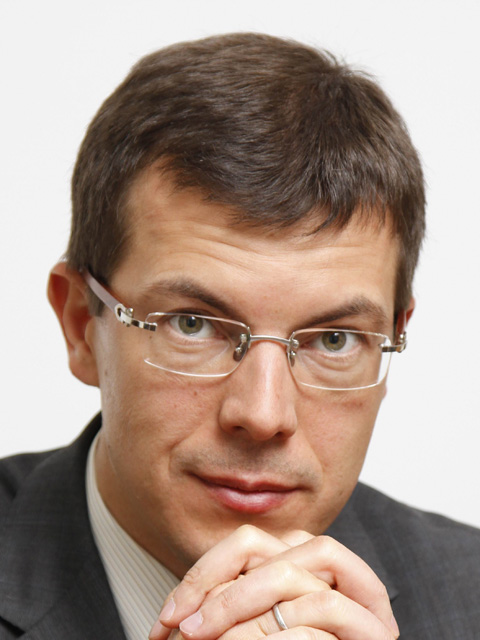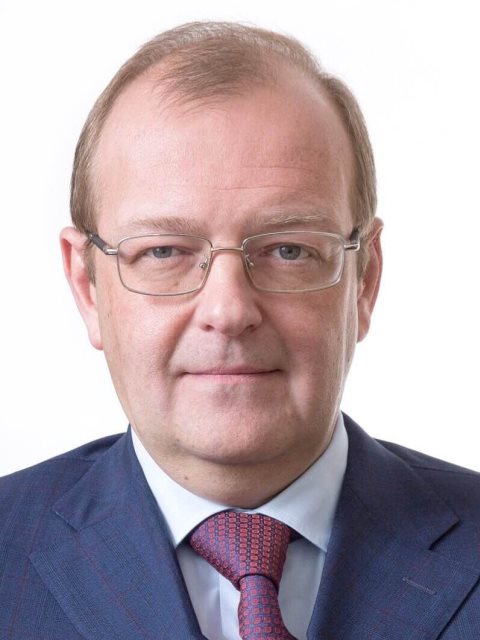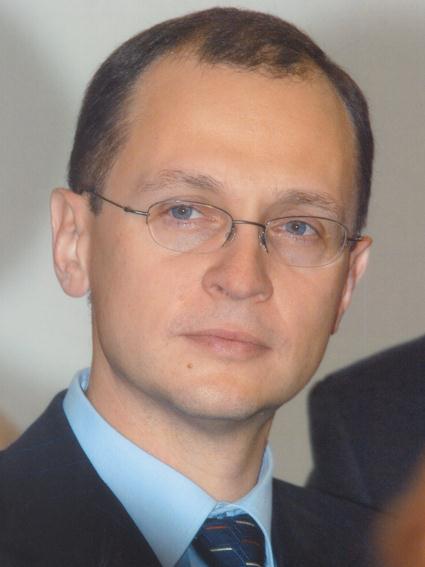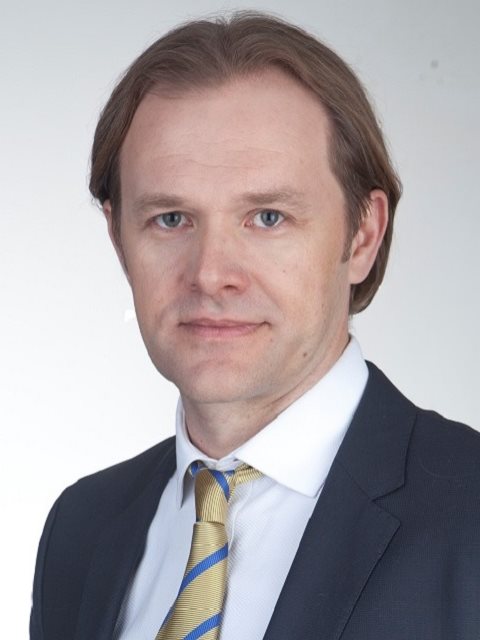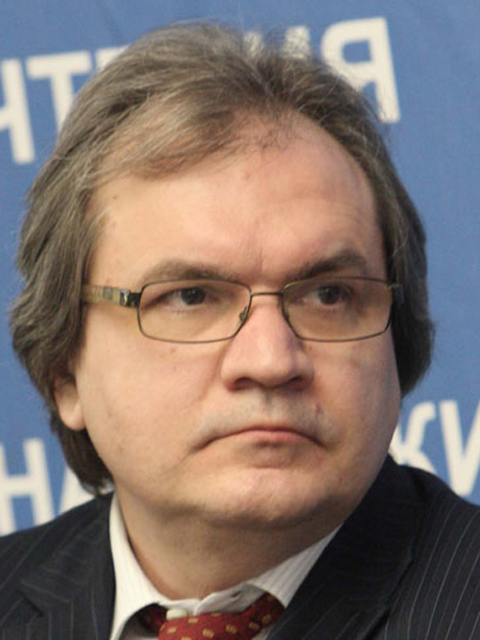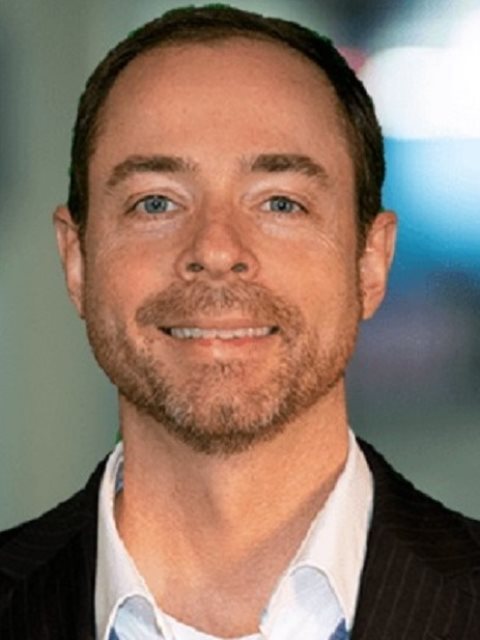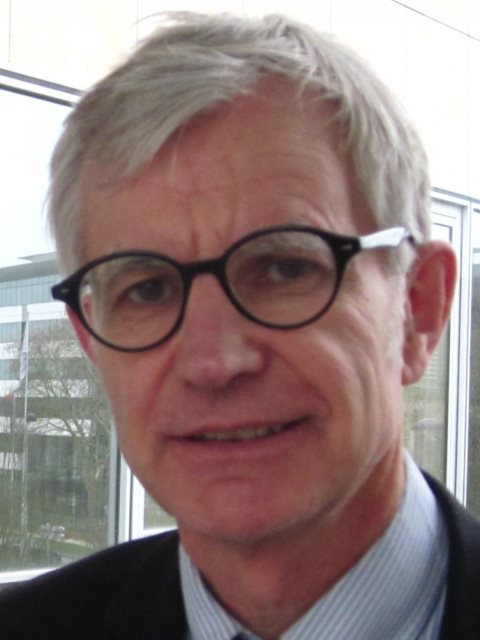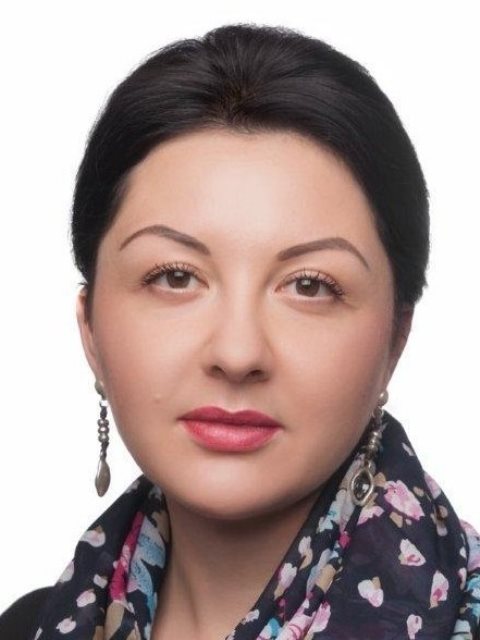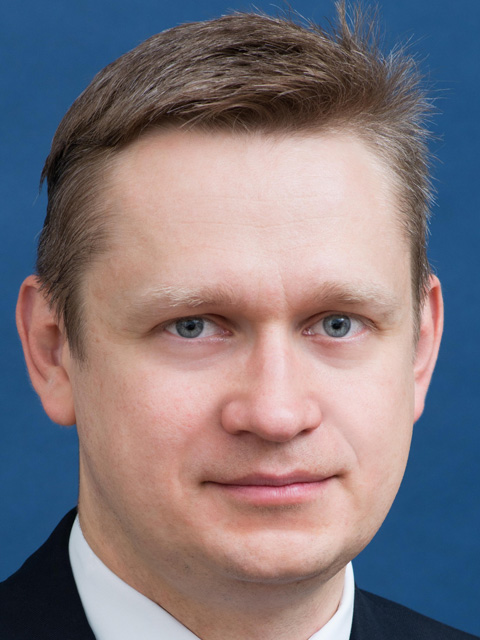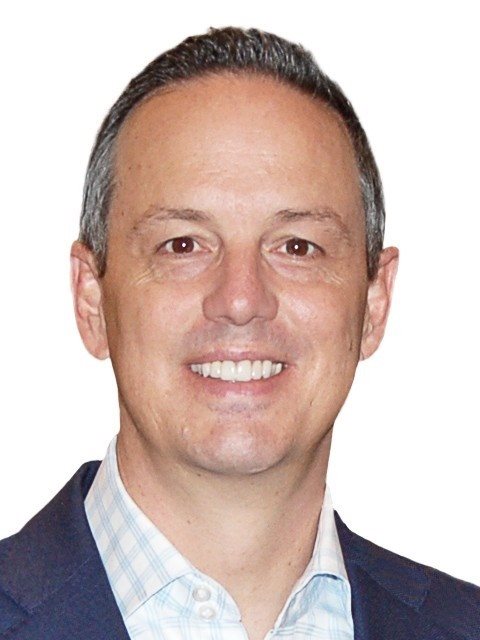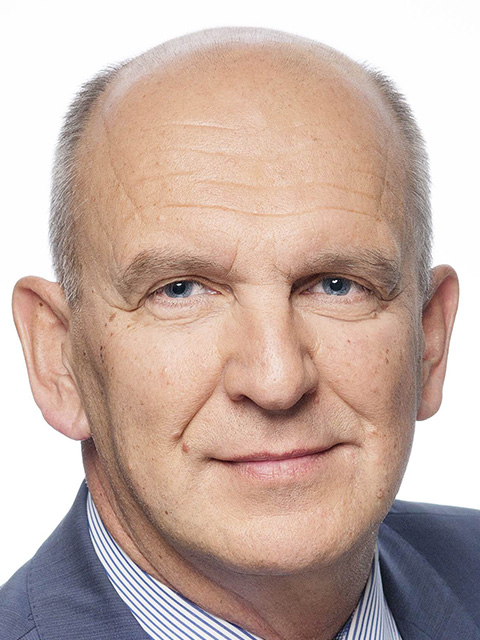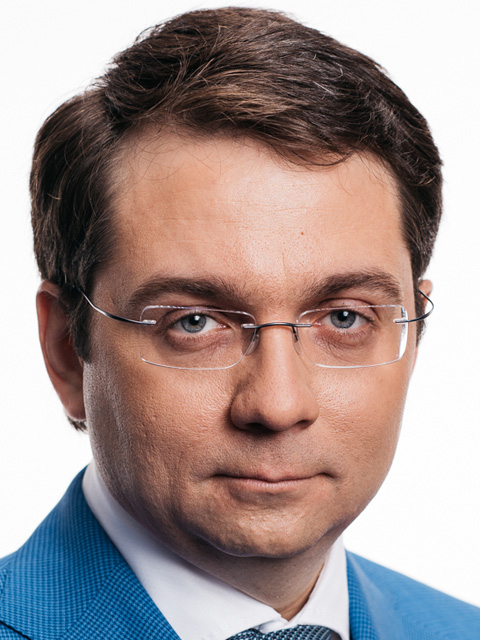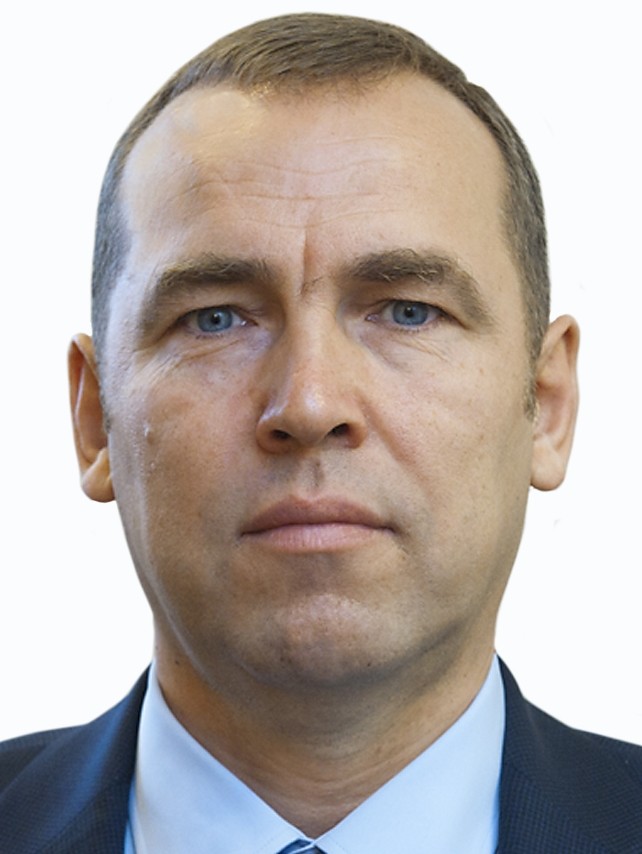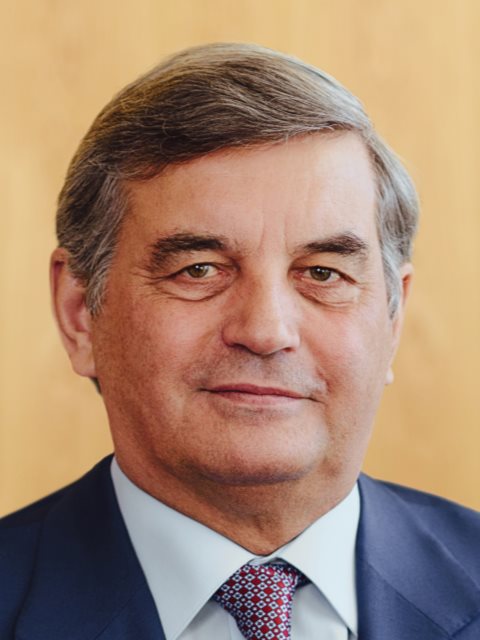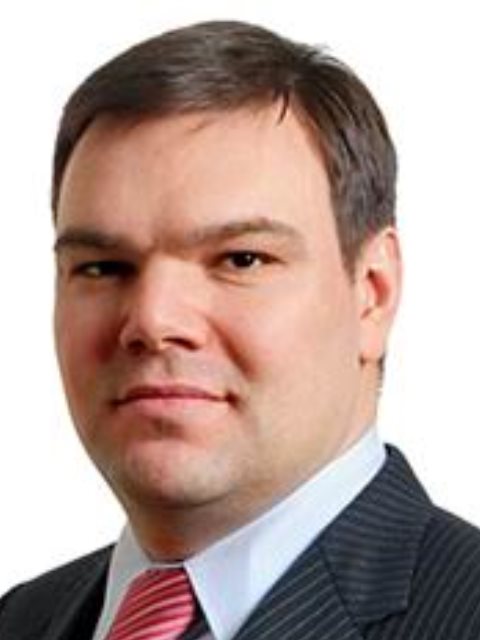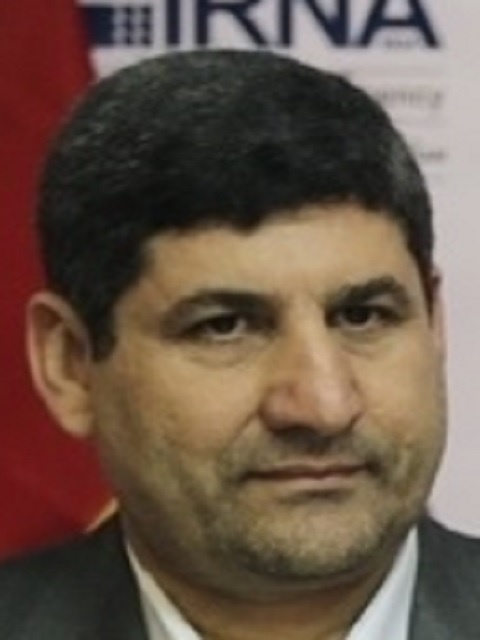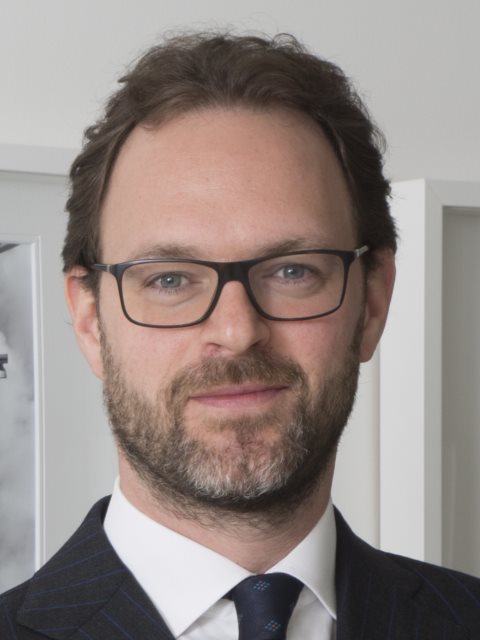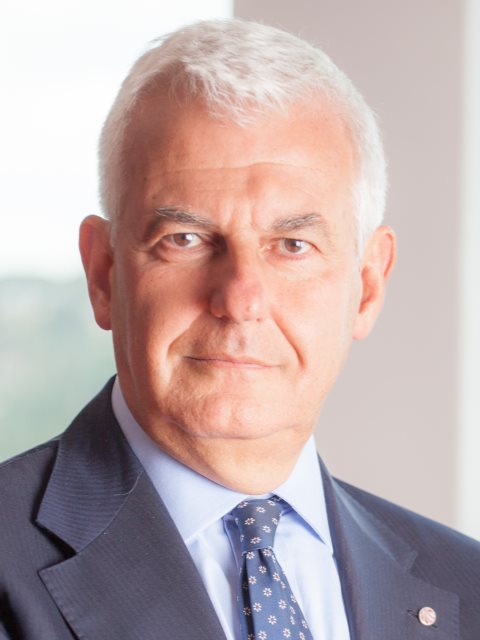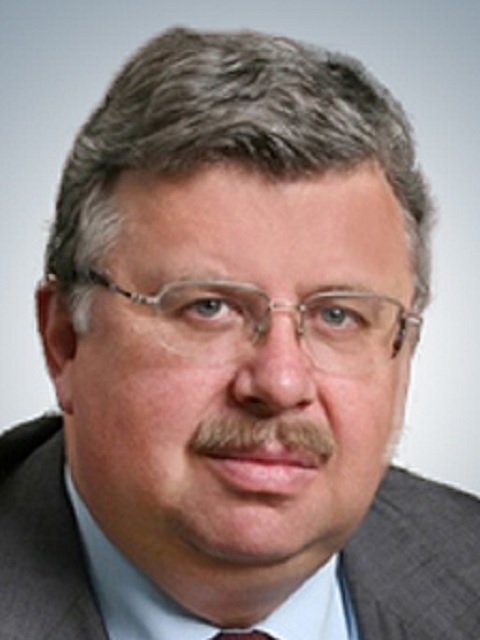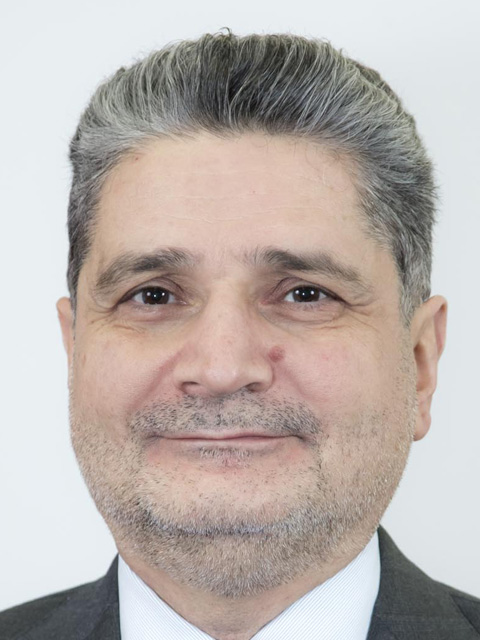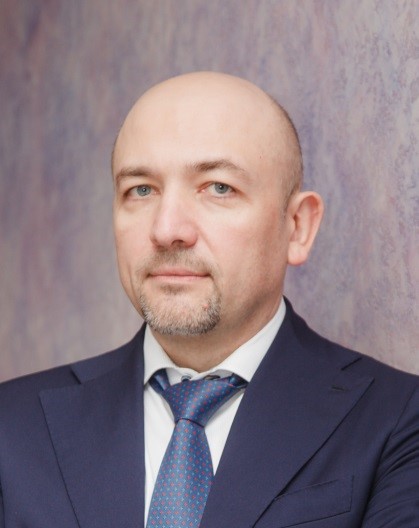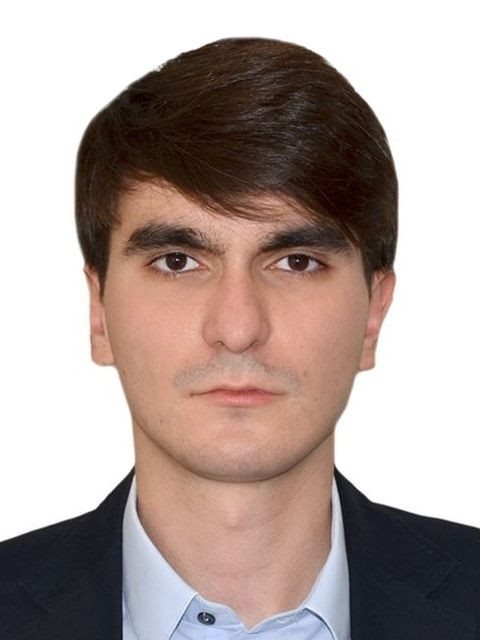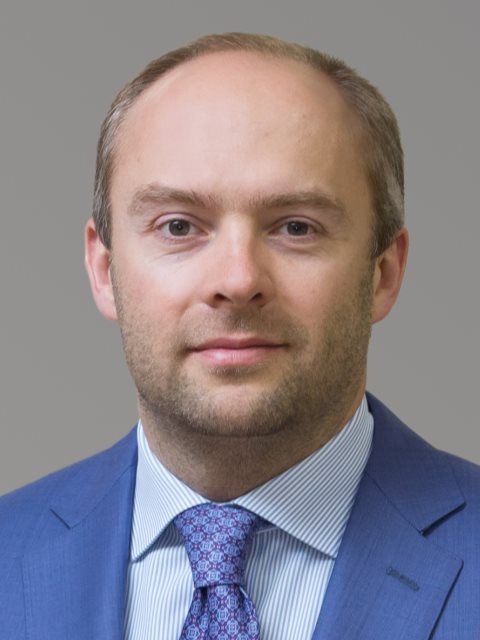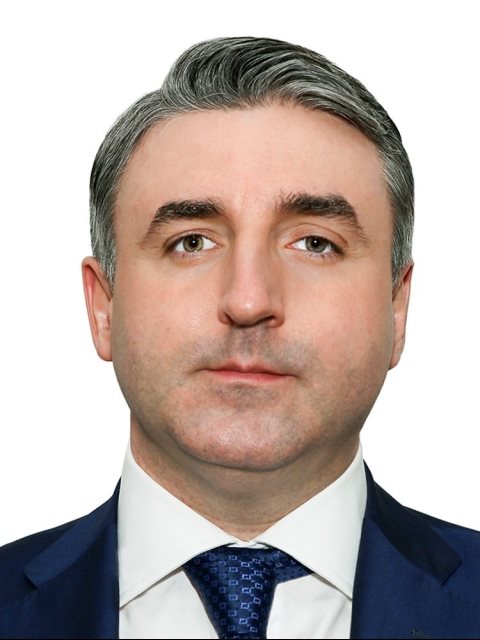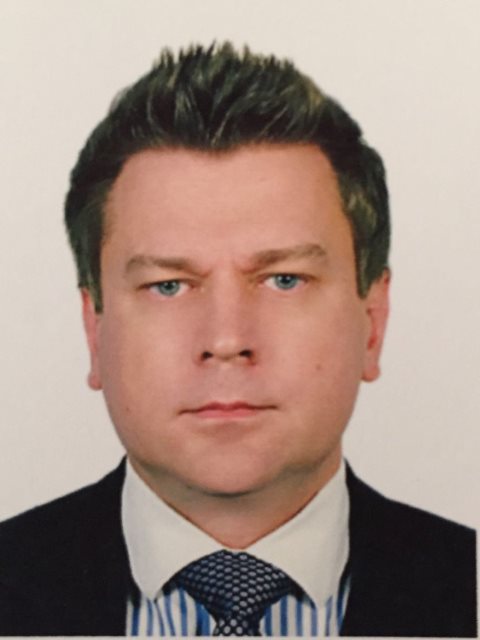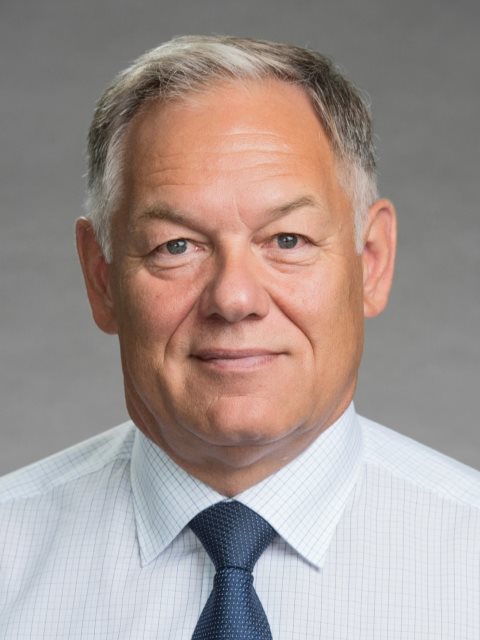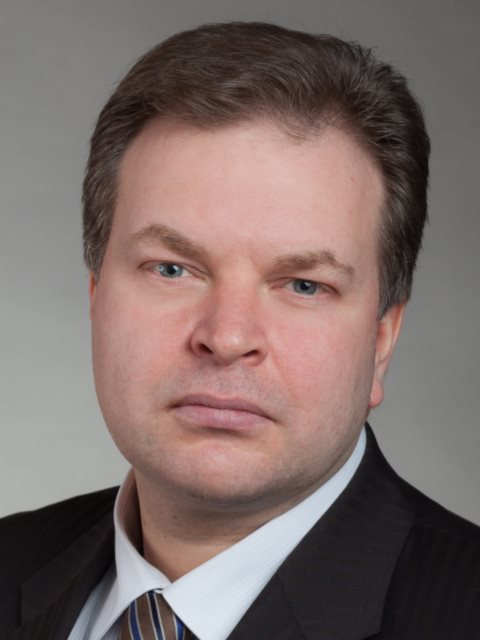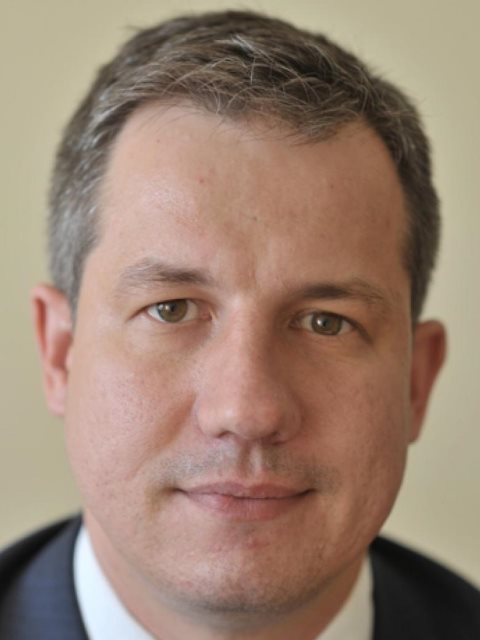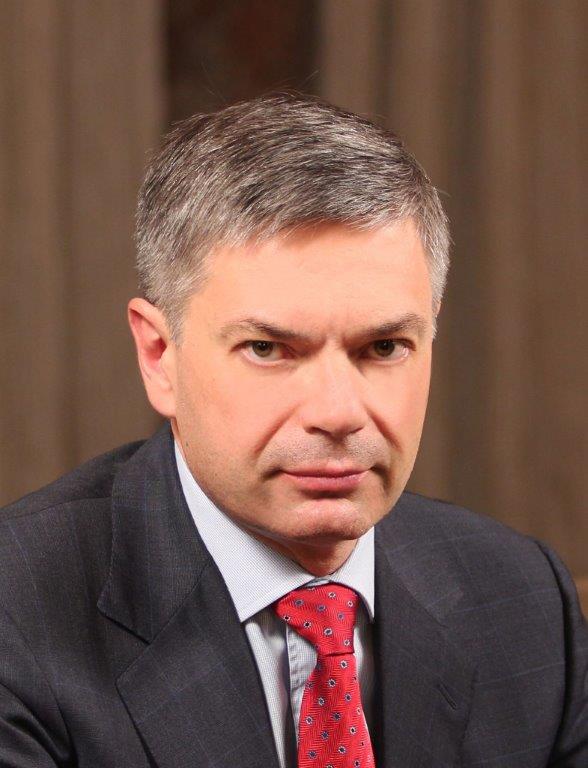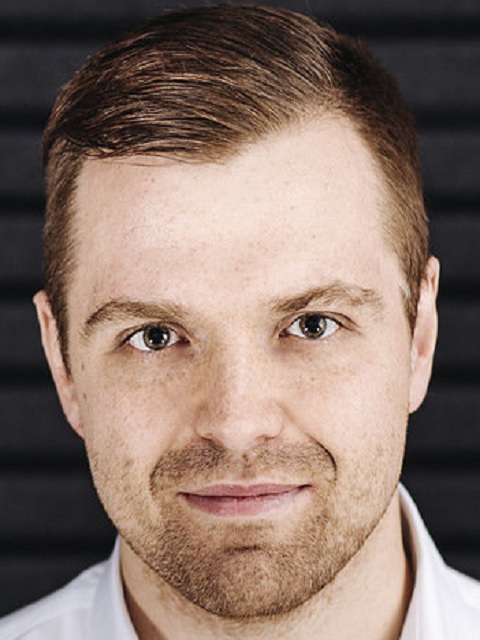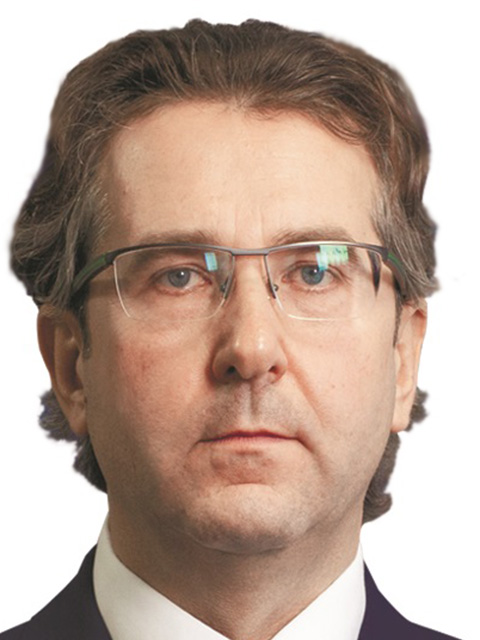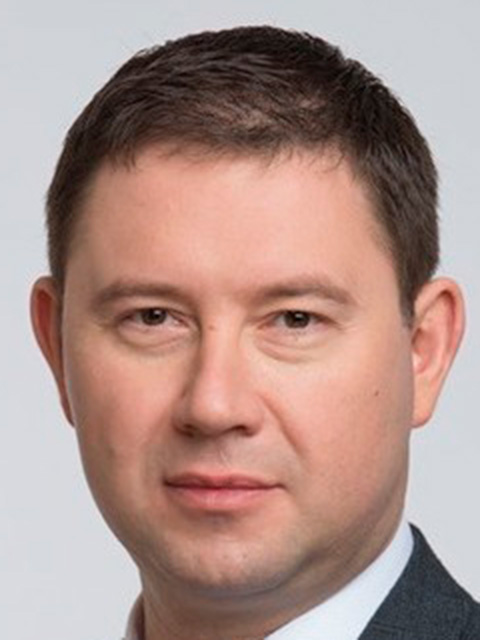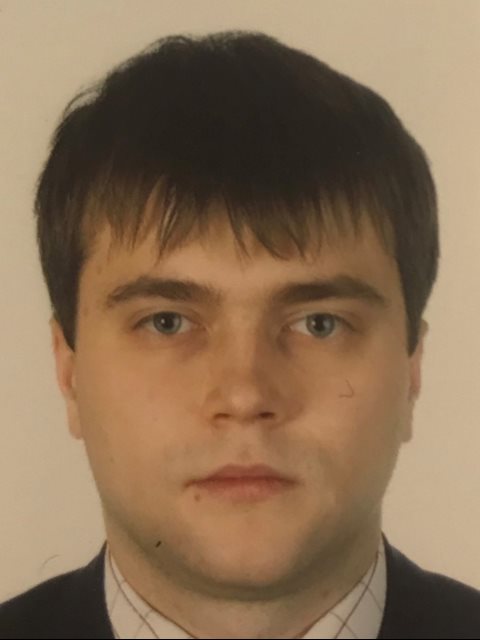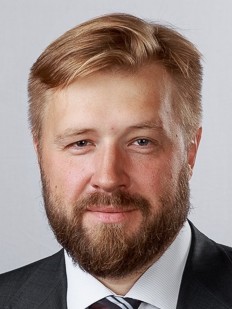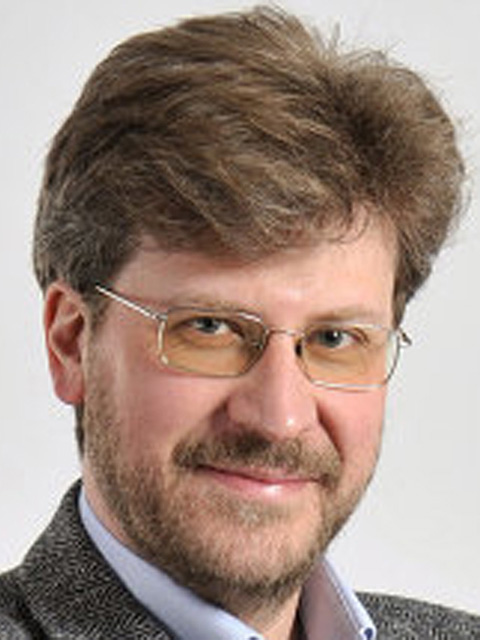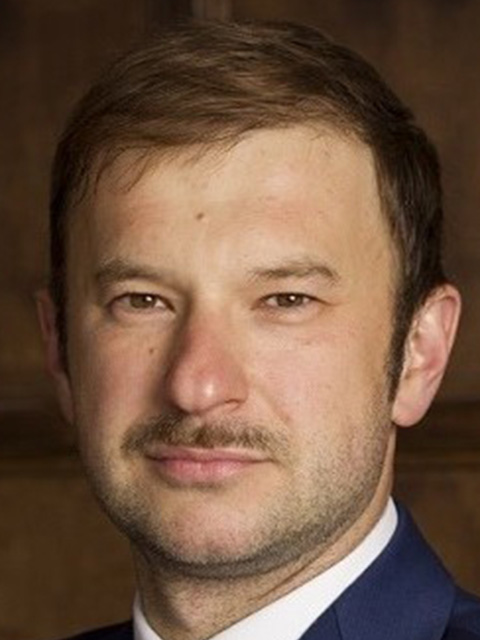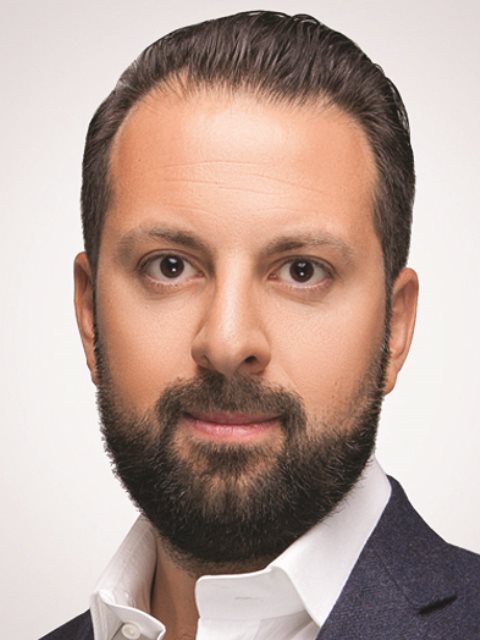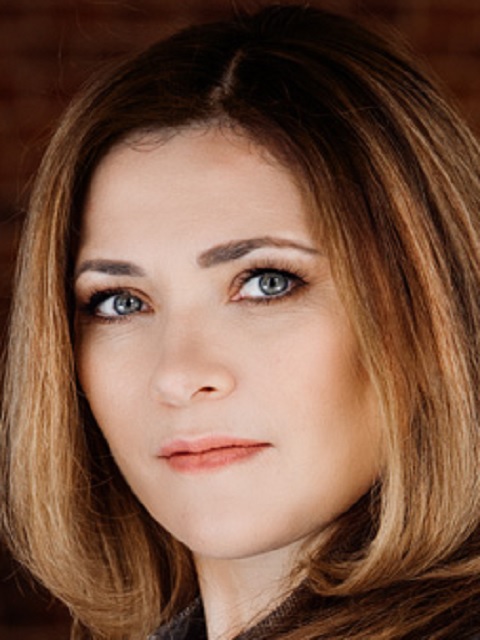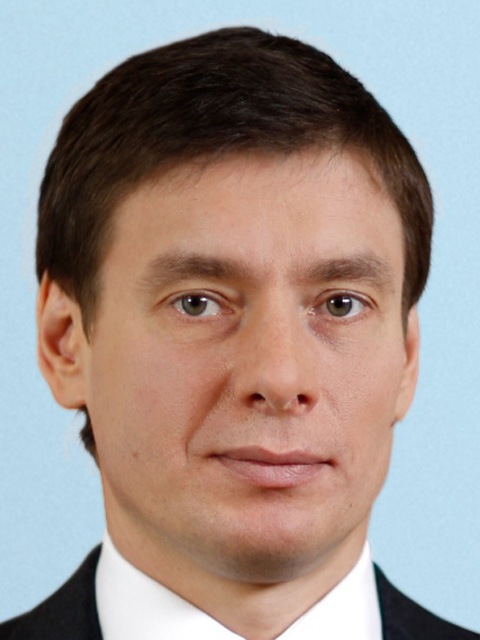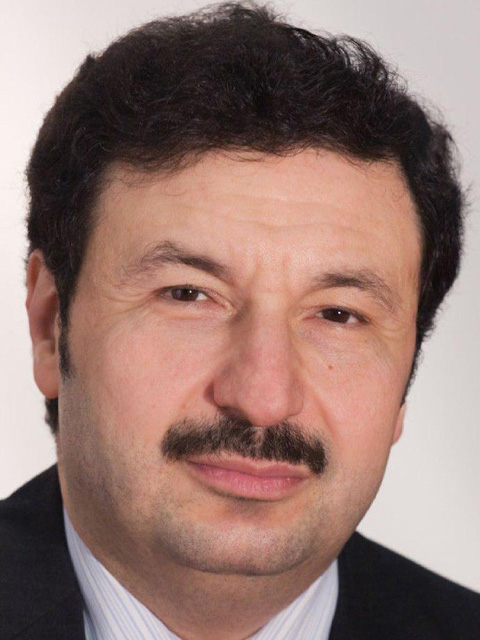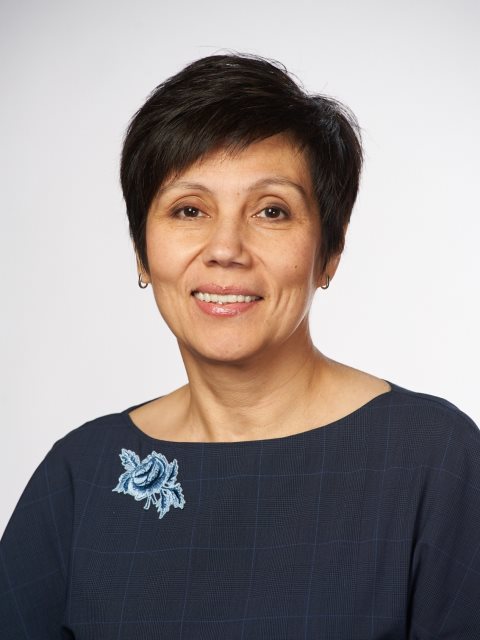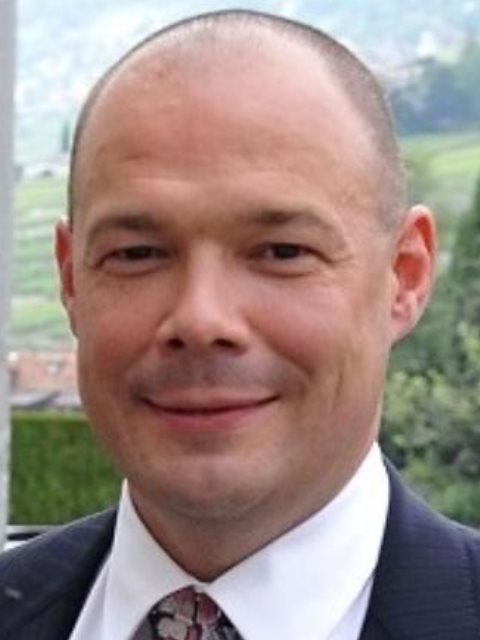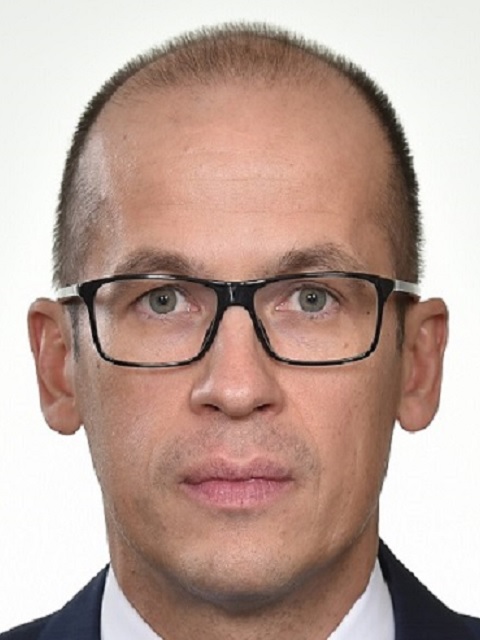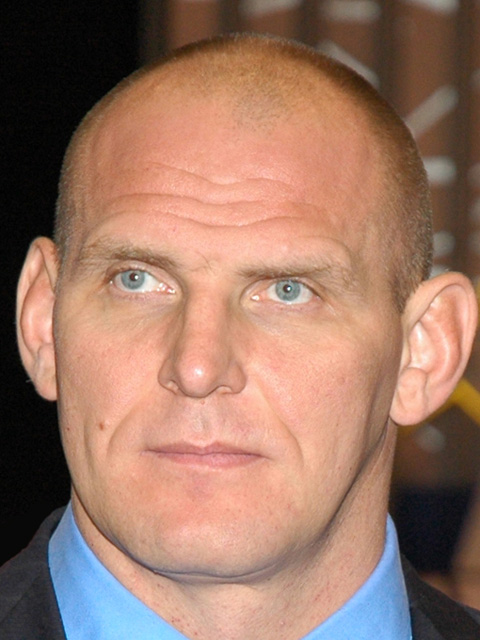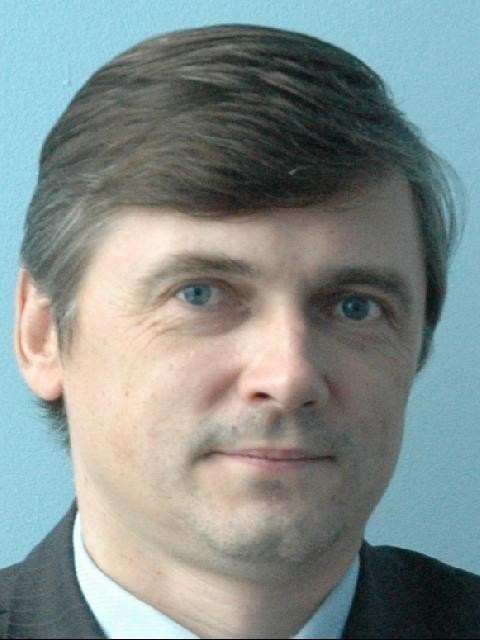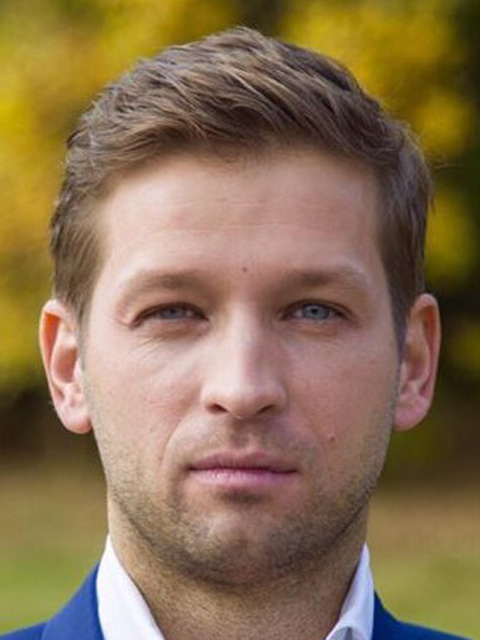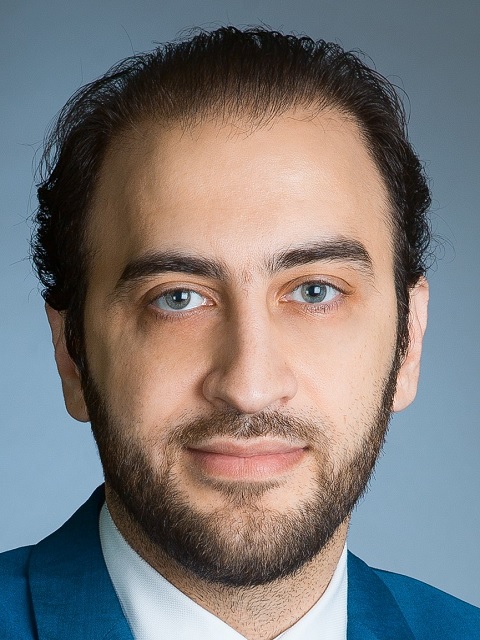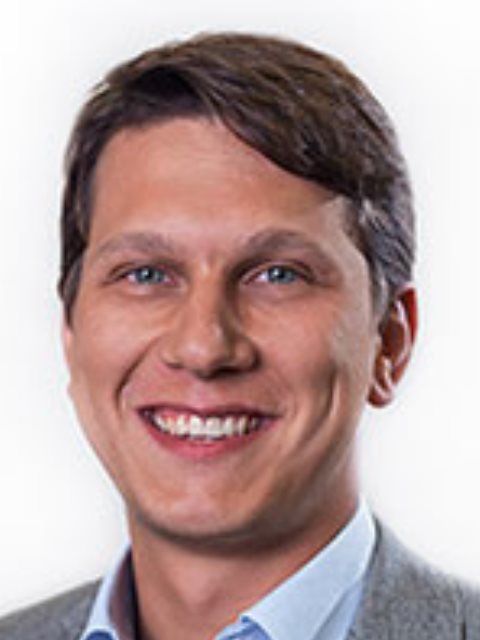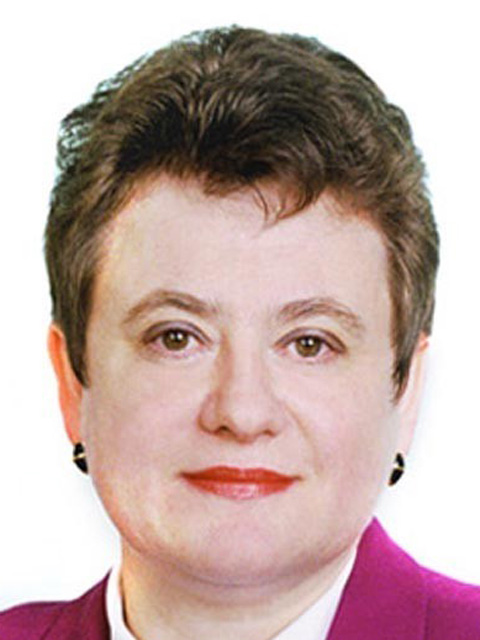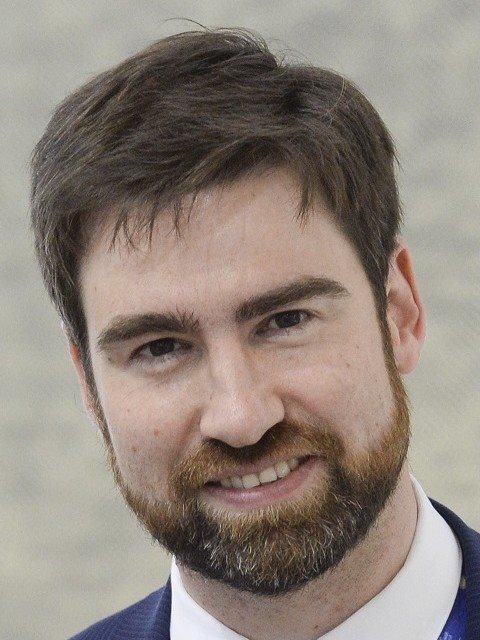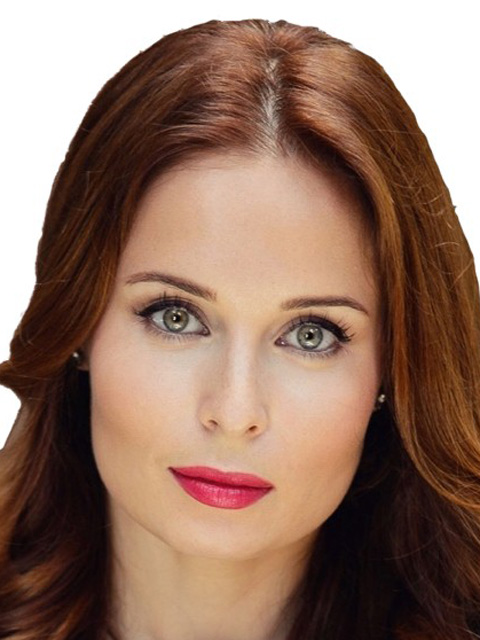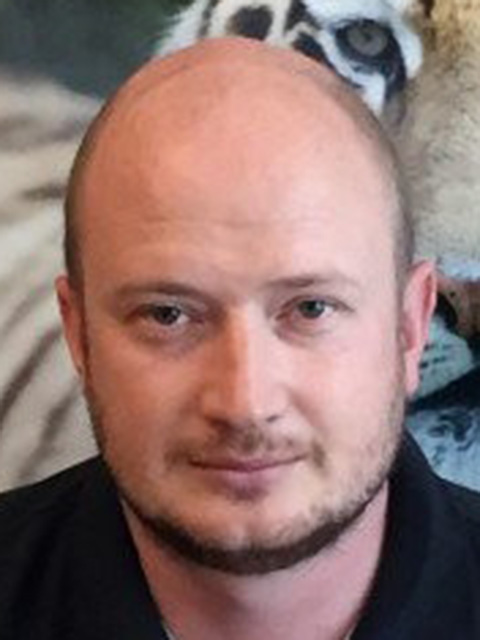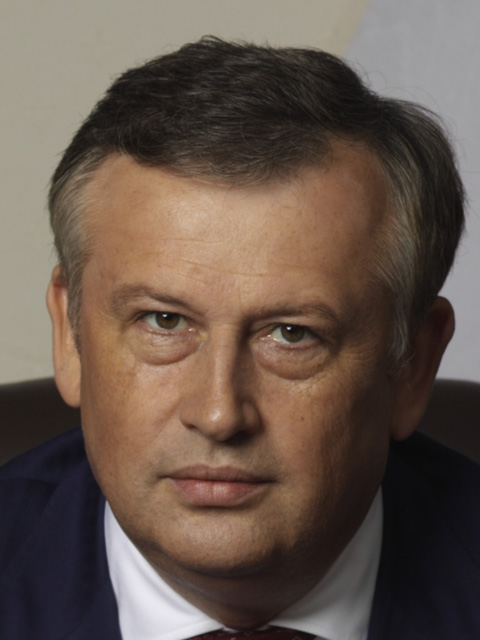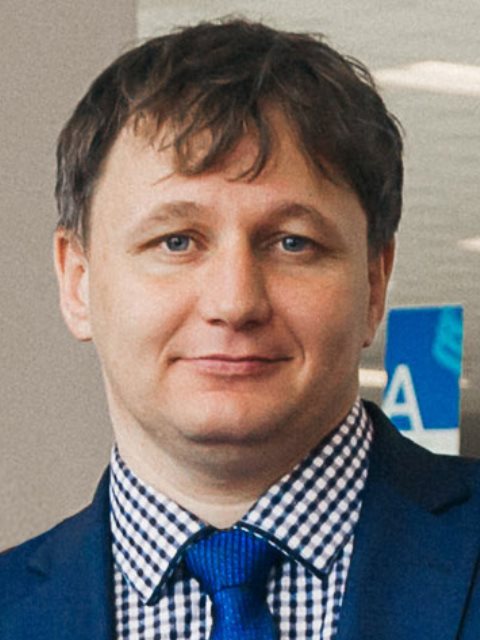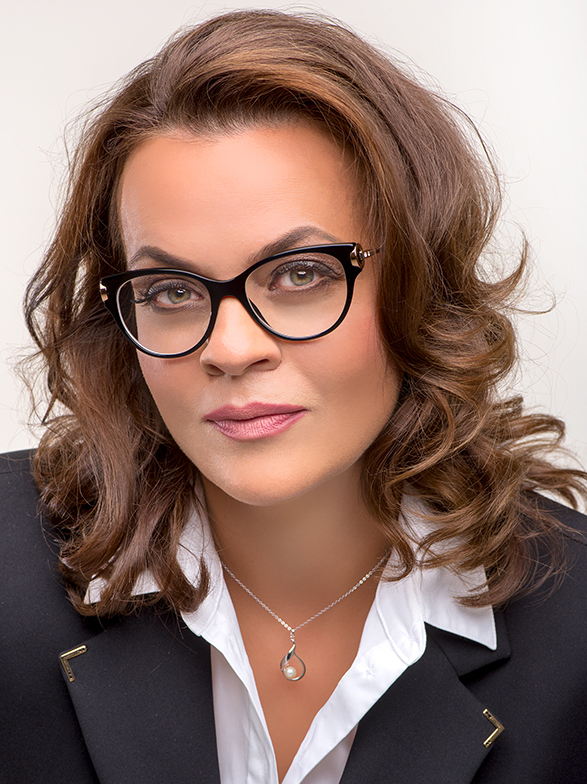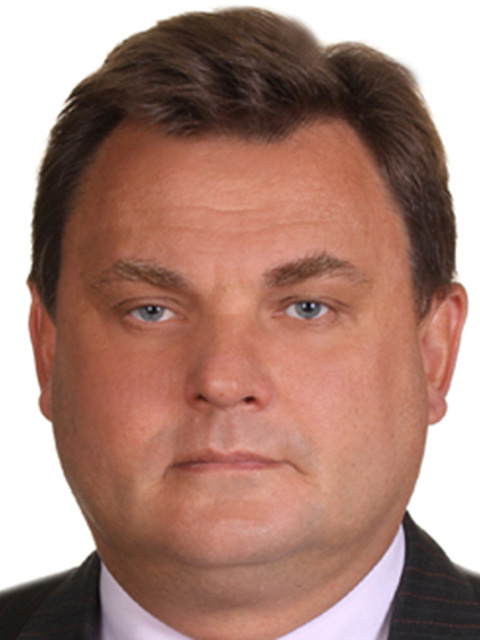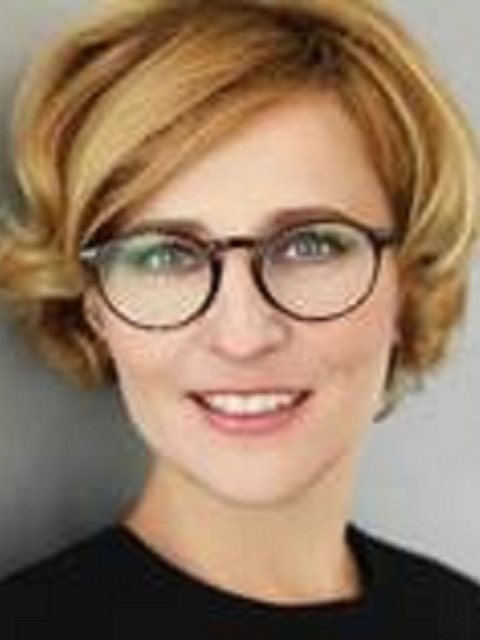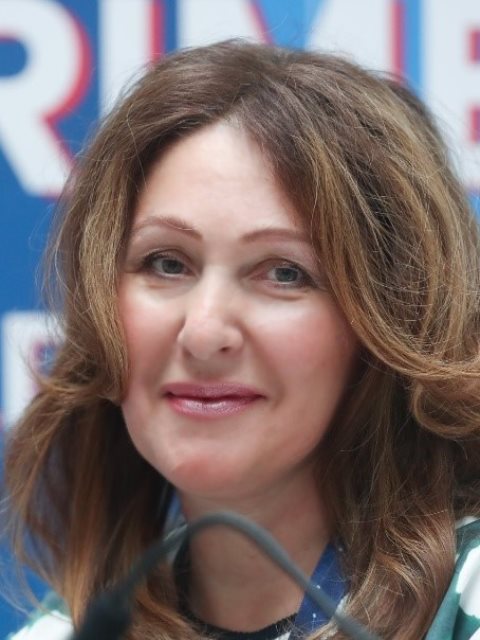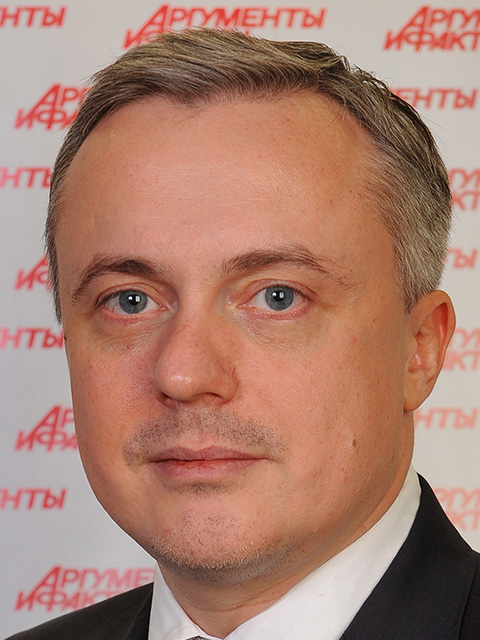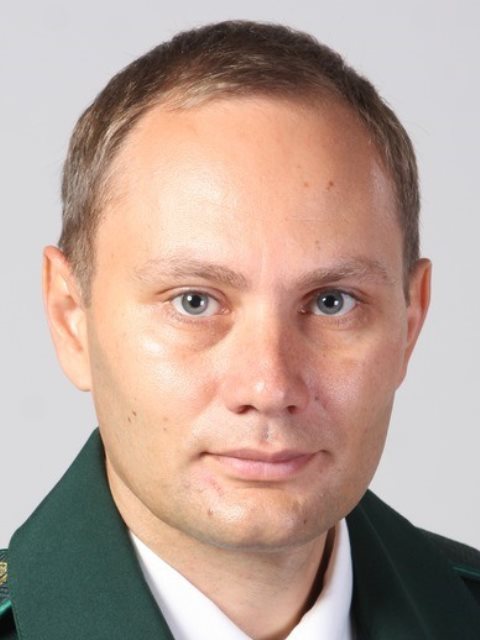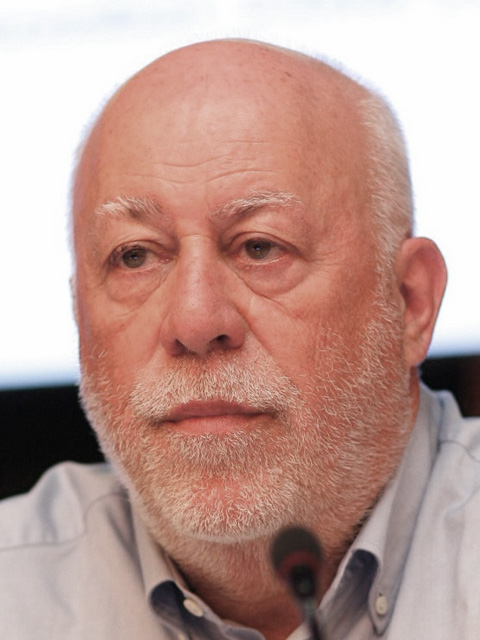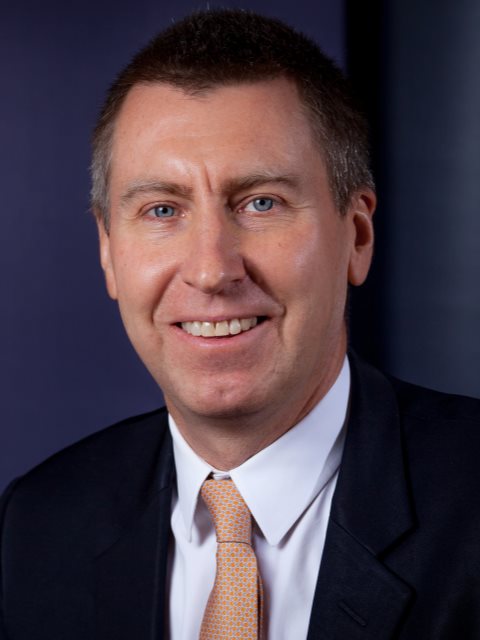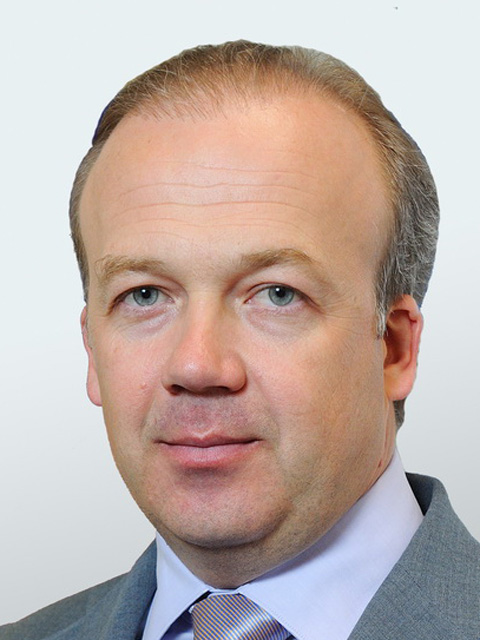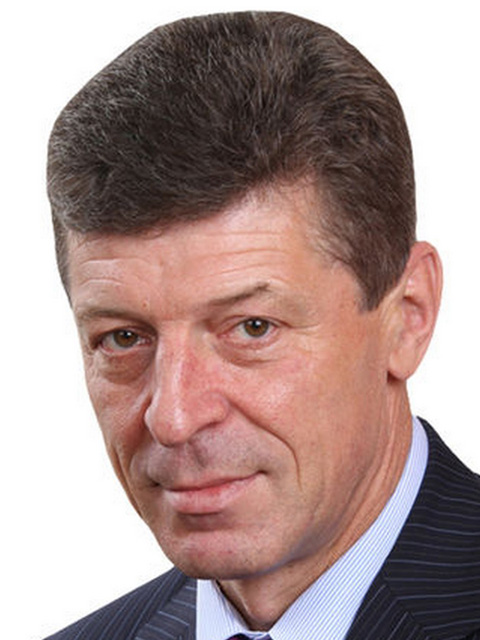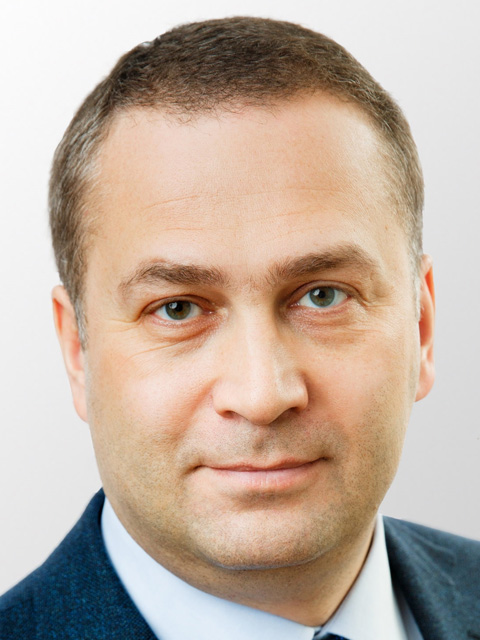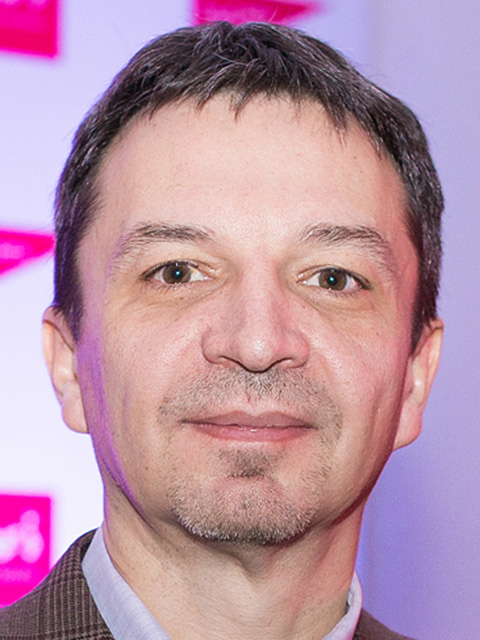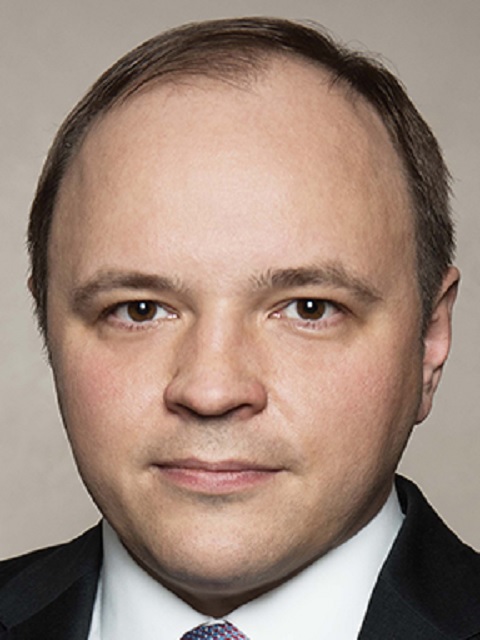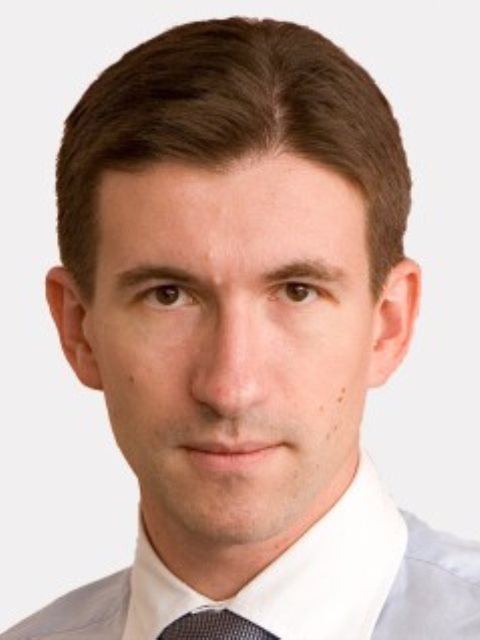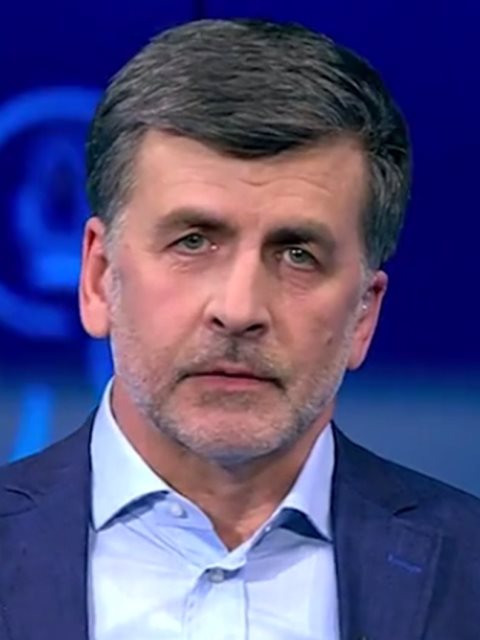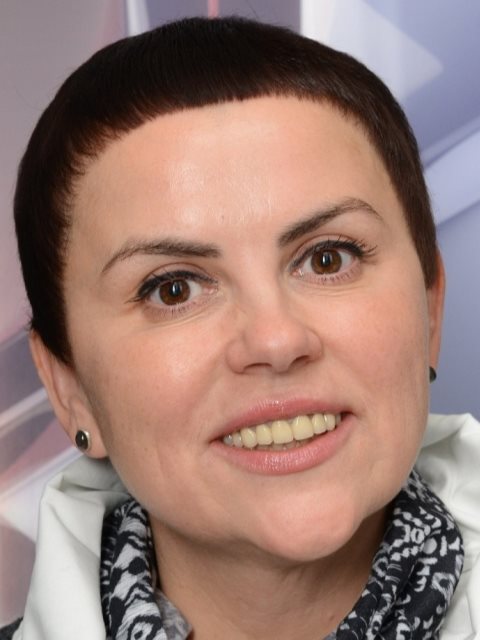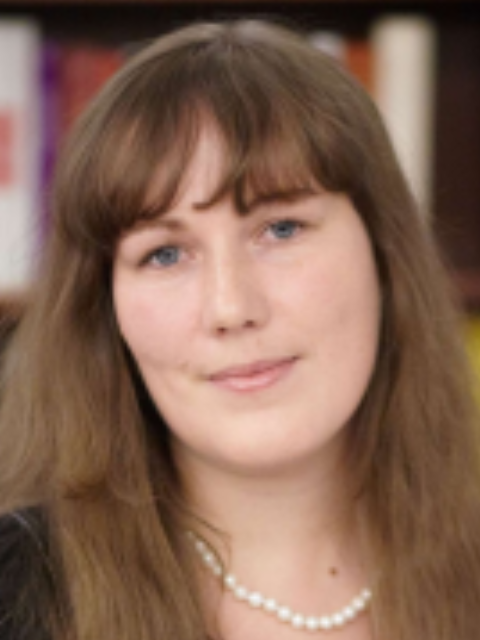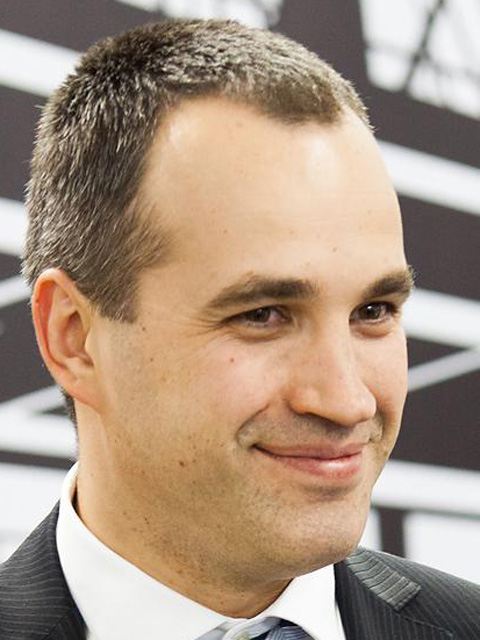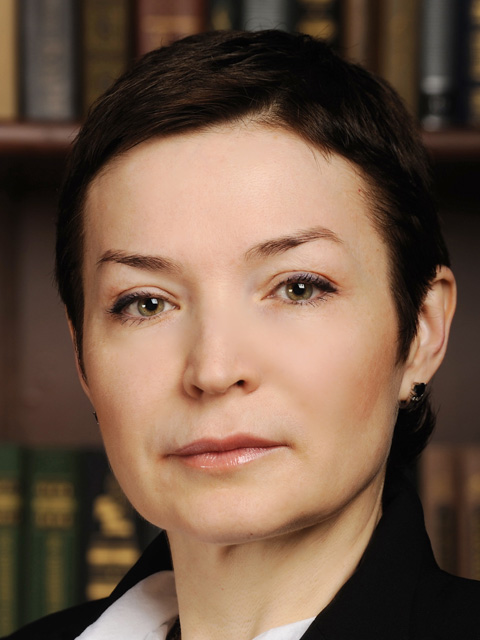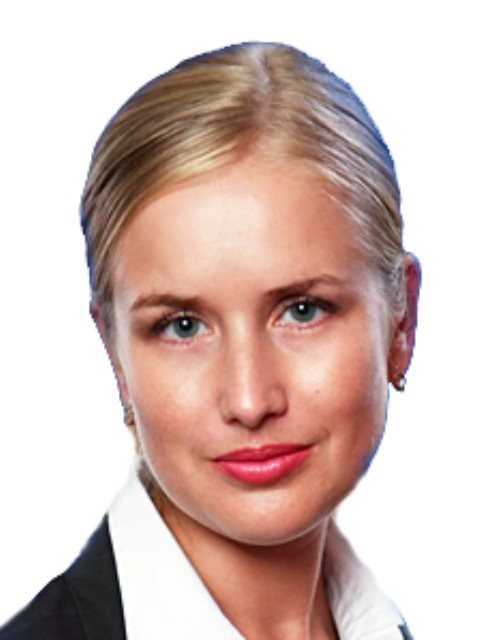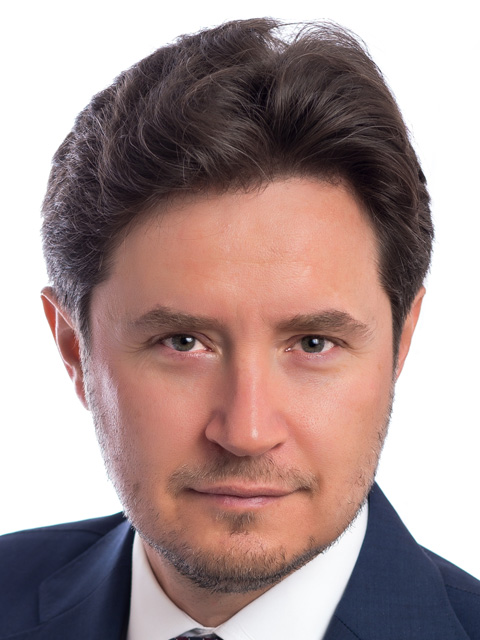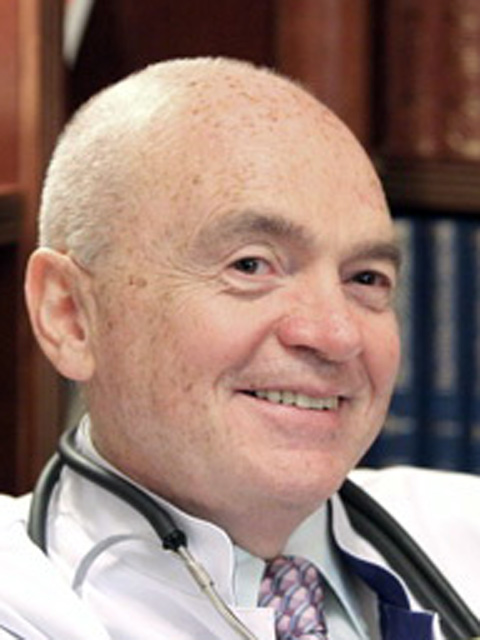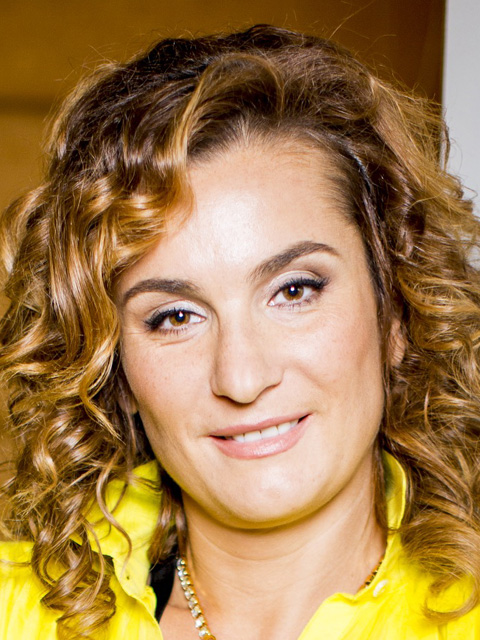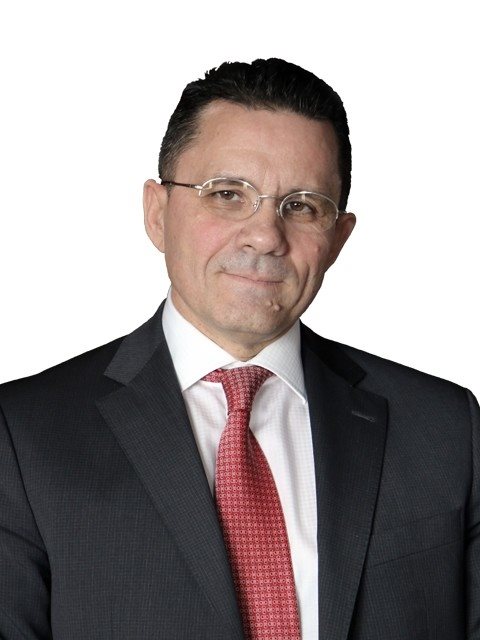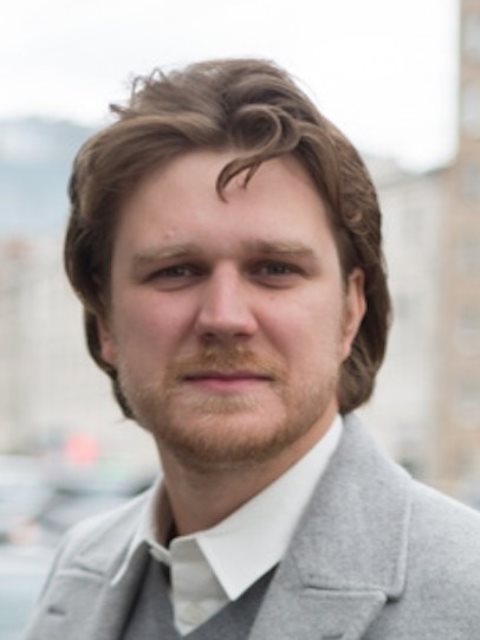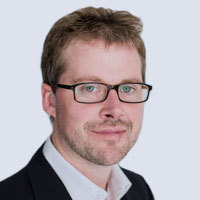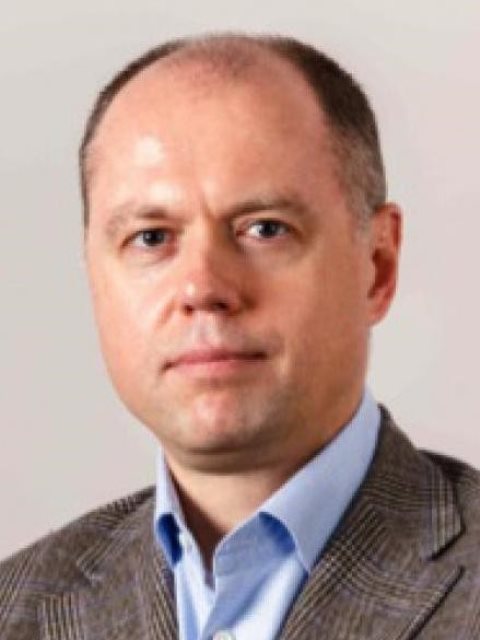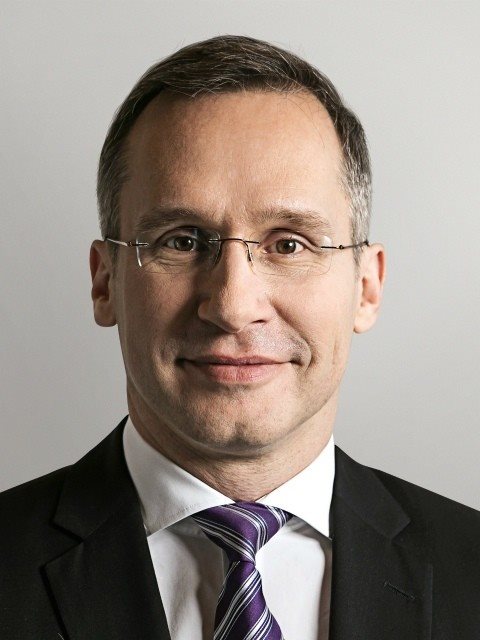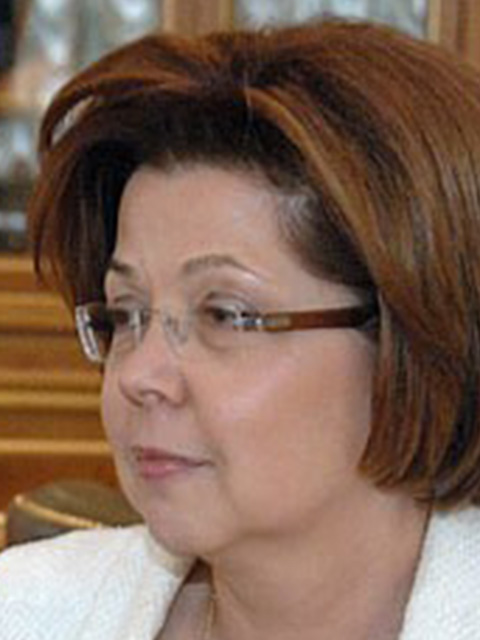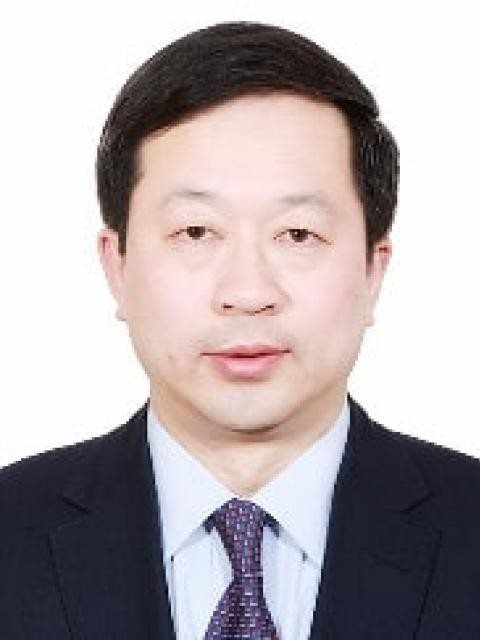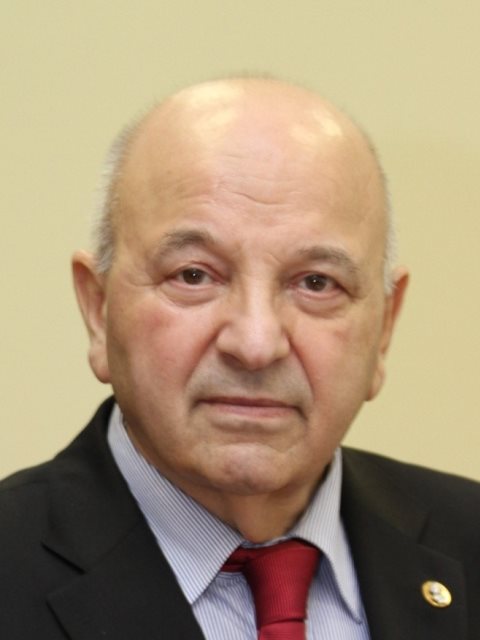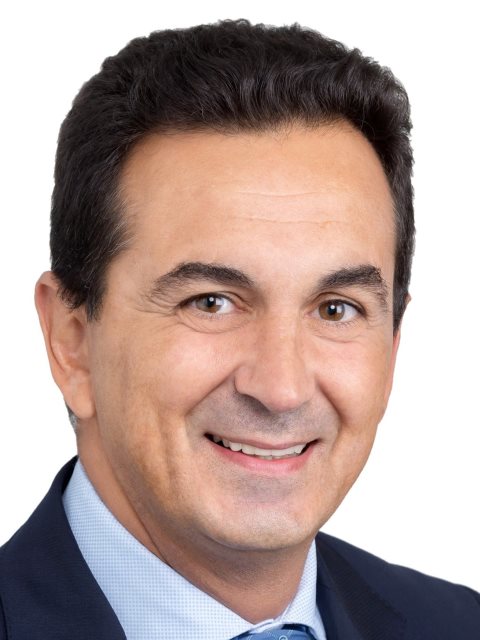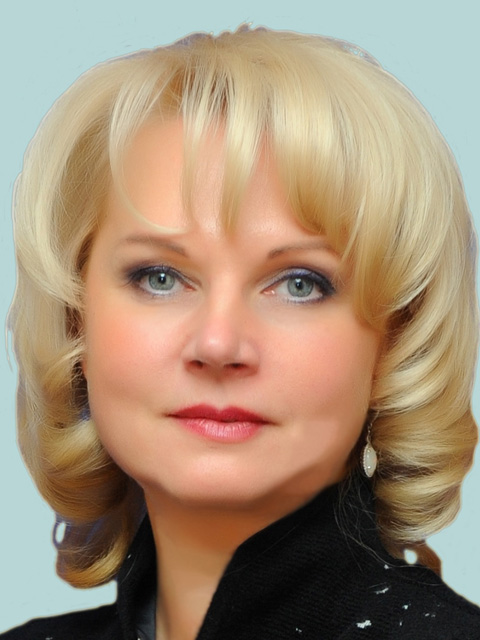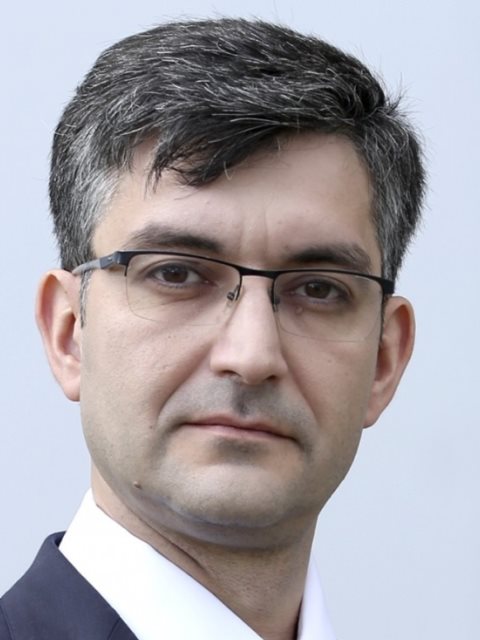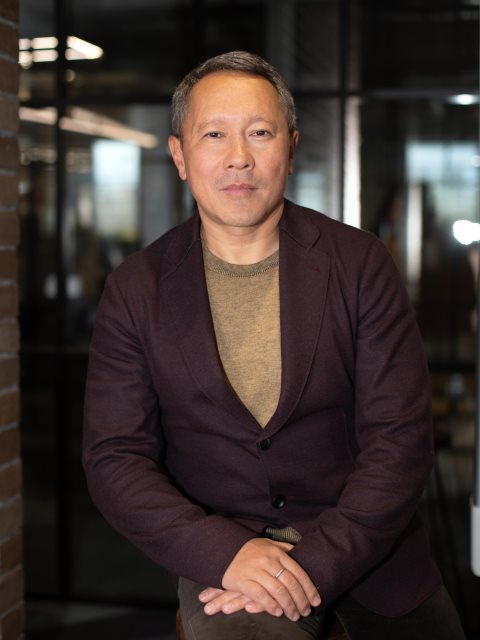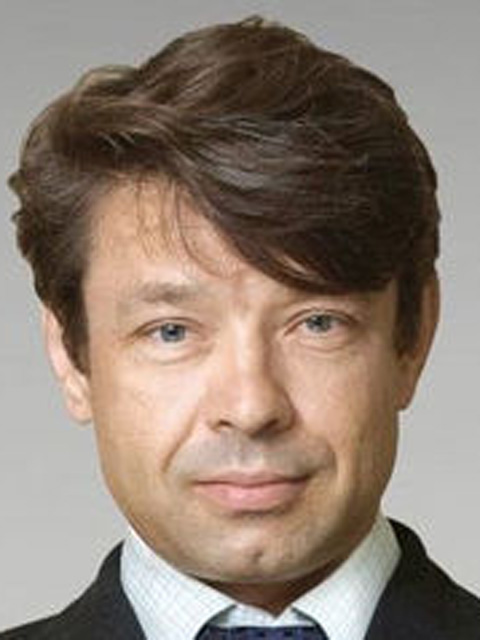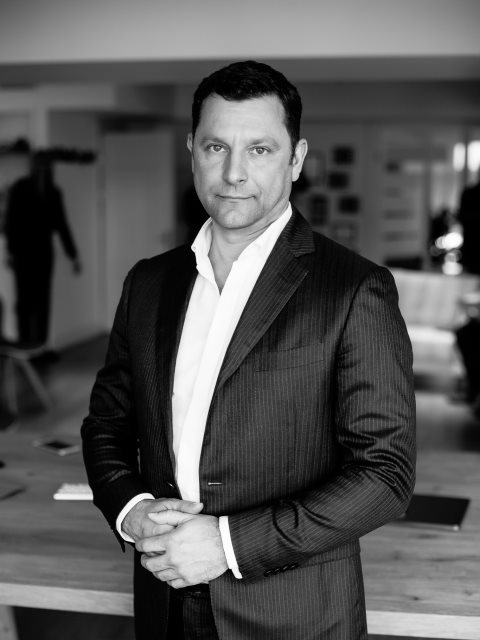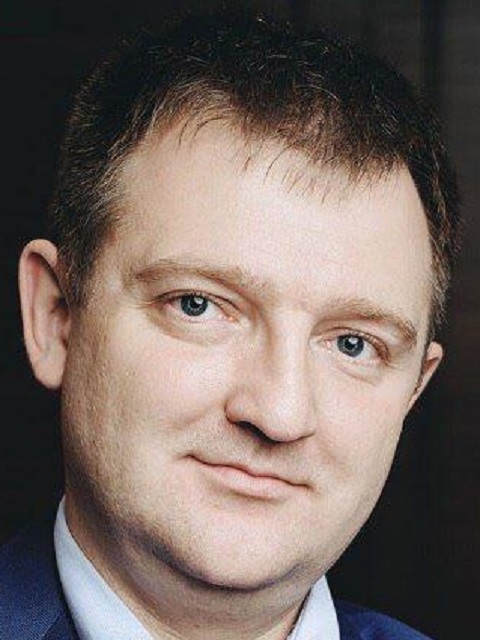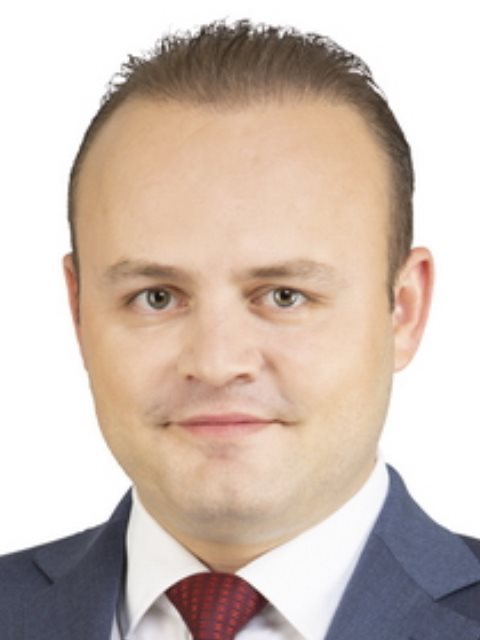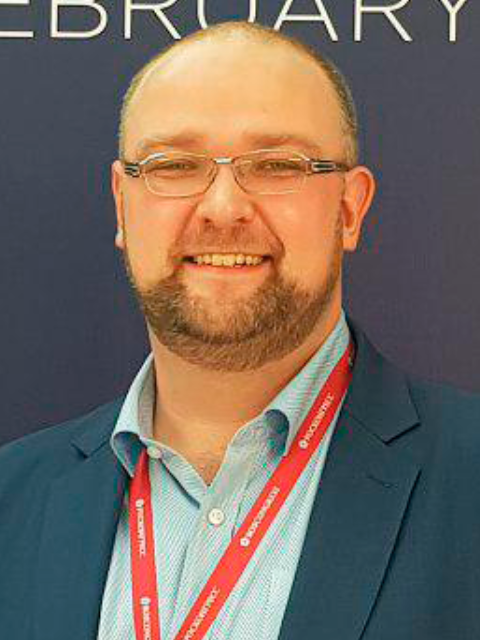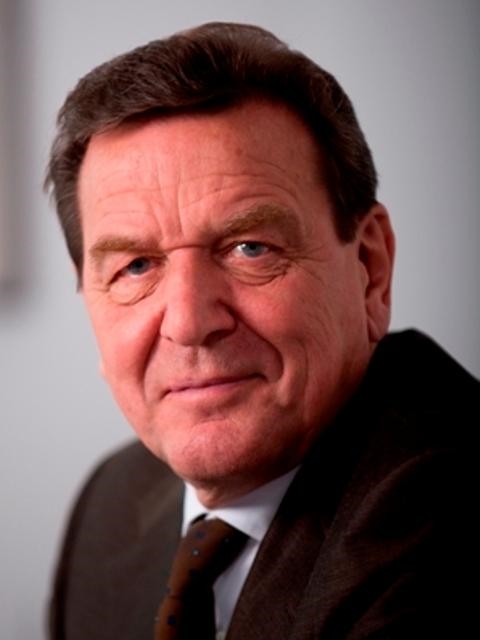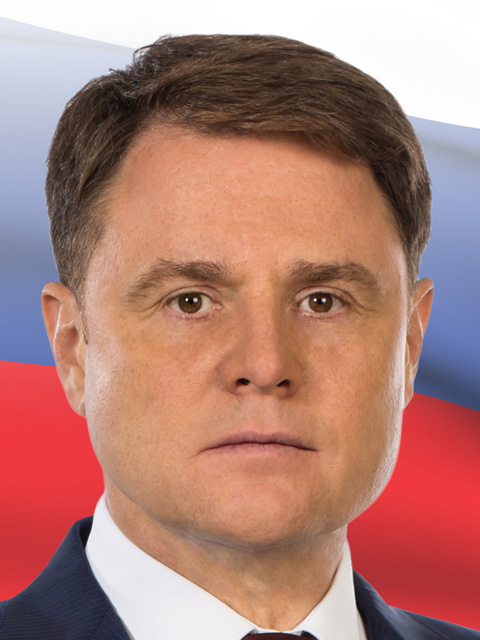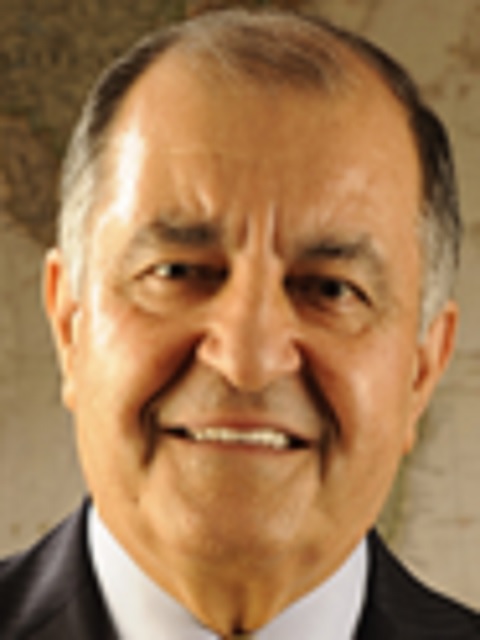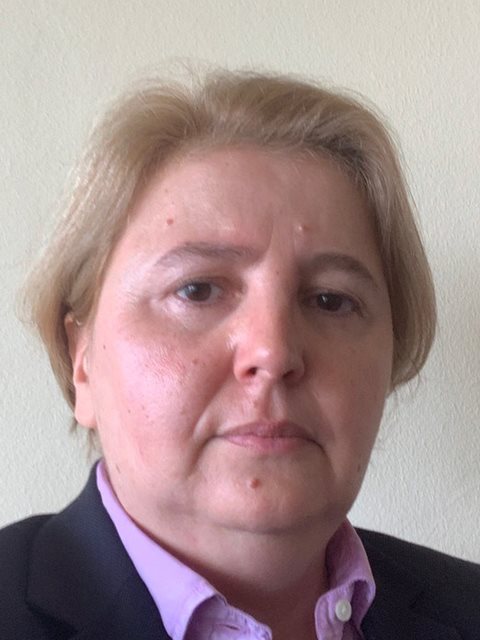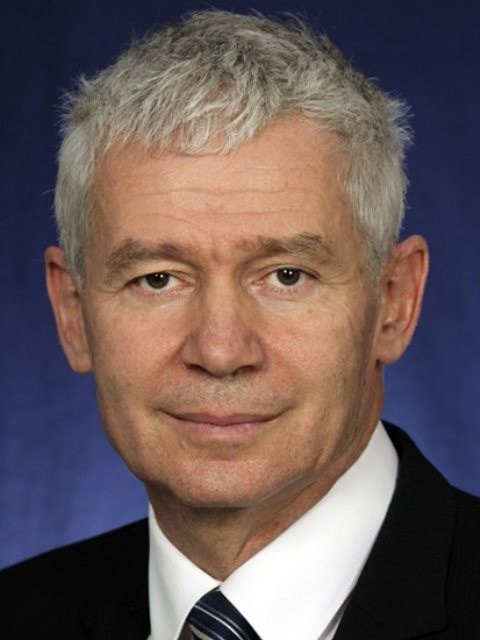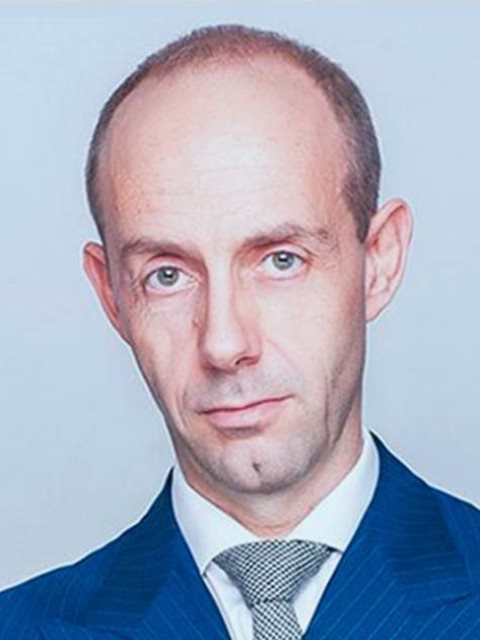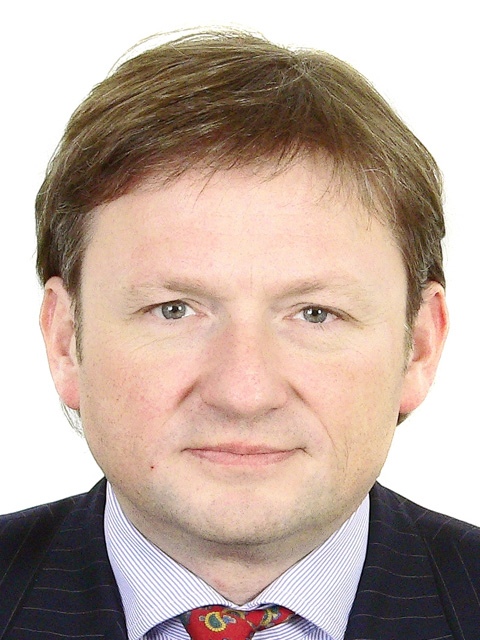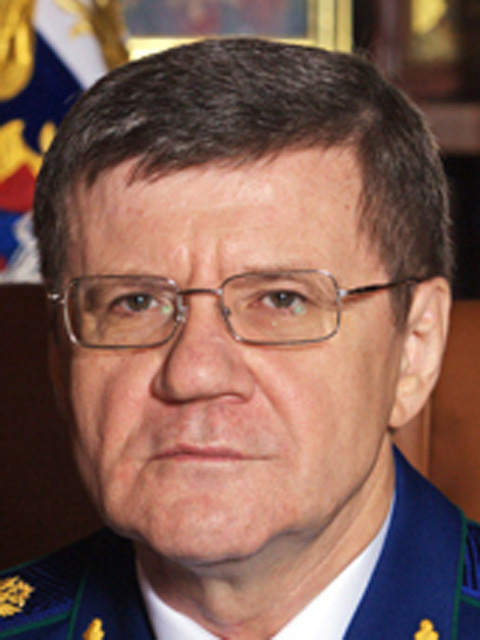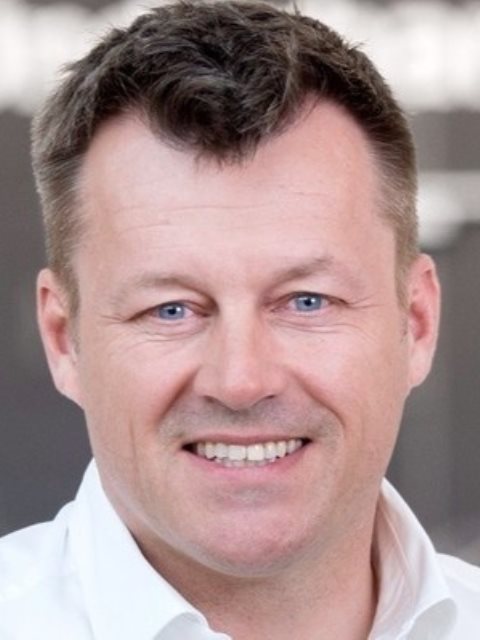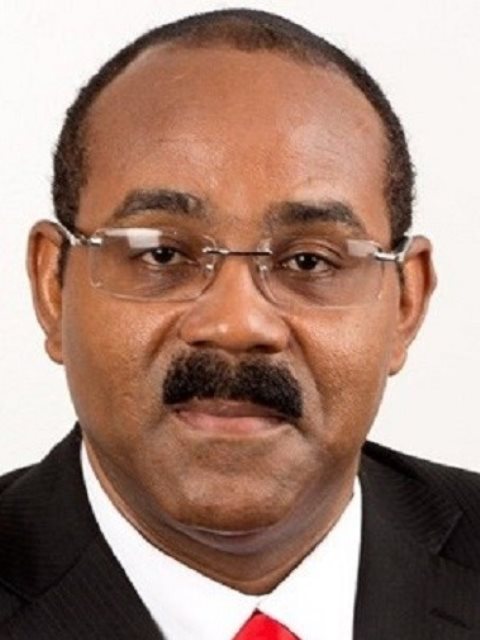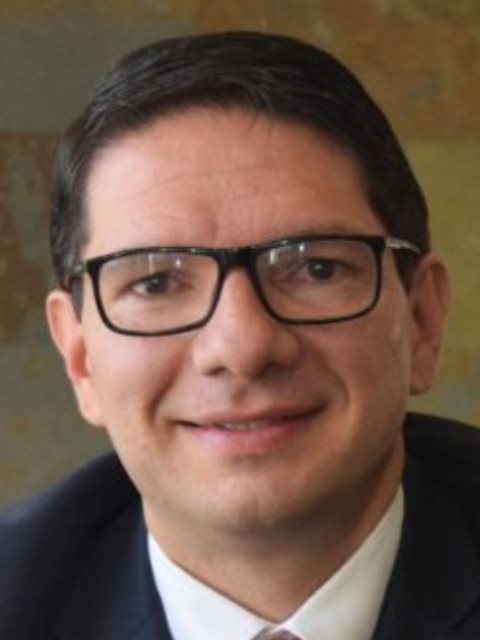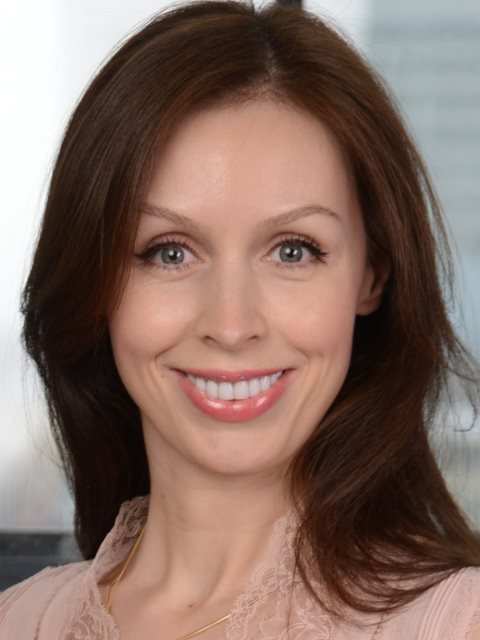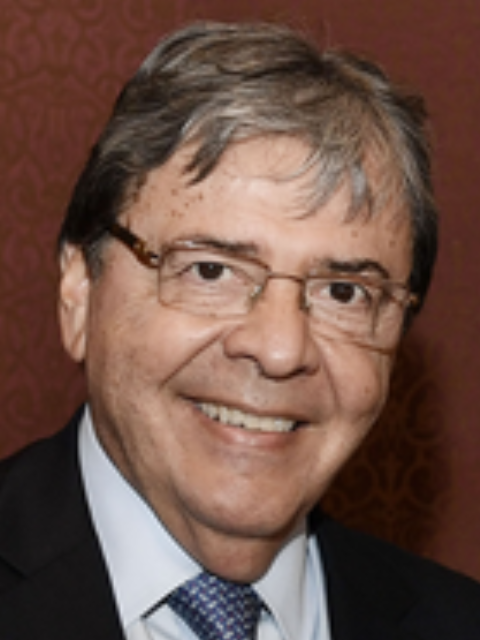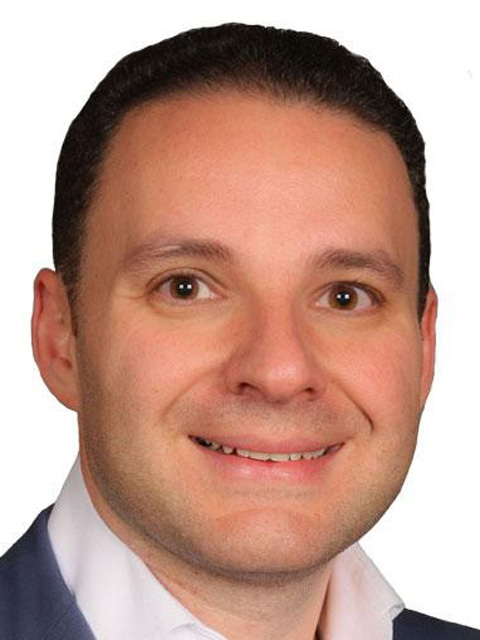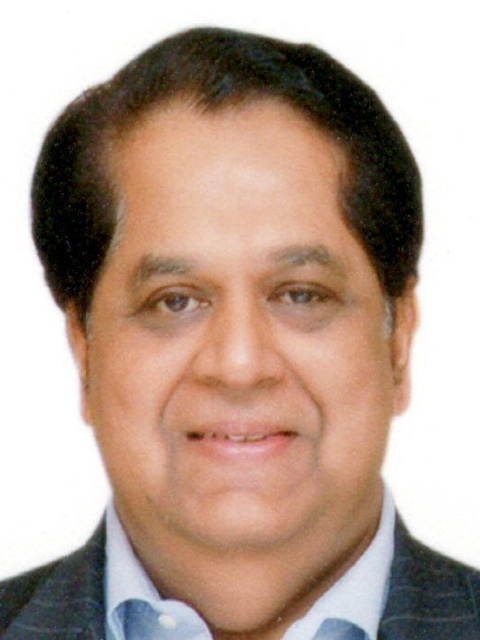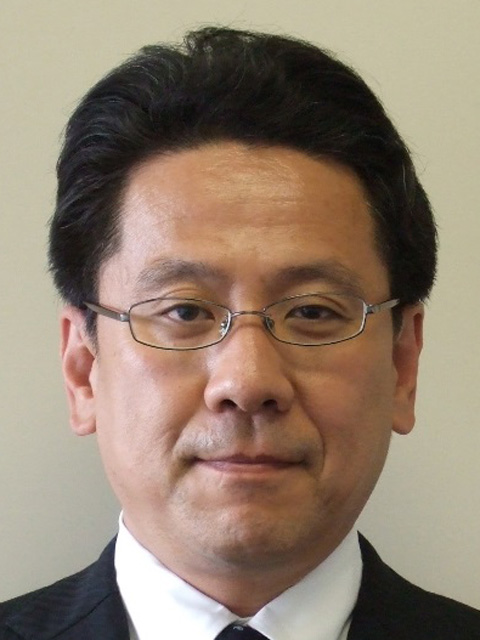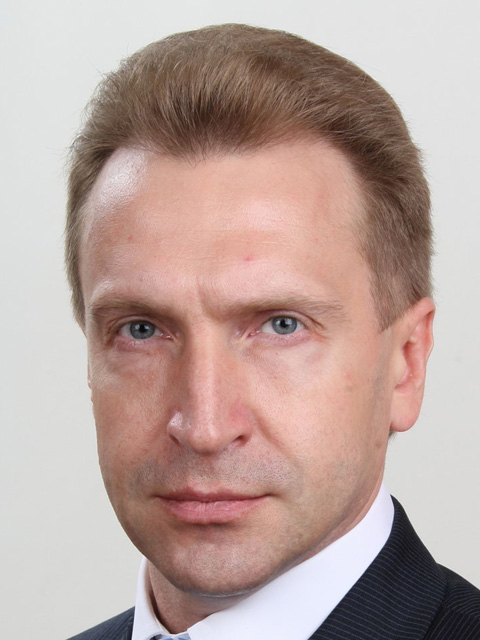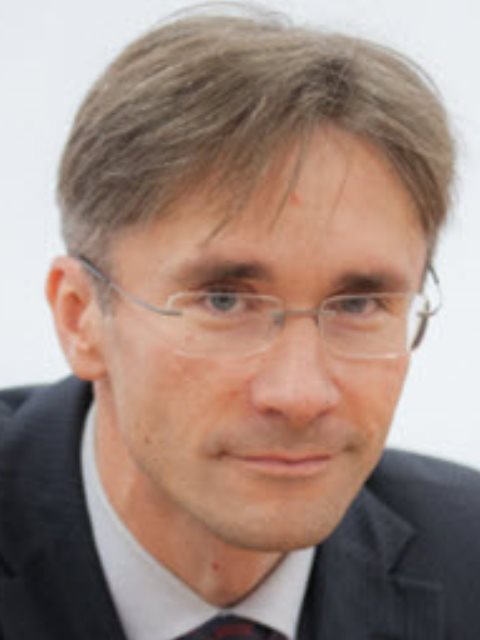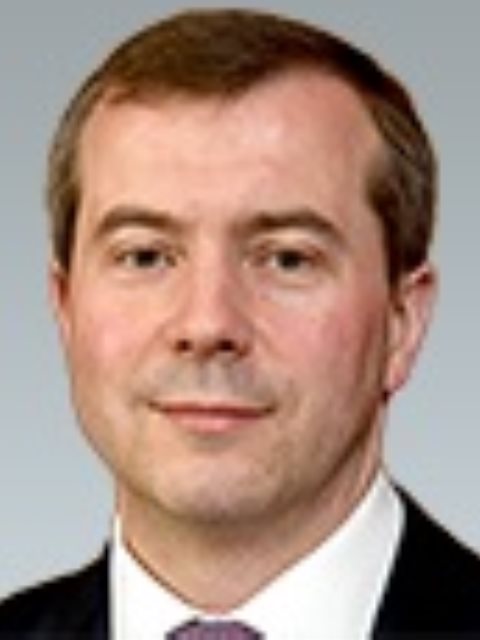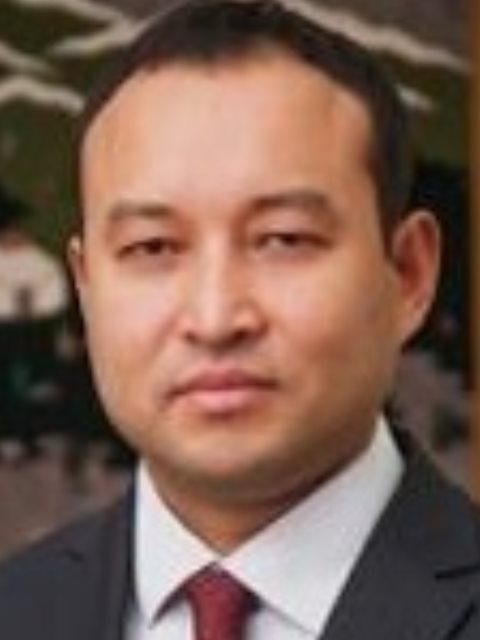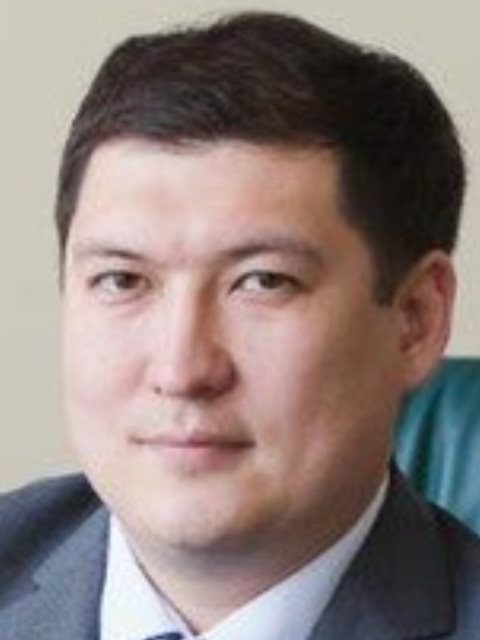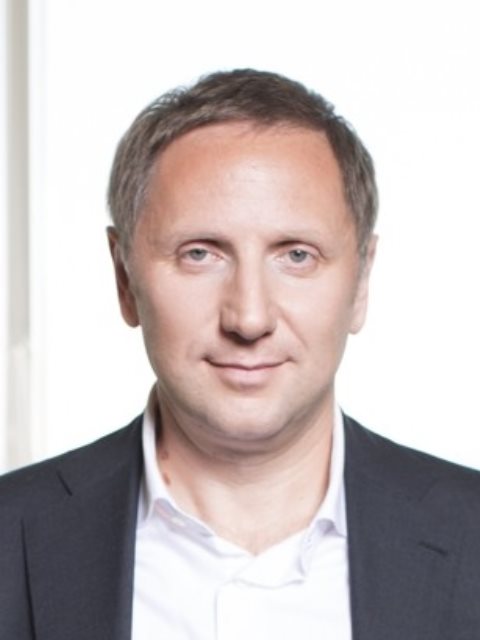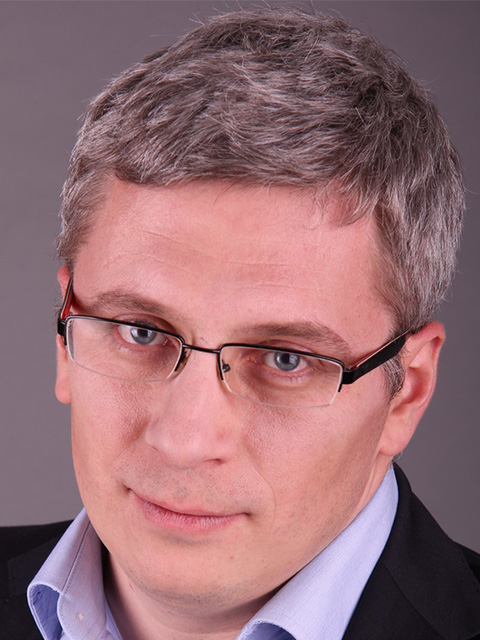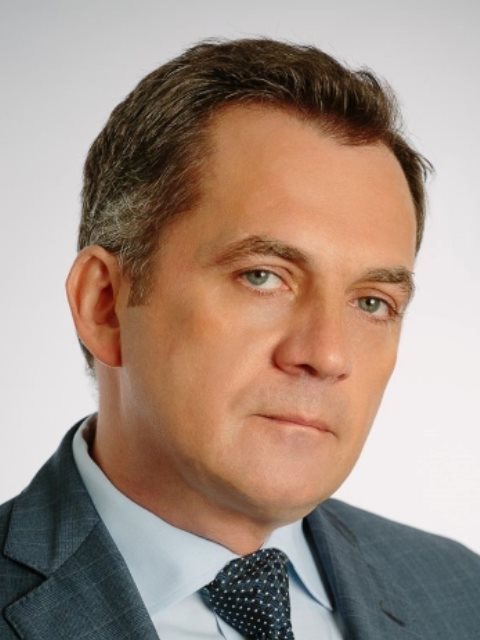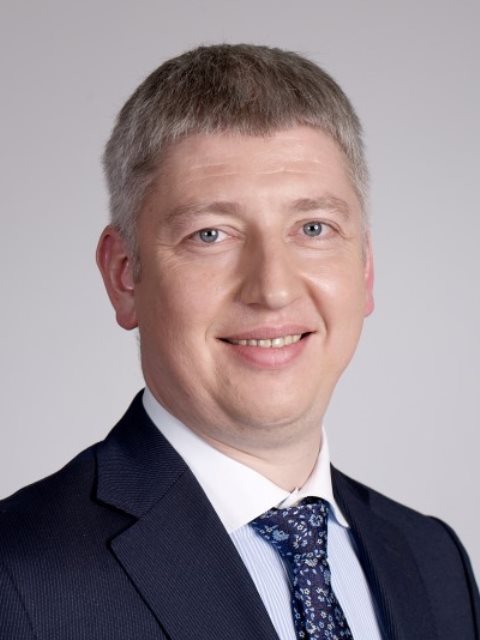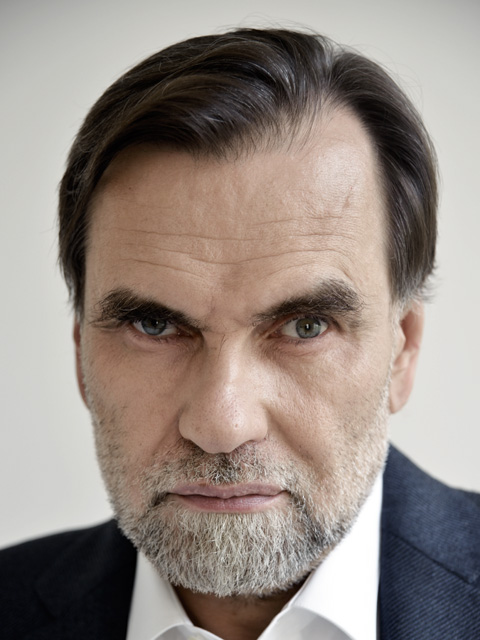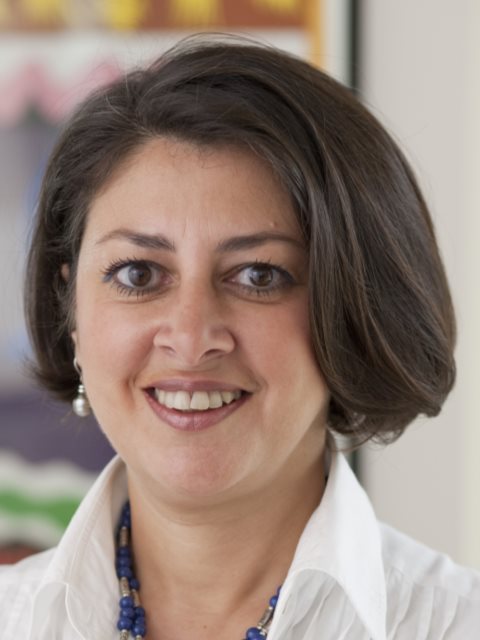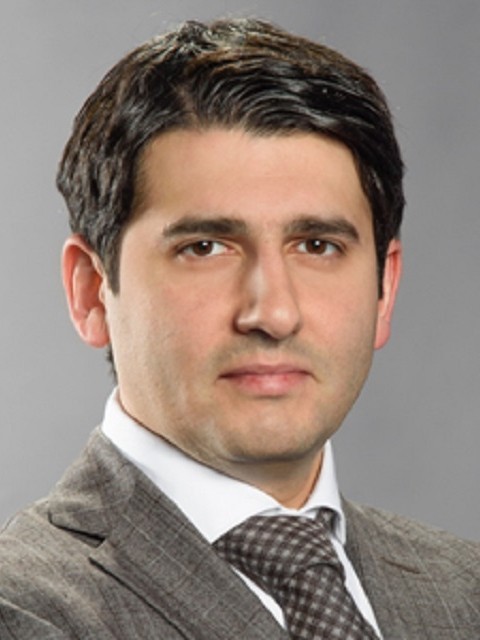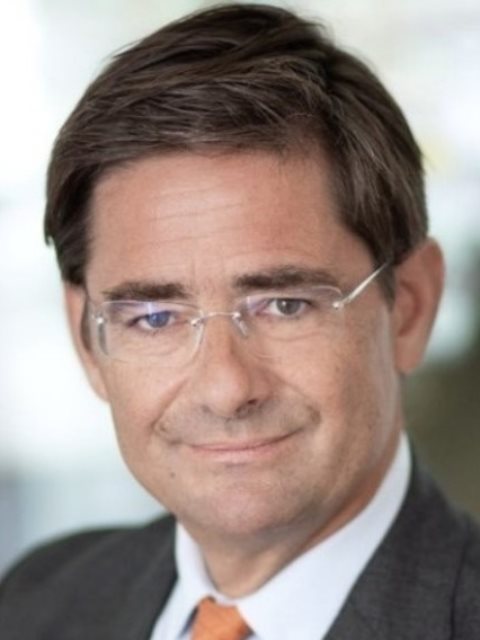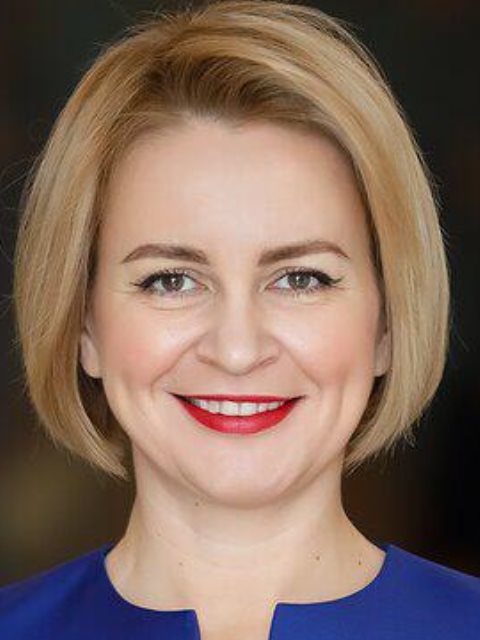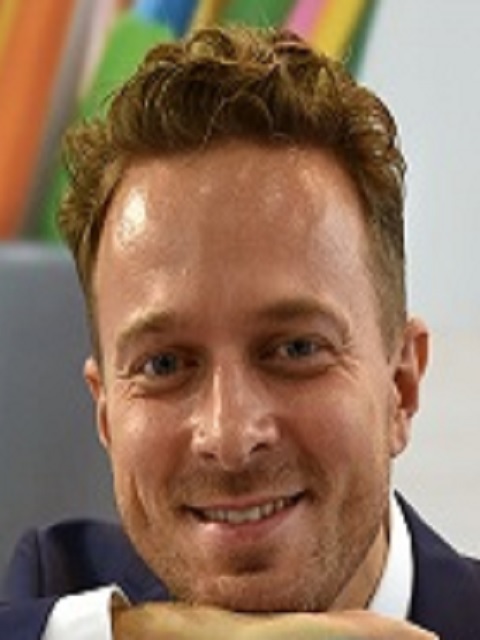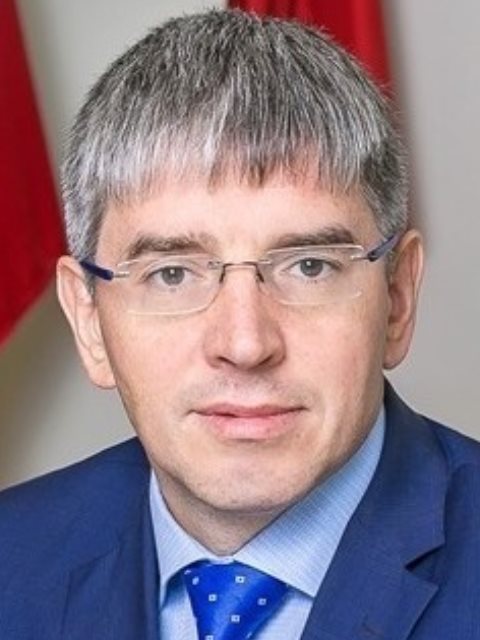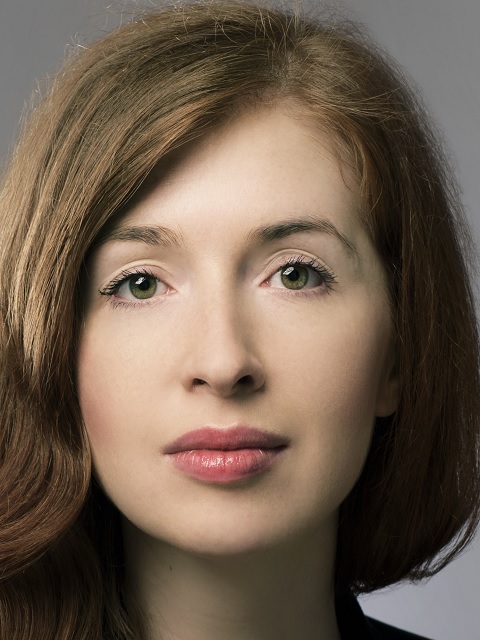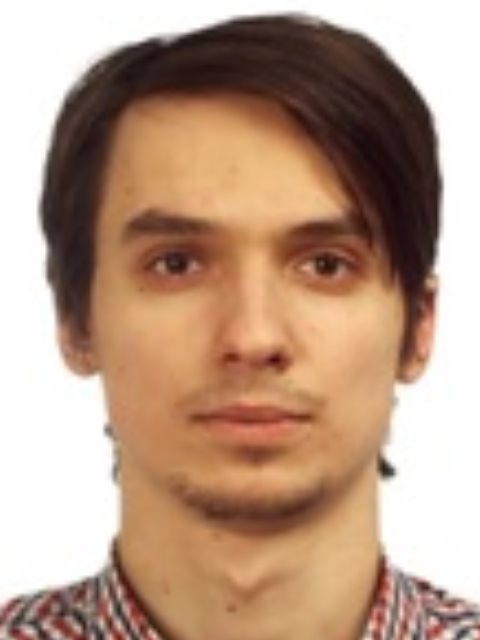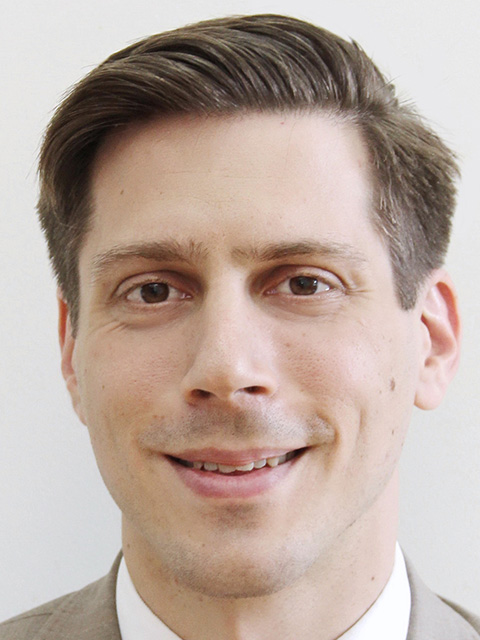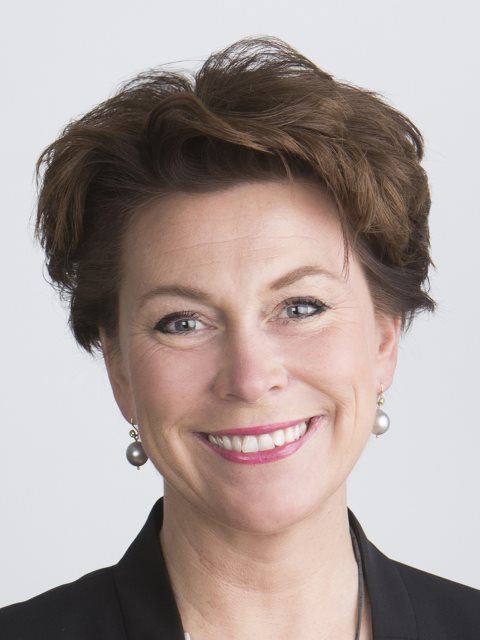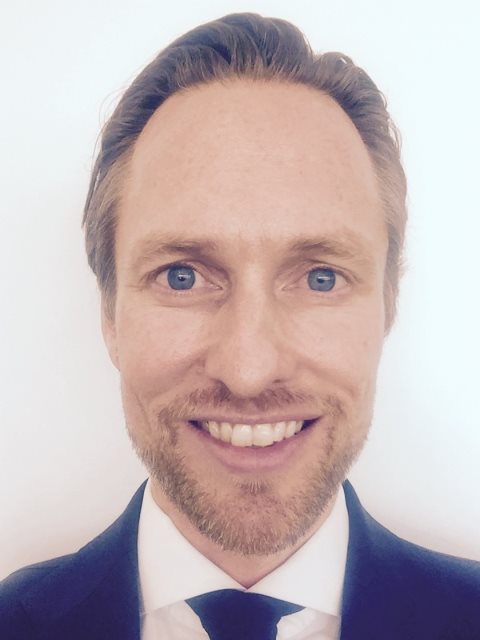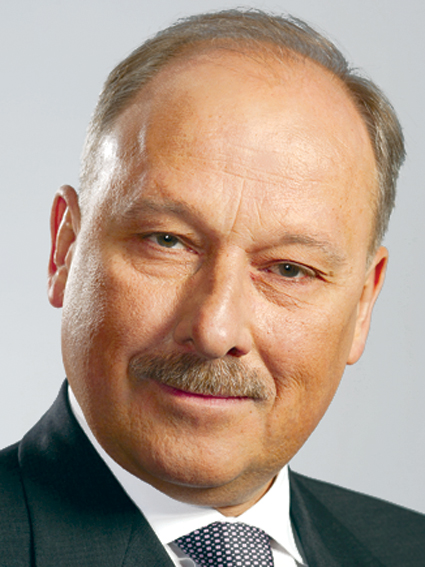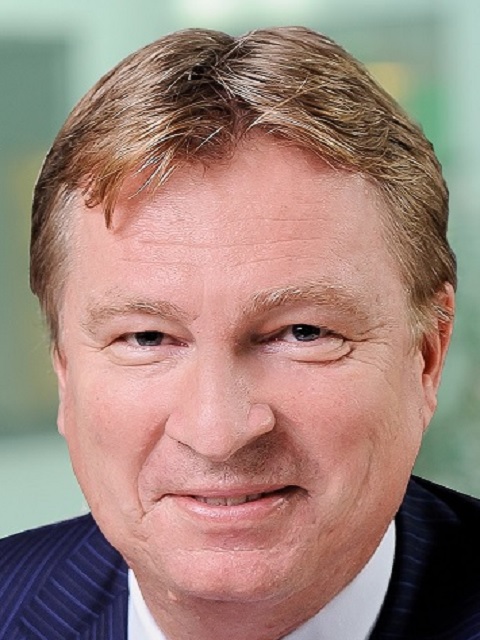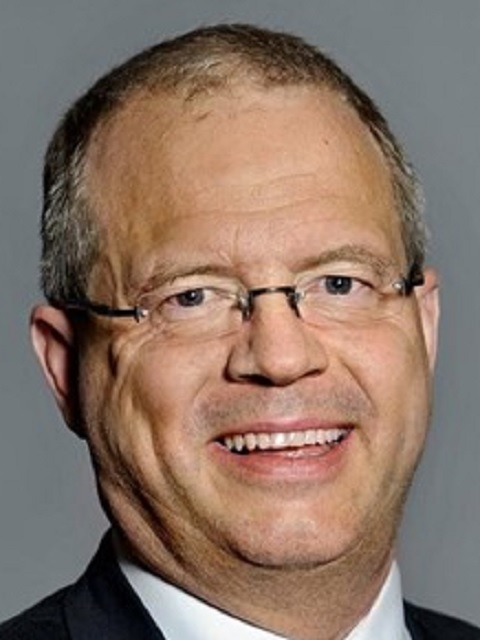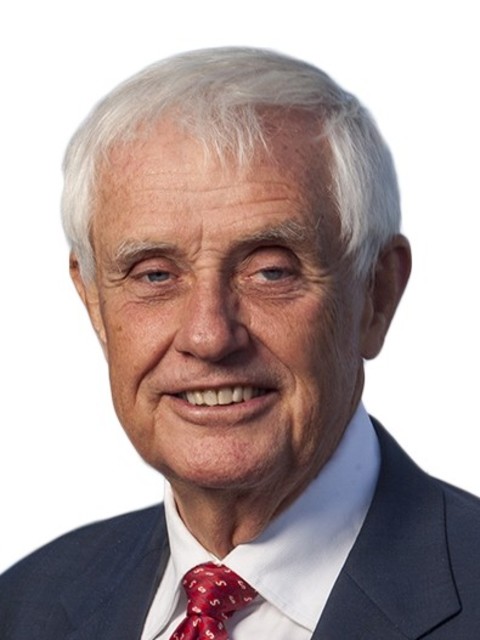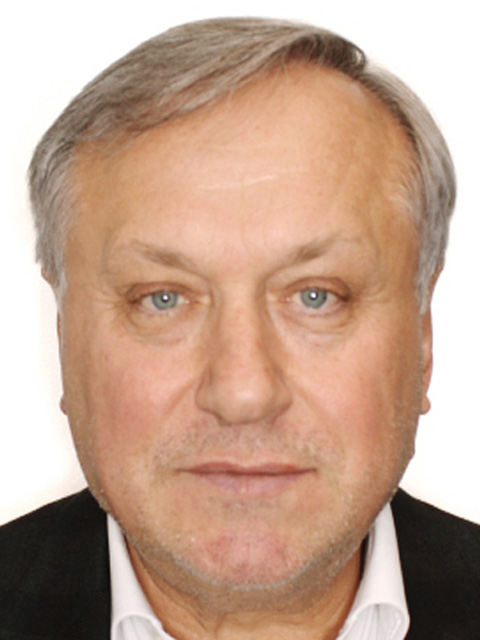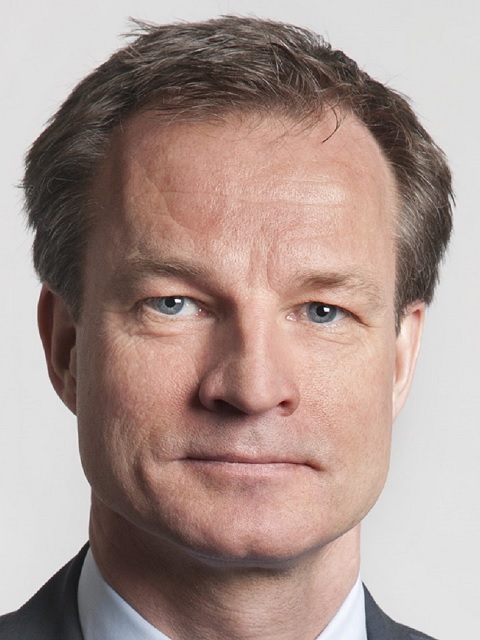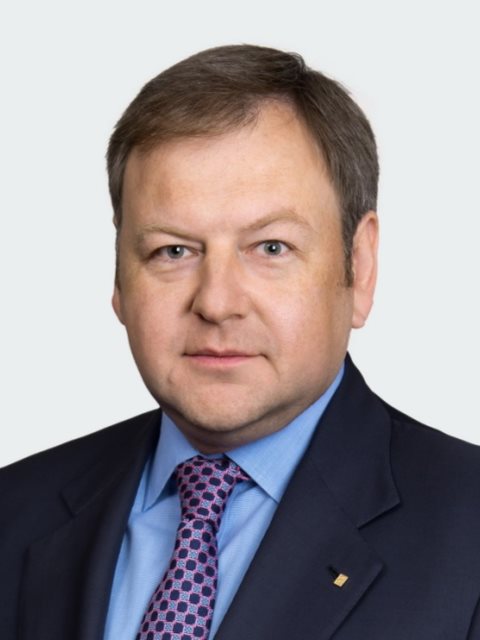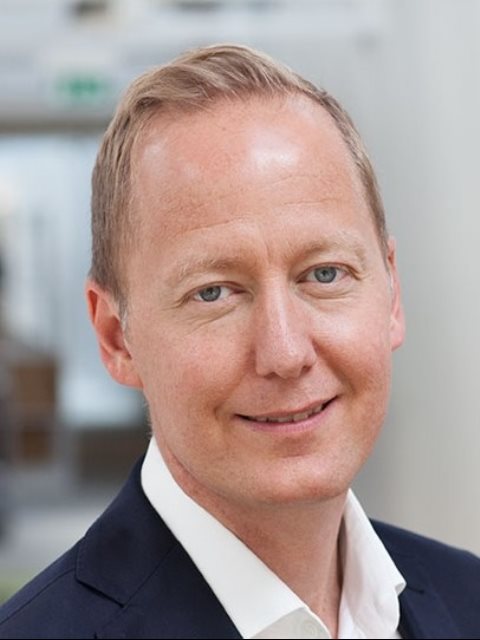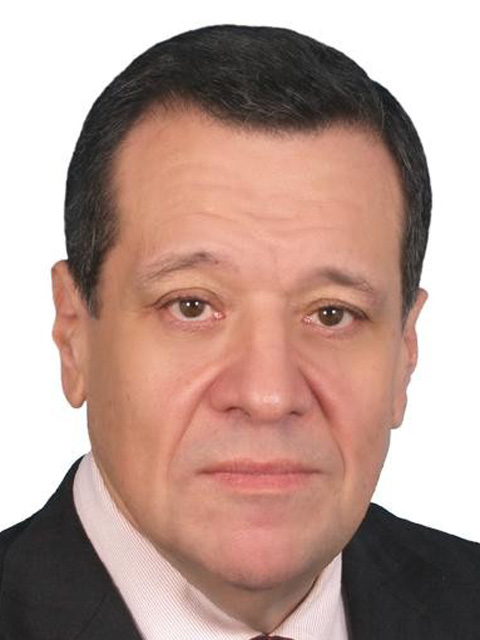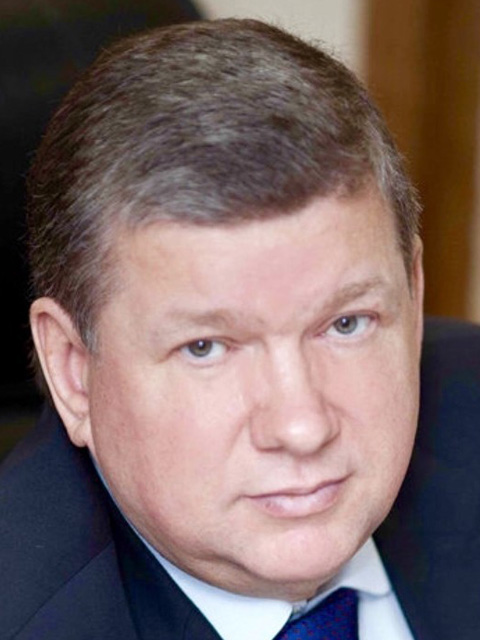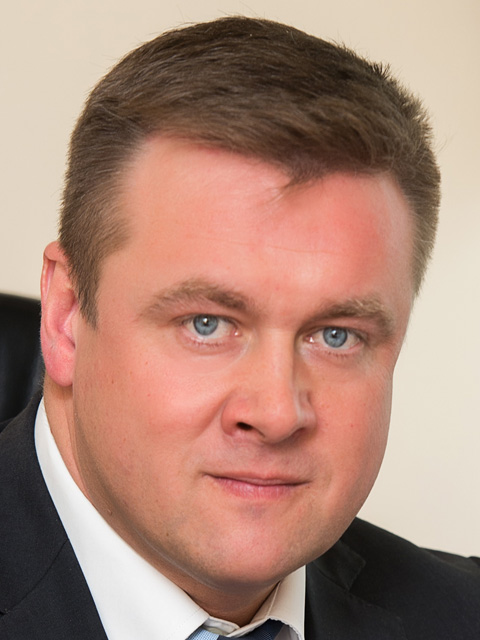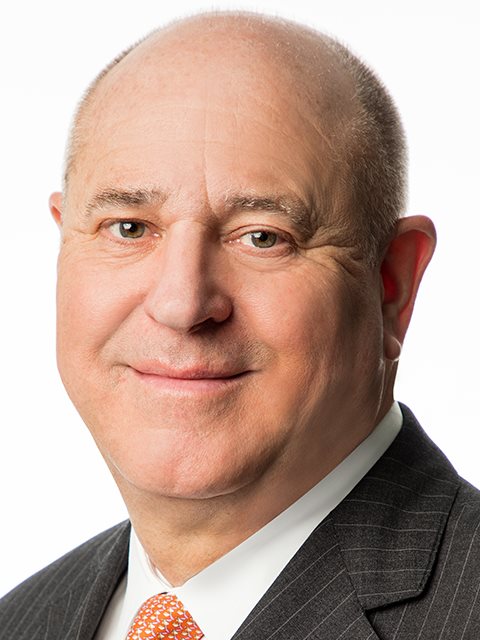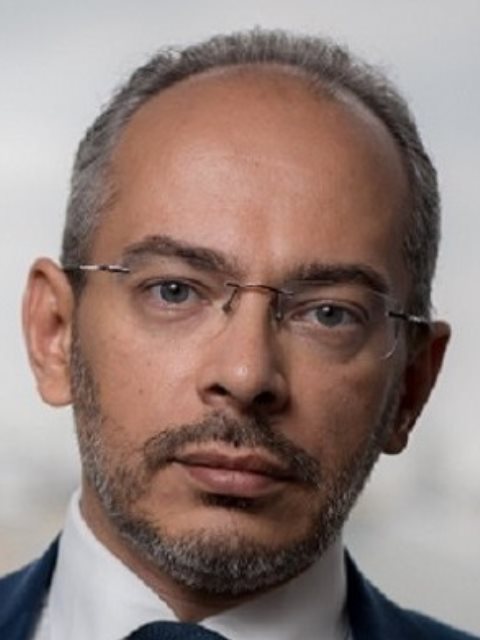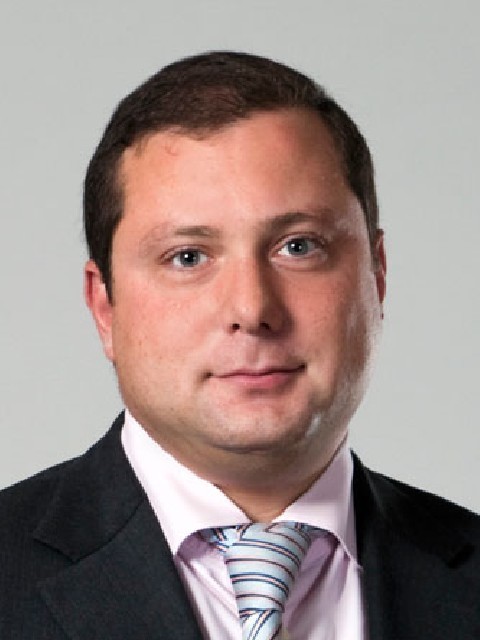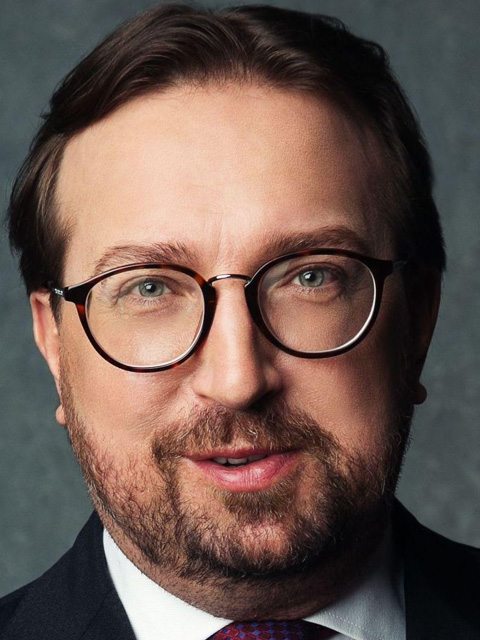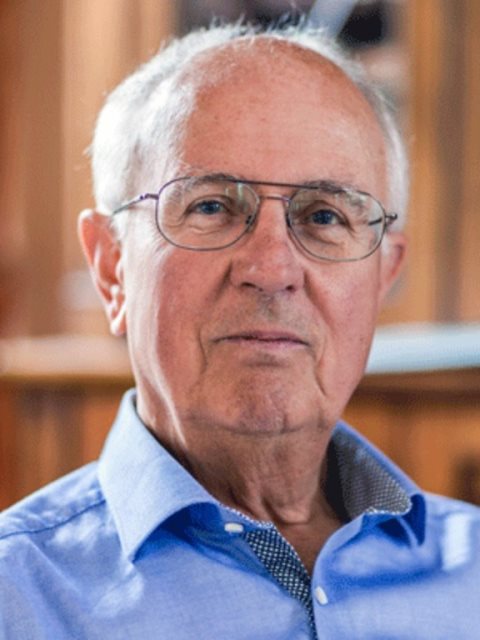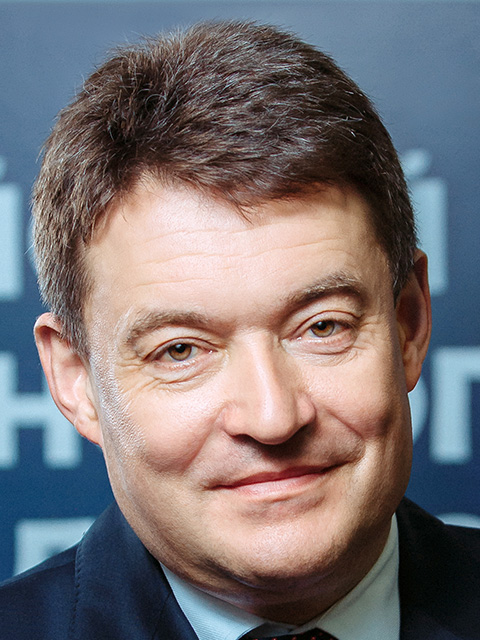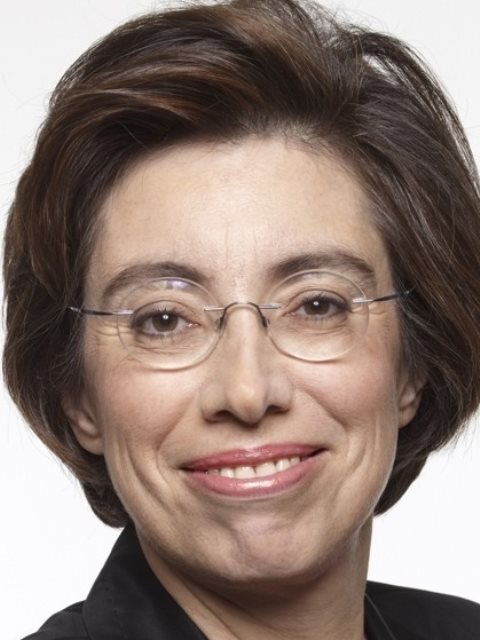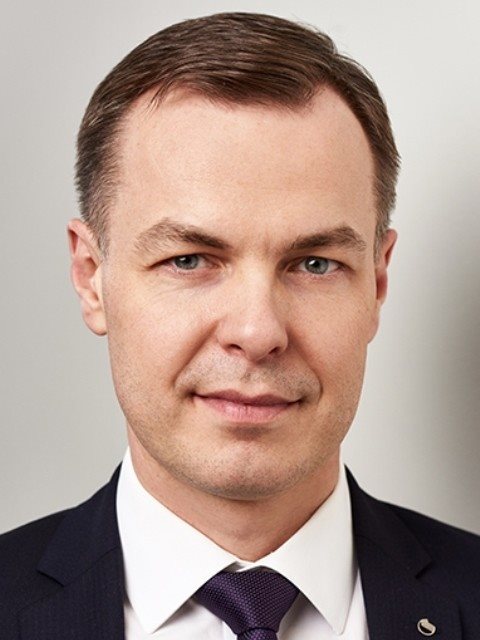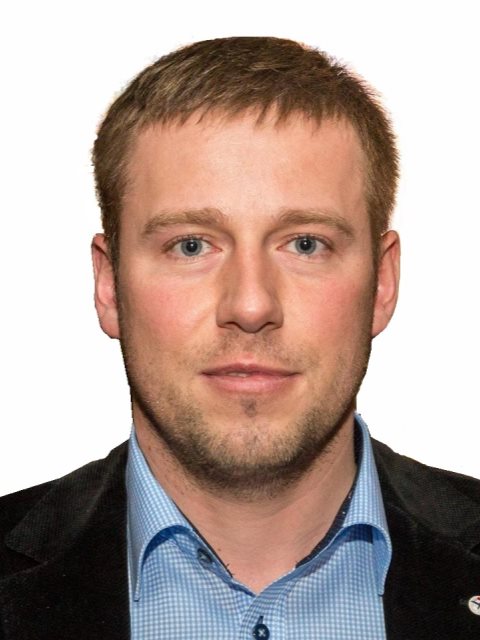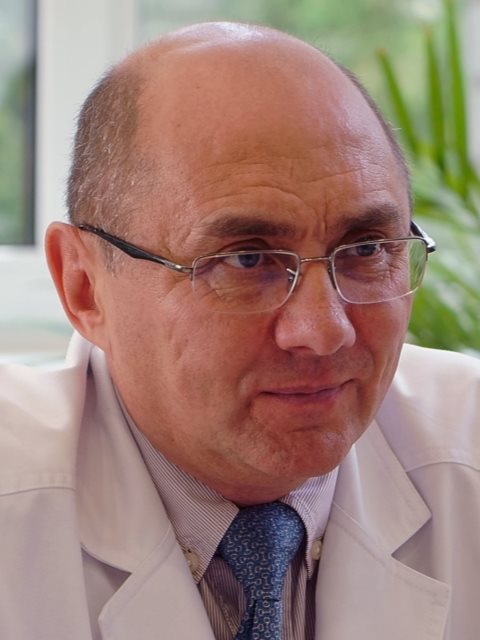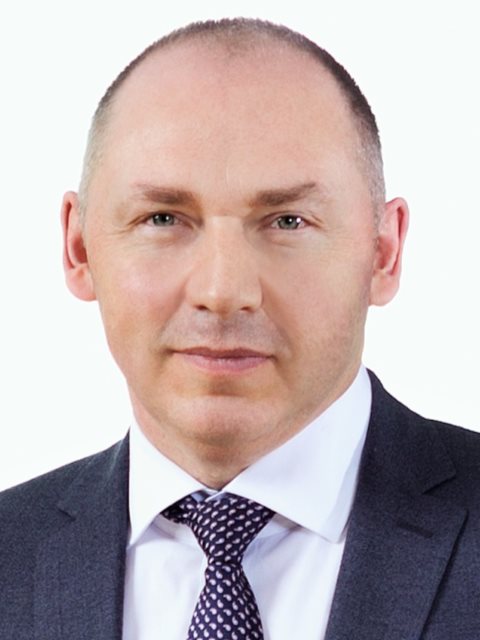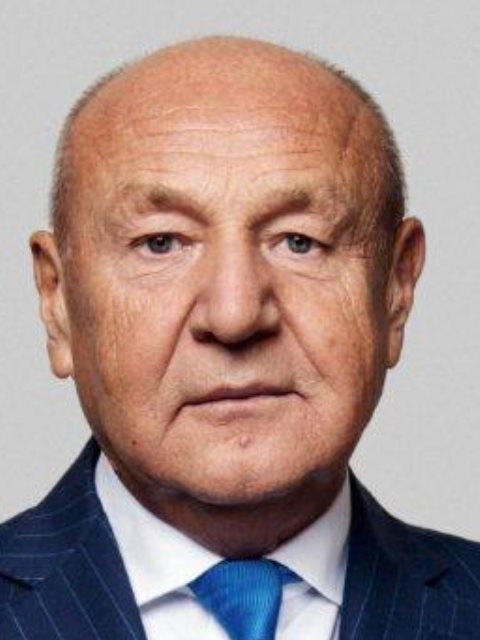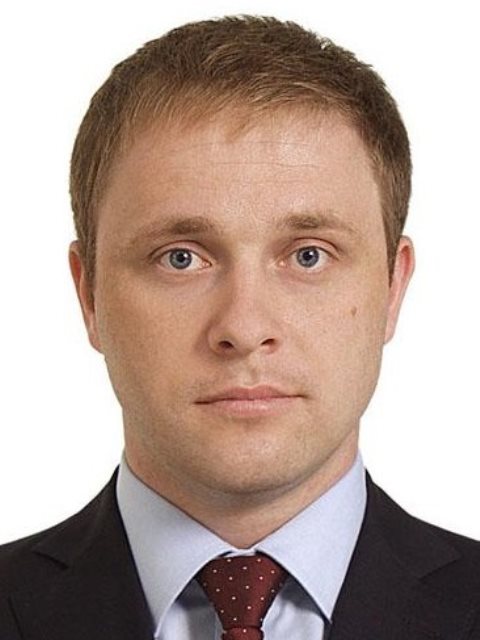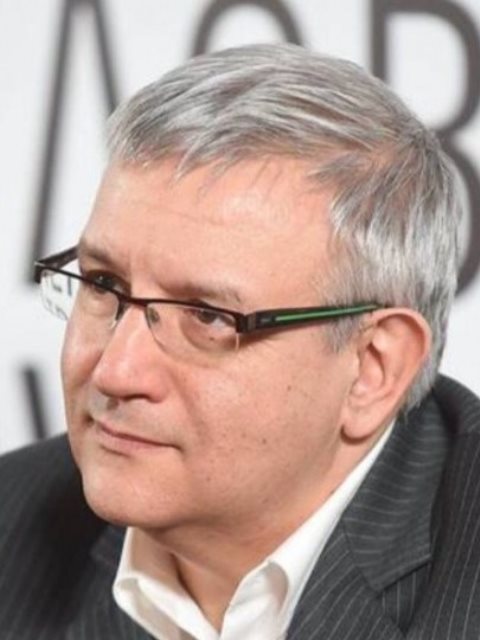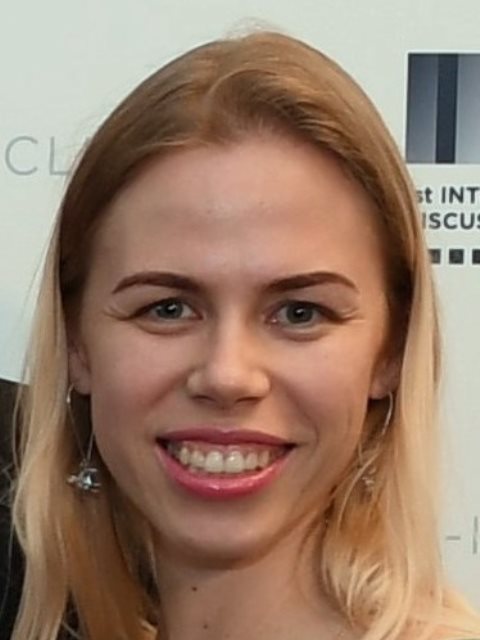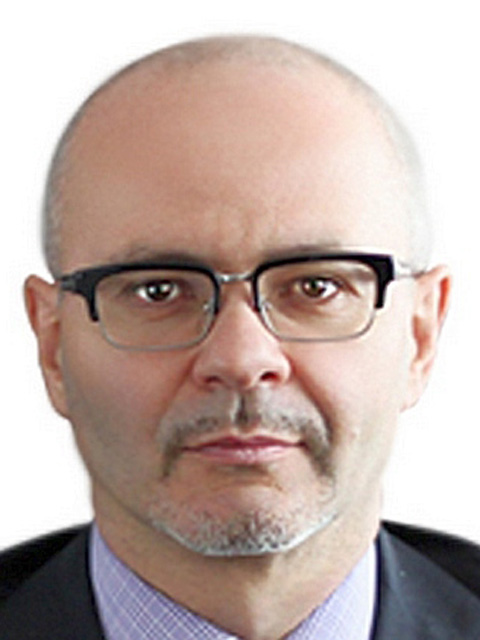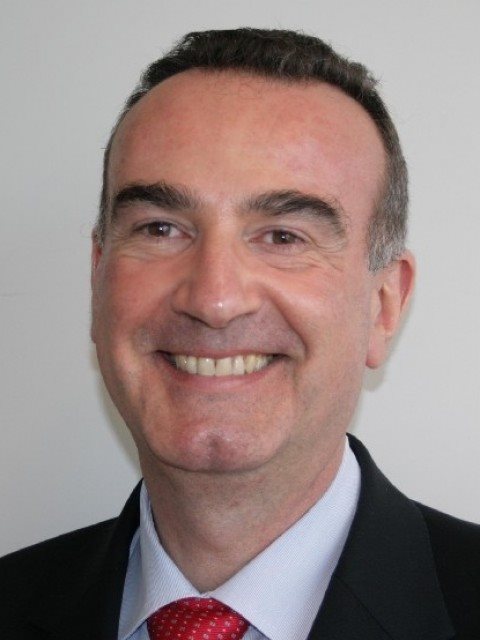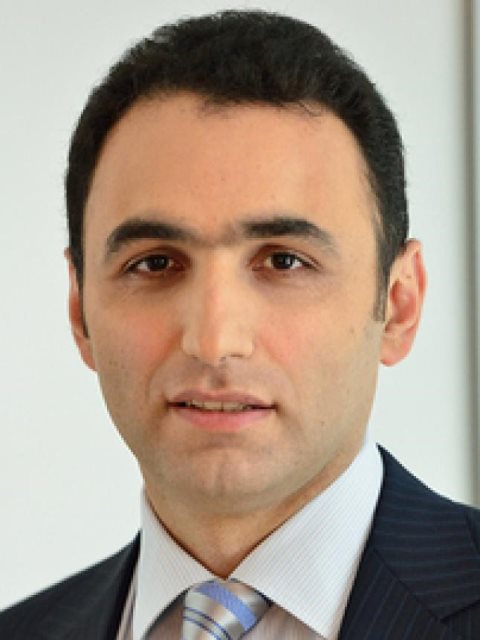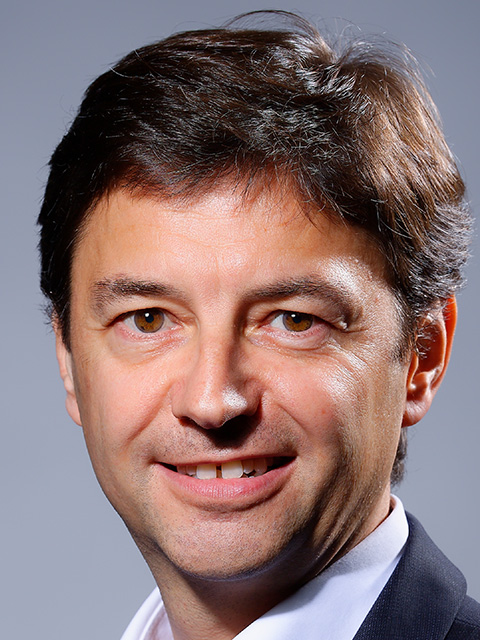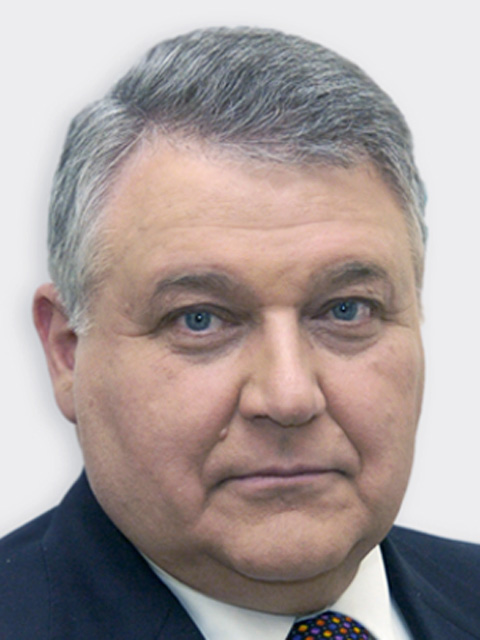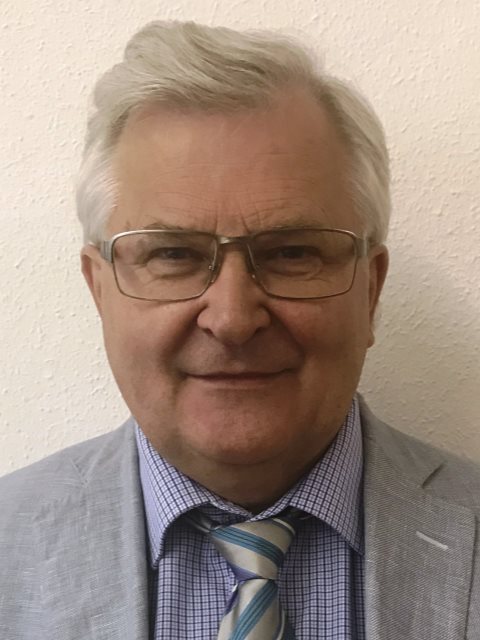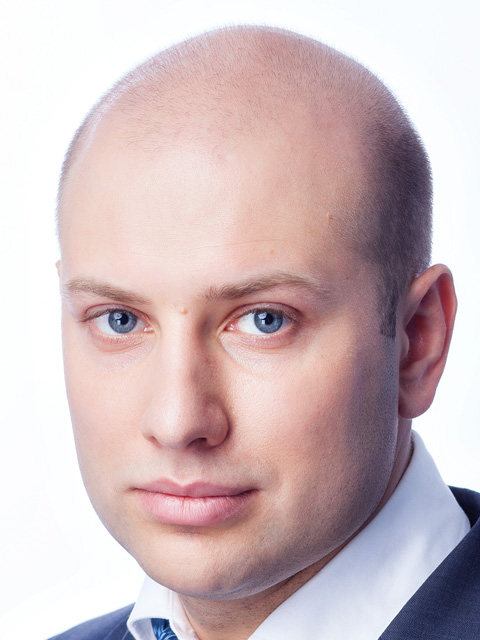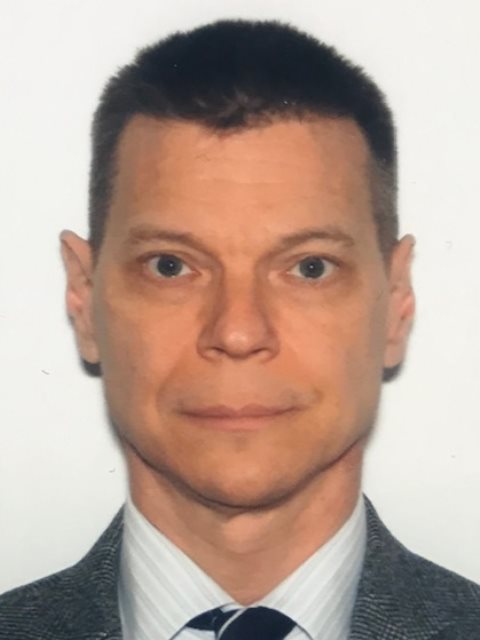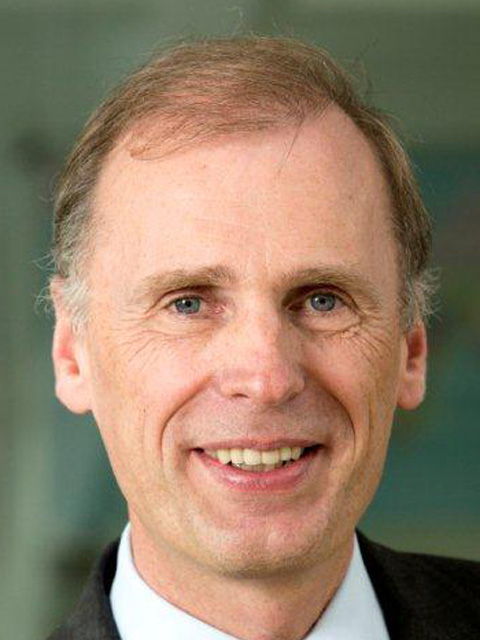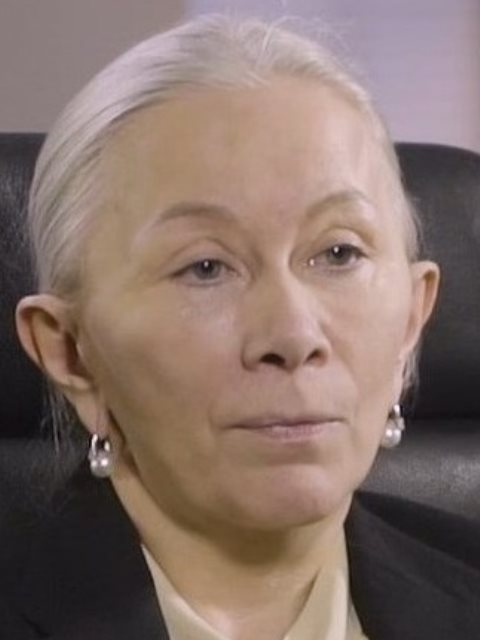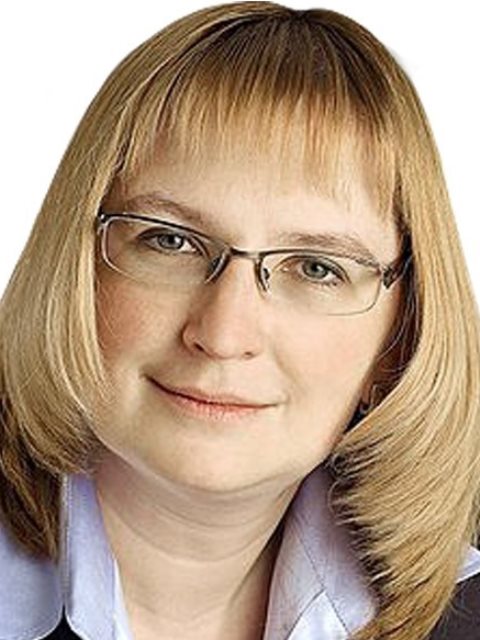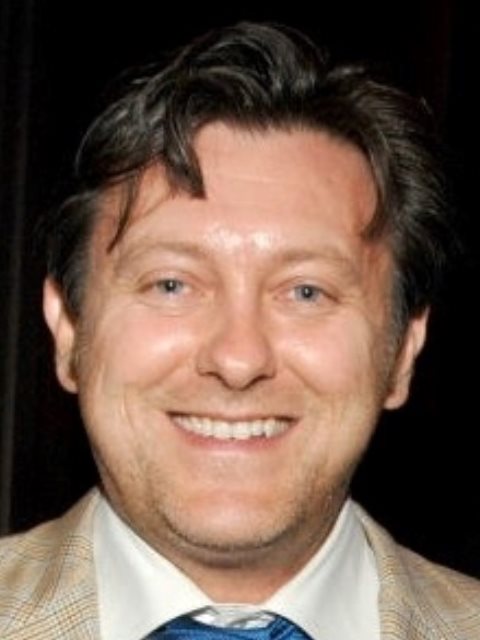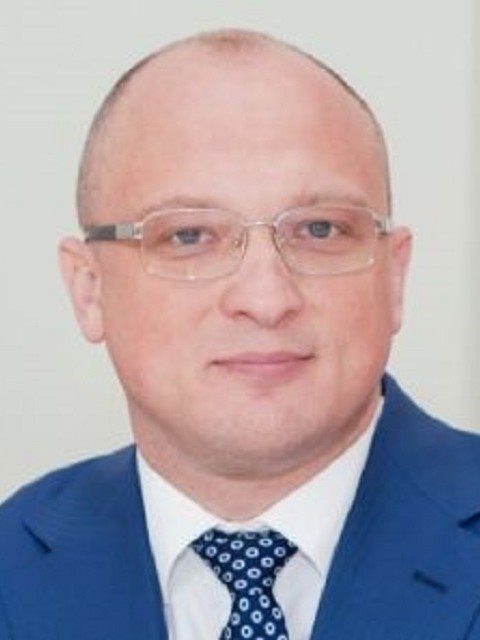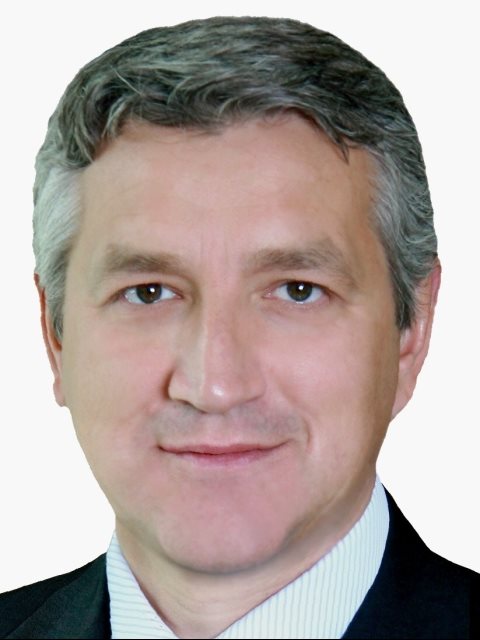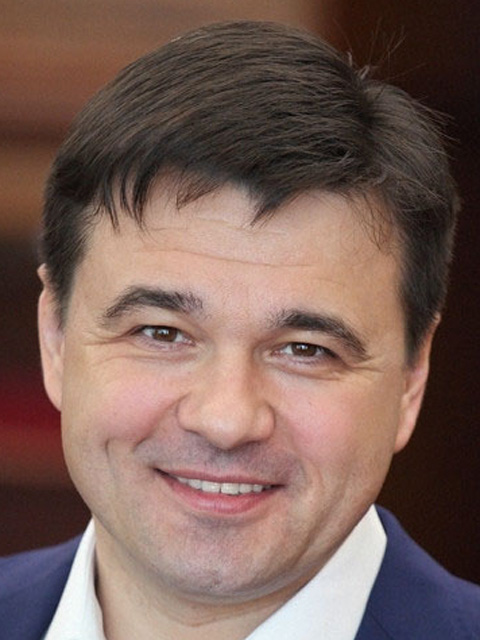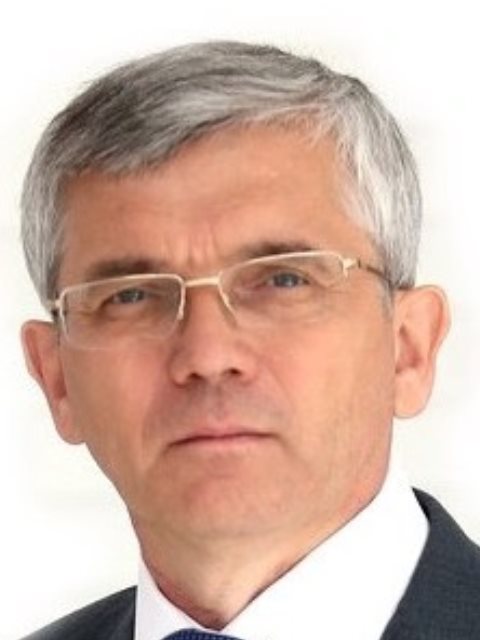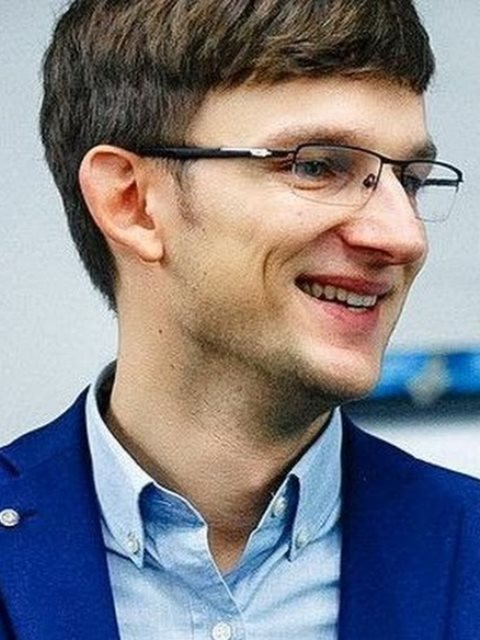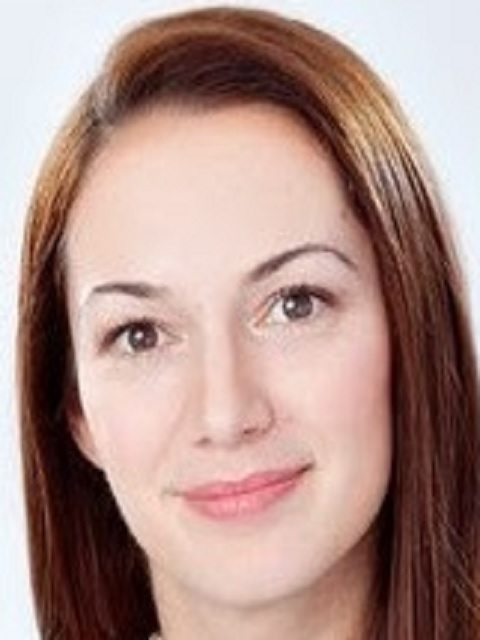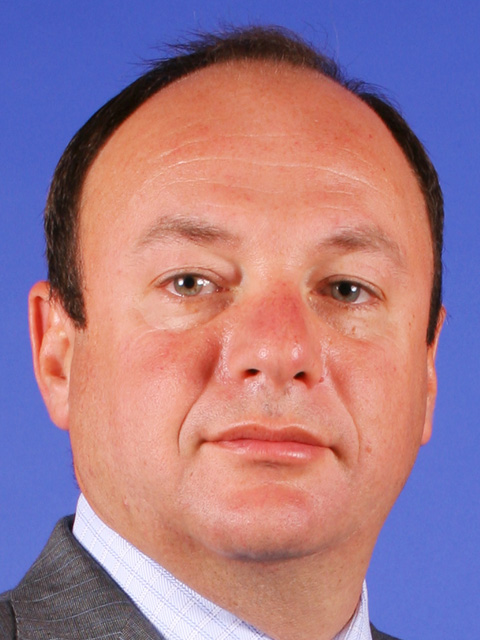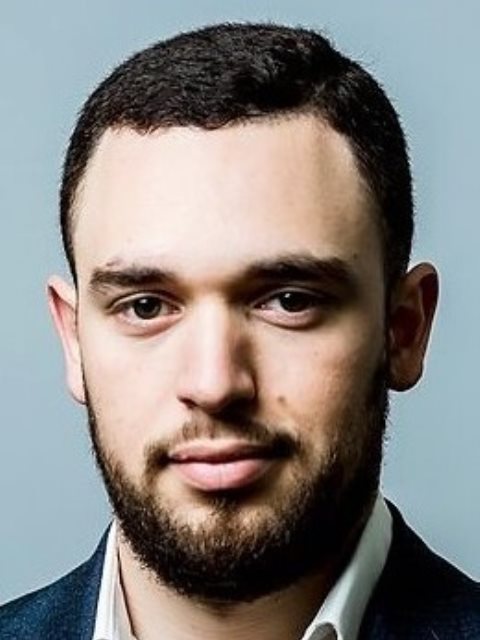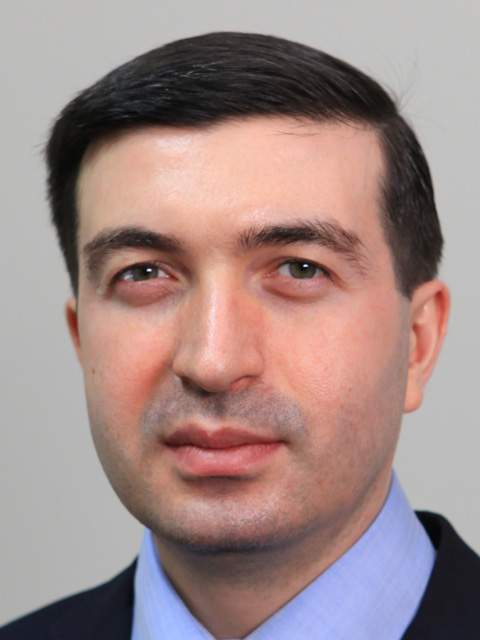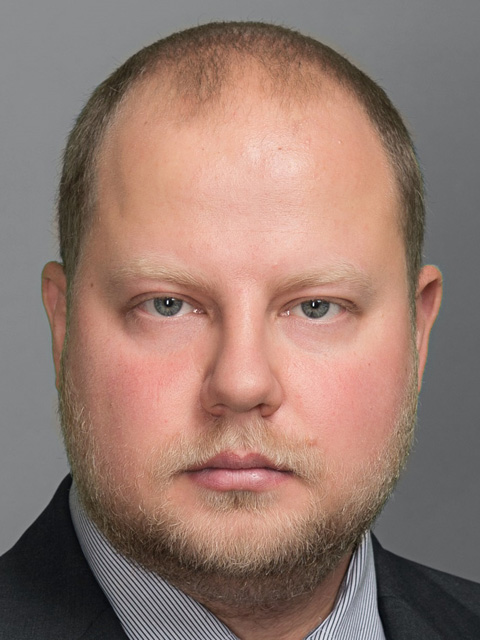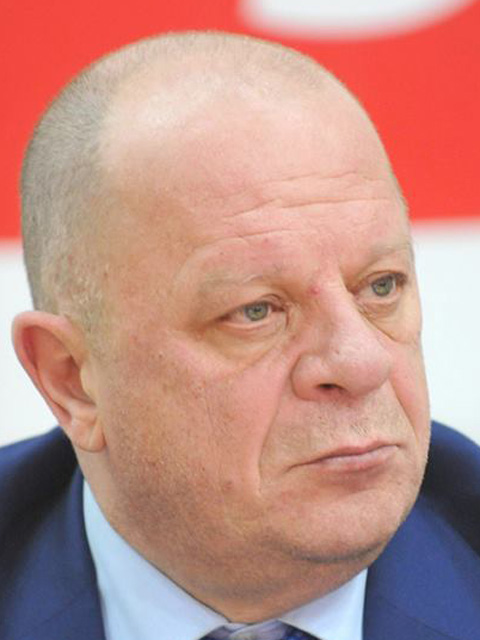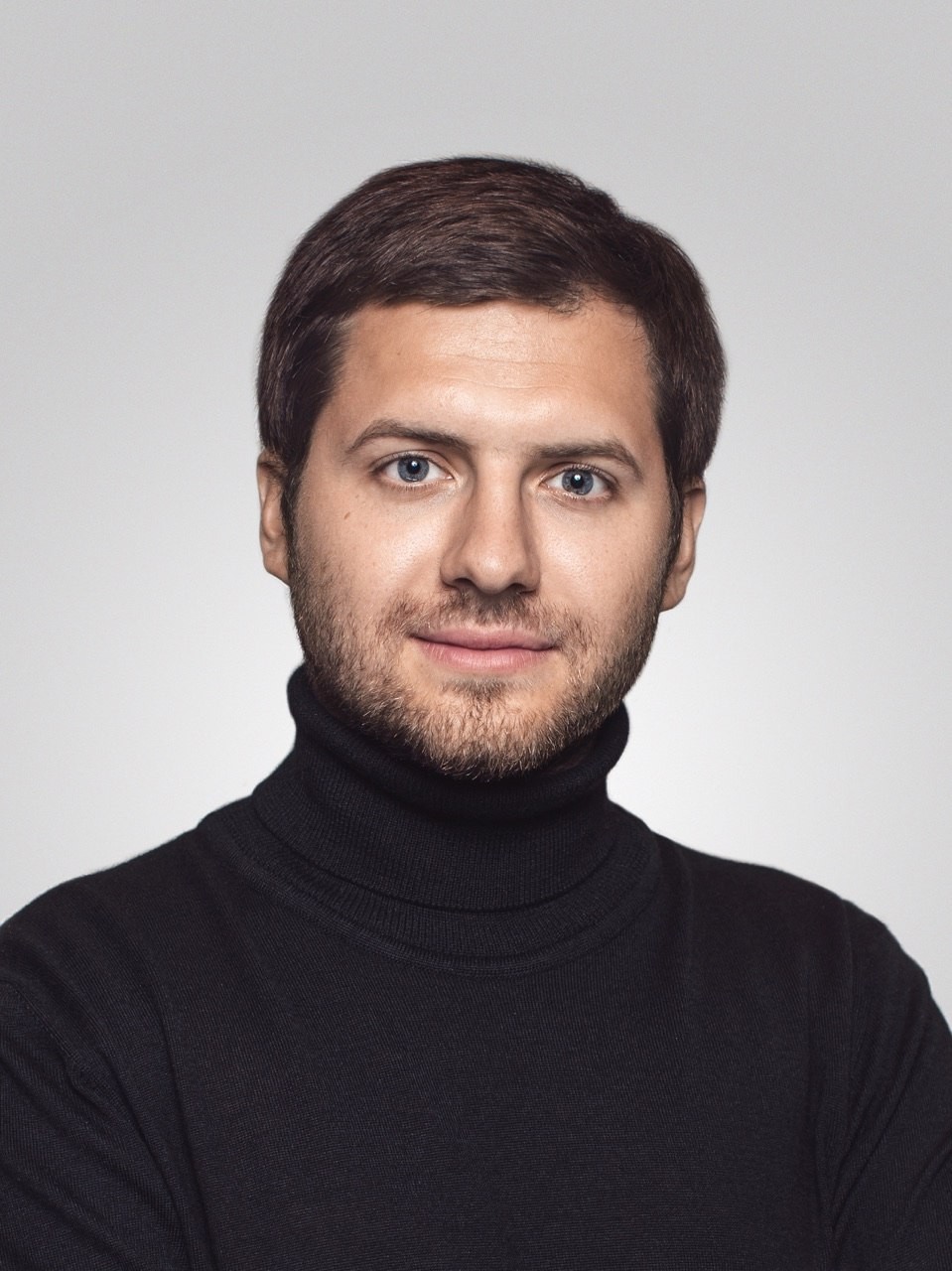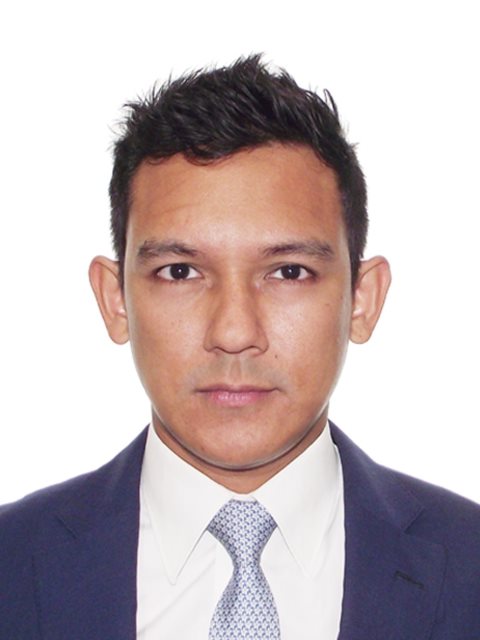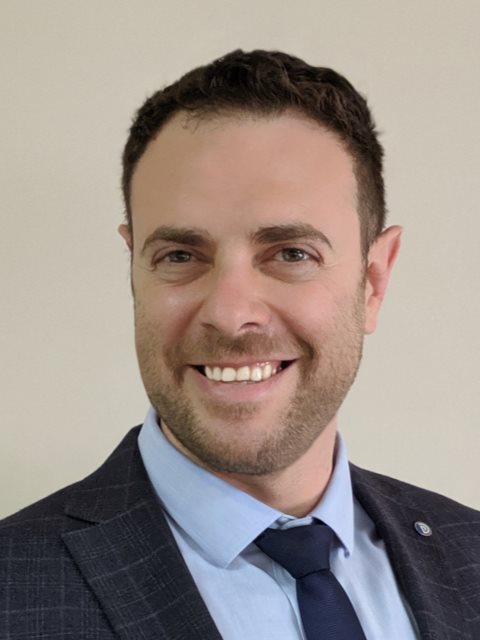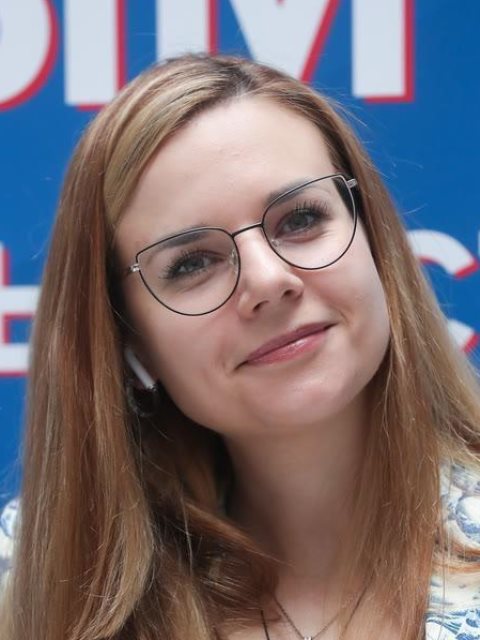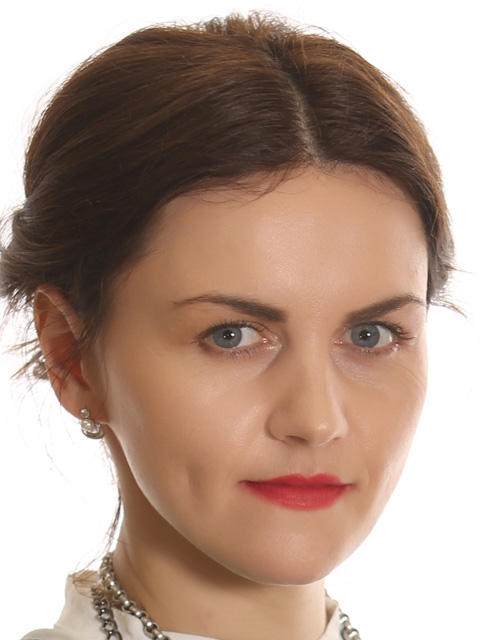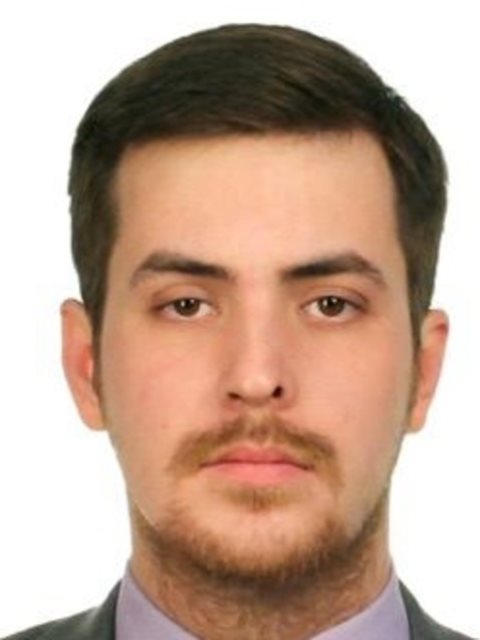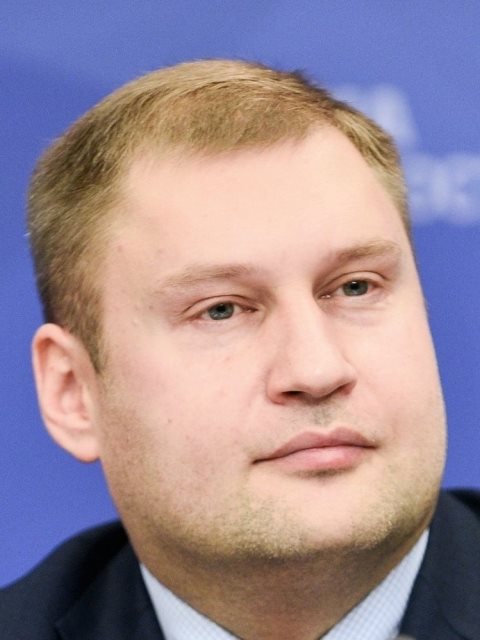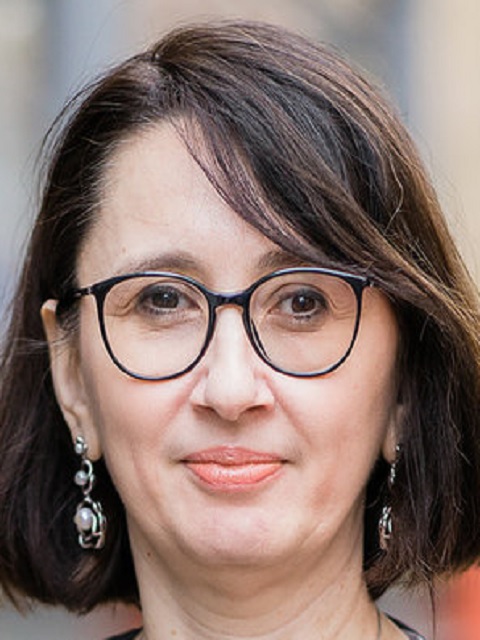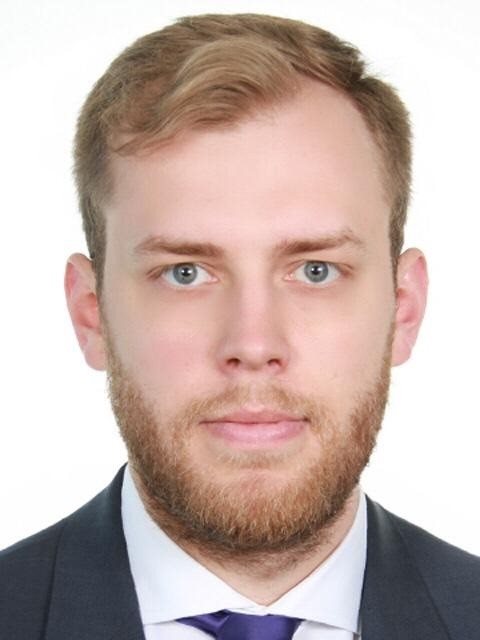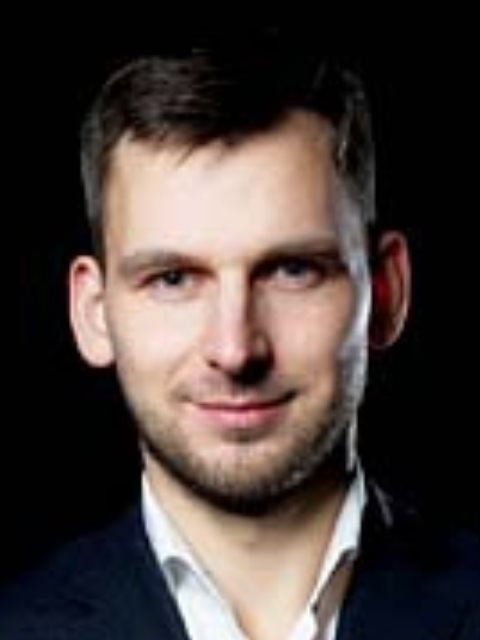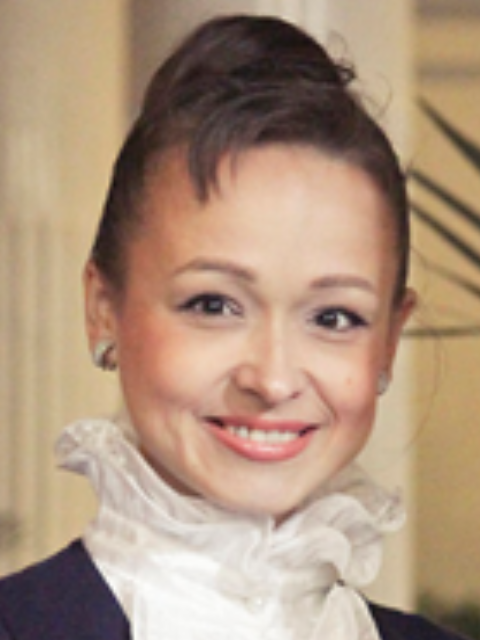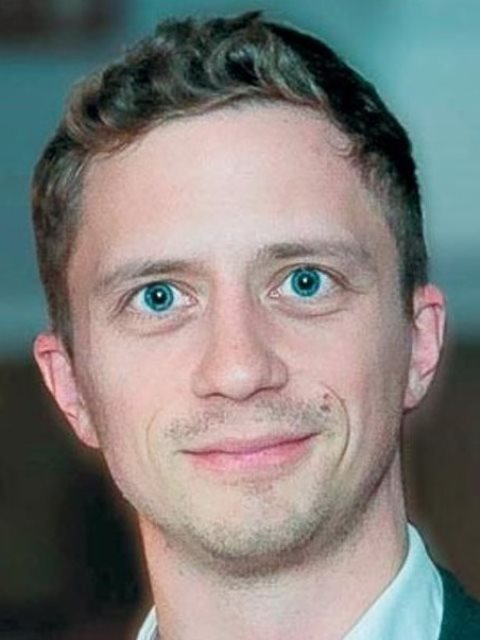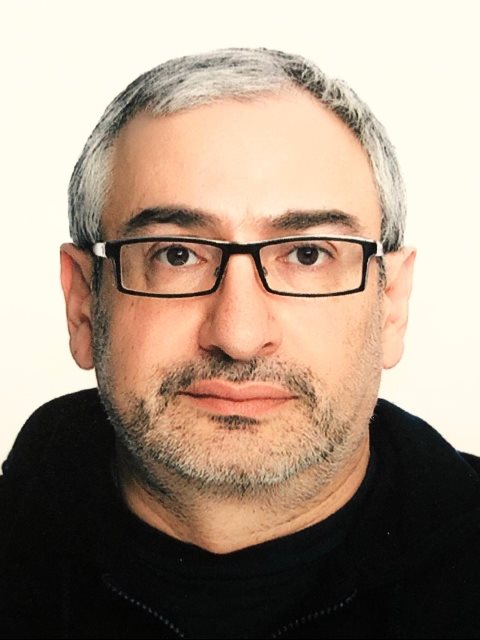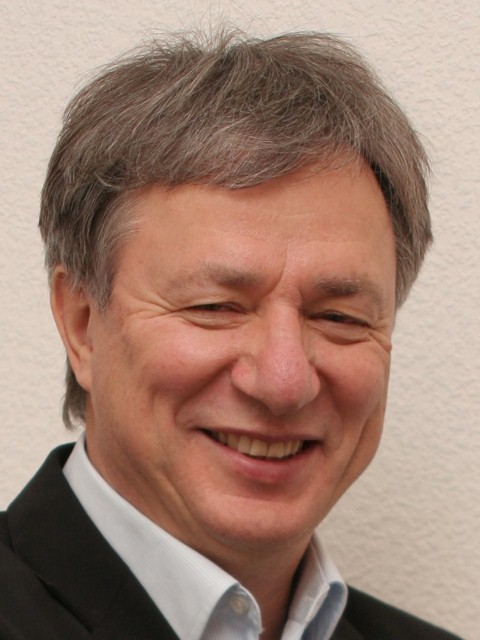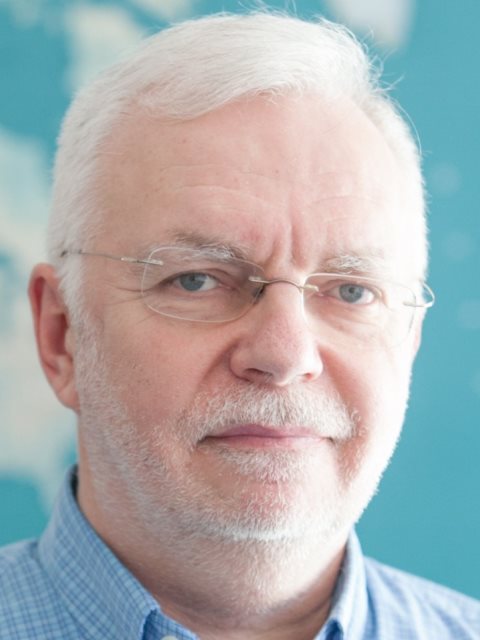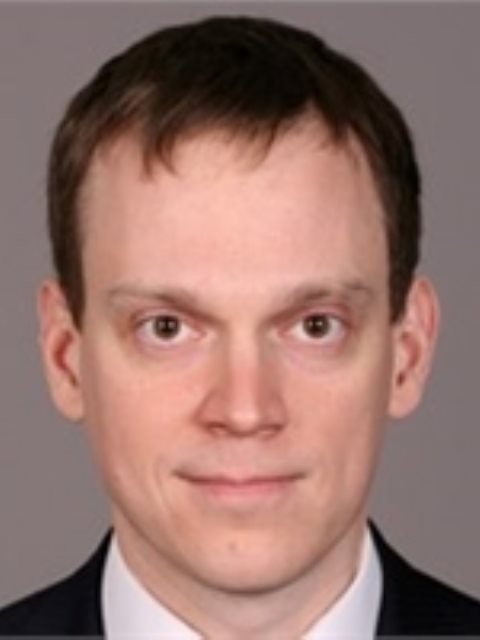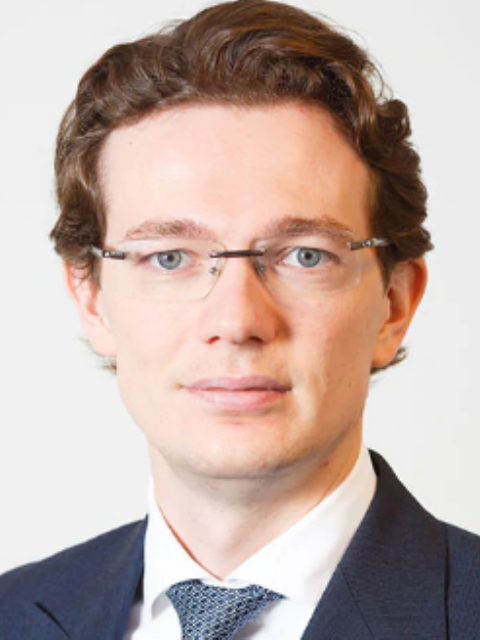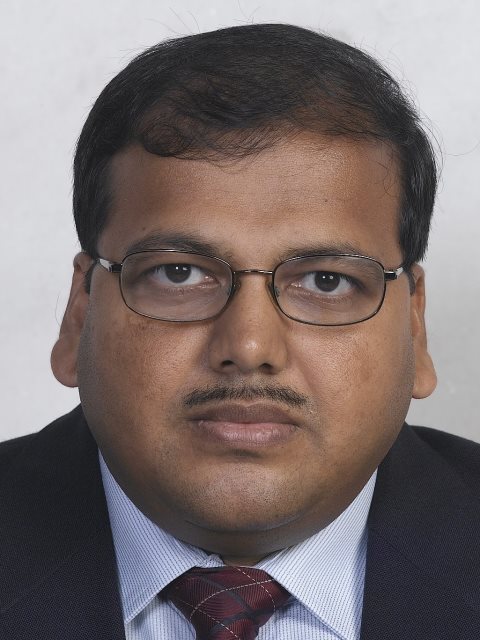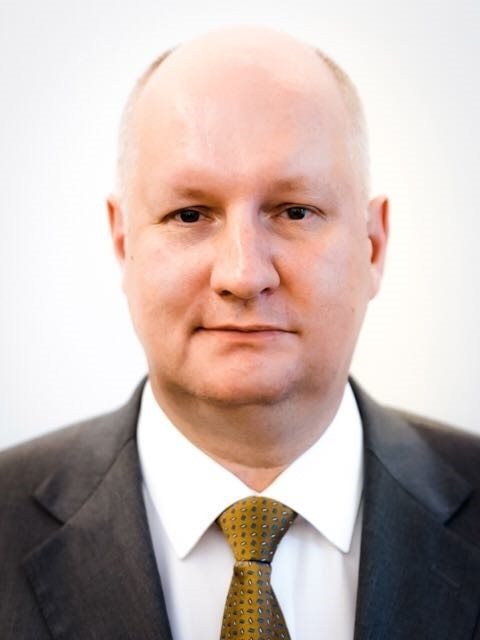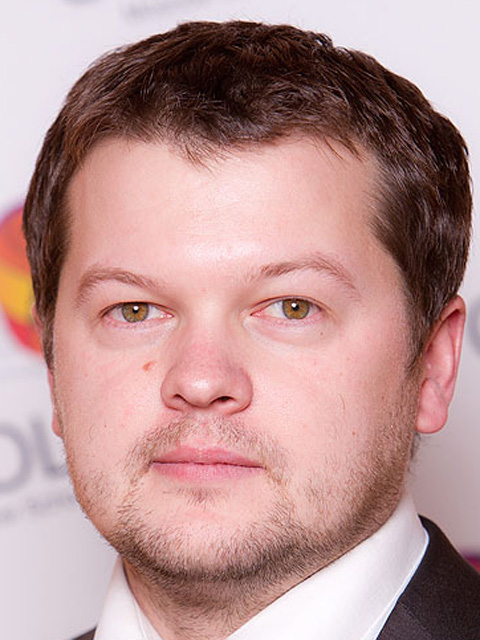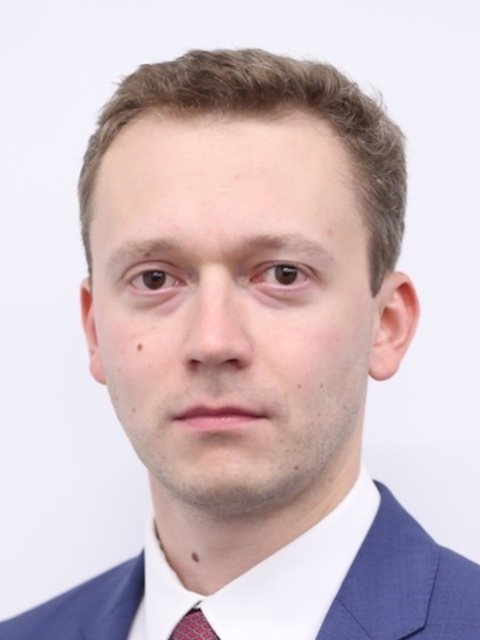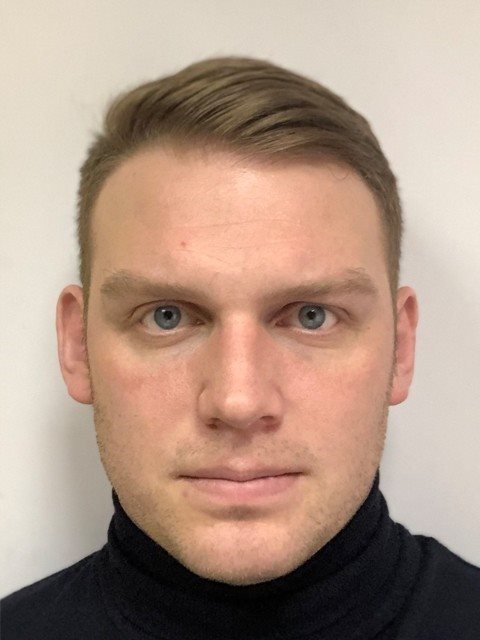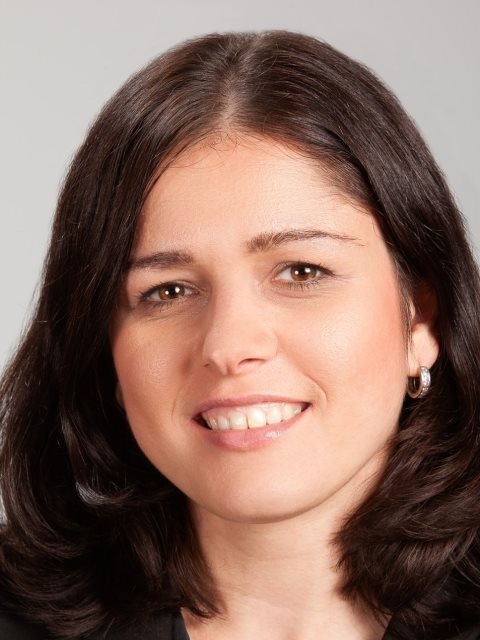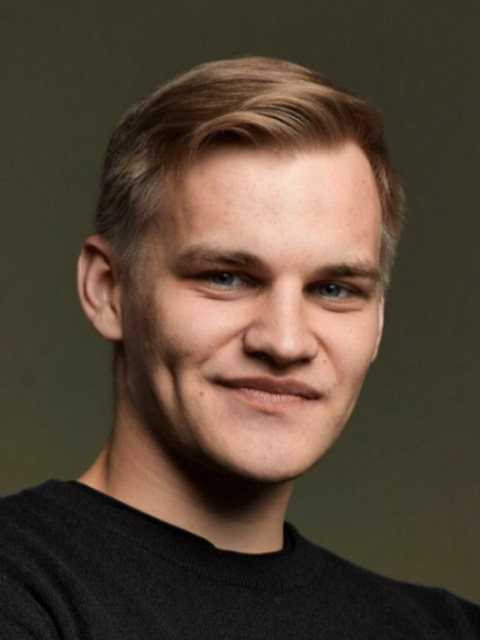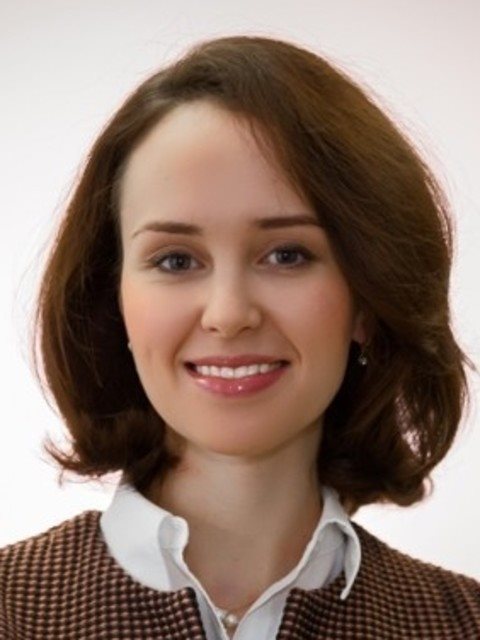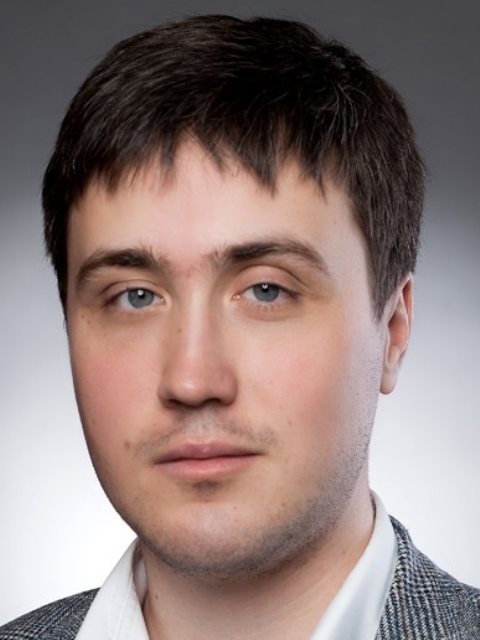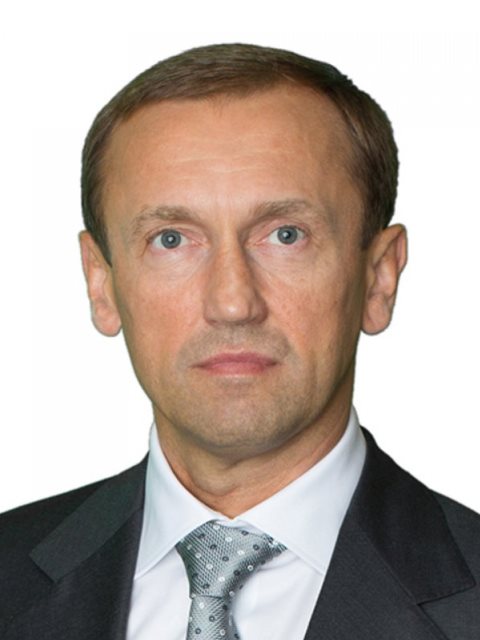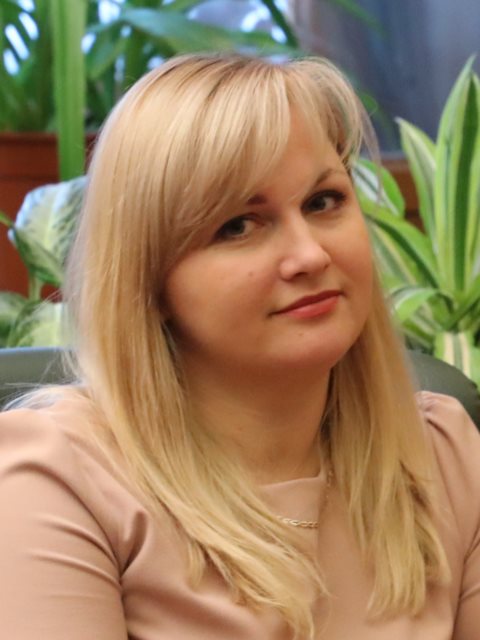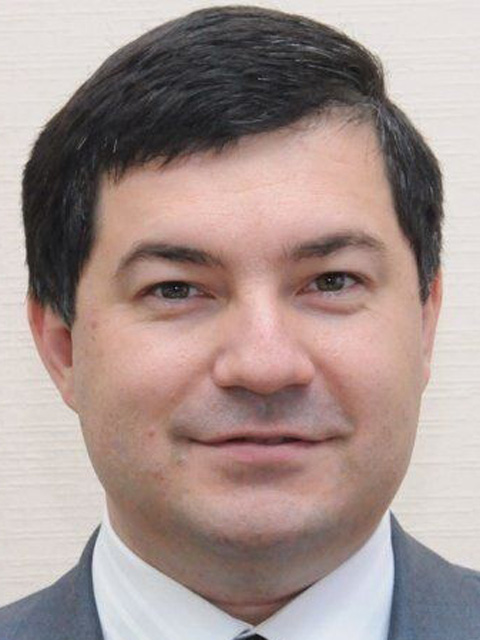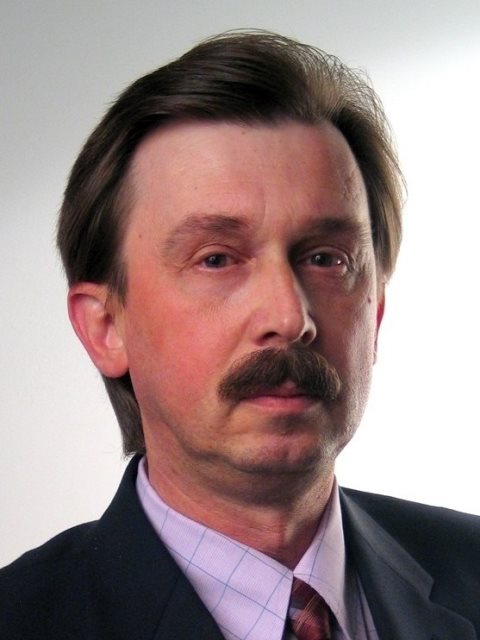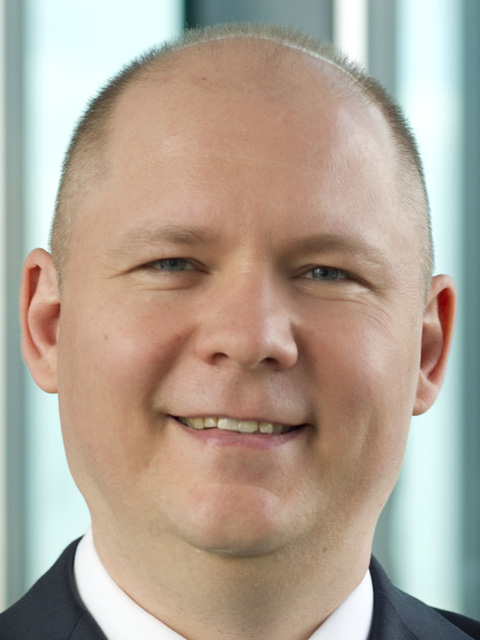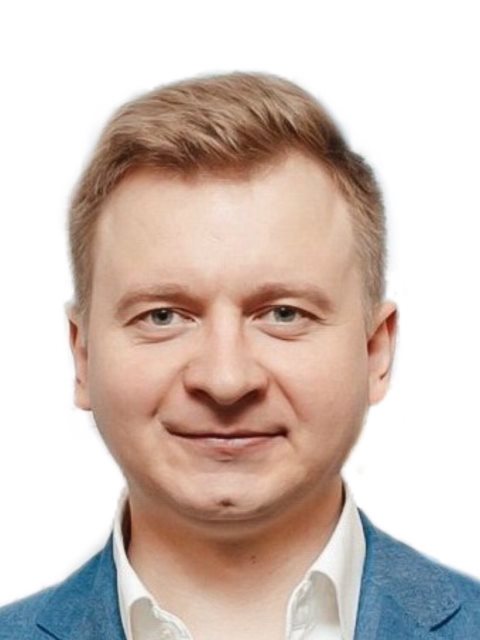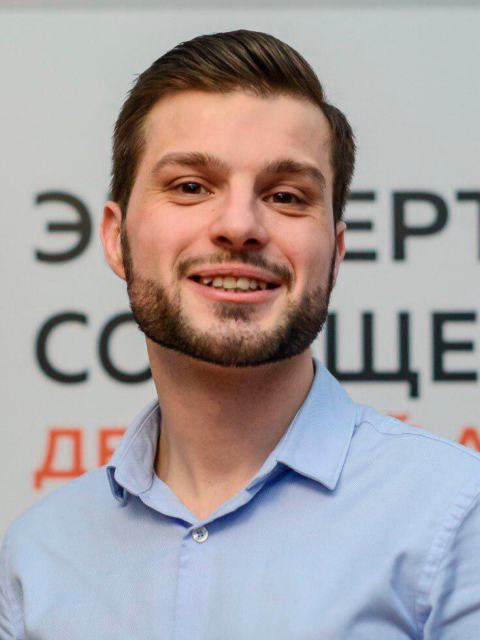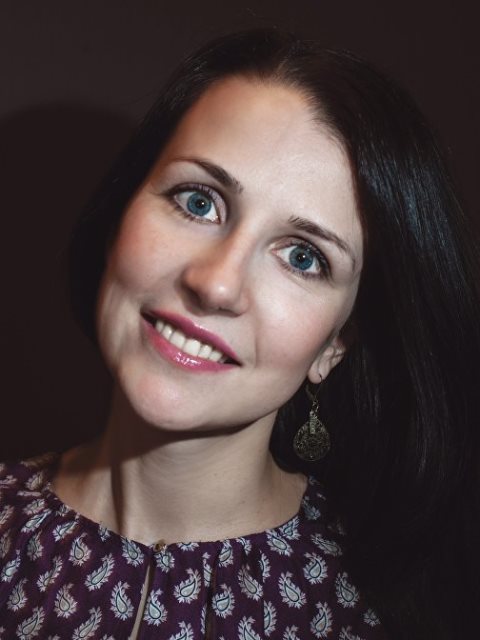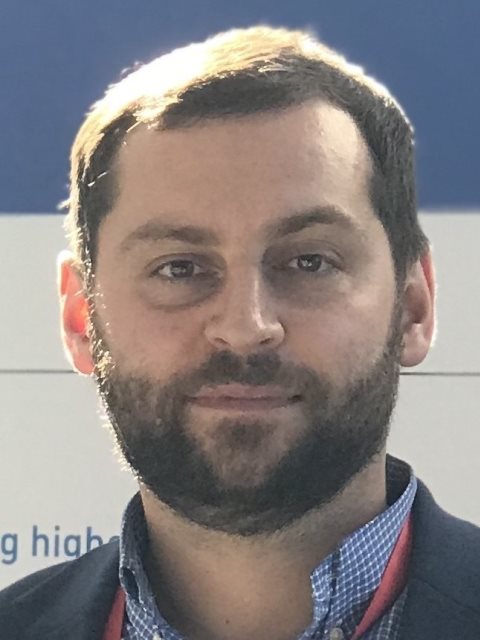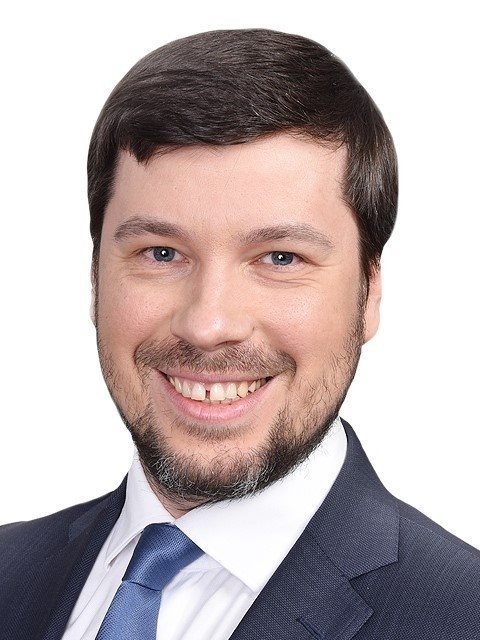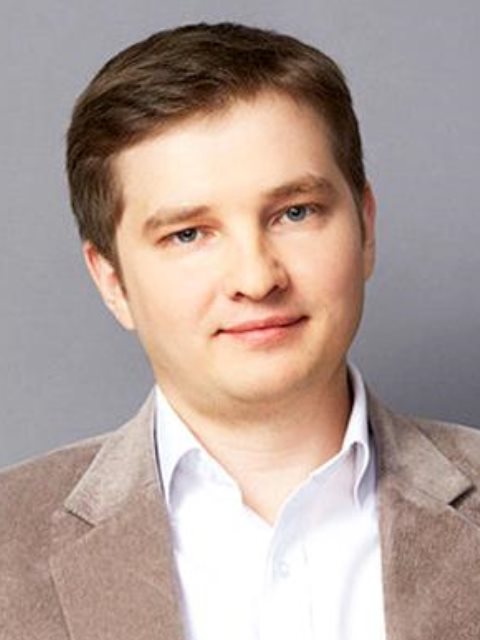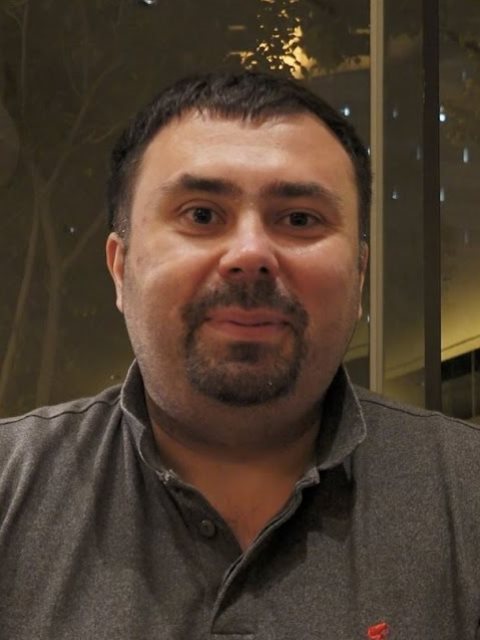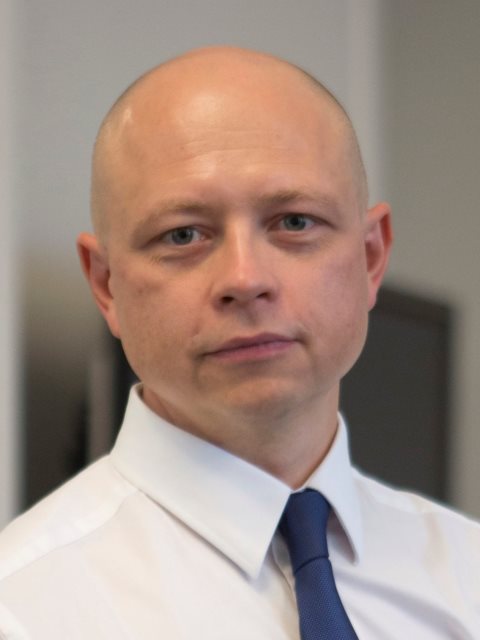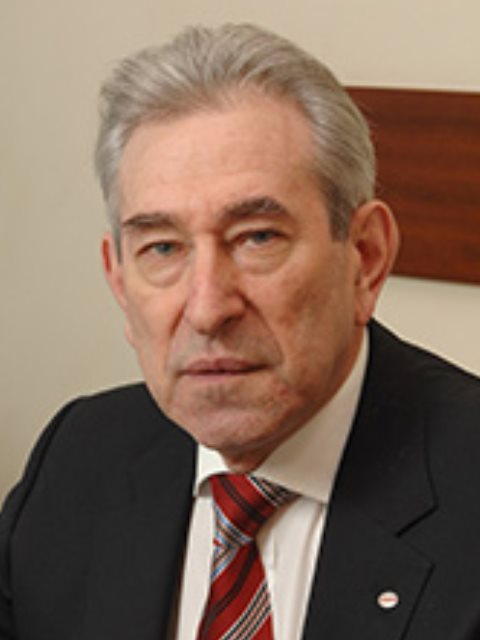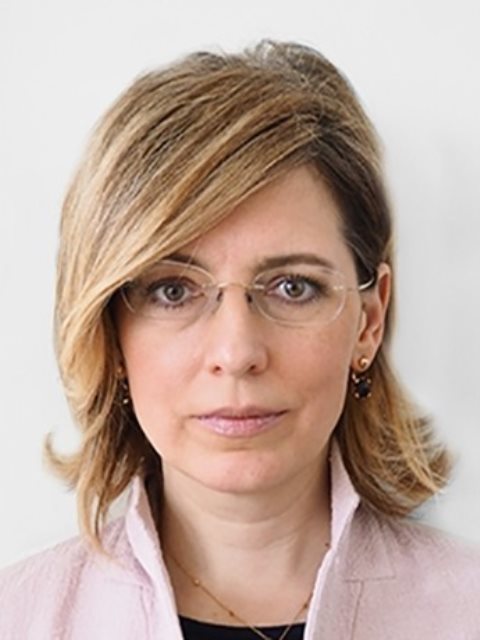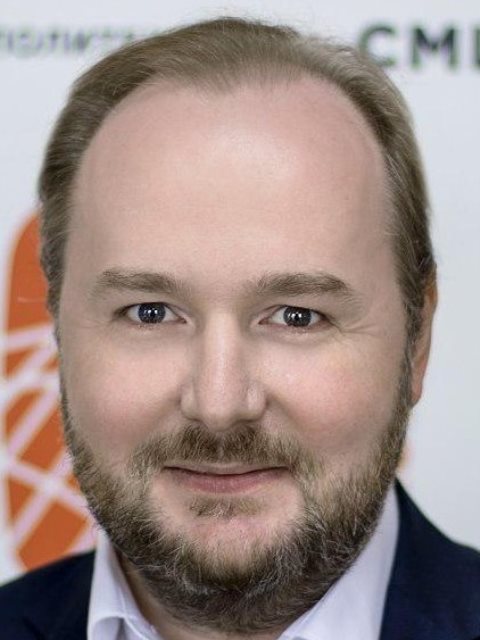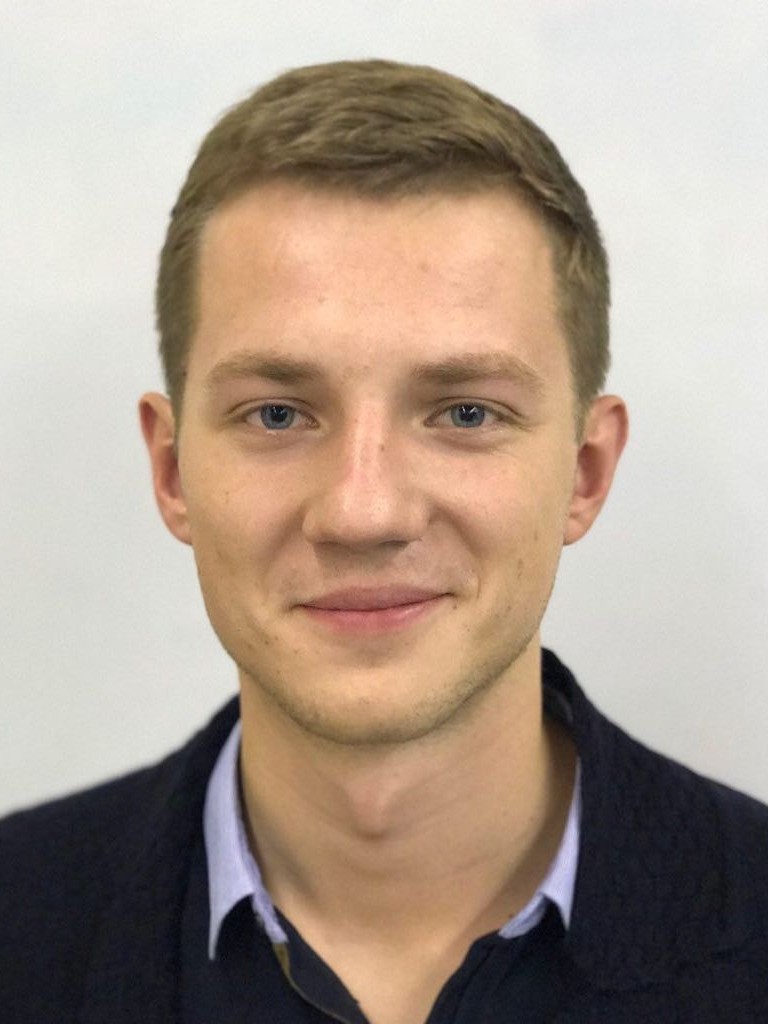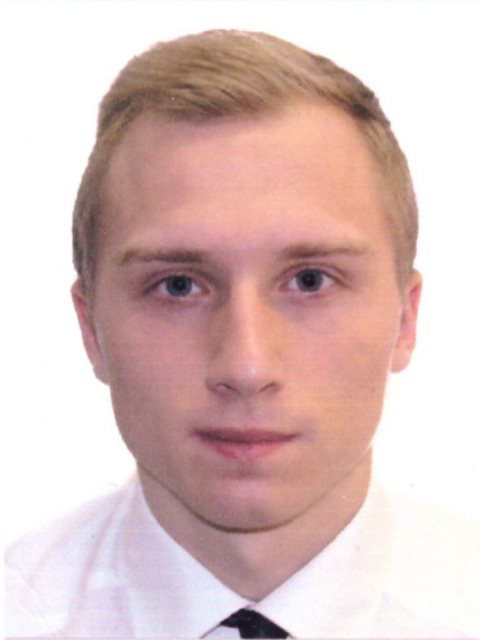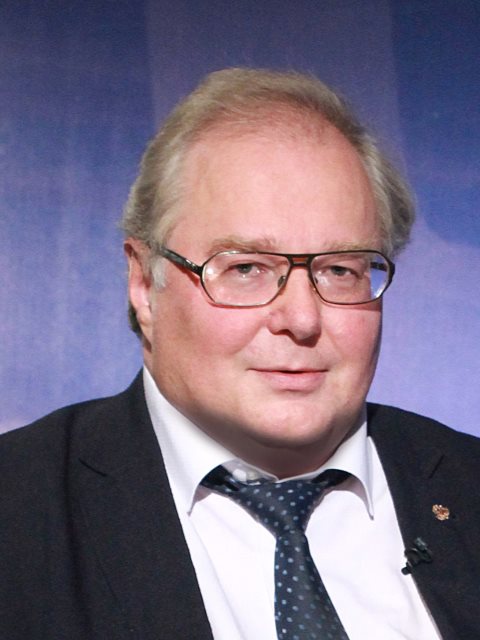|
Download programme
(print version) |
Moderator
Sergey Katyrin,
President, Chamber of Commerce and Industry of the Russian Federation
Panellists
Olga Algayerova,
Executive Secretary, United Nations Economic Commission for Europe (UNECE)
Vladimir Bulavin,
Head, Federal Customs Service of the Russian Federation
Alexey Grom,
President, Chairman of the Management Board, United Transport and Logistics Company – Eurasian Rail Alliance (UTLC ERA)
Alexander Misharin,
First Deputy Chief Executive Officer, Russian Railways
Vladimir Norov,
Secretary General, Shanghai Cooperation Organisation
Richard Threlfall,
Partner, Global Head of Infrastructure, KPMG
Song Hailiang,
General Director, China Communications Construction Company
Front row participants
Anton Zamkov,
General Director, RT-Invest Transport Systems
Vyacheslav Saraev,
Chief Executive Officer, Head of the Executive Board, TransContainer
Moderator
Jacek Cukrowski,
Chief of the Europe and Central Asia Division, United Nations Industrial Development Organization (UNIDO)
Panellists
Irina Gaida,
Partner, PwC Strategy& Russia
Li Yong,
Director General, United Nations Industrial Development Organization (UNIDO)
Gulnaz Kadyrova,
Deputy Minister of Industry and Trade of the Russian Federation
Anastasia Kalinina,
Head of Eurasia, World Economic Forum
Galina Karelova,
Deputy Chairman of the Federation Council of the Federal Assembly of the Russian Federation
Erika Lindauerova,
General Manager for the Czech Republic and Slovakia, HP Inc.
Doris Lippert,
Head of Digital Advisory Services for Austria, Microsoft Corporation
Veronika Peshkova,
President, Foundation for the Development of Public Diplomacy Women's Perspective; Goodwill Ambassador, United Nations Industrial Development Organization (UNIDO)
Julia Solovieva,
Director for Business Operations on EMEA Emerging Markets, Google Russia
Front row participants
Renee Jones-Bos,
Ambassador Extraordinary and Plenipotentiary of the Kingdom of the Netherlands to the Russian Federation
Valeriya Seledkova,
General Director, GEFCO Russia
Olga Sorokina,
Managing Partner, O2 Consulting
Tatyana Terentyeva,
Director of Human Resources, ROSATOM State Atomic Energy Corporation
Anna-Maria Treneva,
Head, Facebook, Instagram & Messenger for Russia
Eugenia Tyurikova,
Head, Sberbank Private Banking
Nadiya Cherkasova,
Deputy President and Chairman of the Management Board, Otkritie FC Bank
Moderator
Stephanie Flanders,
Senior Executive Editor for Economics, Bloomberg; Head, Bloomberg Economics
Panellists
Alexey Kudrin,
Chairman, Accounts Chamber of the Russian Federation
Elvira Nabiullina,
Governor, The Central Bank of the Russian Federation (Bank of Russia)
Maxim Oreshkin,
Minister of Economic Development of the Russian Federation
Anton Siluanov,
First Deputy Prime Minister of the Russian Federation – Minister of Finance of the Russian Federation
Frederic Oudea,
President, European Banking Federation; Chief Executive Officer, Société Générale
Moderator
Victor Vekselberg,
Chairman of the Board of Directors, Skolkovo Foundation; Chairman of the Board of Directors, Renova Group
Panellists
Maxim Akimov,
Deputy Prime Minister of the Russian Federation
Teruo Asada,
Chair, Japan-Russia Business Cooperation Committee, Japan Business Federation (Keidanren)
Irina Bokova,
Director General, United Nations Educational, Scientific and Cultural Organization UNESCO (2009-2017)
Andrey Varichev,
Executive Director, Chief Executive Officer, Management Company METALLOINVEST
Hemant Kanoria,
Chairman, Managing Director, Srei Infrastructure Finance Limited
Anatoly Karachinsky,
President, IBS Group
Ian Colebourne,
Chief Executive Officer, Deloitte CIS
Svetlana Lukash,
Deputy Head, Expert Department of the President of the Russian Federation; Russian G20 Sherpa
Alexander Sergeev,
President, Russian Academy of Sciences
Renate Hornung-Draus,
Vice President, International Organization of Employers (IOE); Managing Director, Confederation of German Employers’ Associations (BDA)
Andreas Schaal,
Director of Global Relations Secretariat, Organisation for Economic Co-Operation and Development (OECD)
Alexander Shokhin,
President, Russian Union of Industrialists and Entrepreneurs (RSPP)
Front row participant
Yasuhiro Tamaki,
Governor of Okinawa Prefecture
Moderator
Esko Aho,
Prime Minister of Finland (1991–1995); Senior Adviser, East Office of Finnish Industries
Panellists
Denis Butsayev,
Chief Executive Officer, Russian Environmental Operator Public Law Company
Jari Gustafsson,
Permanent Secretary, Ministry of Economic Affairs and Employment of the Republic of Finland
Sergei Ivanov,
Special Presidential Representative for Environmental Protection, Ecology and Transport
Dmitry Kobylkin,
Minister of Natural Resources and Environment of the Russian Federation
Pekka Lundmark,
President, Chief Executive Officer, Fortum Corporation
Elisa Markula,
President, Chief Executive Officer, Tikkurila Oyj
Alexey Mordashov,
Chairman of the Board of Directors, Severstal
Marc Palahi,
Director, European Forest Institute
Mari Pantsar,
Director for Carbon-Neutral Circular Economy, The Finnish Innovation Fund Sitra
Markku Terasvasara,
President, Chief Executive Officer, Outotec
Anatoliy Chubais,
President, Association for the Development of Renewable Energy (ADRE); Chairman of the Executive Board, RUSNANO Corporation
Front row participant
Aleksey Kozlov,
Member of the Management Board, Managing Director, SIBUR
Moderator
Alexander Kalinin,
President, All-Russian Non-Governmental Organization of Small and Medium-Sized Businesses OPORA RUSSIA
Panellists
Konstantin Basmanov,
Head of Small and Medium Enterprises Unit, Promsvyazbank
Meir Brand,
Vice-President, Google Inc.
Viktor Evtukhov,
State Secretary – Deputy Minister of Industry and Trade of the Russian Federation
Vadim Zhivulin,
Deputy Minister of Economic Development of the Russian Federation
Andrey Nikitin,
Governor of Novgorod Region
Anatoly Popov,
Deputy Chairman of the Executive Board, Head of the Corporate Business Block, Sberbank
Alexey Texler,
Acting Governor of Chelyabinsk Region
He Zhenwei,
Secretary General, China Overseas Development Association
Front row participants
Eva Gutierrez,
Lead Financial Sector Specialist in the Europe and Central Asian Region, World Bank Group
Natalia Korotchenkova,
Deputy General Director, Russian Small and Medium Business Corporation
Anna Kuznetsova,
Member of the Executive Board, Managing Director of Securities Market, Moscow Exchange
Andrey Pavlov,
Founder, President, ZENDEN Group
Welcoming address
Vladimir Ryabinin,
Executive Secretary, Intergovernmental Oceanographic Commission, UNESCO
Moderator
Sergei Brilev,
Anchor, Deputy Director, Russia TV Channel; President, Bering Bellingshausen Institute for the Americas
Panellists
Andrey Adrianov,
Vice-President, Russian Academy of Sciences
Rene Berkvens,
Chief Executive Officer, Damen Shipyards Group NV
Tero Vauraste,
Chairman, Arctic Economic Council; President, Mariadi Oy
Alexey Rakhmanov,
President, United Shipbuilding Corporation
Paul Holthus,
Founding President, Chief Executive Officer, World Ocean Council
Sergey Emdin,
Chief Executive Officer, Tele2
Front row participants
Viktor Olersky,
Member of the Board of Directors, Sovcomflot
Yury Tsvetkov,
Deputy Minister of Transport of the Russian Federation; Head, The Federal Agency for Maritime and River Transport
Moderator
Alexey Repik,
President, Delovaya Rossiya (Business Russia); Chairman of the Board, Group R-Pharm
Panellists
Igor Kagramanyan,
First Deputy Chair, Committee on Social Policy, Federation Council of the Federal Assembly of the Russian Federation
Sergey Morozov,
Governor of Ulyanovsk Region
Xavier Rolet,
Chief Executive Officer, CQS; Chairman of the Board of Directors, PhosAgro; Former Chief Executive Officer, London Stock Exchange Group Plc (2009 – 2017)
Sergey Fakhretdinov,
Chairman of the Board of Directors, Management Company Ruscompozit
Michail Chachin,
Vice President, Sberbank
Svetlana Chupsheva,
General Director, Agency for Strategic Initiatives (ASI)
Mikhail Yugay,
General Director, International Medical Cluster Foundation
Front row participants
Irina Potekhina,
Deputy Minister of Education of the Russian Federation
Pavel Seleznev,
Chairman, Public-Private Partnership Development Center; Chairman of the Board of Directors, Avtodor-Invest
Victor Sidnev,
Director for Science and Innovation, Institute for Technology Assessment and Development
Anna Shabarova,
Vice President for Human Resources and Social Responsibility, Russian Copper Company
Moderator
Nikolay Uskov,
Editorial Director, Forbes
Panellists
Konstantin Vinogradov,
Senior Associate, Runa Capital
Maria Drokova,
Founder, General Partner, Day One Ventures
Oleg Kivokurtsev,
Founder and Development Director, Promobot
Georgy Solovyov,
General Director, Co-Founder, Skyeng
Eric Khrom,
Founder, Khrom Capital Management
Shiran Yaroslavsky,
Co-Founder, Chief Executive Officer, Cassiopeia
Moderator
Ekaterina Trofimova,
Partner, Deloitte CIS
Panellists
Viktor Zubkov,
Chairman of the Board of Directors, Gazprom
Christoph Leitl,
Honorary President, Austrian Federal Economic Chamber
Pierre Morel,
Co-Chairman, Trianon Dialogue Forum; Ambassador of the French Republic to the Russian Federation (1992-1996)
Anatoly Torkunov,
Rector, MGIMO University
Andrey Fursenko,
Aide to the President of the Russian Federation
Martin Hoffmann,
Executive Director, Petersburg Dialogue Forum
Moderator
Grigory Berezkin,
Chairman of the Board of Directors, ESN Group
Panellists
Natalya Komarova,
Governor of Khanty-Mansi Autonomous District – Yugra
Ewa Konczal,
Central and Eastern Europe (CEE) Manager, The European Venture Philanthropy Association (EVPA)
Alexey Lavrov,
Deputy Finance Minister of the Russian Federation
Anatoly Pechatnikov,
Deputy President – Chairman of the Management Board, VTB Bank
Natalia Pochinok,
Rector, Russian State Social University
Vladimir Solodov,
Chairman of the Government of Sakha Republic (Yakutia)
Ilya Torosov,
Deputy Minister of Economic Development of the Russian Federation
Andras Horvai,
Country Director, Resident Representative for the Russian Federation, Europe and Central Asia, World Bank Group
Lev Jakobson,
Vice President, National Research University Higher School of Economics
Svetlana Yachevskaya,
Deputy Chairman of the Management Board – Member of the Management Board, State Development Corporation "VEB.RF"
Front row participant
Evgeniya Telitsina,
Founder, Executive Director, Towards Change Foundation
It is difficult to imagine modern politics without the active participation of the media. Increasingly, the media not only performs an informational function but may also act as a participant in conflicts. Can we say that the media in the 21st century are merely observers of global affairs, covering international conflicts in an unbiased manner? What is the impact of media companies as information wars become increasingly important strategically and episodes have increased in frequency? If the media is indeed the fourth pillar of power, is the responsible use of the media essential to the world order? How might changes in the media impact global politics?
Moderators
Mikhail Gusman,
Chairman, Russian National Committee of UNESCO’s International Programme for the Development of Communication; Vice-President, News Agency World Council (NACO)
Clive Marshall,
Chief Executive Officer, Press Association Group
Panellists
Armela Krasniqi,
General Director, Albanian Telegraphic Agency (ATA)
Sergey Mikhaylov,
General Director, Russian News Agency TASS
Gary Pruitt,
President, Chief Executive Officer, Associated Press (AP)
José Manuel Sanz,
Director of International Relations, EFE
Hiroki Sugita,
Executive Director, Kyodo News
Fabrice Fries,
Chairman, Chief Executive Officer, AFP
The Energy Panel is a premier discussion platform for oil and gas leaders, government officials and acclaimed industry experts. In 2015, UN member states unanimously supported the Resolution Transforming our World: the 2030 Agenda for Sustainable Development. This agenda is a plan of action for improving the well-being of people, securing the planet and prosperity. Oil and gas will remain the backbone of the global energy mix. Advancement of the oil and gas industry is a prerequisite for eradicating poverty and hunger, bridging the inequality gap and ensuring decent living standards, which is essential for sustainable development. The Energy Panel Session will provide a comprehensive insight into sustainable energy development, underlining the industry’s multinational and multicultural nature, and its geographical diversity. The discussion participants will exchange views on energy market trends, transformation of the oil and gas industry, and dynamics of the geopolitical impacts on the markets, as well as offering opinion on the cooperation and innovation potential, ensuring an effective transition to the low carbon economy.
Moderators
Evgeny Primakov,
Member of the State Duma of the Federal Assembly of the Russian Federation; Journalist; Author of the International Review Programme, Russia-24 TV Channel; Chairman of the Supervisory Board, Russian Humanitarian Mission
Nobuo Tanaka,
Chairman, Sasakawa Peace Foundation; Executive Director (2007–2011), International Energy Agency
Key note
Igor Sechin,
Chief Executive Officer, Chairman of the Management Board, Deputy Chairman of the Board of Directors, Rosneft
Panellists
H.E. Ali Shareef Al-Emadi,
Minister of Finance of Qatar
Ivan Glasenberg,
Chief Executive Officer, Glencore
Robert Dudley,
Group Chief Executive, BP
Neil Duffin,
President, ExxonMobil Global Projects Company
Lorenzo Simonelli,
Chairman of the Board of Directors, President, Chief Executive Officer, Baker Hughes, a GE Company
John W. Wallace,
Chairman and CEO, DeGolyer & MacNaughton
The process of global greening was first announced at the UN Conference in Stockholm in 1972, and then re-enforced at the Rio Conference in 1992. The UN Commission on Sustainable Development was established and the Declaration on Environment and Development was adopted on the basis of these meetings. Today, the environmental agenda in the world and in Russia is very rich. Focusing on ecology and technologies for reducing the environmental impact has a positive effect on the competitiveness of the economy and is a significant factor for increasing a country’s investment appeal. One of the most important reforms aimed at greening Russia has just been launched and is designed to reduce the number of unauthorized landfills, making the market transparent and manageable. Collaborating in waste management with such countries as Japan, Germany, France, and Switzerland will allow Russia to accelerate the pace of adopting advanced technologies, making the industry attractive to foreign investment. How can the reform targets be achieved? How can the share of processed waste be raised from 12% to 60% and the share of recycled waste from 7% to 36% by 2024? How can the best international practices be applied in creating a system of waste separation in Russia?
Moderator
Evgeniy Popov,
Anchor, Russia-1
Panellists
Toshikazu Arai,
Chief Regional Officer for Russia and CIS, Mitsubishi Heavy Industries Environment and Chemical Engineering
Vladimir Burmatov,
Chairman of the Committee of the State Duma of the Federal Assembly of the Russian Federation on Ecology and Environmental Protection
Denis Butsayev,
Chief Executive Officer, Russian Environmental Operator Public Law Company
Bertrand Camus,
Chief Executive Officer, SUEZ
Vladimir Loginov,
Deputy Minister of Natural Resources and Environment of the Russian Federation
Anna Popova,
Head, Federal Service for the Oversight of Consumer Protection and Welfare (Rospotrebnadzor)
J.V. Raman,
President in Russia, Ukraine & Belarus, Unilever RUB
Richard White,
Vice President for Procurement and Sustainability, Anheuser-Busch InBev Europe
Nikolay Tsekhomskiy,
First Deputy Chairman – Member of the Management Board, State Development Corporation "VEB.RF"
Pontus Erntell,
General Director, IKEA Russia
Front row participants
Maxim Goncharov,
Chief Executive Officer, LafargeHolcim Russia
Kirill Komarov,
First Deputy Chief Executive Officer for Corporate Development and International Business, ROSATOM State Atomic Energy Corporation
Natalya Komarova,
Governor of Khanty-Mansi Autonomous District – Yugra
Alexander Krivolapov,
Managing Director in Russia, Ukraine, Belarus, Caucasus and Central Asia, Tetra Pak
Anton Kulbachevsky,
Head, Moscow Department for Environmental Management and Protection
Wojciech Rowinski,
Managing Director, Scania-Rus
Valery Seleznev,
First Deputy Chairman of the Committee of the State Duma of the Federal Assembly of the Russian Federation on Energy
Geological exploration has strategic importance for Russia’s economic development. The economic effect of the digitalization of the Russian economy could increase the country’s GDP by RUB 4.1–8.9 trillion by 2025, and this amounts to 19–34% of the total expected GDP growth. Even more significant indicators can be obtained in subsoil use as large-scale digitalization will significantly reduce the costs of the most expensive elements such as exploration, drilling, and transportation and ensure the rational use of the subsoil. The creation of a single geoplatform combining these studies will give a new impetus to both regional geological exploration of subsoil resources and to international contractual obligations. The digitalization of subsoil use is a significant driver of development for certain regions and Russia as a whole. Can subsoil use become one of the drivers for the development of the digital economy and what measures does this require? Why is the digitalization of subsoil use strategically important for Russia? Will this strengthen Russia’s position in the CIS and vis-à-vis African economies? What are the best practices in Russia and internationally? What can Russian IT companies offer for subsoil use?
Moderator
Sergey Gorkov,
General Director, Chairman of the Management Board, Rosgeologia
Panellists
Pavel Grachev,
Chief Executive Officer, Polyus
Hemant Kanoria,
Chairman, Managing Director, Srei Infrastructure Finance Limited
Artem Karapetov,
Vice President, Schlumberger in Russia and Central Asia
Natalya Kasperskaya,
President, InfoWatch Group
Dmitry Kobylkin,
Minister of Natural Resources and Environment of the Russian Federation
Vladimir Litvinenko,
Rector, Saint-Petersburg Mining University
Alexander Sergeev,
President, Russian Academy of Sciences
Pavel Sorokin,
Deputy Minister of Energy of the Russian Federation
Front row participants
Alexey Vashkevich,
Head, Geological Exploration and Resource Base Development Directorate, Gazprom Neft
Kirill Molodtsov,
Aide to the Chief of Staff, Presidential Executive Office
Moderator
Evgeniy Kovnir,
General Director, Digital Economy
Panellists
Alexey Belinsky,
Chief Executive Officer, Ctrl2Go
Oleg Bocharov,
Deputy Minister of Industry and Trade of the Russian Federation
Jan Van Tetering,
Senior Vice President for Europe, Nokia Solutions and Networks
Victor Vekselberg,
Chairman of the Board of Directors, Skolkovo Foundation; Chairman of the Board of Directors, Renova Group
Vladimir Dmitriev,
General Director, Kalashnikov Concern
Alexey Dumin,
Governor of Tula Region
Andrey Klepach,
Deputy Chairman (Chief Economist) – Member of the Board, State Development Corporation "VEB.RF"
Vladimir Potanin,
President, Chairman of the Board, MMC Norilsk Nickel
Rose Schooler,
Corporate Vice President, Sales and Marketing Group, General Manager, Data Center Group, Intel Corporation
Yuriy Slyusar,
President, United Aircraft Corporation (UAC)
Peter Terwiesch,
President, Industrial Automation Business, Member of the Group Executive Committee, ABB Ltd
Borje Ekholm,
President, Chief Executive Officer, Ericsson
Front row participants
Roland Fischer,
Chief Executive Officer, OC Oerlikon Management AG
Evgeny Charkin,
Information Technology Director, Russian Railways
Artificial intelligence technologies have become a key factor in the success of technology companies and far beyond: the use of AI leads to competitive advantages in all areas of business and human endeavours. Artificial intelligence has long since become a part of our everyday lives. Many countries have adopted their own national artificial intelligence strategies (China, the European Union, and Canada, among others), striving for leadership in this field and gaining a competitive advantage for their economies. Russia is also actively pursuing the development of its own national AI strategy, which will identify the goals, tasks, and approaches to the introduction of AI technologies as well as the regulatory scenarios for certain areas of the economy. The introduction of artificial intelligence technologies will help accelerate economic growth and form the Russian economy of the future, thus making it competitive on the global stage. What is AI? What tasks need to be addressed in the national AI strategy? What is the international experience in AI and what are the priorities of its development? While everyone is working to create strong AI, its potential is often compared to that of nuclear weapons. What stakes does Russia have in this global technological race? How can a balance be struck in terms of state regulation stimulating and restricting the development of AI? What are the key factors in the development of AI that require attention from the state? How can effective collaboration between business, science, and the state be organized for the development of AI?
Moderator
Kirill Tokarev,
Editor-in-Chief, Anchor, RBC
Panellists
Maxim Akimov,
Deputy Prime Minister of the Russian Federation
,
Elena Bunina,
General Director, Director of Organizational Development and HR Management, Yandex Russia
Alexander Vedyakhin,
First Deputy Chairman of the Executive Board, Sberbank
Arkady Dvorkovich,
President, World Chess Federation (FIDE); Chairman, Skolkovo Foundation
,
,
,
,
Guo Ping,
Deputy Chairman of the Board, Rotating Chief Executive Officer, Huawei
,
Front row participant
Dmitry Dyrmovsky,
General Director, Member of the Board of Directors, Speech Technology Centre
Moderator
Stanislav Kuznetsov,
Deputy Chairman of the Executive Board, Sberbank
Panellists
Gregory Abovsky,
Chief Operating Officer, Chief Financial Officer, Yandex
Esko Aho,
Prime Minister of Finland (1991–1995); Senior Adviser, East Office of Finnish Industries
Eugene Kaspersky,
Chief Executive Officer, Kaspersky Lab
Brett King,
Founder, Chief Executive Officer, Movencorp Inc.
Alexey Kornya,
President, MTS
Mika Lauhde,
Vice-President of Cyber Security & Privacy, Global Public Affairs, Huawei Technologies Co., Ltd.
Front row participants
Jack Lau,
Adjunct Professor of Electronics and Computer Engineering, Hong Kong University of Science and Technology; Visiting Professor, Moscow School of Management SKOLKOVO
Nikolai Legkodimov,
Partner, Head of Emerging Technologies, KPMG in Russia and the CIS
Luca Tagliaretti,
Senior Security Expert, European Central Bank (ECB)
Moderator
Natalya Timakova,
Deputy Chairman of the Management Board, Member of the Management Board, State Development Corporation "VEB.RF"
Panellists
Marco Bucci,
Mayor of Genoa
Eduard Galazhinsky,
Rector, National Research Tomsk State University
Mikhail Kotyukov,
Minister of Science and Higher Education of the Russian Federation
Yaroslav Kuzminov,
Rector, National Research University Higher School of Economics
Liu Limin,
Chairman, China Association for International Exchange in Education
Alena Parfenova,
Senior Lecturer, Reshetnev Siberian State University of Science and Technology
Maksim Reshetnikov,
Governor of Perm Territory
Lawrence Stein,
Vice President for Intellectual Property and International Business Community Relations, Skolkovo Institute of Science and Technology (Skoltech)
Svetlana Yachevskaya,
Deputy Chairman of the Management Board – Member of the Management Board, State Development Corporation "VEB.RF"
Front row participants
Sergey Bachevsky,
Rector, Bonch-Bruevich Saint-Petersburg
State University of Telecommunications
Andrey Volkov,
Academic Policy Advisor, Moscow School of Management SKOLKOVO
Magdalena Gaete,
Official Representative of the University of Navarra in the Russian Federation
Vladimir Knyaginin,
Vice Governor of St. Petersburg
Mikhail Kozhevnikov,
President, Prosveshcheniye Group of Companies
Nikolay Kudryavtsev,
Rector, FSAEI HPE «Moscow Institute of Physics and Technology State University»
Mikhail Kuznetsov,
Director of the Center for System Transformations of the Faculty of Economics, Lomonosov Moscow State University; Winner, Leaders of Russia National Management Competition
Vadim Lobov,
President, Synergy Corporation
Vladimir Miklushevskiy,
President, Moscow Polytechnic University
Alexander Povalko,
Chief Executive Officer, Chairman of the Management Board, RVC
Natalya Trunova,
Vice President, Head of Spatial Development, Center for Strategic Research Foundation
Vyacheslav Tsyganov,
Chief Information Officer, Tinkoff Bank
Over the past few years the stock market has experienced a rapid inflow of retail investors. This is due to a number of factors: the development of technologies and emergence of clear and transparent services, increased financial literacy of the population, and lower interest rates on bank deposits. Last year, the Moscow Exchange saw a record inflow of retail clients. Alibaba’s money market fund, Yu’e Bao, is one of the biggest in the world. Robinhood, the company that provides retail investors with a clear and simple interface with the stock market, is among the highest-valued fin-tech start-ups in the world. Will retail investors become a catalyst for stock market development and what are the growth prospects for this segment? How can the qualitative growth of this segment be ensured and how can a balance be achieved between risks and profitability?
Moderator
Elliott Gotkine,
Journalist, TV Presenter
Panellists
Remy Briand,
Head of ESG, MSCI
Yuriy Denisov,
Chairman of the Management Board, Moscow Exchange
Oliver Hughes,
Chairman of the Management Board, Tinkoff Bank
Sergey Shvetsov,
First Deputy Governor, The Central Bank of the Russian Federation (Bank of Russia)
Andrey Shemetov,
Vice President, Head of Global Markets Department, Sberbank CIB
Dror Efrat,
Chief Executive Officer, Founder, Investing.com
Moderator
Evelina Zakamskaya,
Anchor, Russia 24; Editor-in-Chief, Doctor Channel
Panellists
Nico Van Hoecke,
President, Eastern Europe, Middle East, Africa (EEMEA), MSD
Ian Colebourne,
Chief Executive Officer, Deloitte CIS
Alexey Repik,
President, Delovaya Rossiya (Business Russia); Chairman of the Board, Group R-Pharm
Oleg Salagay,
Deputy Minister of Health of the Russian Federation
Caroline Sauvajol-Rialland,
Founder, So Comment
Emin Fadillioglu,
Senior Vice President, GlaxoSmithKline
Alexander Shokhin,
President, Russian Union of Industrialists and Entrepreneurs (RSPP)
Front row participants
Naira Adamyan,
Head of Eurasia and Middle East of the Global Business Division of China and Emerging Markets, Sanofi
Oksana Drapkina,
Director, National Medical Research Center for Preventive Medicine of the Ministry of Health of the Russian Federation
Elena Zhidkova,
Head, Central Healthcare Directorate, Russian Railways
Igor Kagramanyan,
First Deputy Chair, Committee on Social Policy, Federation Council of the Federal Assembly of the Russian Federation
Maxim Topilin,
Minister of Labour and Social Protection of the Russian Federation
Niels Hessmann,
General Director, Bayer; General Representative, Russia and CIS, Bayer AG
The history of e-commerce began about half a century ago with TV programmes forming the ‘shop from the couch’ category, which became the first trial balloons that led to the ecommerce industry. With the advent of new technologies, the industry has changed dramatically. The total turnover of the global e-commerce market in 2018 exceeded USD 2.8 trillion, which is equal to the total GDP of the 100 poorest countries. In 2019, 1.9 billion people are projected to make at least one online purchase in more than 24 million online stores, generating a flow of 28 billion parcels. The issue of the quality and prompt delivery of increasing volumes remains critical. Transport and logistics are generally a circulatory system of e-commerce. In order to cope with the increasing parcel flow, the main transport corridors need to be expanded and revised. One such global logistics corridor is the Belt and Road Initiative that was launched a few years ago and has been gaining momentum over time. Over the past year, the volume has increased by 13.4%, and the deferred demand from European and Asian consumers will only strengthen the current trend. Russia occupies a strategically important geographical position on the China–Europe–China goods movement route. At the same time, the development of the country’s transit potential will help support and boost the export flow of domestic goods to international markets. How are Russian transport companies positioning themselves to fight for a market share in online trade transit? What foremost tasks must be fulfilled to enhance the country’s transit appeal? What are the most urgent regulatory initiatives that should be implemented?
Moderator
Andrey Sharonov,
President, Moscow School of Management SKOLKOVO
Panellists
Holger Winklbauer,
Chief Executive Officer, International Post Corporation
Maxim Grishakov,
Chief Executive Officer, Yandex.Market
Nikolai Podguzov,
General Director, Russian Post
Ricky Xue,
Head of Global Logistics, AliExpress.com; Managing Director, Cainiao Network
Alexander Shulgin,
General Director, Ozon Group
Albert Ng,
Chairman, EY China; Managing Partner, Greater China
Florian Jansen,
Chief Executive Officer, Lamoda Group
Front row participants
Iliya Dimitrov,
Executive Director, Association of Electronic Trading Platforms (AETP)
Ilya Kretov,
General Director, eBay Russia
Many experts believe that business today is overwhelmed with a focus on short-term results. The myopic desire to satisfy shareholders often overshadows company’s socially important purpose. Focusing on achieving a strong financial performance as soon as possible and at any cost deprives businesses of their ability to fathom what might happen later as a result of their operations – not only in the long term, but even in the medium term. Problems such as environmental pollution, climate change, and many others are too often ignored. What should be done to ensure that global businesses reconsider their priorities and is such a change possible? Or is the problem of short-term interests exaggerated and the market will find its own solutions?
Moderator
Vladimir Gerasimov,
First Deputy General Director, Executive Director, Interfax Information Services Group
Panellists
Vladimir Verkhoshinskiy,
Chief Executive Officer, Member of the Board of Directors, Alfa-Bank
Yury Isaev,
General Director, Deposit Insurance Agency
Igor Lotakov,
Country Managing Partner, PwC Russia
David Rafalovsky,
Executive Vice President, Head of Technology Block, Sberbank; Chief Technology Officer, Sberbank Group
Tatsuyoshi Saijo,
Professor, Center for Environmental Innovation Design for Sustainability, Osaka University; Program Director, Research Institute for Humanity and Nature
Guzel Sanzhapova,
Founder, Cocco Bello
Andrew Somers,
President, A.B.Somers & Associates; President, American Chamber of Commerce in Russia (2000 - 2013)
Front row participants
Patrik Antoni,
Chairman of the Board of Directors, Ingka Group Russia
Vasyl Latsanych,
Chief Executive Officer, VimpelCom
Xavier Rolet,
Chief Executive Officer, CQS; Chairman of the Board of Directors, PhosAgro; Former Chief Executive Officer, London Stock Exchange Group Plc (2009 – 2017)
Moderator
Konstantin Polunin,
Partner, Expert, Head of the Public Sector Practice Area in Russia, BCG
Panellists
John Edward Butler Ransohoff,
Vice President, Head of Strategic Projects for Innovations and International Partnerships Direction, Bayer AG
Andrei Belousov,
Aide to the President of the Russian Federation
Meir Brand,
Vice-President, Google Inc.
Gor Nahapetyan,
Serial Entrepreneur and Philanthropist; Co-Founder, Profilum, CrashPro future Careers School, The Friends Foundation
Aleksandra Posarac,
Lead Economist, Leader of the Program of Social Protection in the Russian Federation, World Bank Group
Nikolay Solomon,
General Director, Federal Competence Centre (FCC)
Svetlana Chupsheva,
General Director, Agency for Strategic Initiatives (ASI)
Vladimir Yakushev,
Minister of Construction, Housing and Utilities of the Russian Federation
Front row participants
Anatoly Artamonov,
Governor of Kaluga Region
Oleg Byakhov,
Director for Business Development, IBM East Europe and Asia
Pavel Gontarev,
Director, Мail.ru. Digital Technology
Andrey Ivanov,
Deputy Finance Minister of the Russian Federation
Rustam Minnikhanov,
President of the Republic of Tatarstan
Aysen Nikolaev,
Head of Sakha Republic (Yakutia)
Oleg Teplov,
Chief Executive Officer, VEB Innovation
Ivan Fedotov,
Director, Association of Innovative Regions of Russia (AIRR)
Radiy Khabirov,
Acting Head of the Republic of Bashkortostan
Moderator
Mikhail Shvydkoy,
The Representative of the President of the Russian Federation for International Cultural Cooperation
Panellists
Alexander Auzan,
Dean, Faculty of Economics, Lomonosov Moscow State University
Marina Loshak,
Director, The Pushkin State Museum of Fine Arts
Christoph Leitl,
Honorary President, Austrian Federal Economic Chamber
Simon Mraz,
Director, The Austrian Cultural Forum Moscow
Andrey Fursenko,
Aide to the President of the Russian Federation
Sabine Haag,
General Director, Kunsthistorisches Museum Wien
Front row participants
Anton Klepikov,
Deputy Chairman of the Government of Perm Territory
Andrey Kuzyaev,
President, Chairman of the Management Board, Member of the Board of Directors, ER-Telecom Holding
Vladislav Panchenko,
Chairman of the Board, Russian Foundation for Basic Research
Andrei Rudskoi,
Rector, Peter the Great St.Petersburg Polytechnic University
Zelfira Tregulova,
General Director, The State Tretyakov Gallery
Moderator
Nikolay Korzhenevsky,
Economic Observer, Russia 24 TV Channel
Panellists
Olga Golodets,
Deputy Prime Minister of the Russian Federation
Andrea D’Amico,
Vice President, Managing Director of Europe, Middle East and Africa (EMEA), Booking.com B.V.
Mikhail Degtyarev,
Chairman of the Committee for Physical Culture, Sport, Tourism, and Youth Affairs, State Duma of the Federal Assembly of the Russian Federation
Zarina Doguzova,
Head, Russian Federal Agency for Tourism
Petr Ivanov,
General Director, Federal Passenger Company
Oleg Kozhemyako,
Governor of Primorsky Territory
Andrey Nikitin,
Governor of Novgorod Region
Ksenia Shoygu,
Adviser to the Deputy Chairman of the Board, Gazprombank; Member, Kronstadt Development Working Group
Front row participants
Alexey Kalachev,
Chief Executive Officer, Russia Convention Bureau
Olga Suslova,
Director for Strategic Partnerships, Google Russia
Khasan Timizhev,
General Director, Northern Caucasus Resorts
Olga Tkacheva,
Deputy General Director for Strategic Development and Marketing, Flotiliya
Giovanni Toti,
President of the Liguria Region
Tatiana Shevtsova,
Deputy Minister of Defence of the Russian Federation
Moderator
Igor Yurgens,
Chairman of Advisory Board, Baltic Forum; Chairman of the Management Board, Institute of Contemporary Development
Panellists
Anton Alikhanov,
Governor of Kaliningrad Region
Visvalds Busils,
Chairman, NK Tehnologija
Jonas Viesulas,
Director, FEROGAMA; Member of the Presidium, Lithuanian Confederation of Employers
Tiit Vahi,
Chairman of the Board of Directors, Port of Sillamae
Alexander Kolpakov,
Chairman, Russia – Latvia Business Council
Igor Maksimtsev,
Rector, Saint Petersburg State University of Economics
Victor Trigubko,
Senior Vice President, Mechel
Sergei Cheryomin,
Minister, Head of Department for Foreign Economic Activity and International Relations, Moscow City Government; Chairman of the Board, Business Council for Cooperation with India
The structure of the world economy is undergoing changes owing to technological progress and digitalization. The transition from a mono-centric model to fragmentation into platforms have been aggravated by the crisis in the world trade system and growth of protectionism in various forms. Against this background, the share of intermediate goods in global trade is growing rapidly. At the same time, industries are shifting to high-tech, knowledge-based applications with a growing share of services value, and the effective participation by economies in value chains as drivers of economic growth and integration into global trade is increasing. How will world trade be organized and how can we adapt to the new economic paradigm of the 21st century? Which combination of tools will be most effective in ensuring quality and beneficial integration into Global Trade 2.0?
Moderator
Peter Lаvelle,
Anchor, RT
Panellists
Mikhail Zadornov,
President – Chairman of the Management Board, Otkritie FC Bank
James McCormack,
Global Head of Sovereign and Supranational Ratings Group, Fitch Ratings
Timur Maksimov,
Deputy Minister of Economic Development of the Russian Federation
Dmitry Pankin,
President, Chief Executive Officer, Chairman of the Board of Directors, Black Sea Trade and Development Bank
Jean-Pierre Thomas,
President, Thomas Vendome Investment
David Hauner,
Head of Emerging Markets Economics & Strategy, EMEA, Bank of America Merrill Lynch International Ltd.
Paul Chan,
Financial Secretary of the Hong Kong Special Administrative Region of the People’s Republic of China
Frank Schauff,
Chief Executive Officer, Association of European Businesses
Front row participants
Alexander Zhukov,
First Deputy Chairman of the State Duma of the Federal Assembly of the Russian Federation
Xu Sitao,
Chief Economist, Partner, Deloitte, China
These days, e-wallets are increasingly becoming the nexus between buyers and sellers, coming to the fore of payment processes. Looking ahead, with mobile payments as a starting point, both merchants and consumers can enjoy a range of additional services and benefits powered by digital technology. How does the proliferation of e-wallets boost financial inclusion? How can e-wallets and traditional financial institutions collaborate instead of compete? How did an e-wallet in China evolve from a payment tool to the most popular non-social media app in the world?
Moderator
Tinatin Kandelaki,
General Producer, Match TV
Panellists
Vladimir Komlev,
Chairman, Chief Executive Officer, National Payment Card System
Eric Jing,
Chairman, Chief Executive Officer, Ant Financial Service Group (Alipay)
Moderators
Aleksey Ivanov,
Director, Institute of Law and Development HSE - Skolkovo, Director, BRICS Antimonopoly Centre, National Research University Higher School of Economics
Anna Numerova,
Partner, Egorov Puginsky Afanasiev & Partners
Panellists
Marwan Akar,
General Director, MSD Pharmaceuticals; Managing Director, MSD Russia, Belarus and Kazakhstan
Tembinkosi Bonakele,
Commissioner, Competition Commission of South Africa
Matthias Wernicke,
General Manager, Merck Biopharma Russia and CIS
Dennis Davis,
Judge, President, Competition Appeals Court of South Africa
Hans Duijf,
Vice-President, Russia and Belarus, Novo Nordisk
Natalia Kolerova,
General Manager, Oncology Department, Russia, Ukraine and CIS, Novartis AG
Payal Malik,
Economics Adviser, Head of the Economics Division, Competition Commission of the Republic of India
Dmitry Morozov,
General Director, BIOCAD
Irina Panarina,
General Manager, AstraZeneca Russia and Eurasia
Vikram Singh Punia,
President, Pharmasyntez
Andrey Tsarikovskiy,
State Secretary – Deputy Head, Federal Antimonopoly Service of the Russian Federation
Zhao Chunlei,
Director of Monopoly Agreement Office, Anti-Monopoly Bureau, State Administration for Market Regulation of People’s Republic of China (SAMR)
Moderator
Maxim Filimonov,
Deputy Chief Executive Officer, Chief Editor, TASS Russia
Panellists
Yousuf Mohamed Al-Jaida,
Chief Executive Officer, Qatar Financial Centre
Alexander Voloshin,
Chairman of the Board, Analitycal Center "Forum"; Chairman of the Board of Directors, Independent Director, First Freight Company (PGK)
Oleg Vyugin,
Chairman of the Supervisory Board, Moscow Exchange PJSC; Member of the Board of Directors, Independent Director, Rosneft
Hubertus Vaeth,
Managing Director, Frankfurt Main Finance eV
Arnaud De Bresson,
Chief Executive Officer, Paris Europlace
Anatoly Karachinsky,
President, IBS Group
Bob Moritz,
Global Chairman, PwC
Dmitry Snesar,
Senior Vice President, Head of Client Coverage, VTB
Moderator
Boris Smolkin,
Merited Artist of the Russian Federation
Panellists
Sergey Bykovskih,
President, Henkel Russia
Viktor Evtukhov,
State Secretary – Deputy Minister of Industry and Trade of the Russian Federation
Mikhail Karisalov,
Chairman of the Management Board, Chief Executive Officer, SIBUR
Elisa Markula,
President, Chief Executive Officer, Tikkurila Oyj
Sergey Momtsemlidze,
Chairman of the Board of Directors, URALCHEM JSC
Maxim Protasov,
Head, Russian Quality System (Roskachestvo)
Anatoliy Tikhonov,
General Director, Russian Energy Center of the Ministry of Energy of the Russian Federation
Front row participants
Yulia Gorbunova,
Vice-President, Russian Chemical Society
Yaroslav Kuznetsov,
Chairman of Board of Directors, PJSC “Khimprom”
Alexander Mazhuga,
Rector, Dmitry Mendeleev University of Chemical Technology of Russia
Alexander Beglov, Acting Governor of St. Petersburg
Panellists:
Antonio Guterres, Secretary-General of the United Nations
Tigran Sargsyan, Chairman of the Board, Eurasian Economic Commission
Igor Dodon, President of the Republic of Moldova
Anton Siluanov, First Deputy Prime Minister of the Russian Federation – Minister of Finance of the Russian Federation
Nguyen Van Binh, Member of the Politburo, Secretary of the Central Committee, Chairman of the Economic Commission of the Vietnam Communist Party
Ulziisaikhan Enkhtuvshin, Deputy Prime Minister of Mongolia
Moderator:
Keir Simmons, Correspondent, NBC News
Moderator
Wang Yanzhi,
General Director, Silk Road Fund
The technological revolution is leading to dramatic changes in society. Digitalization is emerging as the key trend across all industries. Yet the great opportunities that it is creating are accompanied by major cyberthreats. How should states, businesses and people respond to this rapidly changing environment? Will the state become an information platform that gradually delegates the execution of its functions to the private sector? Will companies transform into ecosystems that deliver a one-stop-shop experience to their customers? How will the education process transform as the lifespan of skills shortens and professions disappear?
Moderator
Herman Gref,
Chief Executive Officer, Chairman of the Executive Board, Sberbank
Panellists
Frans van Houten,
Chief Executive Officer, Chairman of the Board of Management and the Executive Committee, Royal Philips
Sergey Kirienko,
First Deputy Chief of Staff of the Presidential Executive Office of the Russian Federation
Bob Moritz,
Global Chairman, PwC
Guo Ping,
Deputy Chairman of the Board, Rotating Chief Executive Officer, Huawei
Sergei Sobyanin,
Mayor of Moscow
Moderator
Sergey Katyrin,
President, Chamber of Commerce and Industry of the Russian Federation
Panellists
Sergey Zhigarev,
Chairman of the Committee of the State Duma of the Federal Assembly of the Russian Federation on Economic Policy, Industry, Innovative Development, and Entrepreneurship
Aleksey Ivanchenko,
Deputy Chairman, Head of Innovation and Digital Economy, State Development Corporation "VEB.RF"
Anton Inyutsyn,
Deputy Minister of Energy of the Russian Federation
Vladimir Kazbekov,
Vice President, New Development Bank
Shiv Vikram Khemka,
Vice Chairman, SUN Group
Lirong Xu,
Chairman of the Board of Directors, China COSCO SHIPPING Corporation Limited
Alexey Texler,
Acting Governor of Chelyabinsk Region
Front row participants
Igor Zelezetsky,
Chief Executive Officer, Analytical Credit Rating Agency (ACRA)
Anna Nesterova,
Founder, Chairman of the Board of Directors, Global Rus Trade
Miron Tatsun,
President, Union of Timber Manufacturers and Exporters of Russia
Moderator
Valery Fadeev,
Secretary, Civic Chamber of the Russian Federation
Panellists
David Bain,
Vice President of Standards, Telecommunications Industry Association
Christophe Castaing,
Director of Digital Engineering, Egis
Anna Katamadze,
Deputy Head, Federal Treasury
Vladimir Rashevsky,
Chief Executive Officer, Chairman of the Management Board, SUEK
Erin Roberts,
Partner, Global Leader of Engineering and Construction, EY
Arto Raety,
Senior Vice President, Corporate Affairs and Communications, Fortum Corporation
Andrey Chibis,
Acting Governor of Murmansk Region
Vadim Shumkov,
Acting Governor of the Kurgan Region
Vladimir Yakushev,
Minister of Construction, Housing and Utilities of the Russian Federation
Front row participant
Gennadiy Shcherbina,
General Director, Etalon Group of Companies
Moderator
Petr Lidov-Petrovskiy,
Director of Communications and Public Relations, International Information Agency "Rossiya Segodnya"
Panellists
Igor Ashmanov,
General Director, Kribrum; Managing Partner, Ashmanov and Partners
Maria Zakharova,
Director, Department of the Information and Press, Ministry of Foreign Affairs of the Russian Federation
Leonid Levin,
Chairman of the Committee of the State Duma of the Federal Assembly of the Russian Federation on Information Policy, Information Technology and Communications
Guy Mettan,
Executive Director, Swiss Press Club; President, Chamber of Commerce Switzerland - Russia and CIS
Sergei Plugotarenko,
Director, Russian Association for Electronic Communications (RAEC)
Aleksey Pushkov,
Chairman, Interim Commission on Information Policy and Cooperation with the Media, Federation Council of the Federal Assembly of the Russian Federation
Seyyed Zia Hashemi,
Managing Director, Islamic Republic News Agency (IRNA)
Fedor Scherbakov,
General Director, 1st MediaInvest Media Holding
Moderator
Alessandro Cassieri,
Head of Paris Bureau, Radiotelevisione Italiana (RAI)
Panellists
Marco Alvera,
Chief Executive Officer, Snam SPA
Alexander Braverman,
General Director, Chairman of the Board, Russian Small and Medium Business Corporation
Victor Vekselberg,
Chairman of the Board of Directors, Skolkovo Foundation; Chairman of the Board of Directors, Renova Group
Alessandro Decio,
Chief Executive Officer, General Manager, SACE S.p.A.
Fabrizio Di Amato,
Chairman, Maire Tecnimont SpA
Manlio Di Stefano,
Undersecretary of State for Foreign Affairs, Ministry of Foreign Affairs and International Cooperation of the Italian Republic
Urbano Clerici,
Chairman, Chief Executive Officer, ChairmanCoeclerici Commodities SA
Emerson Dzhozef Milenski,
Director of Oil and Gas Department in the Vice President Rank, Rosneft
Alessandro Profumo,
Chief Executive Officer, Leonardo SpA
Dmitriy Pumpyanskiy,
Chairman of the Board of Directors, Tube Metallurgical Company (TMK); Chairman of the Board of Directors, Sinara Group
Pasquale Terracciano,
Ambassador Extraordinary and Plenipotentiary of the Italian Republic to the Russian Federation
Giovanni Toti,
President of the Liguria Region
Antonio Fallico,
President, Conoscere Eurasia Association; Chairman of the Board of Directors, Banca Intesa
Moderator
Viktor Khristenko,
President, Business Council, Eurasian Economic Union (EAEU)
Panellists
Andrey Belyaninov,
Chairman of the Management Board, Eurasian Development Bank (EDB)
Igor Petrishenko,
Deputy Prime Minister of the Republic of Belarus
Zhenish Razakov,
Vice Prime Minister of the Kyrgyz Republic
Tigran Sargsyan,
Chairman of the Board, Eurasian Economic Commission
Anton Siluanov,
First Deputy Prime Minister of the Russian Federation – Minister of Finance of the Russian Federation
Alikhan Smailov,
First Deputy Prime Minister of the Republic of Kazakhstan – Minister of Finance of the Republic of Kazakhstan
Front row participants
John Edward Butler Ransohoff,
Vice President, Head of Strategic Projects for Innovations and International Partnerships Direction, Bayer AG
Hoang Quoc Vuong,
Deputy Minister of Industry and Trade of Vietnam
Yaroslav Lissovolik,
Senior Managing Director, Head of Analytical Directorate, Sberbank
Tipu Munshi,
Minister of Commerce of the People's Republic of Bangladesh
Koh Poh Koon,
Senior Minister of State, Ministry of Trade and Industry of the Republic of Singapore
Alexis Rodzianko,
President, American Chamber of Commerce in Russia
Desmond Tay,
Co-Founder, Chief Executive Officer, vCargo Cloud Pte
Moderator
Julia Morozova,
General Director, Creative Production
Panellists
Konstantin Bogomolov,
Art Director, Moscow Drama Theatre on Malaya Bronnaya
Dmitry Breytenbicher,
Senior Vice President, Head of Premium Customer Relations, VTB Bank (PJSC)
Diana Vishneva,
Ballerina, State Academic Mariinsky Theatre
Roberto Giovanardi,
General Director, Theatre Association of Emilia Romagna (ATER)
Pavel Kaplevich,
Honoured Artist of the Russian Federation, Artist
Maria Revyakina,
Director, State Theatre of Nations
Umberto Fanni,
Director General, Royal Opera House Muscat
Front row participants
Aleksandr Vaynshteyn,
Theater Producer
Ilze Liepa,
Laureate of the State Prize of the Russian Federation; People’s Artist of the Russian Federation
Leonid Savkov,
Commercial Director, Yandex
Olga Tkacheva,
Deputy General Director for Strategic Development and Marketing, Flotiliya
Philipp Chizhevsky,
Guest Conductors, The State Academic Bolshoi Theatre of Russia
Are driverless vehicles already becoming a reality in Russia and is the current digital infrastructure capable of handling fully autonomous transport? Development of a digital platform for the transport and logistics sector in Russia and establishment of the related digital environment are the basis for implementing the above objectives and are at the core of digitalization in the sector. These developments will support offering unique digital services to transport users and applying advanced technology and software developed in Russia. They will facilitate the integration of previously separate IT systems operated by individual transportation companies and facilitate the transition of multimodal logistics to an entirely new level. A number of pilot projects to integrate Russia into the global transport and logistics system have already been launched to achieve these ambitious goals. These pilots are spearheaded by the leaders of Russia’s transport industry united in the Digital Transport and Logistics Association. The joint efforts of the government and business community can lead to a breakthrough in digitalizing transport, strengthening the position of Russia as a leading nation in logistics, and creating a crucial transit corridor linking Asia and Europe. At what stage of completion is Russia’s digital platform for the transport industry? How far along is Russia in creating a digital transport and logistics environment? Has the digital infrastructure for driverless vehicles been set up in Russia? How can Russian solutions for driverless vehicles be integrated with the leading European solutions? What are the results of the Digital Transport and Logistics Association’s pilot projects? What other projects are in the pipeline, and which new members have joined?
Moderator
Viktor Parakhin,
Deputy General Director, ZaschitaInfoTrans of the Ministry of Transport of the Russian Federation
Panellists
Pavel Voronin,
Deputy General Director for Information Technology, Siberia Airlines
Nikita Danilov,
Deputy Chief Executive Officer, State ATM Corporation
Anton Zamkov,
General Director, RT-Invest Transport Systems
Roman Kravtsov,
General Director, TransTeleCom
Aleksey Nashchekin,
Chief Executive Officer, National Telematic Systems
Vyacheslav Petushenko,
Chairman of the Board, Russian Highways State Company
Alexey Semenov,
Deputy Minister of Transport of the Russian Federation
Aleksey Skatin,
Deputy General Director, The Federal State Unitary Enterprise Russian Post
Richard Threlfall,
Partner, Global Head of Infrastructure, KPMG
Evgeny Charkin,
Information Technology Director, Russian Railways
Sergey Shishkarev,
President, Delo Group of Companies
Daniil Shuleyko,
General Director, Yandex.Taxi
Sergei Yavorski,
General Director, Volvo Vostok
Front row participants
Alexandrs Isurins,
Chairman of the Executive Board, President, Far Eastern Shipping Company (FESCO)
Igor Kashirin,
General Director, Global Automation Systems
Sergey Likharev,
Vice President for Logistics, NLMK
Vladislav Onishchenko,
Head, Analytical Center for the Government of the Russian Federation
The European Union has entered a period of fundamental changes. The model of integration that was created in the mid-20th century and achieved great success by the early 21st century will be changing. The world as we knew it has come to an end. The balance of economic and political forces is shifting toward Asia. The old type of relations between Europe and the United States recedes into the past. New political forces and economic interests are emerging within the European Union. The entire landscape is undergoing transformation. For geographical and historical reasons, the European Union, Europe will remain Russia’s crucial partner. However, today the EU–Russia relations are stagnating. On the one hand, the two sides have broad and deep economic, cultural, and human ties. On the other, political contacts are rather sporadic while economic restrictions (the so-called sanctions) are poisoning the business atmosphere. But most importantly, Russia and the European Union do not have an understanding of what model of relations they can have on the new stage. The old notions, which took shape in the 1990s and were maintained throughout the 2000s, are no longer relevant. It is obvious that today we need to begin to operate under a new model, which will inevitably be in demand within a few years. What will become of the European Union? What place will it occupy in the palette of Greater Eurasia from the Pacific to the Atlantic? How will the relationship between Russia and the EU develop in these conditions?
Moderator
Ryan Chilcote,
TV Host, Special Correspondent, PBS NewsHour
Panellists
Dimitrios Velanis,
Advisor to the Prime Minister of the Hellenic Republic
Fyodor Lukyanov,
Research Director, Foundation for Development and Support of the Valdai Discussion Club; Chief Editor, Russia in Global Affairs Journal
Mario Mehren,
Chairman of the Board, Chief Executive Officer, Wintershall Dea GmbH
Peter Szijjarto,
Minister of Foreign Affairs and Trade of Hungary
Vladimir Chizhov,
Ambassador Extraordinary and Plenipotentiary, Permanent Representative of the Russian Federation to the EU
Alexander Shokhin,
President, Russian Union of Industrialists and Entrepreneurs (RSPP)
Moderator
Anfisa Voronina,
Editorial Director of Commercial Projects, Vedomosti
Panellists
Andrey Danilenko,
Chairman, Committee on Agro-Industrial Policy, Delovaya Rossiya (Business Russia)
Sergey Lebedev,
Director for Government Relations, Alibaba Russia
Sergey Levin,
Deputy Minister of Agriculture of the Russian Federation
Mikhail Lyasko,
General Director, Arla Foods
Sergey Mikhailov,
General Director, Chairman of the Executive Board, Cherkizovo Group
Valery Schapov,
President, Mars Russia
Front row participants
Irina Bakhtina,
Vice President for Sustainable Business Development and Corporate Relations in North Africa, Middle East, Turkey, Russia, Ukraine, Belarus and Africa, Unilever NAMET RUB
Andrey Slepnev,
Chief Executive Officer, Russian Export Center
One of today’s key challenges is the need to change the leader format to meet the challenges of the new era. Who and what kind of leader are they, the new leader? Why are efforts to identify and create conditions for leadership development important for Russian society and business? What programmes and projects have companies and educational institutions put in place for identifying, developing and supporting talents? The session will provide answers to the following questions: what is leadership in the context of public process management? How can the education of leaders in society be arranged? How do organizations from different industries select, retain and develop talent? Where does work with students and graduates come in this activity? What can companies and the scientific community undertake and implement to form an even more effective pool of future talent?
Moderator
Alexey Komissarov,
Vice Rector, Director, Higher School of Public Administration, Russian Academy of National Economy and Public Administration under the President of the Russian Federation; Director General, Russia – the Land of Opportunities
Panellists
Alexey Kornya,
President, MTS
Vladimir Mau,
Rector, Russian Presidential Academy of National Economy and Public Administration (RANEPA)
,
,
,
Igor Shekhterman,
Chief Executive Officer, Х5 Retail Group N.V.
Front row participants
Vartan Dilanian,
Chief Executive Officer, Accenture in Russia
Mikhail Kuznetsov,
Director of the Center for System Transformations of the Faculty of Economics, Lomonosov Moscow State University; Winner, Leaders of Russia National Management Competition
Raisa Polyakova,
Chief Executive Officer, KFC in Russia and CIS
Moderator
Georgy Bryusov,
Deputy Director, Head of Sport, Entertainment and Special Programmes, Roscongress Foundation
Panellists
Alexander Brechalov,
Head of the Udmurt Republic
Olga Golodets,
Deputy Prime Minister of the Russian Federation
Arkady Dvorkovich,
President, World Chess Federation (FIDE); Chairman, Skolkovo Foundation
Alexander Karelin,
Hero of the Russian Federation, Three-Time Olympic Champion in Greco-Roman Wrestling
Anatoly Meshcheryakov,
State Secretary – Deputy Managing Director, Russian Railways
Dmitry Pristanskov,
State Secretary – Vice-President, Norilsk Nickel
Radiy Khabirov,
Acting Head of the Republic of Bashkortostan
Front row participants
Emin Antonyan,
Chairman of the Board, Secretary General, Russian Esports Federation
Ilya Galaev,
President, All-Russian Physical Culture and Sports Society Labour Reserves
Svetlana Orlova,
Auditor of Accounts Chamber of the Russian Federation
Oleg Teplov,
Chief Executive Officer, VEB Innovation
Dmitry Yalov,
Deputy Chairman of the Leningrad Region Government, Chairman of the Committee on Economic Development and Investment Activity
Moderator
Maria Morgun,
Chief Editor, Live Planet TV
Panellists
Sergey Aramilev,
General Director, Amur Tiger Centre Autonomous Non-Profit Organization
Andrea D’Amico,
Vice President, Managing Director of Europe, Middle East and Africa (EMEA), Booking.com B.V.
Zarina Doguzova,
Head, Russian Federal Agency for Tourism
Alexander Drozdenko,
Governor of Leningrad Region
Aleksey Kudryavtsev,
Director, Bikin National Park
Anna Tsivileva,
Chairman of the Board of Directors, Kolmar Group
Konstantin Chuychenko,
Deputy Prime Minister of the Russian Federation – Chief of the Government Staff
Front row participants
Vladimir Dmitriev,
General Director, Kalashnikov Concern
Olga Zakharova,
Deputy General Director, Agency for Strategic Initiatives to Promote New Projects
Yelena Krivenkova,
Chair of the Tourism Committee, Delovaya Rossiya (Business Russia)
Nikolai Legkodimov,
Partner, Head of Emerging Technologies, KPMG in Russia and the CIS
Nikolay Moroz,
Senior Director, Cushman & Wakefield
Ruslan Novikov,
General Director, Argumenty I Facty
Khasan Timizhev,
General Director, Northern Caucasus Resorts
Vyacheslav Shcherbakov,
Director, Stolby Nature Reserve
Moderator
Pavel Shinsky,
General Director, French-Russian Chamber of Commerce and Industry
Panellists
Laurent Bouillot,
Chairman, Chief Executive Officer, Siradel SAS
Florence Verzelen,
Executive Vice-President for Industry Solutions, Marketing, Global Affairs and Communications, Dassault Systemes SE
Eduard Galazhinsky,
Rector, National Research Tomsk State University
Nikolay Kudryavtsev,
Rector, FSAEI HPE «Moscow Institute of Physics and Technology State University»
Yaroslav Kuzminov,
Rector, National Research University Higher School of Economics
Sebastien Leoncel,
Director for International Relations, Conservatoire National Des Arts et Métiers
Pierre Morel,
Co-Chairman, Trianon Dialogue Forum; Ambassador of the French Republic to the Russian Federation (1992-1996)
Gervais Pellissier,
Deputy Chief Executive Officer, Orange Group
Anatoly Torkunov,
Rector, MGIMO University
Dominique Fache,
Chairman of the Board of Directors, Russian Technology Foundation (RTF); Member of the International Award Committee, Global Energy Association
Valery Fedorov,
General Director, Russian Public Opinion Research Center (VCIOM)
Moderator
Ekaterina Inozemtseva,
Chief Executive Officer, Skolkovo Forum
Panellists
David Beasley,
Executive Director, The United Nations World Food Programme
Iris Dzeba,
Chief Executive Officer, IBM in Russia and the CIS
Galina Karelova,
Deputy Chairman of the Federation Council of the Federal Assembly of the Russian Federation
Natalya Kasperskaya,
President, InfoWatch Group
Svetlana Lukash,
Deputy Head, Expert Department of the President of the Russian Federation; Russian G20 Sherpa
Victoria Panova,
Vice-Rector for International Relations, Far Eastern Federal University (FEFU)
Olga Paskina,
Chief Executive Officer, National Media Group
Zeljka Cvijanovic,
President of the Republic of Srpska
Front row participants
Olga Algayerova,
Executive Secretary, United Nations Economic Commission for Europe (UNECE)
Elena Myakotnikova,
Corporate Director, Agency for Strategic Initiatives
Marina Rakova,
Deputy Minister of Education of the Russian Federation
Tatyana Terentyeva,
Director of Human Resources, ROSATOM State Atomic Energy Corporation
Aysel Trudel,
Co-Founder, Member of the Board of Directors, Aizel.ru
Nadiya Cherkasova,
Deputy President and Chairman of the Management Board, Otkritie FC Bank
Moderator
Anatoliy Chubais,
President, Association for the Development of Renewable Energy (ADRE); Chairman of the Executive Board, RUSNANO Corporation
Panellists
Pekka Lundmark,
President, Chief Executive Officer, Fortum Corporation
,
,
,
,
Lars Peter Elam Hakansson,
Founder, Chairman of the Board of Directors, East Capital
The Strategy for Spatial Development, which aims to improve the effectiveness of state support measures, identifies promising economic specializations for all constituent entities of the Russian Federation based on their competitive advantages. Smart specialization may be one of the tools for landing effective specializations and enhancing the innovative activity of regions. What approach is used in Russia to provide state support for sectors of the economy? What methodology is used to select priorities for smart specialization and adapt it in Russia? What management system, mechanisms, tools and implementation procedures are needed at the federal level to implement smart specialization? Who should play the leading role in defining smart specializations – the state, regions or business? How should territorial support instruments correlate to the requirements of international organizations?
Moderator
Alexander Ivlev,
CIS Managing Partner, Deputy Regional Accounts Leader for Central, Eastern and Southeastern Europe & Central Asia, EY
Panellists
Pavel Grachev,
Chief Executive Officer, Polyus
Vadim Zhivulin,
Deputy Minister of Economic Development of the Russian Federation
,
,
,
,
,
,
Ivan Fedotov,
Director, Association of Innovative Regions of Russia (AIRR)
Moderator
Andrei Nazarov,
Co-Chairman, Delovaya Rossiya (Business Russia)
Panellists
Elena Gorelova,
Adviser to the President of the Republic of Moldova on Economic Issues
Igor Dodon,
President of the Republic of Moldova
Vasiliy Kirtoka,
President, DAAC Hermes
Dmitry Kozak,
Deputy Prime Minister of the Russian Federation
Rustam Muratov,
Vice-President, Granel Group
Andrey Pavlov,
Founder, President, ZENDEN Group
Igor Chayka,
Member of the General Council, Business Ambassador to Moldova and the Unrecognized Transnistrian Moldovan Republic, Delovaya Rossiya (Business Russia)
Nikolay Cherniy,
General Director, AMG – Agro Management Grup
Moderator
Wang Nengquan,
Principal Researcher, Sinochem's Economics and Technology Research Center
Moderator
Valery Salygin,
Director, International Energy Policy and Diplomacy Institute of Moscow State Institute of International Relations under the Ministry of Foreign Affairs of Russia (MIEP MGIMO)
Moderator
Dimitry Afanasiev,
Chairman, Co-Founding Partner, Egorov Puginsky Afanasiev & Partners
Panellists
Svetlana Balanova,
General Director, IBS
Nicolas Brusson,
Co-Founder, Chief Executive Officer, Blablacar
Dave Waiser,
Founder, Chief Executive Officer, Gett
Elena Ivashentseva,
Senior Partner, Baring Vostok Capital Partners
Grigory Ivliev,
Head, Federal Service for Intellectual Property (Rospatent)
Vasyl Latsanych,
Chief Executive Officer, VimpelCom
Oleg Tumanov,
Chief Executive Officer, IVI.ru
Andrey Tsarikovskiy,
State Secretary – Deputy Head, Federal Antimonopoly Service of the Russian Federation
Front row participants
Elena Avakyan,
Executive Director, Non-Profit Partnership for Advancement of Corporate Law
Gennady Degtev,
Head, Moscow Department for Competitive Policy
Ruslan Ibragimov,
Member of the Management Board, Vice President for Corporate and Legal Affairs, MTS
Aleksey Ivanov,
Director, Institute of Law and Development HSE - Skolkovo, Director, BRICS Antimonopoly Centre, National Research University Higher School of Economics
Stepan Kuznetsov,
Managing Director, Digital Business Development Directorate, Sberbank
Ioannis Lianos,
Professor of Global Competition Law and Public Policy, University College London (UCL)
Payal Malik,
Economics Adviser, Head of the Economics Division, Competition Commission of the Republic of India
Julia Popelysheva,
Director of Legal Department, Yandex
Alexey Rybnikov,
President, St. Petersburg International Mercantile Exchange
Anna Serebryanikova,
President, Association of Big Data Market Participants; Member of the Board of Directors, MegaFon
Irina Sirenko,
Director of Government Relations, Rostelecom
Moderator
Andrey Fursenko,
Aide to the President of the Russian Federation
Panellists
Irina Bokova,
Director General, United Nations Educational, Scientific and Cultural Organization UNESCO (2009-2017)
Andrey Guryev,
Chief Executive Officer, Chairman of the Management Board, PhosAgro
,
,
,
,
Front row participants
Kirill Babaev,
Executive Director, LRC Publishing House
Nikolay Durmanov,
Leading Expert on Biological Safety and Ecology, Interregional Research and Education Centre; Professor, Moscow School of Management SKOLKOVO
Elena Eremenko,
Head of Moscow Office, Helmholtz Association
Elena Khlestkina,
Deputy Director, Vavilov All-Russian Institute of Plant Genetic Resources Federal Research Centre
Some banks are already actively developing their own ecosystem by providing customers with a variety of services – both financial and non-financial – on the same platform. This creates an unprecedented competitive advantage and becomes a powerful lever for increasing the profitability of banking as a business. Yet many of them still prefer to exclusively remain banks, confining themselves to selling basic banking products and providing excellent customer service. Recent breakthroughs in financial technologies also indicate that there are still many opportunities to remain successful and make money within the framework of the ‘classic’ profile. Five years ago, the idea of customer focus spread widely in the Russian banking sector. It is based on an understanding of customer needs rather than product promotion and aims to provide a customer experience similar to Amazon and Uber, which is intuitively simple and convenient, with any action requiring just a single click. Even today, five years later, most banks are still far from achieving this ideal environment: cumbersome approval processes and visits to bank branches are still the norm rather than the exception. What strategy is justified? Is it possible to remain a successful ‘classic’ bank by providing exceptional customer service or is expanding the focus towards the ecosystem a must in order to survive? Is there a ‘classic’ bank that will reach the level of the digital players? Should we consider movement towards the ecosystem offensive or defensive? What is the primary goal – to open up new markets or to reposition the market for digital giants? Is the ecosystem integration trend really in the interests of consumers, and do they value greater centralization?
Moderator
Max Hauser,
Partner, Managing Director, BCG
Panellists
Ashok Aram,
Chief Executive Officer, Europe, Middle East and Africa (EMEA), Deutsche Bank AG
Vladimir Verkhoshinskiy,
Chief Executive Officer, Member of the Board of Directors, Alfa-Bank
Oleg Vyugin,
Chairman of the Supervisory Board, Moscow Exchange PJSC; Member of the Board of Directors, Independent Director, Rosneft
Sergey Monin,
Chairman of the Management Board, Raiffeisenbank
Ilya Polyakov,
Chairman of the Management Board, ROSBANK; Member of Group Management Committee, Societe Generale
Sergey Solonin,
Chief Executive Officer, Qiwi
Oliver Hughes,
Chairman of the Management Board, Tinkoff Bank
Front row participant
Roman Regelman,
Senior Executive Vice President, Head of Digital, The Bank of New York Mellon Corporation
Moderator
Alexey Borisov,
Secretary-General, United Nations Association of Russia; Vice President, World Federation of United Nations Associations
Panellists
Maxim Goncharov,
Chief Executive Officer, LafargeHolcim Russia
Larisa Zelkova,
Senior Vice President, Head of Human Resources, Social Policy and Public Relations Department, Norilsk Nickel
Marie-Gabrielle Ineichen-Fleisch,
Director, Swiss State Secretariat for Economic Affairs (SECO)
Allyson Park,
Vice President of Corporate Affairs, Mars, Incorporated
Alexander Plakida,
Chair of the Steering Committee, National Network of the Global Compact; Vice-Chairman of the Board, ACIG Group of Companies
Ashok Ram Mohan,
President for Affiliates in Russia and Belarus, Philip Morris International (PMI)
Xavier Rolet,
Chief Executive Officer, CQS; Chairman of the Board of Directors, PhosAgro; Former Chief Executive Officer, London Stock Exchange Group Plc (2009 – 2017)
Martial Rolland,
Chief Executive Officer in Russia and Eurasia, Nestlé S.A.
Paul Rollinson,
President, Chief Executive Officer, Kinross Gold Corporation
Ilya Torosov,
Deputy Minister of Economic Development of the Russian Federation
Anne Edwards,
Senior Vice President, Public Policy Government Affairs and Communications, PepsiCo ESSA
Front row participants
Natalia Kolerova,
General Manager, Oncology Department, Russia, Ukraine and CIS, Novartis AG
Yuriy Korotaev,
General Director, Duracell Russia
Julia Mazanova,
Social Policy and Corporate Communications Director Management Company, METALLOINVEST
Ljuba Manz-Lurje,
Chairperson, Board of Directors, Manz Privacy Hotels Switzerland AG
Tatyana Terentyeva,
Director of Human Resources, ROSATOM State Atomic Energy Corporation
Moderator
Philippe Pegorier,
President for Russia and CIS, Alstom; Vice Chairman, Association of European Businesses (AEB)
Panellists
Sylvie-Agnes Bermann,
Ambassador Extraordinary and Plenipotentiary of the French Republic to the Russian Federation
Igor Bogachev,
Chief Executive Officer, Zyfra
Bertrand Camus,
Chief Executive Officer, SUEZ
Sergey Katasonov,
First Deputy Chairman of the Committee of the State Duma of the Federal Assembly of the Russian Federation on Budget and Taxes
Emmanuel Quidet,
President, French-Russian Chamber of Commerce and Industry
Pierre Morel,
Co-Chairman, Trianon Dialogue Forum; Ambassador of the French Republic to the Russian Federation (1992-1996)
Patrick Pouyanne,
Chief Executive Officer, Chairman of the Board, Total
Frederic Daniel Sanchez,
Chairman of the Executive Board, Fives SA
Anatoly Torkunov,
Rector, MGIMO University
Alexander Shokhin,
President, Russian Union of Industrialists and Entrepreneurs (RSPP)
Front row participants
Andrey Laptev,
Director for Business Development and Corporate Venture Projects, Severstal Management
Luc Nadal,
Chairman of the Management Board, GEFCO Group
Gervais Pellissier,
Deputy Chief Executive Officer, Orange Group
Alexey Ryzhov,
General Director, Russia and CIS, Dassault Systemes
Olivier Charmeil,
Executive Vice President, General Manager, General Medicines and Emerging Markets, Sanofi
The use of artificial intelligence has changed our way of life to the extent that we now expect a radical transformation of the way medical care is provided. Users must not only understand the possibilities of digital medicine but also benefit directly from using it. Mobile devices, technologies and applications, including cloud computing with mobile access to medical information, social media facilitating patient-doctor communications, and big data analysis allowing access to diagnostic information anytime and anywhere, will form the backbone of the modernization of global health systems. Robotics, nuclear medicine, cloud services, telemedicine, artificial intelligence, and 3D organ printing are already here. In the new healthcare paradigm, breakthrough technologies are the cornerstone of its transformation and will allow us to achieve three main goals: reduce costs, improve quality, and increase the availability of medical care. What will healthcare look like in ten years’ time in Russia and elsewhere globally? Who will treat people in 20 years: a robot or a doctor? Will artificial intelligence be able to offer human touch such as communication, care, and decision-making when providing medical care? How can digital technologies affect the transparency and availability of medicines to the public? Which investments in digital healthcare are the most promising?
Moderator
Guzel Ulumbekova,
Head, Higher School of Healthcare Organization and Management
Panellists
Elena Boyko,
Deputy Minister of Health of the Russian Federation
Dan Vahdat,
Co-Founder, Medopad
Kostas Varlas,
Regional European Director, Diagnostics Division, Abbott
Julie Gerberding,
Executive Vice President, Strategic Communications, Global Public Policy and Population Health, Chief Patient Officer, MSD
Armais Kamalov,
Director, University Clinic, Lomonosov Moscow State University; Head of the Urology and Andrology Department, Faculty of Fundamental Medicine, Lomonosov Moscow State University
Nina Kandelaki,
President, Chief Executive Officer, GE Healthcare Russia and CIS
Nelli Naigovzina,
Depurty Head, Analytical Center for the Government of the Russian Federation
Arkady Stolpner,
Chairman of the Board, Sergey Berezin Medical Institute
Vladimir Chekhonin,
Vice President, Russian Academy of Sciences; Head of the Department of Medical Nanobiotechnology of Medical and Biological Faculty, N.I. Pirogov Russian National Research Medical University of the Ministry of Health of the Russian Federation
Front row participants
Sergey Bagnenko,
Rector, Pavlov First St. Petersburg State Medical University of the Ministry of Health of the Russian Federation
Ivan Belozertsev,
Governor of Penza Region
Kirill Kaem,
Senior Vice-President for Innovations, Skolkovo Foundation
Grigory Roytberg,
Chief Executive Officer, Medicina
Igor Khatkov,
Chief Non-Staff Specialist Oncologist, Moscow City Healthcare Department
Moderator
Nikolay Uskov,
Editorial Director, Forbes
Panellists
Olga Golodets,
Deputy Prime Minister of the Russian Federation
,
,
,
Vladimir Medinskiy,
Minister of Culture of the Russian Federation
,
Yuliana Slashcheva,
Chairman of the Management Board, Soyuzmultfilm Film Studio
,
Front row participants
Ekaterina Galanova,
Producer, Director; Founder, Head, ‘Dance Open’ International Ballet Festival
Vadim Duda,
General Director, Russian State Library
Alexey Kalachev,
Chief Executive Officer, Russia Convention Bureau
Marika Korotaeva,
Co-Organizer, Project Kronstadt. Fort Island.
Berel Lazar,
Chief Rabbi of the Russian Federation
Filip Perkon,
Founder, Golden Unicorn Film Awards; Director, Perkon Productions
Tatyana Urzhumtseva,
Director of the Scientific and Educational Center for the Study of China and Asian-Pacific Region Countries, Saint-Petersburg State Economic University
Gloria von Thurn und Taxis,
Chief Executive Officer of an Internationally Operating Private Historical Fortune
Moderator
Johan Vanderplaetse,
Chairman, Association of European Businesses; President, Russia and CIS, Schneider Electric
Panellists
Frans van Houten,
Chief Executive Officer, Chairman of the Board of Management and the Executive Committee, Royal Philips
Florence Verzelen,
Executive Vice-President for Industry Solutions, Marketing, Global Affairs and Communications, Dassault Systemes SE
,
Elisa Markula,
President, Chief Executive Officer, Tikkurila Oyj
Alexander Misharin,
First Deputy Chief Executive Officer, Russian Railways
,
,
Peter Szijjarto,
Minister of Foreign Affairs and Trade of Hungary
,
Front row participants
Anatoly Artamonov,
Governor of Kaluga Region
,
,
Moderator
Tom Blackwell,
Chief Executive Officer, EM
Panellists
Remy Briand,
Head of ESG, MSCI
Andrey Bugrov,
Senior Vice President, Deputy Chairman of the Board of Directors, MMC Norilsk Nickel; Vice President, Interros Holding Company CJSC
,
,
Pavel Grachev,
Chief Executive Officer, Polyus
Dmitry Konov,
Chairman of the Management Board, SIBUR Holding
,
,
,
Alexander Shevelyov,
Chief Executive Officer, Severstal Management
,
Moderator
Pavel Sorokin,
Deputy Minister of Energy of the Russian Federation
Panellists
Raad Alkadiri,
Senior Director of the Center for Energy Development, BCG
Andrey Belevtsev,
Director of Digital Transformation, Gazprom Neft
Grigory Vygon,
Managing Director, VYGON Consulting
Chris Weston,
Chief Executive Officer, Aggreko plc
Chris Dartnell,
President, Oil & Gas and Petrochemical Business, Schneider Electric
Evgeny Kislyakov,
Deputy Minister of Digital Development, Communications and Mass Media of the Russian Federation
Vasiliy Nomokonov,
Member of the Management Board, Executive Director, SIBUR
Anatoliy Tikhonov,
General Director, Russian Energy Center of the Ministry of Energy of the Russian Federation
Front row participants
Marina Belyakova,
Partner, EY
Alexey Ivanenko,
Co-Founder, BMPower
Moderator
Natalya Popova,
First Deputy General Director, Innopraktika
Panellists
Elena Bunina,
General Director, Director of Organizational Development and HR Management, Yandex Russia
Samuel Potolicchio,
Director of Global and Custom Education, McCourt School of Public Policy, Georgetown University
Alexander Sergeev,
President, Russian Academy of Sciences
Natalya Tretyak,
First Vice President, Gazprombank
Elena Shmeleva,
Head, Talent and Success Foundation; Member of the Science and Education Council under the President of the Russian Federation
Maurice Antony Ewing,
Professor of Executive Education, Cambridge University
Front row participants
Anas Alfaris,
Vice President for Research Institutes, King Abdulaziz City for Science and Technology
Alexander Auzan,
Dean, Faculty of Economics, Lomonosov Moscow State University
Vladimir Ivanov,
Deputy President, Russian Academy of Sciences
Aleksandr Laryanovskiy,
Business Development Director, Managing Partner, Skyeng
Oxana Tarasenko,
Deputy Minister of Economic Development of the Russian Federation
We are what we eat. Each person decides on his/her own how to interpret this phrase. A healthy diet means a healthy life as well as a healthy nation – a formula that each government seeks to apply. After all, everyone knows that a person is what he/she consumes, and the population’s longevity greatly depends on the quality of food. Global food producers are not standing still. While some use conventional and consumer-friendly production methods, others are investing in new technologies and manufacturing products in laboratories. Where is the market headed and is everything as clear-cut as it seems in the healthy food industry? What are some of the myths about healthy nutrition today? Do business, government, and consumers have the same understanding of healthy eating? In ‘the battle for a share in the stomach’, how suitable is the structure of consumption at the macro level in terms of a healthy lifestyle? What are the food production trends that are dominating around the world?
Moderator
Anna Popova,
Head, Federal Service for the Oversight of Consumer Protection and Welfare (Rospotrebnadzor)
Panellists
Andrey Zyuzin,
Chairman of the Board of Directors, Biryuch-New Technologies Innovation Centre
Marc Carena,
Director General, McDonald’s in Russia
Alexandra Levitskaya,
Advisor to the President of the Russian Federation
Zhou Liqun,
President, Elus Union of Chinese Entrepreneurs
Sergey Mikhailov,
General Director, Chairman of the Executive Board, Cherkizovo Group
Viktor Tutelyan,
Scientific Director, Federal Research Centre of Nutrition, Biotechnology and Food Safety
Rafael Fuertes,
Chairman, Grupo Corporativo Fuertes SL
Front row participants
Irina Bakhtina,
Vice President for Sustainable Business Development and Corporate Relations in North Africa, Middle East, Turkey, Russia, Ukraine, Belarus and Africa, Unilever NAMET RUB
,
,
,
Raisa Polyakova,
Chief Executive Officer, KFC in Russia and CIS
Presentation of the Alexander Pochinok National Contest for Regional Social Development Programmes
Moderator
Evelina Zakamskaya,
Anchor, Russia 24; Editor-in-Chief, Doctor Channel
Panellists
Yury Voronin,
Chief Financial Commissioner for Consumer Rights, Financial Ombudsman Administration
Tatyana Golikova,
Deputy Prime Minister of the Russian Federation
Nadezhda Grishina,
General Director, Capital Medical Insurance
Andrey Ryzhakov,
General Director, Alfastrakhovanie-OMS
Vladimir Chistyukhin,
Deputy Governor, The Central Bank of the Russian Federation (Bank of Russia)
Igor Yurgens,
Chairman of Advisory Board, Baltic Forum; Chairman of the Management Board, Institute of Contemporary Development
Front row participant
Natalya Khorova,
Deputy Minister of Healthcare of the Russian Federation
Sixty percent of the global population is under the age of 40. They are active, interact seamlessly with technologies, and care about the environment. Millennials born between 1981 and 1996 are the main consumers of financial services today. Their demand for financial services and areas of investment differ significantly. Millennials choose companies that support sustainable development as well as green and socially responsible businesses. On their heels is Generation Z, who were born between 1997 and 2012 and are digitally native. All their interaction with the world, including as it relates to financial services, should be digital, with an accessible and simple interface and a user-friendly service. They trust social networks and technology giants more than they trust banks. How is the financial market rejuvenating its relationship with consumers? How will traditional financial institutions respond to new challenges? How will the financial infrastructure change in response to new demands posed by its young and dynamic clients?
Moderator
Maxim Filimonov,
Deputy Chief Executive Officer, Chief Editor, TASS Russia
Panellists
Ruben Enikolopov,
Rector, New Economic School
Dmitry Eremeev,
President, FIX
Athina Kanioura,
Chief Analytics Officer, Global Lead of Accenture Applied Intelligence, Accenture
Boris Kim,
Chairman of the Board of Directors, Qiwi
Anna Kuznetsova,
Member of the Executive Board, Managing Director of Securities Market, Moscow Exchange
Oleg Mikhasenko,
President - Chairman of the Management Board, BCS Financial Group
Vladimir Potapov,
Chief Executive Officer, VTB Capital Investment Management; Head of the Brokerage Department, Senior Vice President, VTB Bank
Artem Yamanov,
Senior Vice President, Business Development Director, Tinkoff Bank
Front row participant
Gleb Davidyuk,
Managing Partner, iTech Capital
Moderator
Geoff Cutmore,
Anchor, CNBC
Panellists
Carmine Di Sibio,
Global Chairman and Chief Executive Officer-elect, EY
Daniel Yergin,
Vice Chairman, IHS Markit
James McCormack,
Global Head of Sovereign and Supranational Ratings Group, Fitch Ratings
Timur Maksimov,
Deputy Minister of Economic Development of the Russian Federation
Alexey Mordashov,
Chairman of the Board of Directors, Severstal
Moderator
Yekaterina Gracheva,
TV Host, Russia 24 TV Channel
Panellists
Alexander Aivazov,
Vice President for Business Development, Rostelecom
Konstantin Basmanov,
Head of Small and Medium Enterprises Unit, Promsvyazbank
Alexander Bugaev,
Head, Federal Agency for Youth Affairs (Rosmolodezh)
Vladislav Davankov,
Deputy Chief Executive Officer, Russia – the Land of Opportunities
Sergey Zhigarev,
Chairman of the Committee of the State Duma of the Federal Assembly of the Russian Federation on Economic Policy, Industry, Innovative Development, and Entrepreneurship
Aleksey Ivanchenko,
Deputy Chairman, Head of Innovation and Digital Economy, State Development Corporation "VEB.RF"
Alexander Machkevitch,
Chairman of the Board of Directors, Eurasian Resources Group S.a.r.l. (ERG)
Vladimir Solodov,
Chairman of the Government of Sakha Republic (Yakutia)
Front row participants
Artyom Kopylov,
Director General, Agromig
Pavel Lenets,
Director, Sapphire
Oleg Mansurov,
General Director, ACTUM
Muslim Muslimov,
Founder, Klinika No. 1 Medical Centre Network
Vitaly Tarasov,
Chief Executive Officer, Delovaya Sreda (Business Environment)
Moderator
Rair Simonyan,
Advisor to the Chairman of the Management Board, Inter RAO
Moderator
Si Ze-Fu,
Chairman of the Board of Directors, Harbin Electric Corp.
Moderator
Matthias Schepp,
Chairman, Russian-German Chamber of Commerce
Panellists
Peter Altmaier,
Federal Minister for Economic Affairs and Energy of the Federal Republic of Germany
Maxim Oreshkin,
Minister of Economic Development of the Russian Federation
Front row participants
Johan Vanderplaetse,
Chairman, Association of European Businesses; President, Russia and CIS, Schneider Electric
Marie-Gabrielle Ineichen-Fleisch,
Director, Swiss State Secretariat for Economic Affairs (SECO)
Cathrina Claas-Muehlhaeuser,
Chairman of the Supervisory Board, CLAAS Group
Alexey Repik,
President, Delovaya Rossiya (Business Russia); Chairman of the Board, Group R-Pharm
Andras Horvai,
Country Director, Resident Representative for the Russian Federation, Europe and Central Asia, World Bank Group
Alexander Shokhin,
President, Russian Union of Industrialists and Entrepreneurs (RSPP)
Energy demand will continue to grow over the coming decades, and with it, demand for gas. Recent studies indicate that around 50% more gas will be needed globally by 2040. At the same time, however, European gas production will fall by about 40%. This will mean that Europe will have to import around three quarters of its gas via pipelines and LNG. In order to meet the EU’s climate goals, Germany – already Europe’s largest gas consumer – plans to phase out all coal-fired power plants by 2038. This decision will increase the need for gas still further as the EU seeks to ensure access to secure, sustainable, and affordable energy. Russia has the largest natural gas reserves in the world. These can help fill a major part of Europe’s growing import gap, and at a very competitive price. However, the issue of Europe’s energy supply has never been as geopolitically charged as it is today. Political interests and decisions seem to take precedence over economic necessity and climate protection. Indeed, instead of welcoming member states’ decisions to further reduce their carbon emissions, the EU and individual member states have attempted to block viable supply solutions, purely out of political interests. This complicates the picture in the European gas market. How will an economically and ecologically feasible energy mix for Europe look in the future? How will Europe navigate the dynamics of the market to achieve the best possible mix? Why does Europe need additional pipeline capacities to transport gas from Russia’s vast gas fields? How will Russian gas and LNG compete to provide energy security for Europe? What strategic advantage does Russian gas offer Europe? How does Nord Stream 2 fit into the EU’s energy strategy?
Welcoming address
Alexander Drozdenko,
Governor of Leningrad Region
Moderator
Friedbert Pflueger,
Managing Partner, Pflüger International GmbH
Key note
Gerhard Schroeder,
Chairman of the Shareholders’ Committee, Nord Stream 2 AG
Panellists
Annette Berkhahn Blyhammar,
Senior Advisor Energy & Utilities,
Arthur D. Little Stockholm
Keith Martin,
Chief Commercial Officer, Uniper
Katsiaryna Yafimava,
Senior Research Fellow, Oxford Institute for Energy Studies
Government of the Russian Federation faces the task of implementing 12 national projects of strategic development by 2024. This means new regulation and organizational technology as well as budgetary expense. Such transformations always carry risk as usual practices change and adaptation to the new rules takes time. Besides, achievement of quantitative indicators set by the national projects may result in lower quality of state services and eventually, in social tensions. What are the ways to mitigate such side effects and keep the stability while reaching the goal? Must the reforms have unpleasant collateral effect, or can they be beneficial for the whole society?
Moderator
Herman Gref,
Chief Executive Officer, Chairman of the Executive Board, Sberbank
Since 2014, the St. Petersburg International Economic Forum has been the traditional platform for presenting the results of the National Regional Investment Climate Ranking. Since its inception, the National Ranking has proved to be effective for evaluating the efforts of the authorities at all levels to improve the business environment, and its results stimulate competition for investment at the regional level. Which regions have managed to show dynamics in the rating? What is the secret of success of the regions that have maintained their prime position in the rating for five years? How can the business community participate in the work of the territorial project teams?
Moderator
Andrey Sharonov,
President, Moscow School of Management SKOLKOVO
Panellists
Andrei Belousov,
Aide to the President of the Russian Federation
Alexander Kalinin,
President, All-Russian Non-Governmental Organization of Small and Medium-Sized Businesses OPORA RUSSIA
,
,
Alexey Repik,
President, Delovaya Rossiya (Business Russia); Chairman of the Board, Group R-Pharm
Svetlana Chupsheva,
General Director, Agency for Strategic Initiatives (ASI)
Alexander Shokhin,
President, Russian Union of Industrialists and Entrepreneurs (RSPP)
Front row participant
Heads of Subjects of the Russian Federation,
One of the strategic objectives of the Russian government is to raise well-balanced and socially responsible individuals using high-quality and affordable education. Education infrastructure requires investments as well as modern teaching methods and technologies to achieve a new quality of human capital. What are the main development trends in this sphere in Russia? How can digital technologies help to provide equal access to education? What is the role of business and non-profit organizations in this process? How can funding for education be increased?
Moderator
Andrey Galiev,
Vice President, Eksmo-AST Publishing Holding
Panellists
Alexander Brychkin,
General Director, Russian Textbook Corporation
Yekaterina Bulycheva,
General Director, New School Platform
Oksana Demianenko,
Director, Skolkovo International Gymnasium
Yaroslav Kuzminov,
Rector, National Research University Higher School of Economics
Aleksandr Laryanovskiy,
Business Development Director, Managing Partner, Skyeng
Ivan Fedotov,
Director, Association of Innovative Regions of Russia (AIRR)
Natalya Chebotar,
Director of Strategy, Yandex.Education
Elena Shmeleva,
Head, Talent and Success Foundation; Member of the Science and Education Council under the President of the Russian Federation
Front row participants
Andrey Klychkov,
Governor of Orel Region
Ivan Kolomoyets,
President, Uchi.ru
Alisiya Nikitina,
General Director, Export School, Russian Export Center
David Rose,
Partner, Director, Brookes Education Group
Julia Uzhakina,
Director General, Rosatom Corporate Academy
Moderator
Vladimir Gruzdev,
Chairman of the Board, Association of Lawyers of Russia
Panellists
Dimitry Afanasiev,
Chairman, Co-Founding Partner, Egorov Puginsky Afanasiev & Partners
Seifi Ghasemi,
Chairman of the Board, President, Chief Executive Officer, Air Products and Chemicals Inc
Zagorka Dolovac,
Republic Public Prosecutor of the Republic of Serbia
Peter Polt,
Prosecutor General of Hungary
Giovanni Salvetti,
Managing Director, Head of Russia & CIS, Rothschild
Boris Titov,
Presidential Commissioner of the Russian Federation for the Protection of Entrepreneurs’ Rights
Yury Chayka,
Prosecutor General of the Russian Federation
Front row participants
Elena Avakyan,
Executive Director, Non-Profit Partnership for Advancement of Corporate Law
,
,
,
,
,
,
,
,
,
,
Moderator
Annmarie Hordern,
Reporter, Bloomberg TV
Panellists
Khalid A. Al-Falih,
Minister of Energy, Industry and Mineral Resources of the Kingdom of Saudi Arabia; Chairman of the Board of Directors, Saudi Arabian Oil Company (Saudi Aramco)
Ben van Beurden,
Chief Executive Officer, Royal Dutch Shell Plc
Robert Dudley,
Group Chief Executive, BP
Daniel Yergin,
Vice Chairman, IHS Markit
Alexander Novak,
Minister of Energy of the Russian Federation
Patrick Pouyanne,
Chief Executive Officer, Chairman of the Board, Total
Moderator
Alexey Sorokin,
Deputy Chair, State Development Corporation "VEB.RF"
Panellists
Anton Alikhanov,
Governor of Kaliningrad Region
Hassan Al Thawadi,
Secretary General, Supreme Committee for Delivery and Legacy for 2022 FIFA World Cup
,
,
,
,
,
,
Front row participants
Petr Makarenko,
General Director, TeleSport media
Richard Threlfall,
Partner, Global Head of Infrastructure, KPMG
Moderator
Andreas Späne,
Partner, Strategy&, PwC
Panellists
Jesper Brodin,
President, Chief Executive Officer, Ingka Group
Jan Dunning,
President, Magnit
Mark Zavadskiy,
Vice President, Head of the SberX Ecosystem Development Division, Sberbank
Vugar Isaev,
Chairman of the Management Board, SQ Trade
Jean-Philippe Courtois,
President for Global Sales, Marketing and Operations, Microsoft Corporation
Neil Sturrock,
President for Russia, Belarus, Ukraine, Caucasus and Central Asia, PepsiCo
Igor Shekhterman,
Chief Executive Officer, Х5 Retail Group N.V.
Alexander Shulgin,
General Director, Ozon Group
Florian Jansen,
Chief Executive Officer, Lamoda Group
Over the past 50 years, natural gas has revolutionized the world’s fuel market for electricity and heat generation. Gas will continue to maintain its long-term competitiveness in this market amid growing environmental requirements. A new area for the large-scale application of natural gas over the next 50 years will be the transport sector. The high octane number and the environmental properties of natural gas make it possible to create highly efficient vehicles with low overall emissions. What might the global market be for natural gas fuel powering motors by 2050? What investments can be expected in the development of LNG infrastructure, engines, and related innovative technologies? Which technologies and fuel types will be the main competitors to natural gas-powered motors?
Moderator
Martin Fraenkel,
President, S&P Global Platts Inc.
Panellists
Armida Salsiah Alisjahbana,
Executive Secretary, United Nations Economic and Social Commission for Asia and the Pacific (ESCAP)
Marco Alvera,
Chief Executive Officer, Snam SPA
Evgeniy Ditrikh,
Minister of Transport of the Russian Federation
Viktor Zubkov,
Chairman of the Board of Directors, Gazprom
Anton Inyutsyn,
Deputy Minister of Energy of the Russian Federation
Mario Mehren,
Chairman of the Board, Chief Executive Officer, Wintershall Dea GmbH
Yury Sentyurin,
Secretary General, Gas Exporting Countries Forum (GECF)
Front row participants
Vladimir Mau,
Rector, Russian Presidential Academy of National Economy and Public Administration (RANEPA)
Alexander Morozov,
Deputy Minister of Industry and Trade of the Russian Federation
Igor Tonkovidov,
First Deputy General Director, Chief Engineer, Sovcomflot
Aleksey Fedotov,
Director for Business Development in Russia, Yandex.Taxi
Moderator
Sergei Brilev,
Anchor, Deputy Director, Russia TV Channel; President, Bering Bellingshausen Institute for the Americas
Panellists
Gaston Browne,
Prime Minister of Antigua and Barbuda
Tatyana Valovaya,
Member of the Board, Minister in Charge of Integration and Macroeconomics, Eurasian Economic Commission
Martha Delgado Peralta,
Undersecretary for Multilateral Affairs and Human Rights, Secretariat of Foreign Affairs of the United Mexican States
Pablo Zambrano Albuja,
Executive President, Chamber of Industries and Production of the Republic of Ecuador
Anton Zubikhin,
General Director, Trading House STM
Yuliya Koroleva,
Director, Centre for Grain Quality Assurance
Sergey Pronin,
Deputy General Director for Sales and Marketing, PhosAgro; Member of the Public Council under the Ministry of Agriculture of the Russian Federation
Carlos Trujillo Garcia,
Minister of Foreign Affairs of the Republic of Colombia
Oleg Firer,
Ambassador Extraordinary and Plenipotentiary Grenada in the Russian Federation
Moderators
Victor Vekselberg,
Chairman of the Board of Directors, Skolkovo Foundation; Chairman of the Board of Directors, Renova Group
,
Panellists
Oleg Belozerov,
Chief Executive Officer – Chairman of the Executive Board, Russian Railways
Grigory Berezkin,
Chairman of the Board of Directors, ESN Group
Zhu Bixin,
Director, President, China Chengtong Holdings Group Ltd
Wang Wenzhong,
Vice President, China Railway Construction Corporation
Sergey Gorkov,
General Director, Chairman of the Management Board, Rosgeologia
Sergey Mikhailov,
General Director, Chairman of the Executive Board, Cherkizovo Group
Yuriy Slyusar,
President, United Aircraft Corporation (UAC)
Zhou Xiaochuan,
Vice Chairman of the Board of Directors, Boao Forum for Asia
Song Hailiang,
General Director, China Communications Construction Company
Weimin Ju,
Vice Chairman, President, China Investment Corporation
Paul Chan,
Financial Secretary of the Hong Kong Special Administrative Region of the People’s Republic of China
Front row participants
Dong Bin,
Chairman, China Energy International Corporation
Leon Wang,
Executive Vice President for International Markets, AstraZeneca
Ksenia Sosnina,
General Director, ILIM Group
Ali Uzdenov,
Managing Partner, JSFC Sistema
Cai Hai,
Senior Vice President, Ubtech Robotics Corp
Alexey Chekunkov,
Chief Executive Officer, Far East and Baikal Region Development Fund
Oleg Chizh,
Deputy Co-Chief Executive Officer, Russia-China Investment Fund (RCIF)
Alexander Shokhin,
President, Russian Union of Industrialists and Entrepreneurs (RSPP)
The world is currently facing a turning point, the likes of which it hasn’t seen in decades. A unipolar global mindset is being replaced by a multipolar world led by Asian and Eurasian economies, demonstrating both diversity and justice of the new world order. Russia maintains the possibility of a fruitful partnership with the European Union. Moreover, by deciding to involve the EAEU in China’s One Belt, One Road initiative, Russia is proposing a large-scale Eurasian partnership, thus proving its mindset of a modern superpower. Eurasian and Asia-Pacific countries are becoming increasingly interdependent in their socioeconomic development. As a result, integration processes are gaining momentum in various formats, despite hurdles such as trade conflicts, relapses into unilateralism and protectionism, political differences, attempts to fragment the economic space, and sanctions rhetoric. The globalization projects that have gained ground over the past few decades are now faltering under increasing protectionism, which is often masked as solidarity between Euro-Atlantic partners, each of whom are pursuing their own separate economic goals. Can the national and multilateral development institutions of Greater Eurasia break down the walls of economic isolation and help form a common space for harmonious growth on a continental scale? What is their role in harmonizing and implementing various integration projects? What infrastructure, industrial, and trade projects require the expertise and resources of Eurasian and Asia-Pacific development institutions? What foreign and multilateral development institutional experience can be used in implementing Russian national projects?
Moderator
Fyodor Lukyanov,
Research Director, Foundation for Development and Support of the Valdai Discussion Club; Chief Editor, Russia in Global Affairs Journal
Panellists
Kundapur Vaman Kamath,
President, New Development Bank
Tadashi Maeda,
Governor, Japan Bank for International Cooperation
Maxim Oreshkin,
Minister of Economic Development of the Russian Federation
Tigran Sargsyan,
Chairman of the Board, Eurasian Economic Commission
Andreas Schaal,
Director of Global Relations Secretariat, Organisation for Economic Co-Operation and Development (OECD)
Igor Shuvalov,
Chairman, State Development Corporation "VEB.RF"
Front row participants
Andrey Belyaninov,
Chairman of the Management Board, Eurasian Development Bank (EDB)
Andrey Zhishkevich,
Chairman of the Management Board, Development Bank of the Republic of Belarus
Denis Ivanov,
Chairman of the Management Board, International Bank for Economic Co-Operation
Azizbek Omorkulov,
Chairman of the Board, RSK Bank
Dmitry Pankin,
President, Chief Executive Officer, Chairman of the Board of Directors, Black Sea Trade and Development Bank
Abay Sarkulov,
Chairman of the Management Board, Development Bank of Kazakhstan
New combinations of digital technologies led by artificial intelligence are expected to replace 75 million jobs while creating 128 million new ones by 2022. AI digitalizes many processes, thereby increasing their efficiency and improving general labour productivity by augmenting human capabilities, but it also changes the very nature of work, requiring new production processes and different skill sets. Manufacturing without people, autonomous vehicles, chatbots instead of call centres – this is the new reality for business. But what about people? AI provides the ability to rethink business processes and the optimal distribution of tasks between human and machine by changing the nature of this collaboration. In this situation business needs to transform and prepare people for fundamental changes. Where to begin? What steps should be taken to rethink existing business models and processes? How can enterprises take maximum advantage of AI and people? How can people be prepared for changes without losing productivity and corporate culture? What new roles and skills do businesses need in order to remain competitive?
Moderator
Mark Spelman,
Board Member, The Future Cities Catapult
Panellists
Andrey Varichev,
Executive Director, Chief Executive Officer, Management Company METALLOINVEST
Athina Kanioura,
Chief Analytics Officer, Global Lead of Accenture Applied Intelligence, Accenture
Alexey Kornya,
President, MTS
,
,
,
Oliver Hughes,
Chairman of the Management Board, Tinkoff Bank
Moderator
Frank Schauff,
Chief Executive Officer, Association of European Businesses
Panellists
Peter Voser,
Chairman of the Board of Directors, ABB Ltd
Marie-Gabrielle Ineichen-Fleisch,
Director, Swiss State Secretariat for Economic Affairs (SECO)
Eugene Kaspersky,
Chief Executive Officer, Kaspersky Lab
Alexey Moskov,
Chief Executive Officer, Witel AG
Petter Ostbo,
Chief Executive Officer, EuroChem Group AG
Stefan Oliver Reutter,
Managing Director, Regional Vice Chairman, UBS Switzerland AG
Roland Fischer,
Chief Executive Officer, OC Oerlikon Management AG
Front row participants
Maxim Goncharov,
Chief Executive Officer, LafargeHolcim Russia
,
,
Moderator
Igor Poletaev,
Anchor, NTV
Panellists
Gregory Abovsky,
Chief Operating Officer, Chief Financial Officer, Yandex
,
,
,
Vyacheslav Murugov,
General Director, CTC Media
Oleg Tumanov,
Chief Executive Officer, IVI.ru
,
Front row participants
Leonid Agronov,
Head, National Federation of the Music Industry (NFMI)
Mikhail Demin,
President, Media Communication Union (MKS)
Ekaterina Lapshina,
Member of the Management Committee, Rambler Group; Independent Member of the Board of Directors, RT-Business Development
Vyacheslav Nikolaev,
Member of the Management Board, Vice President for Marketing, MTS
Sergei Selyanov,
Chairman of Board, Association of Film and Television Producers (AFTP); Head, STV Film Company
Moderator
Nick Guldemond,
Associate Professor, Erasmus University Rotterdam
Panellists
Frans van Houten,
Chief Executive Officer, Chairman of the Board of Management and the Executive Committee, Royal Philips
,
Julie Gerberding,
Executive Vice President, Strategic Communications, Global Public Policy and Population Health, Chief Patient Officer, MSD
Igor Kagramanyan,
First Deputy Chair, Committee on Social Policy, Federation Council of the Federal Assembly of the Russian Federation
,
,
Afshan Khan,
Regional Director for Europe and Central Asia, United Nations Children's Fund (UNICEF)
Front row participants
Alexander Grot,
Vice-President, All-Russian Non-Governmental Organization of Small and Medium-Sized Businesses OPORA RUSSIA
Elena Zhidkova,
Head, Central Healthcare Directorate, Russian Railways
Oleg Kuvshinnikov,
Governor of the Vologda Region; Chairman, Healthy Cities, Districts and Villages Association
Mikhail Yugay,
General Director, International Medical Cluster Foundation
Irina Yarovaya,
Deputy Chairman of the State Duma of the Federal Assembly of the Russian Federation
Moderator
Klaus Mangold,
Chairman of the Supervisory Board, Knorr-Bremse
Panellists
Peter Altmaier,
Federal Minister for Economic Affairs and Energy of the Federal Republic of Germany
Igor Bogachev,
Chief Executive Officer, Zyfra
Alexey Mordashov,
Chairman of the Board of Directors, Severstal
Mikhail Oseevskiy,
President, Chairman of the Management Board, Rostelecom
,
,
,
,
Azer Talibov,
Deputy Minister of Economic Development of the Russian Federation
,
,
Front row participants
Joerg Bongartz,
Chief Executive Officer for Central and Eastern Europe, Deutsche Bank AG
Alexander Braverman,
General Director, Chairman of the Board, Russian Small and Medium Business Corporation
Thilo Wieland,
Member of the Board, Region Russia, Latin America and Transportation, Wintershall Dea GmbH
Alexander Klaeger,
Chief Operating Officer, Head of Cloud Business for Middle and Eastern Europe, SAP
Niels Hessmann,
General Director, Bayer; General Representative, Russia and CIS, Bayer AG
The accelerated development of Russia through the implementation of national projects requires the active involvement of business, while offering unique investment opportunities. National projects are taking public-private partnerships to a new level, creating infrastructure for effective collaboration and the availability of major projects. A number of portfolio companies that occupy leading positions in various sectors of the Russian economy as well as a wide range of foreign co-investors and partners are involved in this work. What effects can already be seen? What opportunities have been created and which mechanisms have been the most effective?
Moderator
Evelina Zakamskaya,
Anchor, Russia 24; Editor-in-Chief, Doctor Channel
Panellists
Andrey Guryev,
Chief Executive Officer, Chairman of the Management Board, PhosAgro
Kirill Dmitriev,
Chief Executive Officer, Russian Direct Investment Fund (RDIF)
Vladimir Evtushenkov,
Chairman of the Board, JSFC Sistema
Sergei Ivanov,
Special Presidential Representative for Environmental Protection, Ecology and Transport
Dmitry Konov,
Chairman of the Management Board, SIBUR Holding
Andrey Kuzyaev,
President, Chairman of the Management Board, Member of the Board of Directors, ER-Telecom Holding
Mark Kurtser,
General Director, Mother and Child Group of Companies
Anton Siluanov,
First Deputy Prime Minister of the Russian Federation – Minister of Finance of the Russian Federation
Erman Ilıcak,
President, Ronesans Holding
Front row participants
Nicolas Dufourcq,
Chief Executive Officer, Bpifrance
Karima Nigmatulina,
General Director, Vi Holding; PhD, Professor of the Russian Academy of Sciences
Alexis Rodzianko,
President, American Chamber of Commerce in Russia
Petr Rodionov,
General Director, Geropharm LLC
Dominique Strauss-Kahn,
Managing Director, Parnasse SARL
Russia has always been a centre of creative ideas. Tolstoy, Dostoevsky, Fabergé, and Diaghilev changed the perception of the Russian cultural product forever and paved the way to the global markets for new generations of creators. Today, the products released by creative industries are among the most promising areas of export development. Russian companies are already competing successfully in IT, cinema, animation, engineering, design, and virtual reality. Next come major infrastructural solutions to support the growth of creative economy in Russia: improving the legislature, designing industrial development programmes, introducting creative hubs, technoparks, and virtual special economic zones, launching education platforms – to name a few. What successful development tools and measures to support creative product manufacturers have been applied internationally? How can corporate development strategies and government support measures be combined effectively? How can we create an environment for the successful development and export of creative industries and make Russia an attractive destination for producers?
Moderators
Julia Prokhorova,
Anchor, RBC
Andrey Slepnev,
Chief Executive Officer, Russian Export Center
Panellists
Kirill Kaem,
Senior Vice-President for Innovations, Skolkovo Foundation
Asya Kogel,
Founder, KOGEL Fashion House
Timur Maksimov,
Deputy Minister of Economic Development of the Russian Federation
Ilya Popov,
President, Russian Animated Film Association
Yuliana Slashcheva,
Chairman of the Management Board, Soyuzmultfilm Film Studio
Oleg Teplov,
Chief Executive Officer, VEB Innovation
Aysel Trudel,
Co-Founder, Member of the Board of Directors, Aizel.ru
Ilya Flaks,
General Director, Fibrum
Alexey Fursin,
Head of the Entrepreneurship and Innovation Development Department of Moscow, Moscow City Government
Ekaterina Cherkes-Zade,
Director, Universal University
Ilya Chekh,
Founder, General Director, Motorica
Moderator
Andreas Giallourakis,
Market Area Director Eurasia, Swedish Trade and Invest Council
Panellists
Patrik Antoni,
Chairman of the Board of Directors, Ingka Group Russia
Anatoly Artamonov,
Governor of Kaluga Region
Ylva Berg,
Chief Executive Officer, Business Sweden
Elena Boyko,
Deputy Minister of Health of the Russian Federation
Magnus Brannstrom,
President, Chief Executive Officer, Oriflame
Carl-Johan Westring,
President, EF Custom Solutions
Fredrik Olof Dalborg,
President, Chief Executive Officer, Boule Diagnostics AB
Vladimir Dmitriev,
Vice President, Chamber of Commerce and Industry of the Russian Federation
Gulnaz Kadyrova,
Deputy Minister of Industry and Trade of the Russian Federation
Dmitry Kobylkin,
Minister of Natural Resources and Environment of the Russian Federation
Irina Kozlova,
President, ABB
Lars Corneliusson,
President, General Director, Ferronordic Machines
Ann Linde,
Minister for Foreign Trade of the Kingdom of Sweden with Responsibility for Nordic Affairs
Martin Lundstedt,
President, Chief Executive Officer, Volvo; Co-Chairman, Russian-Sweden Business Council (RSBC)
Erik Ljungberg,
Senior Vice President, Scania CV AB
Dan Sten Olsson,
Chief Executive Officer, Stena
Irina Panarina,
General Manager, AstraZeneca Russia and Eurasia
Pascal Soriot,
Executive Director and Chief Executive Officer, AstraZeneca
Anatoliy Usov,
Regional Director, Russia & CIS, SKF
Magnus Scholdtz,
Senior Advisor to the Chairman of the Board of Directors, Investor AB
Borje Ekholm,
President, Chief Executive Officer, Ericsson
Lars Peter Elam Hakansson,
Founder, Chairman of the Board of Directors, East Capital
Moderator
Sergei Cheryomin,
Minister, Head of Department for Foreign Economic Activity and International Relations, Moscow City Government; Chairman of the Board, Business Council for Cooperation with India
Panellists
Siddharth Bhatia,
Vice President, National Investment Promotion and Facilitation Agency of India
Venkatesh Varma Datla Bala,
Ambassador Extraordinary and Plenipotentiary of the Republic of India in the Russian Federation
Igor Zelezetsky,
Chief Executive Officer, Analytical Credit Rating Agency (ACRA)
Vikram Kirloskar,
President, Confederation of Indian Industry
Shiv Vikram Khemka,
Vice Chairman, SUN Group
Sirodzh Loikov,
Deputy General Director for International Projects, Member of the Management Board, PhosAgro
Alexander Misharin,
First Deputy Chief Executive Officer, Russian Railways
Vikram Singh Punia,
President, Pharmasyntez
Aleksandr Sinitsyn,
President, Center for Strategic Research Foundation
Front row participants
Mikhail Lifshitz,
Chairman of the Board of Directors, Rotec
Venkata Ramana Motupalli,
Chief Executive Officer of Branded Markets for India and Emerging Countries, Dr. Reddys Laboratories
Pavel Rastopshin,
Managing Director, Zyfra
Alexey Rakhmanov,
President, United Shipbuilding Corporation
Vsevolod Rozanov,
Managing Partner, Sistema
Jaidev Rajnikant Shroff,
Global Chief Executive Officer, UPL Limited
Alexey Yushchuk,
General Director, Vireo Energy
Globalization, the pace of technological development, and demographic trends have had a major impact on the labour market and the demand for skills and the speed of learning, where the linear process of education can no longer meet these demands. New technologies appear so often that the competencies and knowledge acquired are obsolete by the time a diploma is awarded. This is leading to a change in the paradigm of the labour market moving from training staff for the current economy to developing human capital for the economy of the future. Different economic models have different training requirements. Which tasks and tools are relevant for different economies and macro-regions? What best practices and solutions can form the basis of the global labour market and human capital development ecosystem? What tasks can only be fulfilled jointly and what are the opportunities and trends in international cooperation as it relates to human capital?
Moderators
Vladislav Boutenko,
Senior Partner, Managing Director, Chairman in Russia, BCG
Alexey Likhachev,
Director General, State Atomic Energy Corporation ROSATOM
Panellists
Peter Altmaier,
Federal Minister for Economic Affairs and Energy of the Federal Republic of Germany
,
Mikhail Karisalov,
Chairman of the Management Board, Chief Executive Officer, SIBUR
,
Mikhail Kotyukov,
Minister of Science and Higher Education of the Russian Federation
,
Svetlana Chupsheva,
General Director, Agency for Strategic Initiatives (ASI)
Front row participants
Peter Burman,
President for Corporate Language Learning Solutions, EF Education First
Kirill Kravchenko,
Member of the Management Board and Deputy Cheif Executive Officer, Gazprom Neft
Arto Raety,
Senior Vice President, Corporate Affairs and Communications, Fortum Corporation
Artashes Sivkov,
Executive Vice President, PJSC VimpelCom
Denis Tikhonov,
Minister of the Moscow Government; Head, Department of Economic Policy and Development of the City of Moscow
Moderator
Alexander Tsypkin,
Writer
Panellists
Vedran Antoljak,
General Partner, Apsolon
Yuri Lyubimov,
Deputy Chief of the Government Staff of the Russian Federation
Konstantin Chuychenko,
Deputy Prime Minister of the Russian Federation – Chief of the Government Staff
Savva Shipov,
Deputy Minister of Economic Development of the Russian Federation
Front row participants
Igor Drozdov,
Chairman of the Board, Skolkovo Foundation
Alexander Konovalov,
Minister of Justice of the Russian Federation
Andrey Kutepov,
Chairman of the Federation Council of the Federal Assembly of the Russian Federation on Economic Policy
Christopher Miller,
Program Leader, World Bank Russian Federation
Boris Titov,
Presidential Commissioner of the Russian Federation for the Protection of Entrepreneurs’ Rights
Talia Khabrieva,
Director, Institute of Legislation and Comparative Law under the Government of the Russian Federation
Alexander Shokhin,
President, Russian Union of Industrialists and Entrepreneurs (RSPP)
Moderator
Andrey Makarov,
Chairman of the Committee of the State Duma of the Federal Assembly of the Russian Federation on Budget and Taxes
Panellists
Evgeny Bushmin,
Deputy Speaker, Federation Council of the Federal Assembly of the Russian Federation
Tatyana Golikova,
Deputy Prime Minister of the Russian Federation
Vladimir Mau,
Rector, Russian Presidential Academy of National Economy and Public Administration (RANEPA)
Anton Siluanov,
First Deputy Prime Minister of the Russian Federation – Minister of Finance of the Russian Federation
Front row participants
Igor Artamonov,
Acting Governor of Lipetsk Region
Nikolay Lubimov,
Governor of Ryazan Region
Maksim Reshetnikov,
Governor of Perm Territory
Moderators
Alexis Rodzianko,
President, American Chamber of Commerce in Russia
Zakhar Smushkin,
Chairman of the Board of Directors, Ilim Group
Panellists
Andrey Bugrov,
Senior Vice President, Deputy Chairman of the Board of Directors, MMC Norilsk Nickel; Vice President, Interros Holding Company CJSC
Anthony Wong,
Regional Vice President, Russia, Ukraine and CIS, AbbVie
Seifi Ghasemi,
Chairman of the Board, President, Chief Executive Officer, Air Products and Chemicals Inc
Sergey Grigoriev,
Deputy General Director, SUEK
Anatoly Karachinsky,
President, IBS Group
Sergey Kravchenko,
President, Boeing Russia/CIS
James Quincey,
Chairman, Chief Executive Officer, The Coca-Cola Company
Mark Andrus McCollum,
President, Chief Executive Officer, Weatherford International Plc
Daniel Russell,
President, Chief Executive Officer, US–Russia Business Council (USRBC)
Front row participants
Marcus Symington Montenecourt,
Vice President, Managing Director for International Affairs, Amsted Rail Company Inc
Sergey Riabokobylko,
Chief Executive Officer, Managing Partner, Cushman & Wakefield
Ivan Timofeev,
Program Director, Foundation for Development and Support of the Valdai Discussion Club
James Warlick,
Partner, Egorov Puginsky Afanasiev & Partners
Alexander Shokhin,
President, Russian Union of Industrialists and Entrepreneurs (RSPP)
In the face of growing geopolitical tensions and the erosion of established rules-based trade and investment mechanisms, national development strategies that focus on domestic growth are becoming increasingly important. Whatever the scale and objectives, such strategies must respond to major universal challenges, such as rapid urbanization, digital transformation and sustainable development. The success of strategies in removing infrastructure constraints, creating conditions for green growth and improving people’s lives is largely determined by the ability to attract private capital and expertise. What tools can business use to participate in national projects? What are the best practices for implementing state development projects? Will the implementation of development strategies in individual countries become a driving force of national economies and a factor that supports global growth?
Moderator
Nikolay Korzhenevsky,
Economic Observer, Russia 24 TV Channel
Panellists
Hassan Al Thawadi,
Secretary General, Supreme Committee for Delivery and Legacy for 2022 FIFA World Cup
Li Yong,
Director General, United Nations Industrial Development Organization (UNIDO)
Andrey Kostin,
President and Chairman of the Management Board, VTB Bank
Rustam Minnikhanov,
President of the Republic of Tatarstan
Nikolay Nikolaev,
Chairman of the Committee of the State Duma of the Federal Assembly of the Russian Federation on Natural Resources, Property and Land Relations
Maxim Oreshkin,
Minister of Economic Development of the Russian Federation
Chen Fenjian,
Chairman of the Board of Directors, China Railway Construction Corporation
Igor Shuvalov,
Chairman, State Development Corporation "VEB.RF"
Moderator
Lev Khasis,
First Deputy Chairman of the Executive Board, Sberbank
Panellists
Inaki Berenger,
Chief Executive Officer, CoverWallet
Boris Dobrodeev,
General Director, Mail.Ru Group
Elena Ivashentseva,
Senior Partner, Baring Vostok Capital Partners
Alexey Katkov,
Managing Partner, JSFC Sistema
Nick Kostov,
Managing partner, Ribbit Capital
Tomoyuki Nii,
Chief Executive Officer, SBI Holding
Chieh Huang,
Chief Executive Officer, Boxed.com
Front row participants
Alexey Basov,
Deputy General Director – Investment Director, RVC
Gleb Davidyuk,
Managing Partner, iTech Capital
Anurag Chandra,
Partner, Fort Ross Ventures
Roman Shpakov,
Chief Executive Officer, JCS Finance Group QBF
Moderator
Alexander Mamut,
General Director, Chairman of the Board of Directors, Rambler&Co
Panellists
Marco Bucci,
Mayor of Genoa
Bertrand Camus,
Chief Executive Officer, SUEZ
,
,
Sergei Sobyanin,
Mayor of Moscow
Front row participants
Anton Alikhanov,
Governor of Kaliningrad Region
Mansoor Bin Ebrahim Al-Mahmoud,
Chief Executive Officer, Qatar Investment Authority
Winy Maas,
Architect, Landscape Architect, Professor and Urbanist
Sergey Kapkov,
Head of the Centre for Culture Economy, Urban Development and Creative Industries Research, Faculty of Economics, Lomonosov Moscow State University
Sergey Momtsemlidze,
Chairman of the Board of Directors, URALCHEM JSC
Ernesto Luis Muyshondt García-Prieto,
Mayor of San Salvador, El Salvador
Alexey Ostrovskiy,
Governor of Smolensk Region
Tigran Khudaverdyan,
Managing Director, Yandex
Igor Shuvalov,
Chairman, State Development Corporation "VEB.RF"
Vladimir Yakushev,
Minister of Construction, Housing and Utilities of the Russian Federation
Moderator
Charles Robertson,
Global Chief Economist, Renaissance Capital
Panellists
Amani Abou-Zeid,
Commissioner for Infrastructure and Energy, African Union Commission
Mikhail Bogdanov,
Deputy Minister of Foreign Affairs of the Russian Federation; Special Presidential Representative for the Middle East and Africa
Tatyana Valovaya,
Member of the Board, Minister in Charge of Integration and Macroeconomics, Eurasian Economic Commission
Isabel Jose dos Santos,
Chairman, Unitel SA
Daniel Kablan Duncan,
Vice President of the Republic of Cote d'Ivoire
Dmitry Konyaev,
Deputy Chairman of the Board of Directors, URALCHEM JSC
Benedict Okey Oramah,
President, Chairman of the Board of Director, The African Export Import Bank
Front row participants
Sylvie Baipo-Temon,
Minister of Foreign Affairs and Central Africans Abroad of the Central African Republic
Nikita Gusakov,
General Director, EXIAR
Boris Ivanov,
Managing Director, GPB Global Resources
Nataliya Zaiser,
Chair of the Board, Africa Business Initiative UNION; Executive Secretary, Russian National Committee, World Energy Council (WEC)
Moderator
Elena Milskaya,
Chairman of the Board of Trustees, National Center for Missing and Affected Children
Panellists
Galina Karelova,
Deputy Chairman of the Federation Council of the Federal Assembly of the Russian Federation
,
,
Alexey Rakhmanov,
President, United Shipbuilding Corporation
,
,
,
Front row participants
Anatoliy Erkulov,
Deputy General Director, Gazstroyprom
Elena Klochko,
Chairman of the Board, All-Russian Organization of Parents of Disabled Children and Disabled Persons over 18 Years Old with Mental and Other Disorders in Need of Representation, an all-Russian public organization
Dmitry Polikanov,
President, Con-nection Deaf-Blind Support Foundation; Сhair of the Board, Donors' Forum
Svetlana Polyakova,
Chief Executive Officer, Charitable Foundation "House of Ronald McDonald"; Public Relations Director, McDonald's Russia
Anna Shabarova,
Vice President for Human Resources and Social Responsibility, Russian Copper Company
Anna Yanchevskaya,
President, Sistema Charitable Foundation
Moderator
Maxim Safonov,
Director, Green Capital Alliance; Professor, Russian Presidential Academy of National Economy and Public Administration (RANEPA)
Panellists
Rodney John Allam,
Nobel Peace Prize Laureate; Member of the International Award Committee, Global Energy Association
Riccardo Valentini,
Nobel Peace Prize Laureate; Professor, University of Tuscia
Andrey Kaprin,
Director, Federal State Budgetary Institution National Medical Research Radiological Centre of the Ministry of Health of the Russian Federation
Yuri Olenin,
Deputy Director General for Innovation Management, State Atomic Energy Corporation ROSATOM
Alexander Sergeev,
President, Russian Academy of Sciences
Dominique Fache,
Chairman of the Board of Directors, Russian Technology Foundation (RTF); Member of the International Award Committee, Global Energy Association
Rolf Martin Zinkernagel,
Nobel Prize in Physiology or Medicine; Professor Emeritus, University of Zurich
Front row participants
Andrey Adrianov,
Vice-President, Russian Academy of Sciences
,
,
Ruslan Novikov,
General Director, Argumenty I Facty
,
The transactional sector of developed countries’ economies is estimated at 70% and has demonstrated steady growth in recent decades. The focus is shifting from the basic sector of the economy to the development of digital platforms. Over the next five years, 5% of all S&P 500 companies are expected to be digital platforms, with these 25–30 platforms accounting for about 50% of the total net profit of the companies on the list. Energy companies are the infrastructural pillars of economies, which has historically been an advantage. But with the growing importance of the platform economy, the significance of the energy pillar could be limited. What is the new direction of development for the energy sector in the era of ‘uberization’, and how can energy giants adapt to and capitalize from this new market framework?
Moderator
Christoph Frei,
Secretary General, Chief Executive Officer, World Energy Council
Panellists
Pavel Gontarev,
Director, Мail.ru. Digital Technology
Marianne Laigneau,
Group Executive Director in Charge of International Direction, EDF; Chairwoman of the Supervisory Board, Enedis
Pavel Livinsky,
Director General, Rosseti
Yuriy Manevich,
Deputy Minister of Energy of the Russian Federation
Alexander Povalko,
Chief Executive Officer, Chairman of the Management Board, RVC
Aleksey Sokolov,
Deputy Minister of Digital Development, Communications and Mass Media of the Russian Federation
Francesco Starace,
Chief Executive Officer, General Manager, Enel S.p.А.
Front row participants
Aharon Aharon,
Chief Executive Officer, Israel Innovation Authority
Yuriy Bondar,
Deputy General Director, Head of Platform&Technologies
Division, SAP CIS
Grabchak Evgeniy,
Head of Department of Operational Control and Management in Electric Power Industry, Ministry of Energy of the Russian Federation
Oleg Dubnov,
Vice President, Executive Director, Cluster of Energy Efficient Technologies, Skolkovo Foundation
Daniel Yergin,
Vice Chairman, IHS Markit
Valery Seleznev,
First Deputy Chairman of the Committee of the State Duma of the Federal Assembly of the Russian Federation on Energy
Artashes Sivkov,
Executive Vice President, PJSC VimpelCom
Vladimir Sitnov,
Senior Vice President, Sberbank
Folker Trepte,
Partner, PwC
Moderator
Sergei Brilev,
Anchor, Deputy Director, Russia TV Channel; President, Bering Bellingshausen Institute for the Americas
Panellists
Johan Vanderplaetse,
Chairman, Association of European Businesses; President, Russia and CIS, Schneider Electric
Alexey Dumin,
Governor of Tula Region
Dmitry Kozak,
Deputy Prime Minister of the Russian Federation
Denis Manturov,
Minister of Industry and Trade of the Russian Federation
Irina Panarina,
General Manager, AstraZeneca Russia and Eurasia
Maksim Perelman,
General Director, Novomet
Andrey Slepnev,
Chief Executive Officer, Russian Export Center
Sergey Khramagin,
Chief Executive Officer, State Transport Leasing Company
Front row participants
Kirill Komarov,
First Deputy Chief Executive Officer for Corporate Development and International Business, ROSATOM State Atomic Energy Corporation
,
Alexander Mazhuga,
Rector, Dmitry Mendeleev University of Chemical Technology of Russia
,
,
,
,
,
,
Moderator
Alexey Martynov,
President, Association of Biomedical Cellular Products Manufacturers
Panellists
Andrei Belousov,
Aide to the President of the Russian Federation
,
,
Dmitry Morozov,
General Director, BIOCAD
,
Alexey Repik,
President, Delovaya Rossiya (Business Russia); Chairman of the Board, Group R-Pharm
,
,
,
,
Front row participants
Alexey Belyaev,
Director, National Medical Research Center of Oncology named after N.N. Petrov of the Ministry of Health of the Russian Federation
Andrey Vasiliev,
Director, Koltzov Institute of Developmental Biology of Russian Academy of Sciences
Petr Glybochko,
Rector, I.M. Sechenov First Moscow State Medical University of the Ministry of Health of the Russian Federation
Dmitry Kudlay,
General Director, Generium
Vadim Merkulov,
Deputy Director General for Drug Expertise, Scientific Centre for Expert Evaluation of Medicinal Products of the Ministry of Health of the Russian Federation
Gennady Suhih,
Director, National Medical Research Center for Obstetrics, Gynecology and Perinatology named after Academician V.I. Kulakov of the Ministry of Health of the Russian Federation
Moderator
Alexander Sukharevsky,
Managing Partner, McKinsey Digital, EEMA
Panellists
Arkady Volozh,
Co-Founder, Chief Executive Officer, Yandex Group of Companies
Alexey Mordashov,
Chairman of the Board of Directors, Severstal
Oleg Tinkov,
Chairman of the Board of Directors, Tinkoff Bank
Moderator
Alexandra Modestova,
General Director, Expocontent
Panellists
Fedor Bondarchuk,
Film Director; Founder, Co-Founder, Art Pictures Studio; Chairman of the Board of Directors, Lenfilm Film Studio; Founder, Industry Film and Television School
Olga Zakharova,
Deputy General Director, Agency for Strategic Initiatives to Promote New Projects
Yuliya Ivanova,
General Director, Mars Media Entertainment
Vladimir Medinskiy,
Minister of Culture of the Russian Federation
Vyacheslav Murugov,
General Director, CTC Media
Jonathan Olsberg,
Chairman, Olsberg SPI
Vlad Ryashin,
Founder, General Producer, Star Media Film Company
Sergei Selyanov,
Chairman of Board, Association of Film and Television Producers (AFTP); Head, STV Film Company
Vladimir Utin,
General Director, Lean-M Producer Centre (Sony Pictures Television in Russia)
Sasha Shapiro,
Producer, Managing Director, Media Content Capital
Vasiliy Shvets,
Deputy Governor, Administration of the Krasnodar Region
Front row participants
Susanna Alperina,
Film and Television Editor, Rossiyskaya Gazeta – Week
Viktor Budilov,
General Producer, Gamma
Evgeniya Danilchenko,
Head of Export Support for Creative Industries, Russian Export Center
lga Zhukova,
Executive Director, Association of Film and Television Producers
Alexander Izotov,
General Producer, President, Czar Pictures
Natalya Medvedeva,
Chairman, KinoKrai Association of Film Studios, Film Companies, Producer Centres, and Film and Video Producers of the Krasnodar Territory; Director, MEDVEDFILM PRODUCTION Film Company
Sergey Morozov,
Governor of Ulyanovsk Region
Viacheslav Telnov,
Executive Director, Federal Foundation for the Social and Economic Support of Russian Cinematography
Nikita Trynkin,
Executive Vice President, Star Media Film Company
Aleksey Uchitel,
Film Director; General Director, Creative Production Association ROCK
Dzhanik Fayziev,
General Director, KIT Film Studio; Founder, BONANZA Studio
Inessa Yurchenko,
General Producer, Founder, Triix Media
Address by the President of the People’s Republic of China Xi Jinping
Address by the President of the Republic of Bulgaria Rumen Radev
Address by the Prime Minister of the Republic of Armenia Nikol Pashinyan
Address by the Prime Minister of the Slovak Republic Peter Pellegrini
Address by the Secretary-General of the United Nations Antonio Guterres
Moderator
Sophie Shevardnadze,
Journalist, Anchor
Moderator
Andrey Sharonov,
President, Moscow School of Management SKOLKOVO
Panellists
Florence Verzelen,
Executive Vice-President for Industry Solutions, Marketing, Global Affairs and Communications, Dassault Systemes SE
Alexey Kornya,
President, MTS
Alexey Repik,
President, Delovaya Rossiya (Business Russia); Chairman of the Board, Group R-Pharm
Moderator
Aysel Trudel,
Co-Founder, Member of the Board of Directors, Aizel.ru
Panellists
Daria Veledeeva,
Editor in Chief, Harper’s Bazaar
Alexey Fursin,
Head of the Entrepreneurship and Innovation Development Department of Moscow, Moscow City Government
Alexander Shumskiy,
President, Russian Fashion Council; President, Mercedes-Benz Fashion Week Russia
Front row participant
Emilia Vishnevskaya,
Founder, Head, EMIVI
Moderator
Charles Robertson,
Global Chief Economist, Renaissance Capital
Panellists
Ashok Aram,
Chief Executive Officer, Europe, Middle East and Africa (EMEA), Deutsche Bank AG
,
Siddharth Bhatia,
Vice President, National Investment Promotion and Facilitation Agency of India
Andrey Klepach,
Deputy Chairman (Chief Economist) – Member of the Board, State Development Corporation "VEB.RF"
Ekaterina Trofimova,
Partner, Deloitte CIS
David Hauner,
Head of Emerging Markets Economics & Strategy, EMEA, Bank of America Merrill Lynch International Ltd.
Moderator
Mikhail Remizov,
President, National Strategy Institute
Panellists
Alexey Belyakov,
Vice-President, Executive Director of Advanced Manufacturing Technology Cluster, Skolkovo Foundation
Andrei Dubovskov,
President, Chairman of the Management Board, Sistema
Jean-Pascal Le Franc,
Director for International Relations and Quality, National Centre for Space Studies
Kirk Pysher,
President, International Launch Services (ILS)
Dmitry Rogozin,
Director General, State Space Corporation ROSCOSMOS
Igor Snegurov,
Chairman of the Board of Directors, VIS Group
Zhijian Wu,
Chairman of the Management Board, China Space Foundation
Lionel Champeaud,
Vice President, Head for Eastern Europe, Russia, Central Asia and the Caucasus, Airbus Defence and Space GmbH
Future industrial leaders are companies which while operating in traditional industries have begun transforming their business to create additional sources of value. These companies can be found in different sectors and have different strategies, yet they share a number of common characteristics. What are the approaches by future industrial leaders to human capital development? What methods do they use to set new industry standards for operational and financial performance? What is their approach to cooperation in innovation? Is the modernization of equipment a key requirement for an industry leader and how will industry leaders of the future interact with customers?
Moderator
Avetik Chalabyan,
Senior Partner, McKinsey & Company
Panellists
Emmanuel Babeau,
Deputy Chief Executive Officer, Schneider Electric
Andrey Guryev,
Chief Executive Officer, Chairman of the Management Board, PhosAgro
Mikhail Zadornov,
President – Chairman of the Management Board, Otkritie FC Bank
Alexey Ivanov,
Senior Vice President for Commerce and Business Development, EVRAZ
Dmitry Konov,
Chairman of the Management Board, SIBUR Holding
Kirill Kravchenko,
Member of the Management Board and Deputy Cheif Executive Officer, Gazprom Neft
Denis Manturov,
Minister of Industry and Trade of the Russian Federation
Alexander Machkevitch,
Chairman of the Board of Directors, Eurasian Resources Group S.a.r.l. (ERG)
Rose Schooler,
Corporate Vice President, Sales and Marketing Group, General Manager, Data Center Group, Intel Corporation
Alexander Shevelyov,
Chief Executive Officer, Severstal Management
Moderator
Mikhail Kovalchuk,
President, Kurchatov Institute National Research Centre
Panellists
Талал Abu-Ghazaleh,
Founder, Chairman, Talal Abu-Ghazaleh Global (TAG.Global)
Valery Buhtiyarov,
Director, Federal Research Center "Institute of Catalysis named after G.K. Boreskov of the Siberian Branch of the Russian Academy of Sciences"
Aydar Ishmukhametov,
Director General, Chumakov Federal Scientific Center for Research and Development of Immune and Biological Products of the Russian Academy of Sciences
Mikhail Kotyukov,
Minister of Science and Higher Education of the Russian Federation
Alexey Rakhmanov,
President, United Shipbuilding Corporation
Andrey Fursenko,
Aide to the President of the Russian Federation
Front row participants
Yuriy Balega,
Vice-President, Russian Academy of Sciences
Mikhail Rychev,
Distinguished Advisor to the Administrative Director, European X-Ray Free-Electron Laser Facility GmbH (European XFEL GmbH)
Aleksandr Yanenko,
Director, State Research Institute of Genetics and Selection of Industrial Microorganisms of the National Research Centre ‘Kurchatov Institute’
Moderator
Vadim Kovalev,
First Deputy Executive Director, Russian Managers Association
Panellists
Alexander Vedyakhin,
First Deputy Chairman of the Executive Board, Sberbank
Leonid Gokhberg,
First Vice Rector, Director of the Institute for Statistical Studies and Economics of Knowledge, National Research University Higher School of Economics
Jose Luis Cordeiro,
Director of the Millennium Project
Ozcan Saritas,
Editor-in-Chief, Foresight
Vyacheslav Shulenin,
Deputy Chairman of the Management Board, State Development Corporation "VEB.RF"
Front row participant
Roman Shpakov,
Chief Executive Officer, JCS Finance Group QBF
The history of extracting and enriching mineral deposits is as old as that of humanity itself. A growing population, urbanization, social and economic development, and even the demand for a green and low-carbon economy are contributing to the growing use of minerals and metals. Thus, at the beginning of the 20th century, global production of copper amounted to around 500,000 tonnes. Almost 100 years later, it had exceeded 11 million tonnes and in 2018, production almost reached 24 million tonnes. However, satisfying today’s growing demand for these essential materials comes with a range of challenges. Reserves at mines and mineral deposits are dwindling, there is a need to explore and develop new deposits in remote areas, and there are limited resources to extract and enrich commodities, leading to increased costs. All this means that innovations are essential to maintain profitability and ensure the continued production of these resources. What steps are being taken by industry players to effectively explore and develop current and new deposits? How are these solutions impacting companies’ finances, and to what extent are they helping to satisfy growing demand for raw materials and securing sustainable development? What factors will the industry depend on as it continues to evolve?
Moderator
Marianna Maksimovskaya,
President, Mikhailov and Partners Group of Companies
Panellists
Viktor Evtukhov,
State Secretary – Deputy Minister of Industry and Trade of the Russian Federation
,
,
,
,
Markku Terasvasara,
President, Chief Executive Officer, Outotec
Moderator
Alexey Bobrovsky,
Head of the Economic Programme, Russia 24 TV Channel
Panellists
Nikolai Legkodimov,
Partner, Head of Emerging Technologies, KPMG in Russia and the CIS
Ilya Sachkov,
Founder, Chief Executive Officer, Group-IB
Luca Tagliaretti,
Senior Security Expert, European Central Bank (ECB)
Elizaveta Turbina,
Partner, LECAP Law Firm
Moderator
Gordon Fairclough,
World Coverage Chief, Foreign Editor, The Wall Street Journal
Panellists
Cees ’t Hart,
President, Chief Executive Officer, Carlsberg
Raisa Demina,
Chairman of the Board of Directors, TM Velcom Group
Marc Carena,
Director General, McDonald’s in Russia
Ilya Lomakin-Rumyantsev,
Chairman of the Board of Directors, VLM-Invest
Olga Naumova,
General Director, Chairman of the Management Board, Magnit
Andrey Pavlov,
Founder, President, ZENDEN Group
Francesco Pansardi,
Vice President, Tedeschi Group
Larisa Popovich,
Director, Institute for Health Economics, National Research University Higher School of Economics
Maxim Protasov,
Head, Russian Quality System (Roskachestvo)
Ashok Ram Mohan,
President for Affiliates in Russia and Belarus, Philip Morris International (PMI)
Martial Rolland,
Chief Executive Officer in Russia and Eurasia, Nestlé S.A.
Front row participants
Dmitry Volkov,
Deputy Minister of Construction, Housing and Utilities of the Russian Federation
Leonid Ogul,
Deputy Chairman of the Committee on Health Protection, State Duma of the Federal Assembly of the Russian Federation
In 2019 the construction industry will speed up its transit to a new housing financing mechanism through bank lending and escrow accounts. This will inevitably transform the construction industry and new banking instruments will emerge. Ultimately, the market will become more transparent, developers will become more reliable, and the problem of defrauded homebuyers will be resolved. What are the challenges that the industry will face over the next three years? What could be done to overcome them? Will the new financing mechanism impact construction volumes and its quality? How will bank lending and escrow accounts change developers’ business model? What will competition be like for developers? Will lower risk in the industry drive demand for housing under construction?
Moderator
Alexander Plutnik,
Chief Executive Officer, DOM.RF
Panellists
Alexander Ivlev,
CIS Managing Partner, Deputy Regional Accounts Leader for Central, Eastern and Southeastern Europe & Central Asia, EY
Nikolay Nikolaev,
Chairman of the Committee of the State Duma of the Federal Assembly of the Russian Federation on Natural Resources, Property and Land Relations
Olga Polyakova,
Deputy Governor, The Central Bank of the Russian Federation (Bank of Russia)
Anatoly Popov,
Deputy Chairman of the Executive Board, Head of the Corporate Business Block, Sberbank
Maxim Sokolov,
Chief Executive Officer, Chairman of the Board, LSR Group
Artem Fedorko,
Chairman, Bank DOM.RF
Vladimir Yakushev,
Minister of Construction, Housing and Utilities of the Russian Federation
While consumption continues to grow into an important driver of China’s overall economic story, in the long term, ‘consumption with Chinese characteristics will be shaped by a booming middle class, an aging population, and a new generation of consumers with unique tastes. Technology and digital innovation, residential and health care expenditures, and changes in disposable income also have an impact. From an international perspective, the cooperation between the Eurasian Economic Union (EAEU) and Belt and Road Initiative (BRI), coupled with the rise of China-Europe Railways, will facilitate cross-border trade and make Eurasian economies an important part of China’s consumption story. As the economy slows, is China going through a ‘consumption downgrade’? How might technology reshape business models to reach Chinese consumers and what should businesses do to address the next wave of consumer-spending growth in China? How can synergies between the EAEU and the BRI generate benefit to consumers across the Eurasian economies?
Moderator
Zengxin Li,
Global News Editor, Editorial Member, Caixin Media
Panellists
Maxim Volkov,
Chief Executive Officer, Russia-China Argriculture Industry Development Fund
Dmitriy Krasyukov,
Chief Operating Officer, SAP CIS
Timur Maksimov,
Deputy Minister of Economic Development of the Russian Federation
Dmitry Morozov,
General Director, BIOCAD
Raymund Chao,
Chairman for Asia Pacific and Greater China, PwC
Xiaojun Yang,
President, 9F Group
Moderator
Maxim Filimonov,
Deputy Chief Executive Officer, Chief Editor, TASS Russia
Panellists
Andrei Vorobyov,
Governor of Moscow Region
Sergey Kirienko,
First Deputy Chief of Staff of the Presidential Executive Office of the Russian Federation
Andrey Kuzyaev,
President, Chairman of the Management Board, Member of the Board of Directors, ER-Telecom Holding
Anna Nikitchenko,
Chief Executive Officer, Digital Development Foundation
Aysen Nikolaev,
Head of Sakha Republic (Yakutia)
Mikhail Oseevskiy,
President, Chairman of the Management Board, Rostelecom
Maksim Parshin,
Deputy Minister of Digital Development, Communications and Mass Media of the Russian Federation
Andrey Turchak,
Deputy Chairman of the Federation Council of the Federal Assembly of the Russian Federation
Andras Horvai,
Country Director, Resident Representative for the Russian Federation, Europe and Central Asia, World Bank Group
Savva Shipov,
Deputy Minister of Economic Development of the Russian Federation
Sergey Emdin,
Chief Executive Officer, Tele2
Front row participants
Maria Litovko,
Acting Vice Governor of Sevastopol City; Winner, Leaders of Russia National Management Competition
Anton Nemkin,
President, Sochi Digital Valley Foundation
Moderator
Alexey Repik,
President, Delovaya Rossiya (Business Russia); Chairman of the Board, Group R-Pharm
Panellists
Yusif Abdullayev,
President, Azerbaijan Export and Investment Promotion Foundation (AZPROMO)
Alexander Braverman,
General Director, Chairman of the Board, Russian Small and Medium Business Corporation
Samad Gurbanov,
Chairman, Azerbaijan-Russia Business Council
Orhan Mamedov,
Chairman of the Board, Agency for Development of Small and Medium-Sized Enterprises
Shahin Mustafayev,
Minister of Economy of the Republic of Azerbaijan
Maxim Oreshkin,
Minister of Economic Development of the Russian Federation
Moderator
Aleksandr Petrov,
Deputy, Member of the Committee of the State Duma of the Federal Assembly of the Russian Federation on Health Protection
Panellists
Anatoly Artamonov,
Governor of Kaluga Region
,
,
,
,
,
Andrey Kaprin,
Director, Federal State Budgetary Institution National Medical Research Radiological Centre of the Ministry of Health of the Russian Federation
,
,
,
,
,
,
,
,
,
,
,
Moderator
Stanislav Klinikov,
Director, New Level Now
Digital transformation serves as a driver of the scientific and technological development of Russia’s economy, laying the ground for its leadership in the global technological arena. The digitalization of Russia’s transport sector, which forms a key element of the international transport corridors connecting Europe and Asia, is one of the priority tasks set by the government in order to enhance the competitiveness of the economy and transit potential in particular. The introduction and scaling up of breakthrough, end-to-end technologies in the transport and logistics sector, including the use of artificial intelligence, will ensure Russia’s leading position in the global market in the near future. What government support mechanisms are needed to stimulate the digital transformation of the transport and logistics sector and what are the key trends in the sector? What international and Russian digitalization practices in the transport sector have been most successful? How can the application of end-to-end technologies, such as artificial intelligence, in transport and logistics supply chains enhance the country’s transit capacity? How can innovative digital solutions be adapted to the existing infrastructure?
Moderators
Evgeniy Kovnir,
General Director, Digital Economy
,
Panellists
Maxim Akimov,
Deputy Prime Minister of the Russian Federation
Olga Algayerova,
Executive Secretary, United Nations Economic Commission for Europe (UNECE)
,
Sergei Plugotarenko,
Director, Russian Association for Electronic Communications (RAEC)
Alexander Povalko,
Chief Executive Officer, Chairman of the Management Board, RVC
,
Evgeny Charkin,
Information Technology Director, Russian Railways
,
Front row participants
Pavel Adylin,
Executive Director, Artezio
Igor Bevzyuk,
General Director, 2050.Digital
Igor Bogachev,
Chief Executive Officer, Zyfra
Sergey Garbuk,
Director for Research Project, National Research University Higher School of Economics
Dmitry Dyrmovsky,
General Director, Member of the Board of Directors, Speech Technology Centre
Aleksandr Egorov,
General Direcor, Reksoft
Marina Zhunich,
Director for Government Relations, Google LLC
Mikhail Kudinov,
Commercial Director, VeeRoute
Yulia Kudryavtseva,
Director for Strategic Development, Foresight
Artak Oganesyan,
Deputy General Director, EPAM Systems
Viktor Parakhin,
Deputy General Director, ZaschitaInfoTrans of the Ministry of Transport of the Russian Federation
Vladimir Rubanov,
Managing Director, Rosplatforma
Igor Sarychev,
General Director, Lanit-Tercom
Alexey Semenov,
General Director, Geoscan Group
Alexey Semenov,
Deputy Minister of Transport of the Russian Federation
Yury Spektorov,
Managing Partner, Bain & Company CIS
Andrey Ustyuzhanin,
Head, Laboratory of Methods for Big Data Analysis, National Research University Higher School of Economics
Evgeny Filatov,
General Director, SKB Kontur
Dmitry Shushkin,
Chief Executive Officer, ABBYY Russia
Moderators
Elena Bunina,
General Director, Director of Organizational Development and HR Management, Yandex Russia
Stanislav Smirnov,
Fields Laureate; Professor, University of Geneva
Panellists
Dmitriy Vetrov,
Research Professor, National Research University Higher School of Economics; Head of Machine Learning, Artificial Intelligence (AI) Center in Russia, Samsung
Alexander Kraynov,
Head of Computer Vision and Artificial Intelligence Technologies, Yandex Group of Companies
Terrence Sejnowski,
Professor, Laboratory Head of the Computational Neurobiology Laboratory, Salk Institute for Biological Studies; Distinguished Professor, The Biological Sciences at University of California San Diego
Artem Yamanov,
Senior Vice President, Business Development Director, Tinkoff Bank
Front row participants
Arutyun Avetisyan,
Director, Institute for System Programming of the Russian Academy of Sciences
Stephen Brobst,
Chief Technology Officer, Teradata
Andrey Fursenko,
Aide to the President of the Russian Federation
Moderator
Sergey Malenko,
Authorized Representative of Commissioner and Coordinator of the Interstate Programme for Innovative Cooperation between the CIS Countries up to 2020
Panellists
Gevorg Vardanyan,
Director, National Center of Innovation and Entrepreneurship; Chairman,
Interstate Coordinating Council for Scientific and Technical Information (ICSTI)
Sergey Ivanov,
Deputy Chairman of the Executive Committee - Executive Secretary of the Commonwealth of Independent States
Marat Kapelyushnik,
Founder, Chief Executive Officer, Astelion
Stanislav Korolev,
Deputy Secretary General, International Union Eurasian Peoples' Assembly
Eleonora Mitrofanova,
Head, Federal Agency for the Commonwealth of Independent States Affairs, Compatriots Living Abroad, and International Humanitarian Cooperation
Yury Saprykin,
Vice President for Regional and International Development, Skolkovo Foundation
Aleksei Iuzhakov,
Chairman of the Board of Directors, Promobot
Moderator
Lev Gorilovskiy,
President, Polyplastic Group; Member of the General Council, Delovaya Rossiya (Business Russia)
Panellists
Svetlana Bik,
Executive Director, National Association of Concessionaires and Long-term Infrastructure Investors
Pavel Kurzaev,
General Director, RKS-Management
Alexander Nikolayev,
President, INTECO
Vasily Savin,
Partner, Head of Power and Utilities, KPMG in Russia and the CIS
Maksim Tkachenko,
Executive Director, Public-Private Partnership Development Center
Moderator
Sergey Glukhov,
General Director, Leaders’ Club
Panellists
Artem Avetisyan,
Director, New Business Department, Agency for Strategic Initiatives; Chairman, Leaders' Club
Alexander Braverman,
General Director, Chairman of the Board, Russian Small and Medium Business Corporation
Vladimir Gerasimov,
First Deputy General Director, Executive Director, Interfax Information Services Group
Tatyana Demidova,
Director, Department of Budget Policy in the Contract System, Ministry of Finance of the Russian Federation
Elena Dybova,
Vice President, Chamber of Commerce and Industry of the Russian Federation
Yury Zafesov,
Director, Purchasing Department, Rosseti
Alexander Kalinin,
President, All-Russian Non-Governmental Organization of Small and Medium-Sized Businesses OPORA RUSSIA
Alexander Sokolov,
Deputy Chairman of the Board for Competition Policy, Russian Highways State Company
Vittorio Torrembini,
Vice President, Association of Italian Entrepreneurs in Russia (GIM Unimpresa)
Anatoliy Chabunin,
Deputy Chief Executive Officer, Head of Company Control and Audit (Internal Control and Internal Audit), Russian Railways
Rifat Shaikhutdinov,
Deputy, Member of the State Duma Committee on Economic Policy, Industry, Innovative Development, and Entrepreneurship
Moderators
Hiroshi Meguro,
Vice President, Japan Association for Trade with Russia and the NIS (ROTOBO)
Alexey Repik,
President, Delovaya Rossiya (Business Russia); Chairman of the Board, Group R-Pharm
Panellists
Teruo Asada,
Chair, Japan-Russia Business Cooperation Committee, Japan Business Federation (Keidanren)
,
,
Tadashi Maeda,
Governor, Japan Bank for International Cooperation
Maxim Oreshkin,
Minister of Economic Development of the Russian Federation
,
,
,
Front row participants
Anatoly Artamonov,
Governor of Kaluga Region
,
Yasuhiro Tamaki,
Governor of Okinawa Prefecture
Moderator
Dmitry Peskov,
Special Representative of the President of the Russian Federation on Digital and Technological Development
Panellists
Igor Ashmanov,
General Director, Kribrum; Managing Partner, Ashmanov and Partners
,
Aleksandr Laryanovskiy,
Business Development Director, Managing Partner, Skyeng
Eduard Lysenko,
Minister of the Government of Moscow, Head of the Department of Information Technologies of Moscow
,
Aysen Nikolaev,
Head of Sakha Republic (Yakutia)
Svetlana Chupsheva,
General Director, Agency for Strategic Initiatives (ASI)
,
Moderator
Tatyana Valovaya,
Member of the Board, Minister in Charge of Integration and Macroeconomics, Eurasian Economic Commission
Panellists
Armida Salsiah Alisjahbana,
Executive Secretary, United Nations Economic and Social Commission for Asia and the Pacific (ESCAP)
,
,
,
,
,
,
,
,
,
,
,
Front row participants
Yaroslav Lissovolik,
Senior Managing Director, Head of Analytical Directorate, Sberbank
,
Moderator
Nataliya Loseva,
Deputy Editor-in-Chief, International News Agency Rossiya Segodnya
Panellists
Marlen Bakalli,
Industrial Development Officer, United Nations Industrial Development Organization (UNIDO)
Perminder Jeet Kaur,
Director, ASSOCHAM
Gulnaz Kadyrova,
Deputy Minister of Industry and Trade of the Russian Federation
Aleksandra Kaloshina,
Founder, Solstudio Textile Group
Anna Lebsak-Kleimans,
Founder, Chief Executive Officer, Fashion Consulting Group
Ilya Malenko,
Minister of Industry and Trade, Novgorod Region
Veronika Peshkova,
President, Foundation for the Development of Public Diplomacy Women's Perspective; Goodwill Ambassador, United Nations Industrial Development Organization (UNIDO)
Zou Ciyong,
Director, Department of Programmes, Partnerships and Field Integration, United Nations Industrial Development Organization (UNIDO)
Olga Yarilova,
Deputy Minister of Culture of the Russian Federation
Panellists
Dina Gaizatullina,
Chairman, Association of Youth Governments of the Russian Federation
Sayan Galsandorzhiyev,
Founder, Generation of Leaders International Business School for Children
Eduard Gurinovich,
Cheif Executive Officer, Expload
Timothy John,
Student of the Wharton School, University of Pennsylvania
Yevgeny Lashkov,
Cheif Executive Officer, ABC
Muslim Muslimov,
Founder, Klinika No. 1 Medical Centre Network
Mikhail Prepelitsky,
President, Onetrak
Olesya Teterina,
Deputy Director, Investment Policy and Entrepreneurship Development Department, Ministry of Economic Development of the Russian Federation
Shiran Yaroslavsky,
Co-Founder, Chief Executive Officer, Cassiopeia
Moderator
Alexey Grishchenko,
Deputy General Director, Delovaya Sreda (Business Environment)
Panellists
Indie Gogokhia,
Founder, Genius Code
Elena Myakotnikova,
Corporate Director, Agency for Strategic Initiatives
Marina Pochinok,
Human Resources Expert, International Olympic Committee (IOC)
Olesya Teterina,
Deputy Director, Investment Policy and Entrepreneurship Development Department, Ministry of Economic Development of the Russian Federation
Front row participants
Elena Bocherova,
Executive Director, Acronis-Infoprotect
Anna Komarova,
Director, Investment Development Office, Ministry of Economic Development of the Chelyabinsk Region
Elena Krasnova,
Co-Owner, Tkanoff Group
Moderator
Dmitry Zemtsov,
Head of the National Technology Initiative Working Group for the Development of Supplementary and Non-Formal Education, Kruzhok Movement
Panellists
Sergey Gil,
Author, Project Ideologist, Career in Russia National Championship of Professions and Entrepreneurial Ideas
Vladimir Knyaginin,
Vice Governor of St. Petersburg
Denis Kravchenko,
Deputy Chairman, Committee on Economic Policy, Industry, Innovative Development and Entrepreneurship, State Duma of the Federal Assembly of the Russian Federation
Andrey Nikitin,
Governor of Novgorod Region
Andrey Platonov,
Deputy Director, Federal Agency for Youth Affairs (Rosmolodezh)
Dmitry Yalov,
Deputy Chairman of the Leningrad Region Government, Chairman of the Committee on Economic Development and Investment Activity
Front row participants
Elena Aksenova,
Scientific Director of Educational Projects, Foundation for Support of Social Innovations Volnoe Delo
Alexander Kononov,
Deputy Director for Research, Institute of the Earth's Crust of the Siberian Branch of the Russian Academy of Sciences
Kamil Magomedov,
Project Manager, Luminary
How can you fully unlock your potential? How can sport help change your worldview and outlook on business processes? How should mind, body, and professional skills be attuned to achieve ambitious goals? Some forms of business require a certain combativeness, while others require steadfastness. In other areas, speed may be more important, or indeed, survivability. Sport can help people develop and demonstrate these qualities, and prepare them to face potential challenges in the future. A sporting competition is a community of people, and today you can find your next employee, or partner, on the race track. Sports not only help cultivate life skills, they can also provide an indication of the aptitude of current and future colleagues. Sport brings people together, and is fast becoming a new networking tool in business.
Panellist
Oleg Teplov,
Chief Executive Officer, VEB Innovation
Moderator
Aleksey Ezhov,
Chairman of the Youth Council, Russian-Chinese Committee for Friendship, Peace and Development
Panellists
Alexey Gorodishenin,
Chairman of the Board of Directors, Sino-Russian Investment Fund
Dmitry Donov,
Managing Partner, Albrecht & Vitte
Ivan Kulshitskiy,
Director for Business Development, Center for International Programmes of the Russian Union of Youth
Vitaly Mankevich,
President, Russian-Asian Union of Industrialists and Entrepreneurs
Kirill Radchenko,
President, International Center for Entrepreneurship
Sergey Khristiani,
Head, BlockChallenge Russia Project
Moderator
Diana Koroleva,
Director, Centre for the Study of Educational Innovations, Institute of Education, National Research University Higher School of Economics
Panellists
Andrey Bayadzhan,
Head, D Notation
Andrey Lobanov,
General Director, Algorithmics
Oksana Oracheva,
General Director, Vladimir Potanin Charitable Foundation
Alexander Povalko,
Chief Executive Officer, Chairman of the Management Board, RVC
Pyotr Polozhevets,
Executive Director, Sberbank Charitable Foundation “Investment to the Future”
Isak Froumin,
Academic Supervisor, Institute of Education, National Research University Higher School of Economics
Front row participant
Georgy Solovyov,
General Director, Co-Founder, Skyeng
Moderators
Yelena Krivenkova,
Chair of the Tourism Committee, Delovaya Rossiya (Business Russia)
Stanislav Surovtsev,
Head of Youth Policy Department, Moscow State Institute of International Relations (MGIMO University)
Panellists
Nikolay Andreev,
Owner, BIG JACK
Natalia Belyakova,
Marketing Director, Domina Russia
Alexey Matushkin,
Regional Director for Partner Services in Eastern Europe, Baltic States and Georgia, Booking.com BV
Aleksandr Ogandzhanyan,
President, TWIGA Communication Group
Moderator
Boris Titov,
Presidential Commissioner of the Russian Federation for the Protection of Entrepreneurs’ Rights
Panellists
Anastasiya Alekhnovich,
Head, Institute for the Economy of Growth, Stolypin P.A.
Patrik Antoni,
Chairman of the Board of Directors, Ingka Group Russia
Alexander Auzan,
Dean, Faculty of Economics, Lomonosov Moscow State University
Vladislav Boutenko,
Senior Partner, Managing Director, Chairman in Russia, BCG
Shlomo Weber,
President, New Economic School
Maxim Volkov,
General Director, Pikalevskaya Soda
Andrey Klepach,
Deputy Chairman (Chief Economist) – Member of the Board, State Development Corporation "VEB.RF"
Vladimir Knyaginin,
Vice Governor of St. Petersburg
Yakov Mirkin,
Head of Department, Institute of World Economy and International Relations of the Russian Academy of Sciences
Alexander Sokolov,
President, Chairman of the Management Board, Bank of Non-Core Assets (NB TRUST Bank)
Evgeny Tarlo,
Vice-President, Federal Union of Lawyers of Russia, President, Rule-of-Law-State Foundation, Doctor of Law
Ekaterina Trofimova,
Partner, Deloitte CIS
Moderator
Frank Schauff,
Chief Executive Officer, Association of European Businesses
Panellists
Kirill Adzinov,
Head of Visa Department, Main Directorate for Migration, Ministry of Internal Affairs of the Russian Federation
Gennady Kamyshnikov,
Managing Partner of Government Relations, Deloitte CIS
Yaroslav Lissovolik,
Senior Managing Director, Head of Analytical Directorate, Sberbank
Gloria Macapagal-Arroyo,
Speaker of the House of Representatives, Congress of the Republic of the Philippines
Ilya Torosov,
Deputy Minister of Economic Development of the Russian Federation
Dmitry Yalov,
Deputy Chairman of the Leningrad Region Government, Chairman of the Committee on Economic Development and Investment Activity
Moderator
Dmitry Butrin,
Deputy Editor-in-Chief, Head of Economic Policy Section, Kommersant Publishing House
Panellists
Artem Avetisyan,
Director, New Business Department, Agency for Strategic Initiatives; Chairman, Leaders' Club
Alexander Aivazov,
Vice President for Business Development, Rostelecom
,
Alexander Galitsky,
Co-Founder, Managing Partner, Almaz Capital
,
Aleksey Ivanchenko,
Deputy Chairman, Head of Innovation and Digital Economy, State Development Corporation "VEB.RF"
Eugeny Kuznetsov,
Chief Executive Officer, Orbita Capital Partners
,
Vasiliy Nomokonov,
Member of the Management Board, Executive Director, SIBUR
,
Alexander Povalko,
Chief Executive Officer, Chairman of the Management Board, RVC
,
,
,
,
,
Matthias Schepp,
Chairman, Russian-German Chamber of Commerce
Moderator
Andras Horvai,
Country Director, Resident Representative for the Russian Federation, Europe and Central Asia, World Bank Group
Panellists
Alanna Armitage,
Regional Director for Eastern Europe and Central Asia, United Nations Population Fund (UNFPA)
Aleksey Vovchenko,
First Deputy Minister of Labour and Social Protection of the Russian Federation
Anton Drozdov,
Chairman of the Board, Pension Fund of the Russian Federation
Olga Zakharova,
Deputy General Director, Agency for Strategic Initiatives to Promote New Projects
Anna Kuznetsova,
Presidential Commissioner for Children’s Rights
Maria Morozova,
General Director, Elena and Gennady Timchenko Charitable Foundation; Head of Senior Citizen Section, Council on Guardianship Issues in the Social Sphere under the Government of the Russian Federation
Andrey Nikitin,
Governor of Novgorod Region
Elizaveta Oleskina,
Director, Old Age for Joy Charitable Foundation
Oleg Salagay,
Deputy Minister of Health of the Russian Federation
Caroline Hickson,
Regional Director of the European Network, International Planned Parenthood Federation (IPPF)
Sergey Scherbov,
Director of Demographic Analysis, Wittgenstein Centre for Demography and Global Human Capital
Front row participants
Leila Namazova-Baranova,
Chair of the Executive Committee, Union of Pediatricians of Russia
Aleksandra Posarac,
Lead Economist, Leader of the Program of Social Protection in the Russian Federation, World Bank Group
Vera Shcherbina,
First Vice Governor of Primorsky Territory
Moderator
Denis Kravchenko,
Deputy Chairman, Committee on Economic Policy, Industry, Innovative Development and Entrepreneurship, State Duma of the Federal Assembly of the Russian Federation
Panellists
Aleksey Besprozvannykh,
Deputy Minister of Industry and Trade of the Russian Federation
Hubertus Vaeth,
Managing Director, Frankfurt Main Finance eV
Alexander Povalko,
Chief Executive Officer, Chairman of the Management Board, RVC
Andrei Rudskoi,
Rector, Peter the Great St.Petersburg Polytechnic University
Andrey Turchak,
Deputy Chairman of the Federation Council of the Federal Assembly of the Russian Federation
Vadim Khromov,
Deputy Chairman of the Moscow Region Government
Front row participants
Elena Aksenova,
Scientific Director of Educational Projects, Foundation for Support of Social Innovations Volnoe Delo
,
,
Moderator
Mariya Shklyaruk,
Chief Executive Officer, CAG; Scientific Director, RANEPA Digital Transformation Leadership Training Centre
Panellists
Ivan Begtin,
Head of the Open Data Project of the Accounts Chamber of the Russian Federation; Chief Executive Officer, Information Culture Nonprofit Organization
Alexey Kudrin,
Chairman, Accounts Chamber of the Russian Federation
Eduard Lysenko,
Minister of the Government of Moscow, Head of the Department of Information Technologies of Moscow
Pavel Malkov,
Head, Federal State Statistics Service of the Russian Federation
Andrey Nikitin,
Governor of Novgorod Region
Nikolay Nikolaev,
Chairman of the Committee of the State Duma of the Federal Assembly of the Russian Federation on Natural Resources, Property and Land Relations
Maxim Oreshkin,
Minister of Economic Development of the Russian Federation
Maksim Parshin,
Deputy Minister of Digital Development, Communications and Mass Media of the Russian Federation
Moderator
Marina Kim,
Anchor, Channel One Russia
Panellists
Mikhail Bazhenov,
Partner, Capital Projects & Infrastructure, Debt Advisory Leader, PwC
Stanislav Georgievskiy,
Deputy Director of Trade Policy Department, Eurasian Economic Commission
Ivan Grishanin,
General Director, Russian Container Company
Vitaly Mankevich,
President, Russian-Asian Union of Industrialists and Entrepreneurs
Mukul Sarkar,
Chief General Manager, Export-Import Bank of India
Azer Talibov,
Deputy Minister of Economic Development of the Russian Federation
Xu Jinli,
Chief of Representative Office in Russia, China Council for the Promotion of International Trade
Sergey Chebotarev,
Minister of North Caucasus Affairs of the Russian Federation
Front row participants
Alexey Klyavin,
President, All-Russian branch association of employers “Russian Chamber of Shipping”
Kazbek Kokov,
Acting Head of the Kabardino-Balkarian Republic
Andrey Levakin,
Acting General Director, Federal Treasury Institution “Directorate of the State Customer for Realization of the Federal Target Program “Modernization of Transport System of Russia”
Rudolf Lukavsky,
Commercial Counsellor, Embassy of the Republic of Austria in the Russian Federation
Mikhail Maltsev,
Executive Director, Ural Tourism Association
Abdel Hafiz Nofal,
Ambassador Extraordinary and Plenipotentiary of the State of Palestine in the Russian Federation
Moderator
Alexander Bayzarov,
Head of Innovations, Graduate School of Management Saint-Petersburg State University
Panellists
Andrey Alyasov,
Founder, Chief Executive Officer, Changellenge
Ilya Kitanin,
Head of the Preaccelerator, Internet Initiatives Development Fund
Denis Konanchuk,
Associate Dean for Academic Affairs, Moscow School of Management SKOLKOVO
Andrey Lobanov,
General Director, Algorithmics
Darya Maslovskaya,
Director for Human Resources, Royal Canin, Russia and the Republic of Belarus
Pavel Rubakhin,
Head of B2C Product CEE, CIS and Russia, KFC
Irina Shubina,
Head of Employer Brand Development, VK
Moderator
Andrey Egorov,
Vice Chairman, Coordination Council for Youth Affairs in the Sphere of Science and Education under the Presidential Council for Science and Education
Panellists
Andrey Baykov,
Vice Rector for Master and International Programs, MGIMO University
Lucian Brujan,
Senior Officer, International Relations Department, German National Academy of Sciences Leopoldina
Gevorg Vardanyan,
Director, National Center of Innovation and Entrepreneurship; Chairman,
Interstate Coordinating Council for Scientific and Technical Information (ICSTI)
Battogtokh Dorjgotov,
President, Mongolian Young Scientist's Association
Alexander Kononov,
Deputy Director for Research, Institute of the Earth's Crust of the Siberian Branch of the Russian Academy of Sciences
Nikita Marchenkov,
Chairman of the Youth Coordinating Board on Science and Education, Presidential Council for Science and Education
Wang Chenxing,
Research Fellow, Russia-Eurasia Research Institute, Chinese Academy of Social Sciences
Front row participants
Andrey Kotelnikov,
Chairman of the Board of Young Scientists, Russian Academy of Sciences
Mikhail Kotyukov,
Minister of Science and Higher Education of the Russian Federation
Denis Sekirinsky,
Deputy Chief of the Presidential Directorate for Science and Education Policy
Moderator
Andrey Shubin,
Executive Director, All-Russian Non-Governmental Organization of Small and Medium-Sized Businesses OPORA RUSSIA
Panellists
Elena Volotovskaya,
Head, Softline Venture Partners
German Gavrilov,
Co-Founder, Roistat
Iliya Dimitrov,
Executive Director, Association of Electronic Trading Platforms (AETP)
Aleksey Zharkov,
Founder, Business Family
Tamara Merebashvili,
Chief Executive Officer, Inter RAO – Information Technologies
Nikolai Sudarikov,
Project Manager, SmartLine
Digital transformation provides an increasingly competitive business environment, and companies are developing new products based on data and devising more efficient ways to communicate with the customers. Development of digital platforms, such as social networks hosting small and medium-sized businesses, pose a certain threat to companies pursing a classic business model. Will social networks become the main platform for business creation and for whom? What business opportunities will appear in the near future? Can social media compete with various marketplaces and online stores? Can social network-based payment systems, such as VK Pay, pose an alternative to bank cards?
Moderator
Margarita Gladkova,
Academic Director, Business Analytics and Big Data Programme, Graduate School of Management, St. Petersburg University
Panellist
Aleksey Khakhunov,
Co-Founder, Dbrain
The key goals of the model are:
• To study the experience of Russia and other countries in attracting investment and developing innovative potential in a changing technological landscape
• To analyse the opportunities and challenges of international cooperation faced by countries in the context of the Fourth Industrial Revolution
• To find new ways to collaborate with foreign partners in developing the country's economy and strengthening international economic relations.
Moderator
Alena Dolgova,
Chairman, Oeconomicus Economic Club
Panellists
Kirill Bychkov,
Deputy Chairman of the Government of the Republic of Sakha (Yakutia)
Dmitry Verbitsky,
Head of Digital Business Development Directorate, Sberbank
Daria Lipatova,
Head of International Acceleration, Skolkovo Foundation
Anna Makarenko,
Senior Lecturer, MGIMO University
Alexander Chebotarev,
Vice President, State Development Corporation "VEB.RF"
Anton Yaremchuk,
Adviser to the Director, Foundation for New Forms of Education Development
Front row participants
Aleksandr Dolgov,
Managing Director, Skyeng
Nikita Obidin,
Chief Executive Officer, AGRO24
Moderator
Ignat Bushukhin,
Editor-in-Chief, RBC Real Estate
Panellists
Innokentiy Alafinov,
First Deputy Minister of Transport of the Russian Federation
Maxim Goncharov,
Chief Executive Officer, LafargeHolcim Russia
Aleksey Zhurbin,
Chief Executive Officer, Institute Stroyproekt
Dmitriy Pingasov,
Chairman of the Board of Directors, Novosibirskavtodor
Arnulf Pucher,
Technical Director, Directorate Bavaria South/ Direct Export, STRABAG AG
Alexander Ryazanov,
Chairman of the Board of Directors, Russian Holding Company; Member of the Board of Directors, Russian Railways
Viktor Ushakov,
President, Concrete Roads Association; Vice Rector for Research, Moscow Automobile and Road Construction State Technical University (MADI)
Front row participants
Dmitriy Denisov,
First Deputy Governor of the Kaluga Region
Konstantin Mogilnyy,
General Director, Avtodor-Engineering
Oleg Sharykin,
President, Holding Company Siberian Cement
Moderator
Stanislav Surovtsev,
Head of Youth Policy Department, Moscow State Institute of International Relations (MGIMO University)
Panellists
Yulia Ablets,
Chairperson, Committee on Youth Policy and Cooperation with NGOs of the Government of Saint Petersburg
Alexander Bugaev,
Head, Federal Agency for Youth Affairs (Rosmolodezh)
Vladimir Kovalev,
Coordinator, International Youth Cooperation Center
Anton Serikov,
Head of Direction for Partner Relationships, "Russia, a Land of Opportunity"
Robert Urazov,
Chief Executive Officer, Agency for the Development of Professional Communities and Skilled Workers (WorldSkills Russia)
There are examples of startups that have demonstrated explosive growth, becoming world-class companies in just a few years. At the same time, the organizational structures of most companies remain linear. The time has come to scale up the organizational strategy, processes, culture and people. Are manufacturing companies able to replicate the success of global IT giants? What are the skills of the managers of the future?
Moderator
Andrey Zyatchin,
Executive MBA Programme Director, Graduate School of Management of St. Petersburg University
Panellist
Alexander Kolobov,
Director for Business System Development, Severgroup
Youth entrepreneurship draws a lot of attention today. Employment of middle and more senior youth in sectors affecting human capital development is decreasing. The young generation is seeking to develop new competencies and is able to adapt quickly to the changing environment. What are the best practices for boosting youth entrepreneurship worldwide? What should be the youth economic agenda? What work needs to be done with young people to boost their economic activity? What are the challenges particular to involving young people in small and medium-sized business?
Moderator
Victor Sedov,
Member of the Presidium of the Board, All-Russian Non-Governmental Organization of Small and Medium-Sized Businesses OPORA RUSSIA
Panellists
Milena Arslanova,
Director, Investment Policy and Entrepreneurship Development Department, Ministry of Economic Development of the Russian Federation
Alexander Bugaev,
Head, Federal Agency for Youth Affairs (Rosmolodezh)
Vladislav Davankov,
Deputy Chief Executive Officer, Russia – the Land of Opportunities
Boris Titov,
Presidential Commissioner of the Russian Federation for the Protection of Entrepreneurs’ Rights
Afshan Khan,
Regional Director for Europe and Central Asia, United Nations Children's Fund (UNICEF)
Andrey Sharov,
Vice-President, Head of GR Directorate, Sberbank
Front row participants
Sergey Brykov,
Director, Business Broke
Sayan Galsandorzhiyev,
Founder, Generation of Leaders International Business School for Children
Pavel Lenets,
Director, Sapphire
Muslim Muslimov,
Founder, Klinika No. 1 Medical Centre Network
Maxim Nikitinsky,
Founder, Delo Business Cluster
Why is it that successful people continue to study? Whereas a degree and work experience used to be sufficient to build a successful career, today’s market has brought with it higher requirements. More and more often, leaders at the helm of various companies and projects are coming to realize the necessity of not only developing their hard skills, but soft skills, too. Indeed, it is soft skills which are become ever more crucial. In an era of slowing business growth, a new type of leader is needed, one who can manage change, identify radically new opportunities, and direct horizontal organizations. This is where business education and an MBA programme comes in.
Moderator
Denis Konanchuk,
Associate Dean for Academic Affairs, Moscow School of Management SKOLKOVO
Social entrepreneurship as means to mitigate and resolve social problems by implementing sustainable business models has great potential in Russia. There is a growing number of self-motivated, entrepreneurial and socially aware people who want to change the status quo and are ready for entrepreneurship “with a purpose”. Are social entrepreneurs dreamers or realists? Is it possible to build a sustainable business and simultaneously address problems of society? What opportunities should not be missed and what mistakes should be avoided in social entrepreneurship?
Moderator
Yulia Aray,
Senior Lecturer, Department of Strategic and International Management, Graduate School of Management of St. Petersburg University
Panellist
Anatoliy Movshovich,
Head, The World to the Touch
Work format:
– correspondence preparation of participants’ projects for presentation to an expert council
and investors;
– pitch sessions.
Moderator
Sayan Galsandorzhiyev,
Founder, Generation of Leaders International Business School for Children
Panellists
Evgeny Borisov,
Development Director, Internet Initiatives Development Fund (IIDF)
Alexander Galitsky,
Co-Founder, Managing Partner, Almaz Capital
Alexey Milevsky,
Investment Director, Director of Mergers and Acquisitions, Mail.Ru Group
Moderator
Maxim Dreval,
Founder, L2P Limited
Panellists
Artyom Androsov,
Member of the Supreme Council of the Party, United Russia Political Party
Lars Buch,
Co-Founder, International Accelerator Network, Startupbootcamp (Digital Health Berlin)
Vladislav Zdorenko,
Development Director, PhysTech.Start Accelerator, Moscow Institute of Physics and Technology
Anatoly Zorin,
Director, Russian Youth Business Assistance Center
Konstantin Markelov,
Vice President, Director of Business Technologies, Tinkoff Bank
Jing Su,
Deputy Director, PuE Business Incubator; Director, Shanghai International Centre for the Transfer and Commercialization of Biomedical Technologies
Alexander Yankovsky,
Director, Business Incubator, Plekhanov Russian University of Economics
Moderator
Ruslan Karmanov,
Information Technology Specialist; Head, Advanced Training Educational Center
Panellists
Nikolay Dolgov,
Director for Development of Professionals 4.0 Platform, Gazprom
Boris Lapidus,
Professor, Chairman, Scientific and Technical Council, Russian Railways; Chairman, International Railway Research Board (IRRB)
Larisa Lapidus,
Professor, Ph.D. in Economics; Director, Social and Economic Innovations Center (SEIC), Faculty of Economics, Lomonosov Moscow State University
Sergey Salkutsan,
Acting Director, Deputy Director for Innovations and Entrepreneurship, Institute of Advanced Manufacturing Technologies
Moderator
Vadim Kovalev,
First Deputy Executive Director, Russian Managers Association
Panellists
Irina Arkhipova,
Public Affairs and Communications Director, Coca-Cola HBC Russia
Rustam Zakiev,
Head, Communication and Social Projects Department, RUSAL; Chairman, National Council for Corporate Volunteering
Svetlana Ivchenko,
Head of the Social Policy Department, MMC Norilsk Nickel
Stanislav Kasparov,
Director of Business Support in Regions of Operation, SIBUR
Artem Metelev,
Chairman of the Council, Association of Volunteer Centers; Member of the Public Chamber of the Russian Federation
Gor Nahapetyan,
Serial Entrepreneur and Philanthropist; Co-Founder, Profilum, CrashPro future Careers School, The Friends Foundation
Matthias Schepp,
Chairman, Russian-German Chamber of Commerce
It all started with an ordinary hobby at the age of 16, and in two years, the hobby had grown into a business and united thousands of like-minded people. A graduate of the SKOLKOVO Startup Academy programme shares her experience in building a business: from the birth of the start-up idea and survival on the market to relations with rivals, failures, victories, and life hacks.
Panellist
Valeria Kazanskaya,
Founder, Hardy’s Body fitness club; Founder, HB-Academy
The search for drivers of innovative development: what causes new and particularly outstanding drugs to be created, and what leads to the development of new markets and changes the structure of old ones? What does it mean to be competitive in the fields of pharmaceuticals and education? How may we synthesize education, business, and science?
Moderator
Andrew Ivanov,
Director, Management in Healthcare professional retraining programme, Graduate School of Management, St. Petersburg University
Panellist
Aleksandra Glazkova,
Vice President, BIOCAD
Moderator
Victor Sedov,
Member of the Presidium of the Board, All-Russian Non-Governmental Organization of Small and Medium-Sized Businesses OPORA RUSSIA
Panellists
Alexander Belov,
Executive Director, Accelerator MIPT "Fizteh.Start" (Startech.vc)
Lars Buch,
Co-Founder, International Accelerator Network, Startupbootcamp (Digital Health Berlin)
Dmitry Gordienko,
Director, Russian Representative of Accelerator Founder Institut
Val Jerdes,
Head in Moscow, The Yellow Door
Evgeniy Levkin,
Director of the Regional Programme and Territorial Projects, Center for Entrepreneurship
Ravi Patel,
Executive Director, Stanford U.S.-Russia Forum
Mikhail Erman,
Director, Business Incubator National Research University of the Higher School of Economics
Front row participants
Elena Gavrilova,
Director, Center for Enterprise Development, Saint Petersburg National Research University of Information Technologies, Mechanics and Optics
Oleg Malsagov,
Advisor to the Rector for Development, Saint Petersburg National Research University of Information Technologies, Mechanics and Optics
Olga Shlykova,
Head of the Programme Development Department, The Foundation of Regional Social Programs Our Future
Moderator
Nikolai Toivonen,
Vice Rector for Strategic Development, St. Petersburg State University of Economics
Panellists
Alexey Borovkov,
Vice Rector for Innovative Projects, Peter the Great St. Petersburg Polytechnic University
Maxim Gashkov,
Head of Research, MTS
Martin Gitsels,
Vice President, Siemens in Russia
Dmitry Ivanov,
Innovative Development Director, UEC-Saturn
Ilya Komarov,
Co-Director, Stanford U.S.–Russia Forum
Eugeny Kuznetsov,
Chief Executive Officer, Orbita Capital Partners
Sen Lin,
Associate, Kohlberg Kravis Roberts & Co. L.P.




